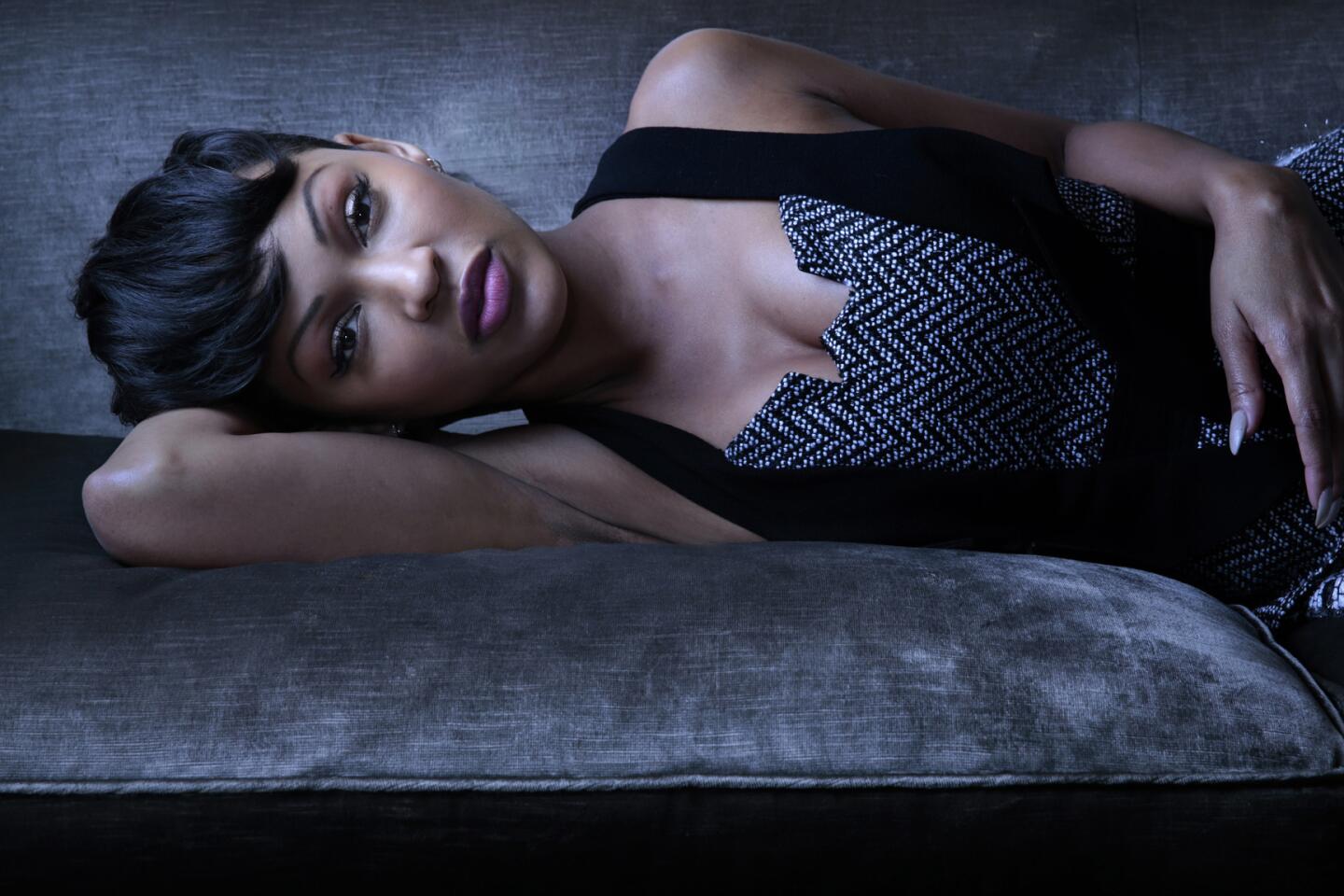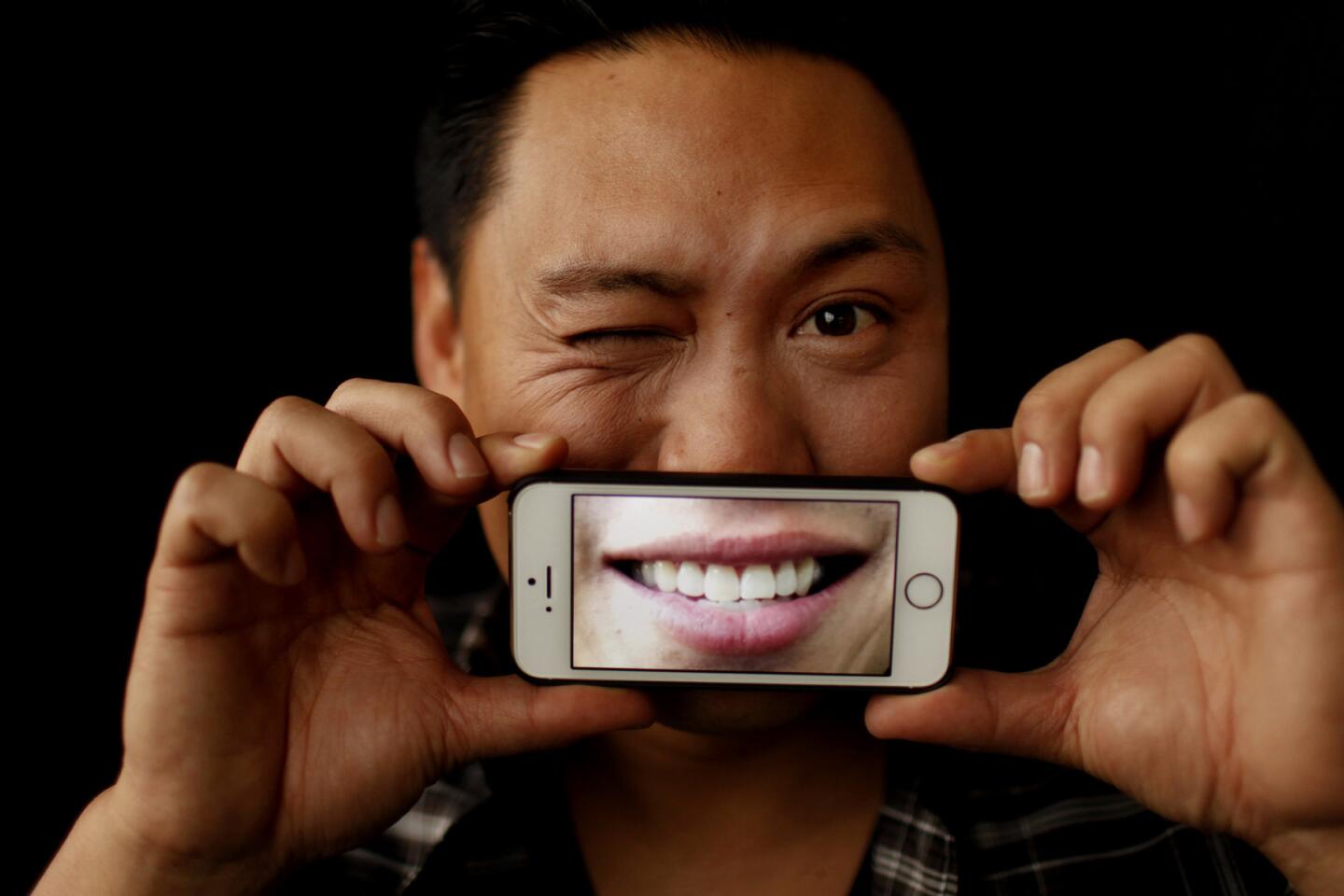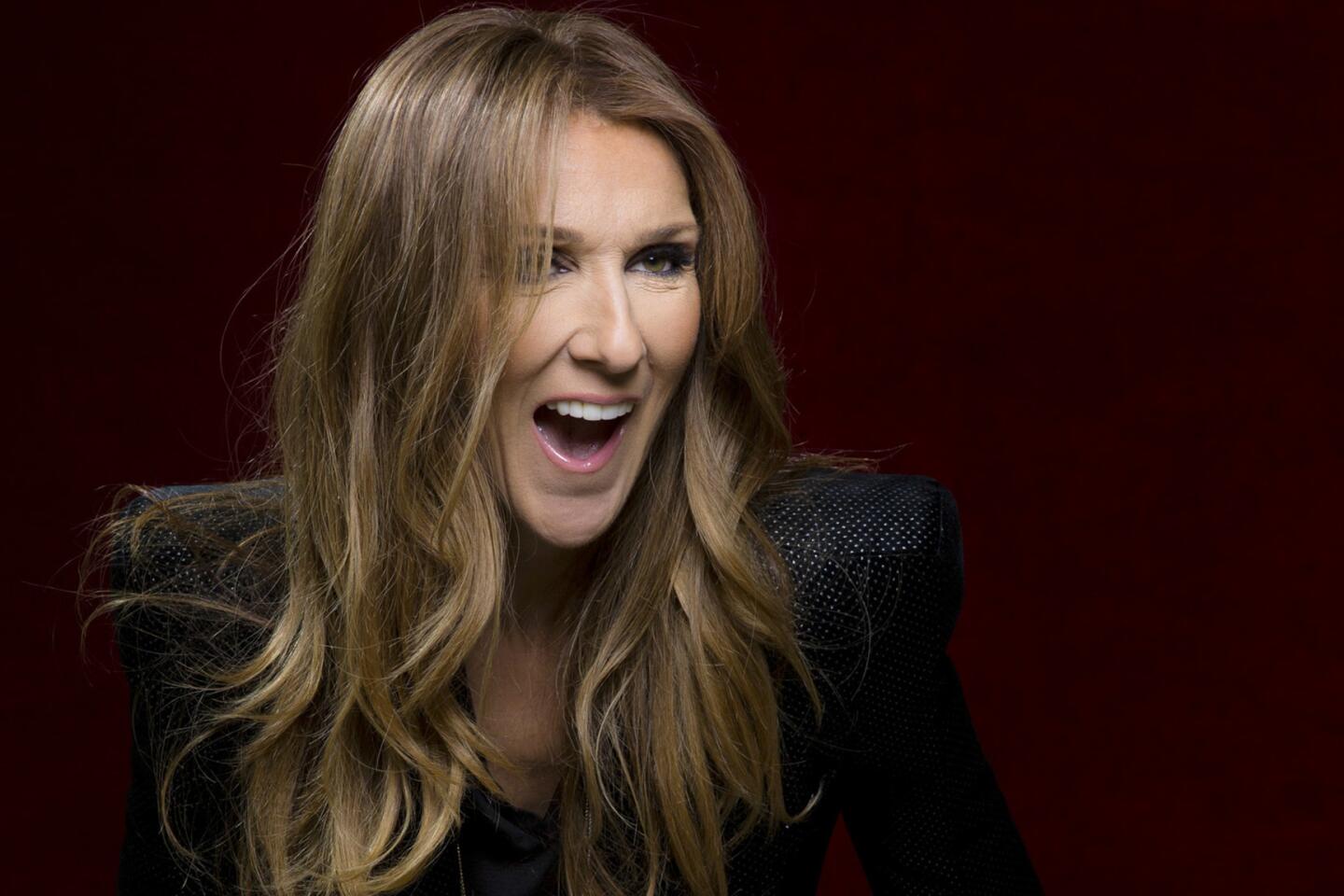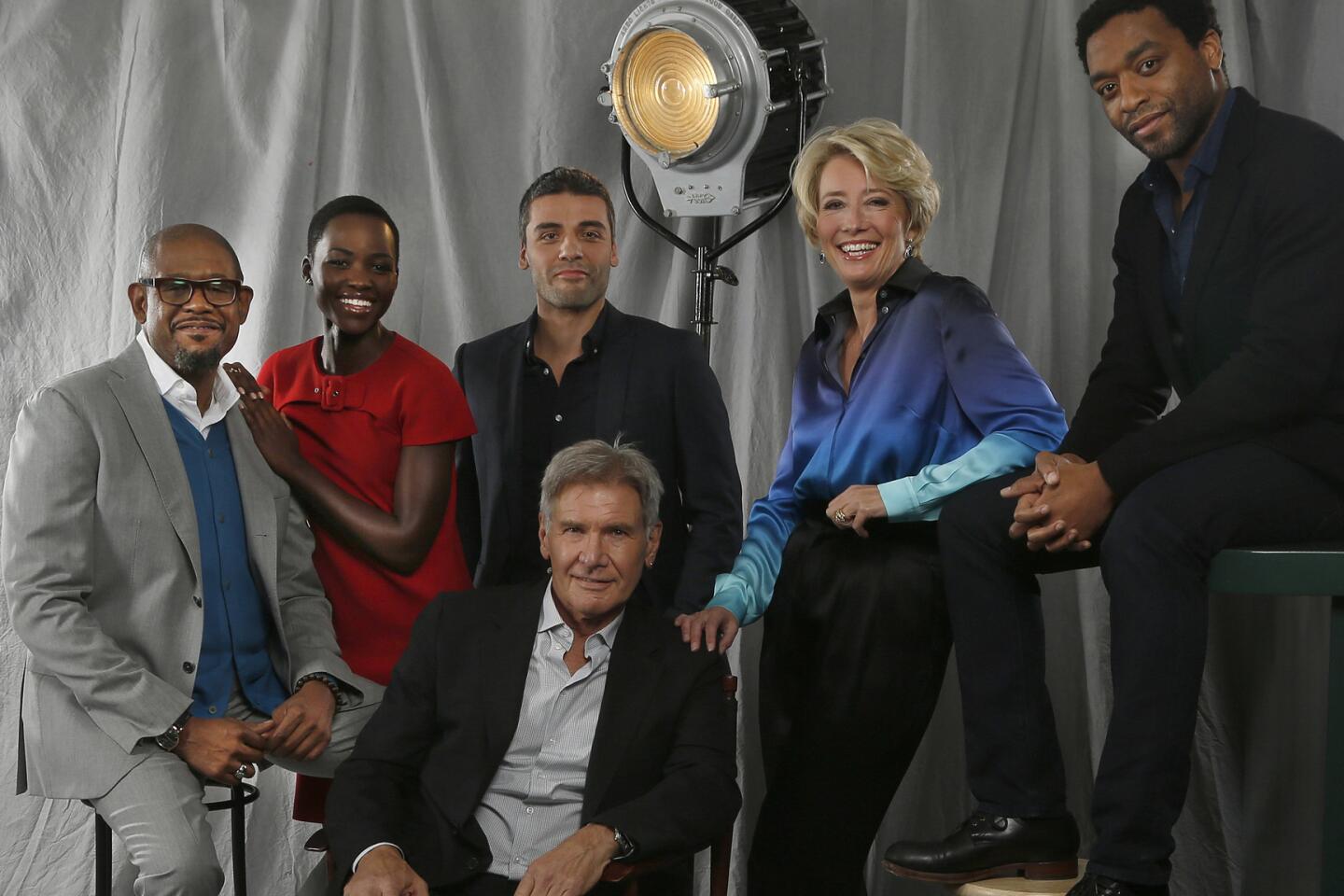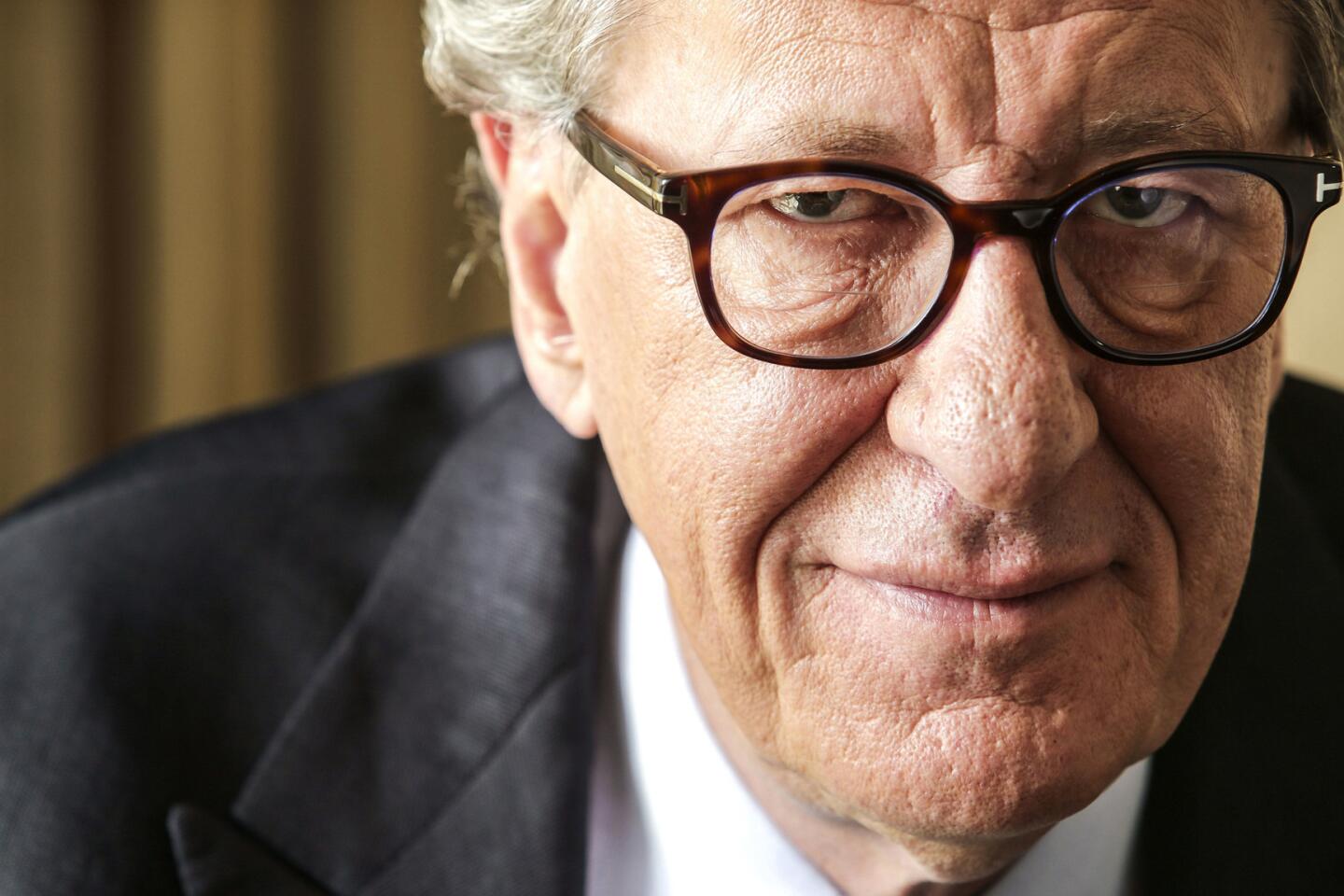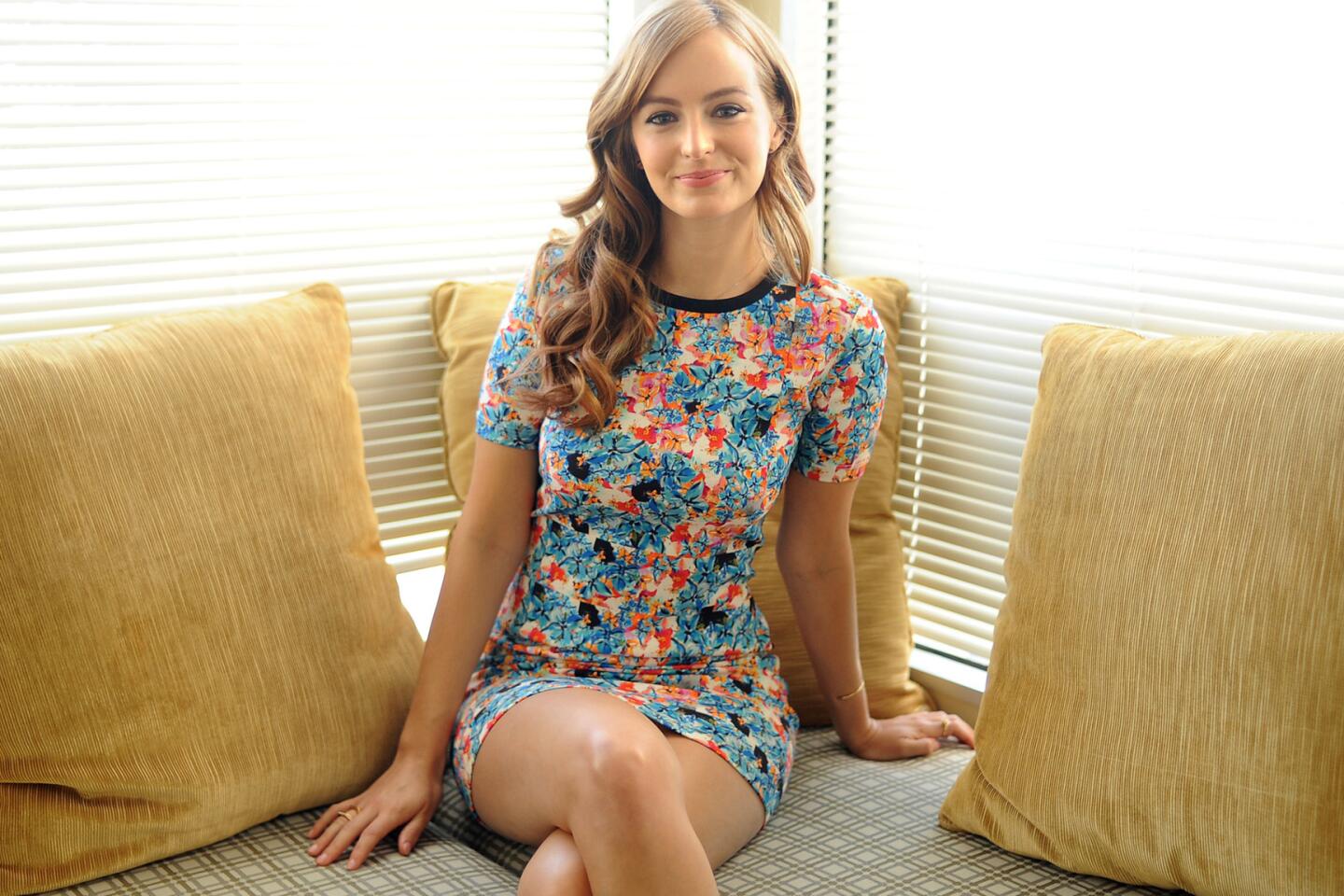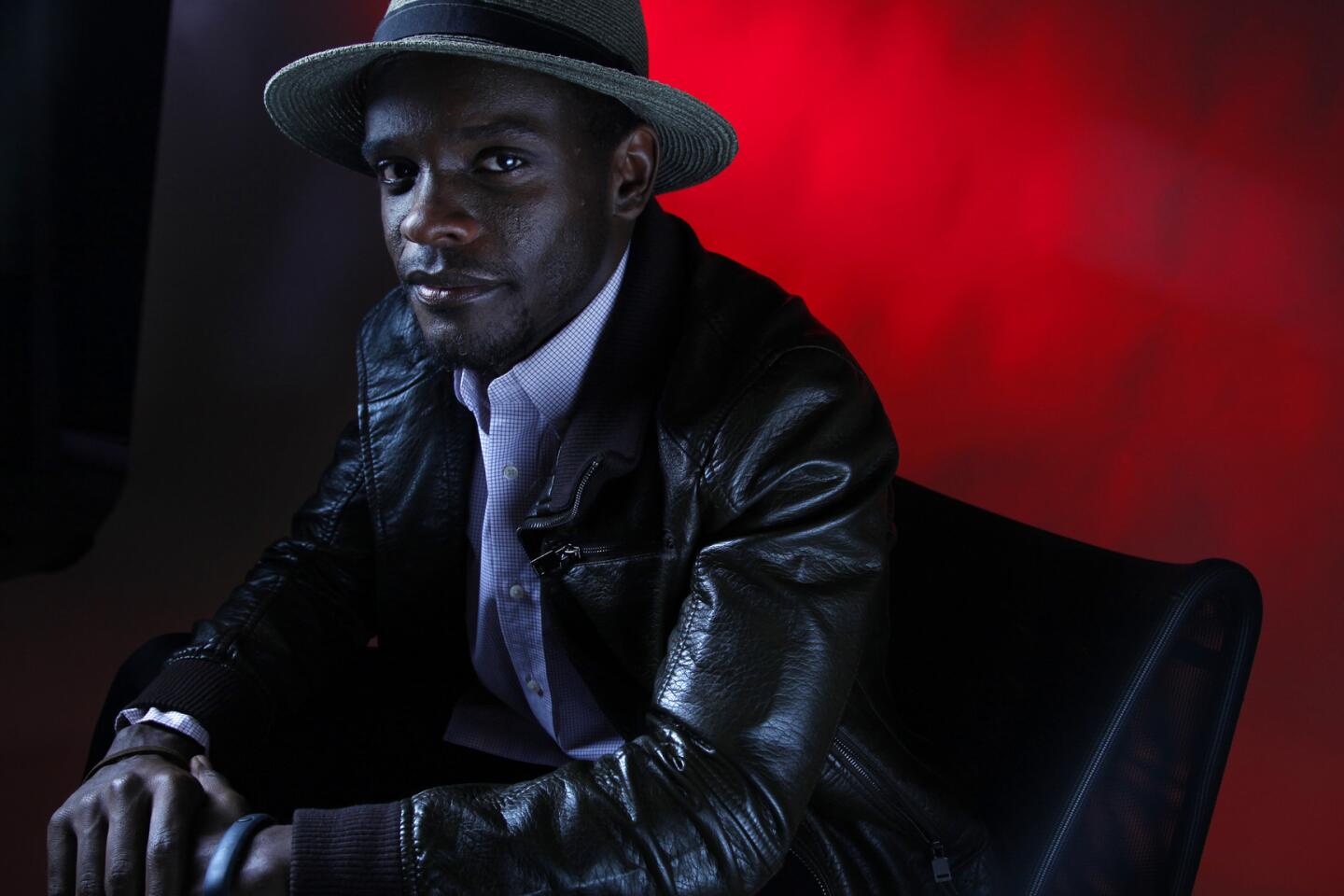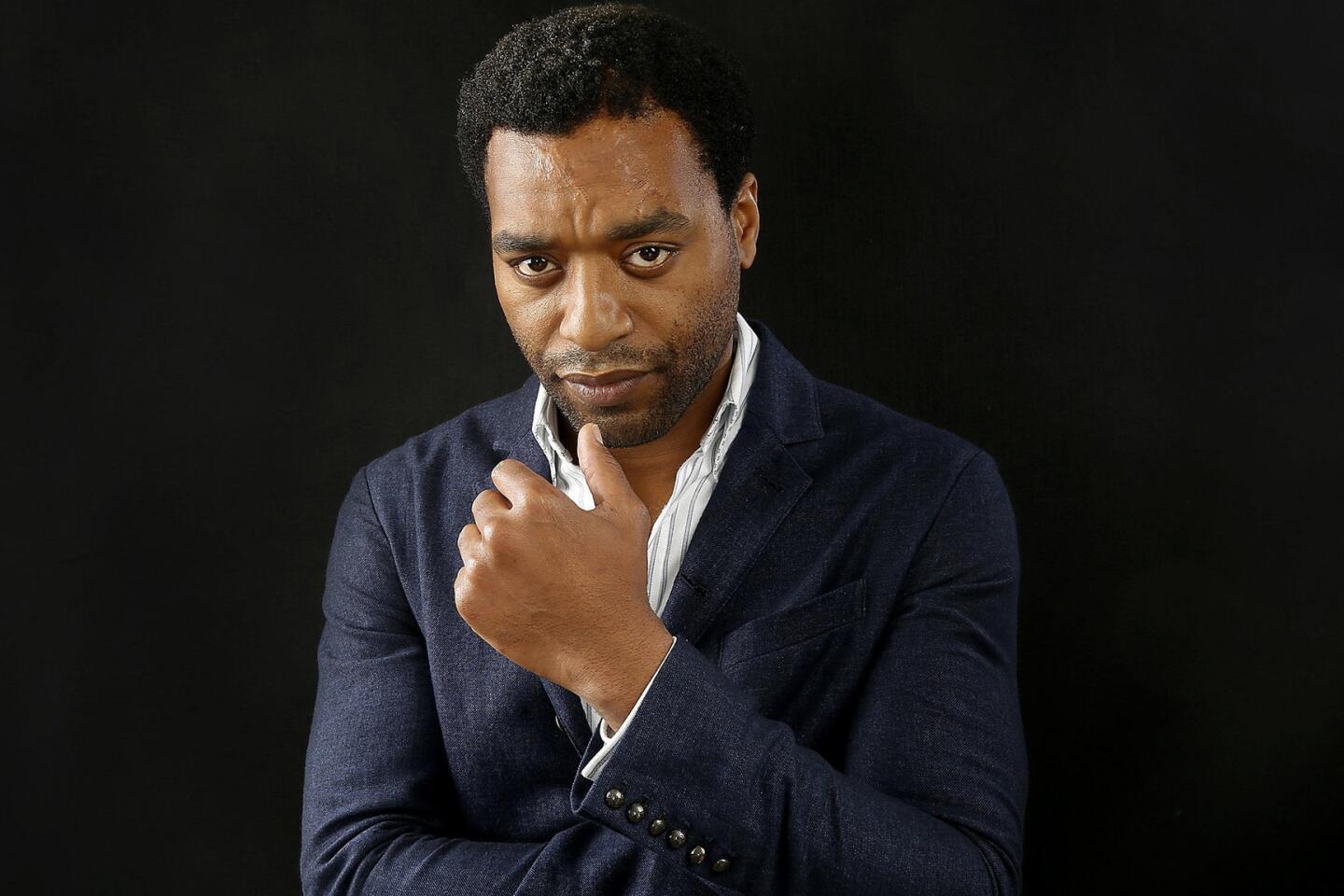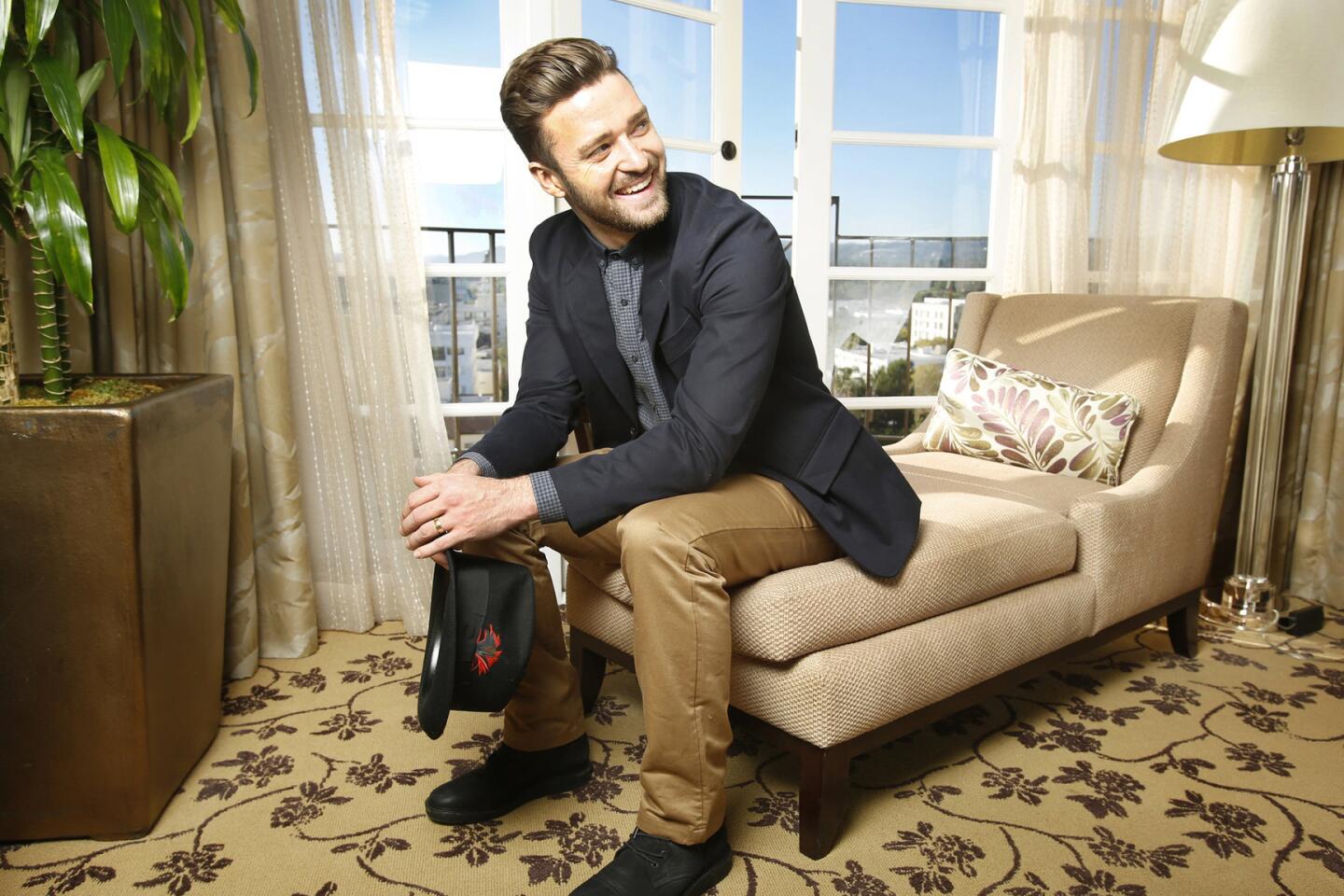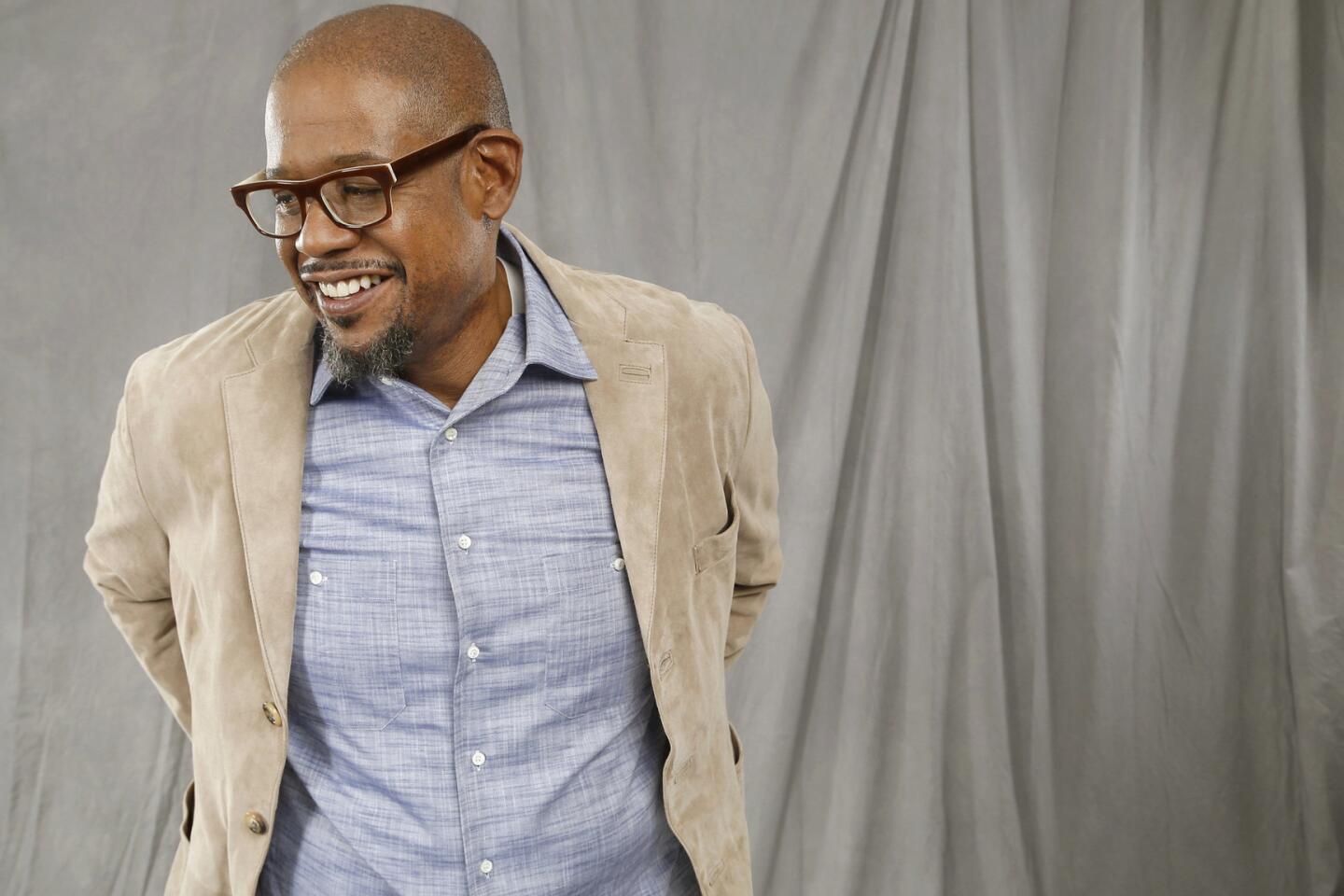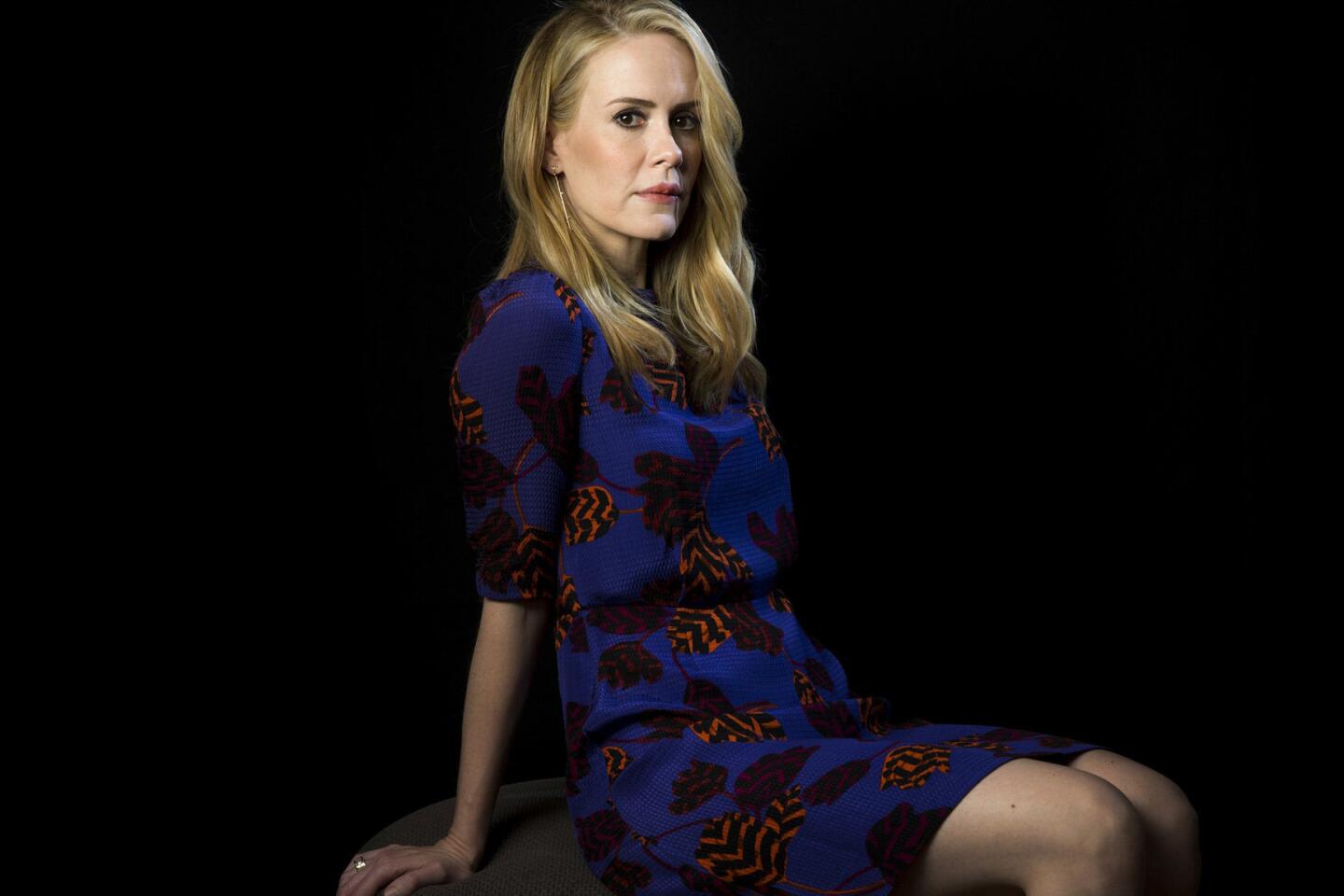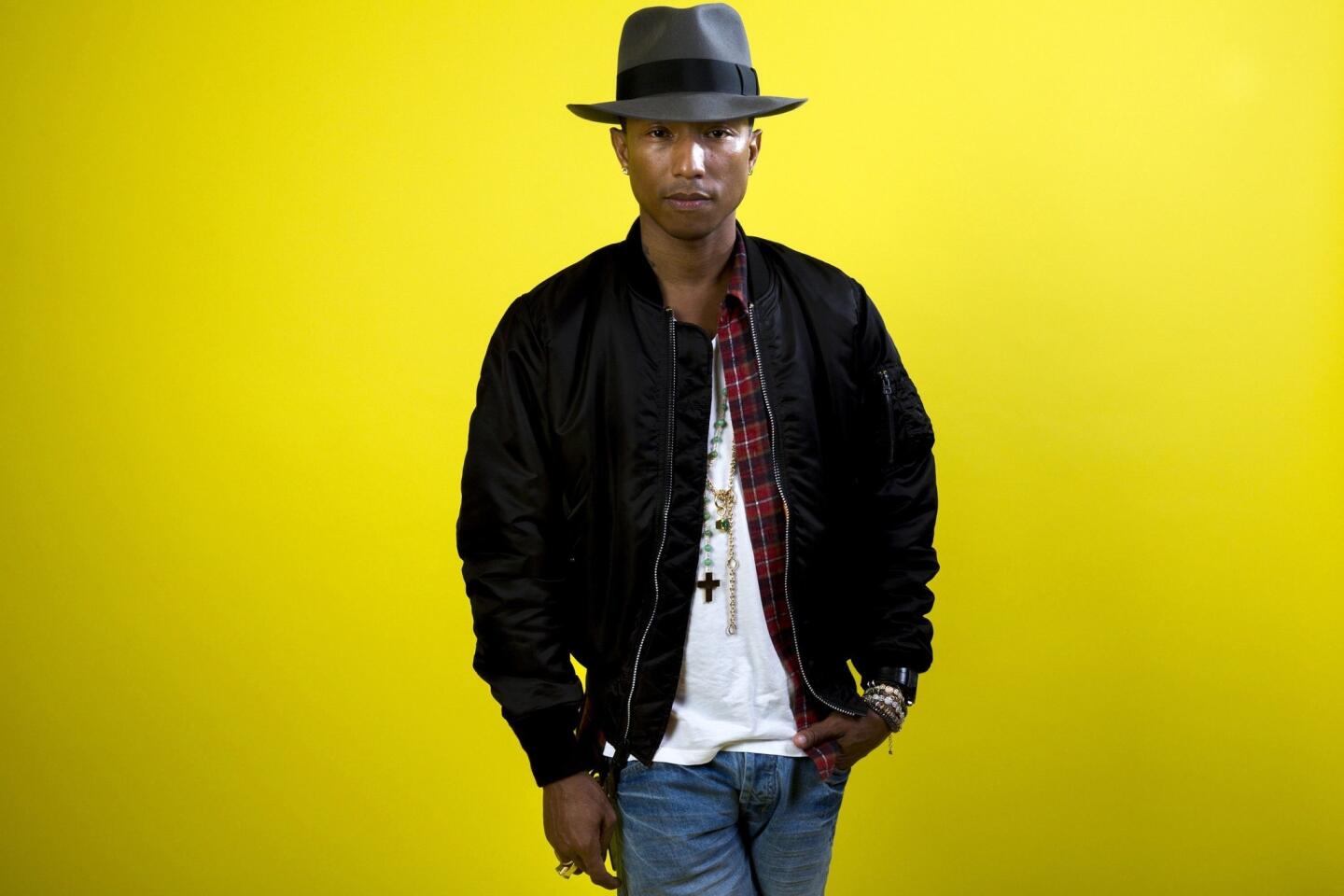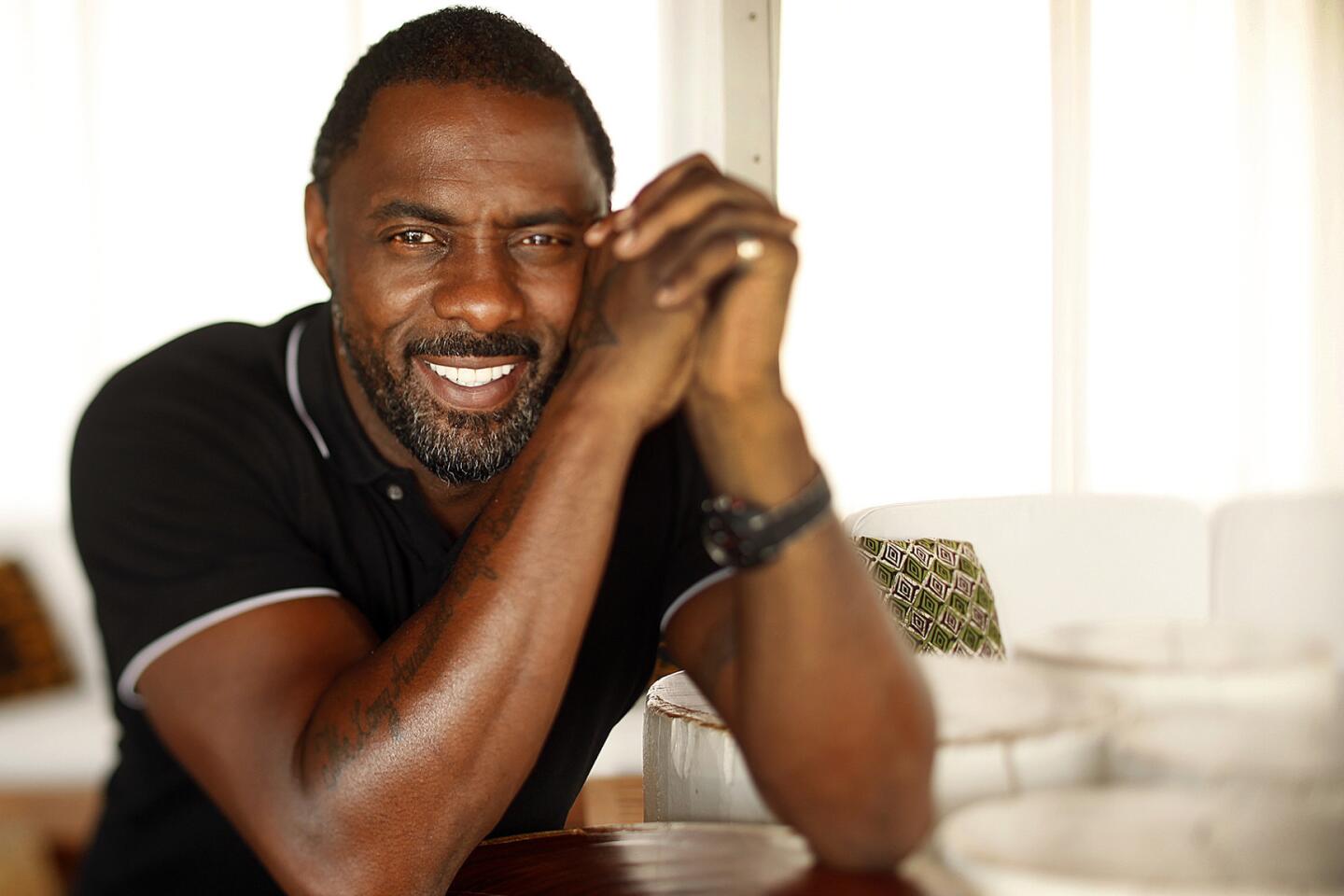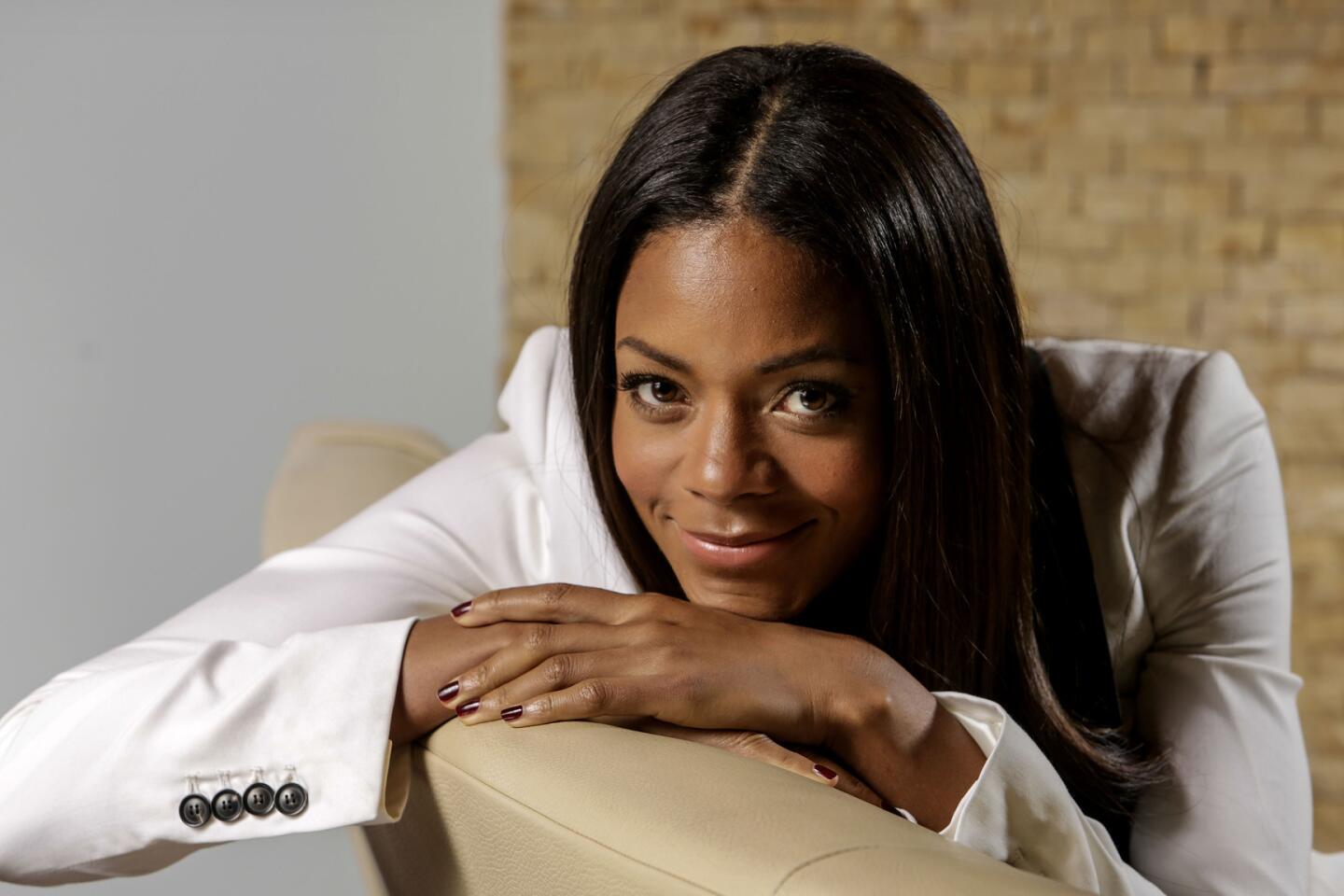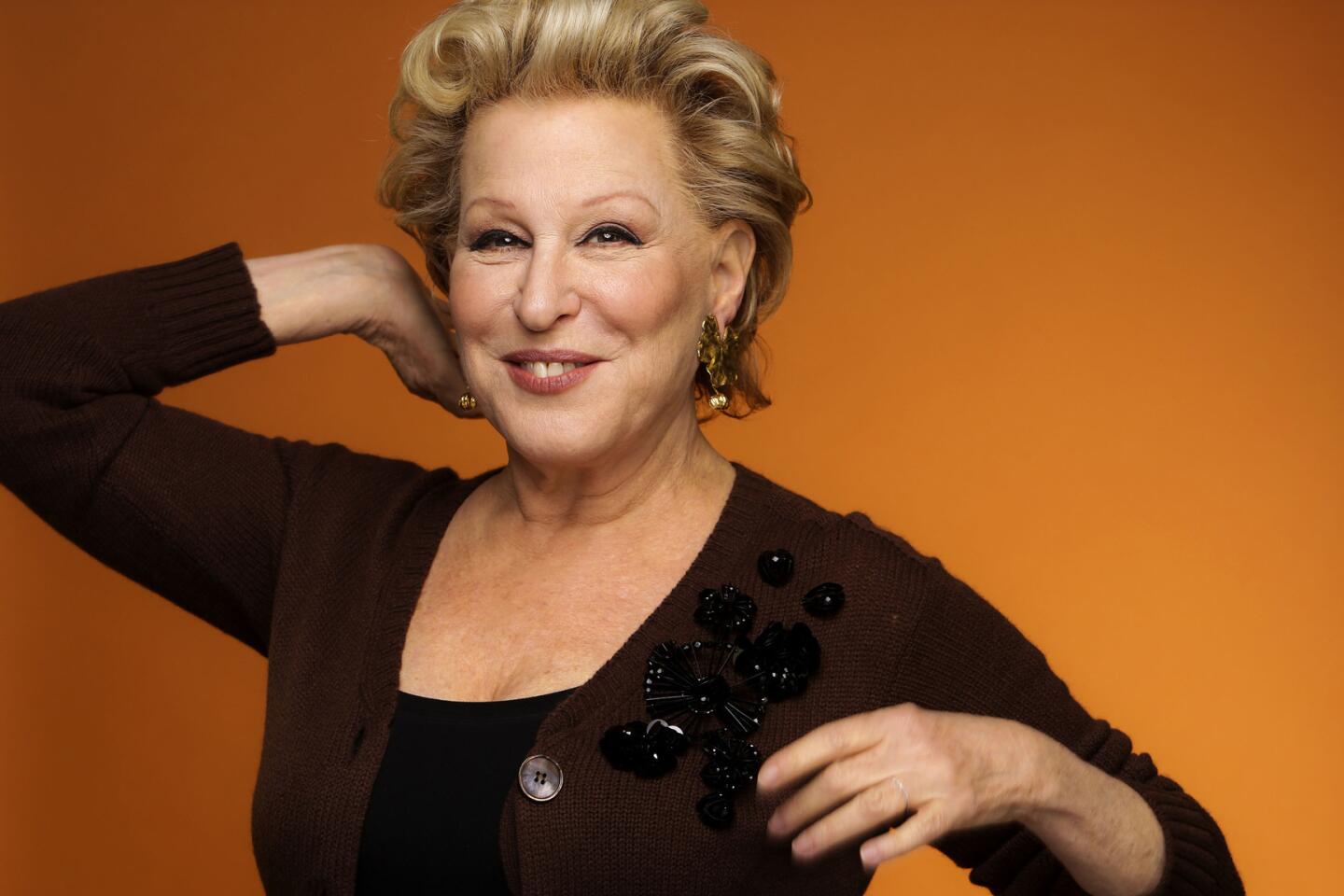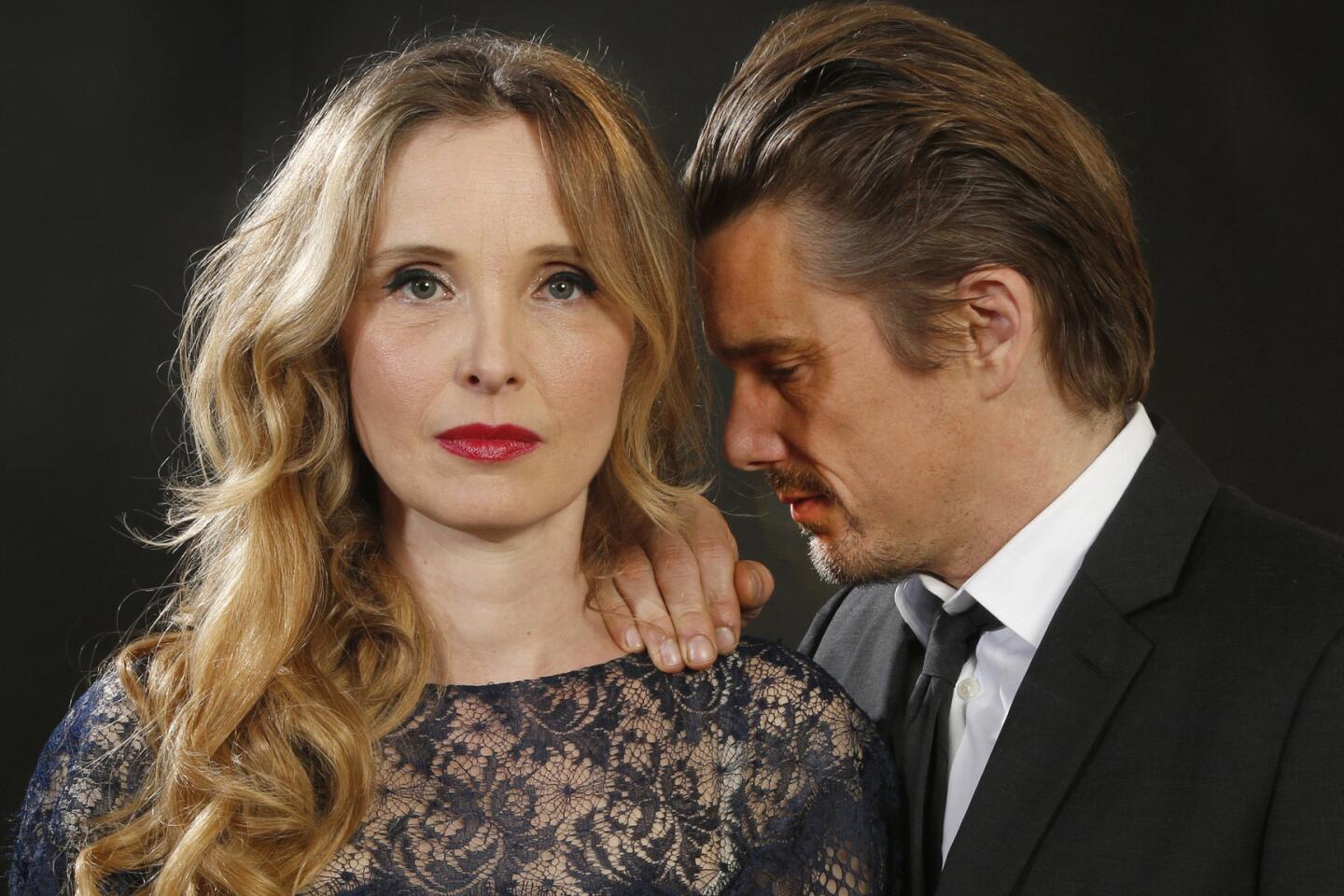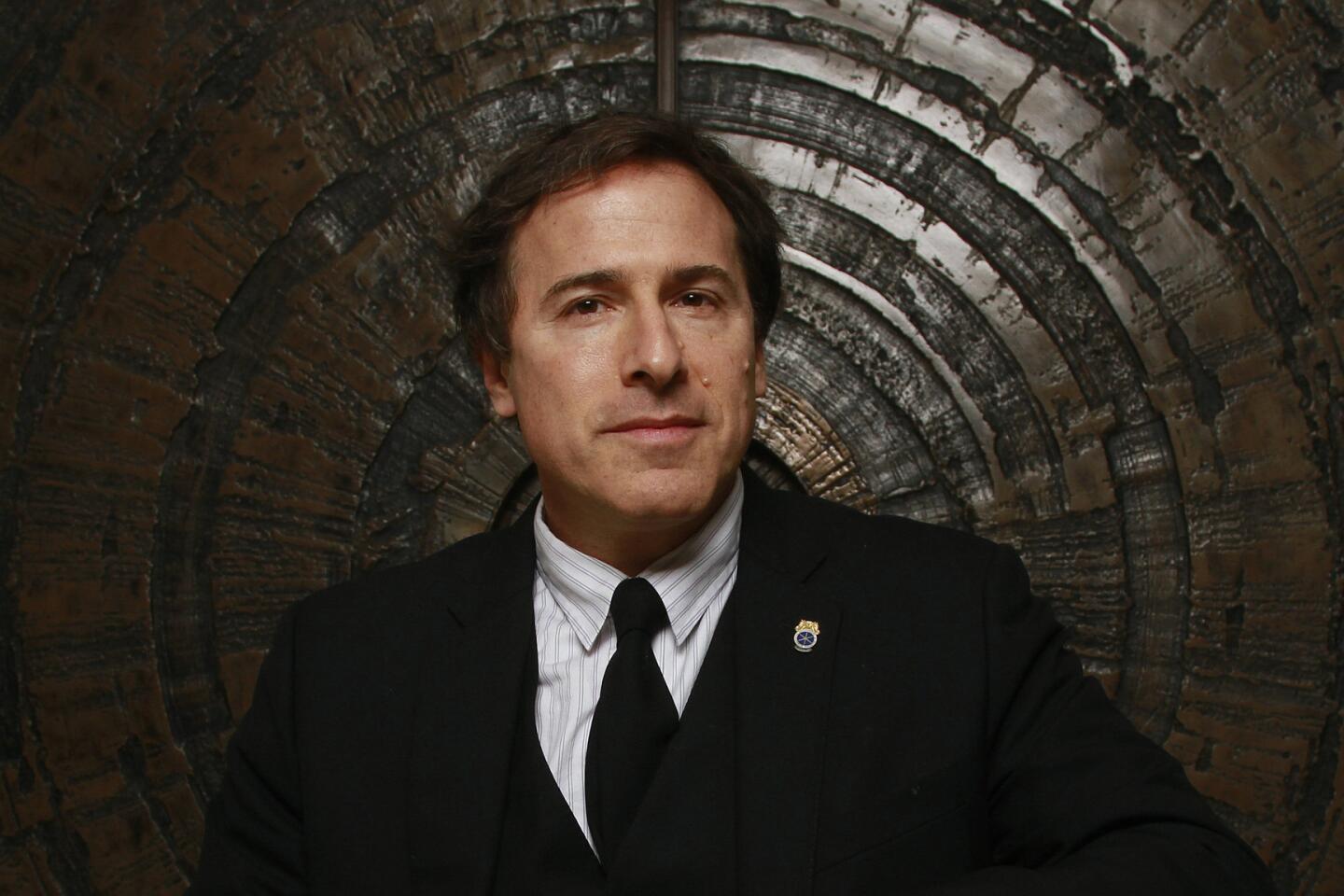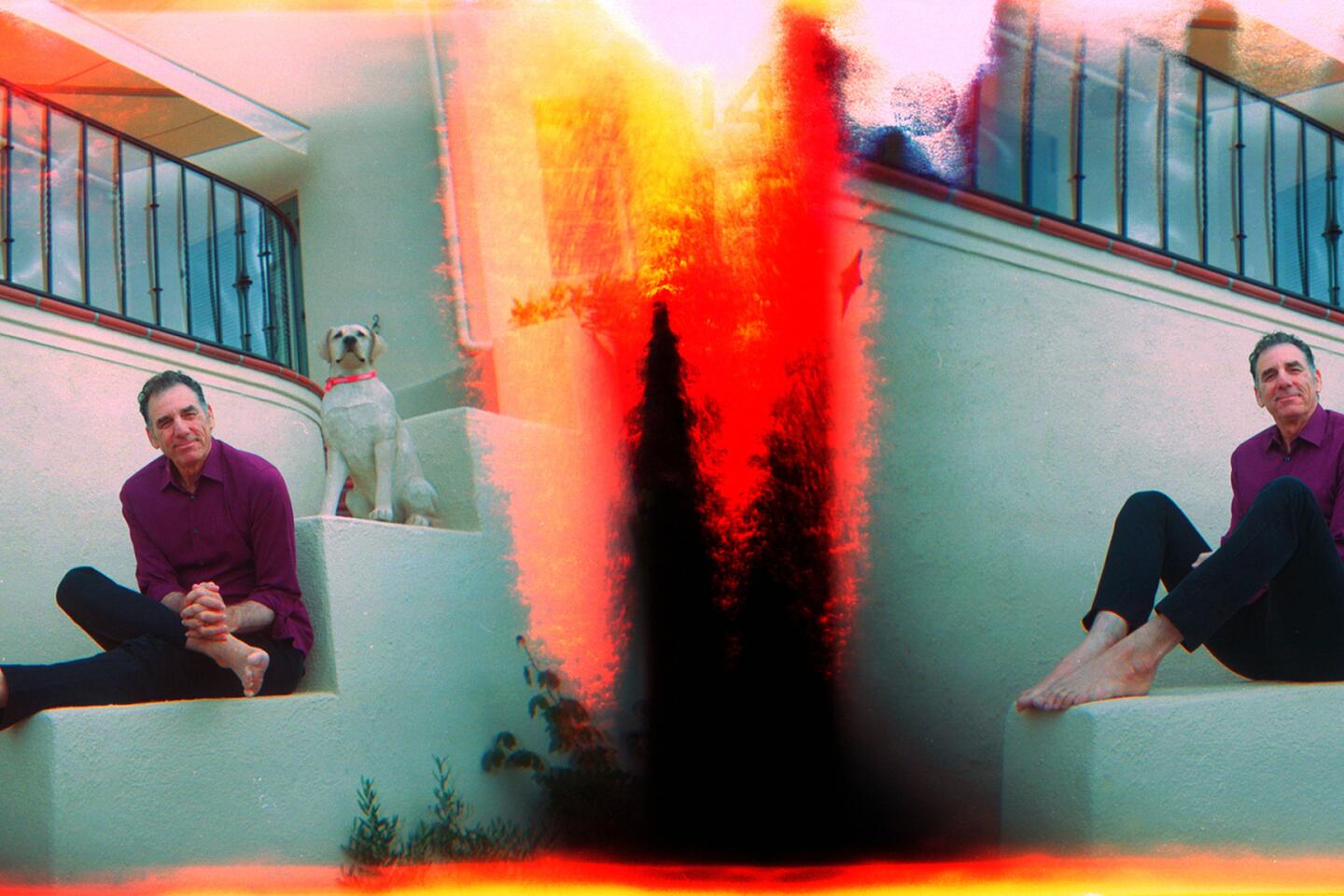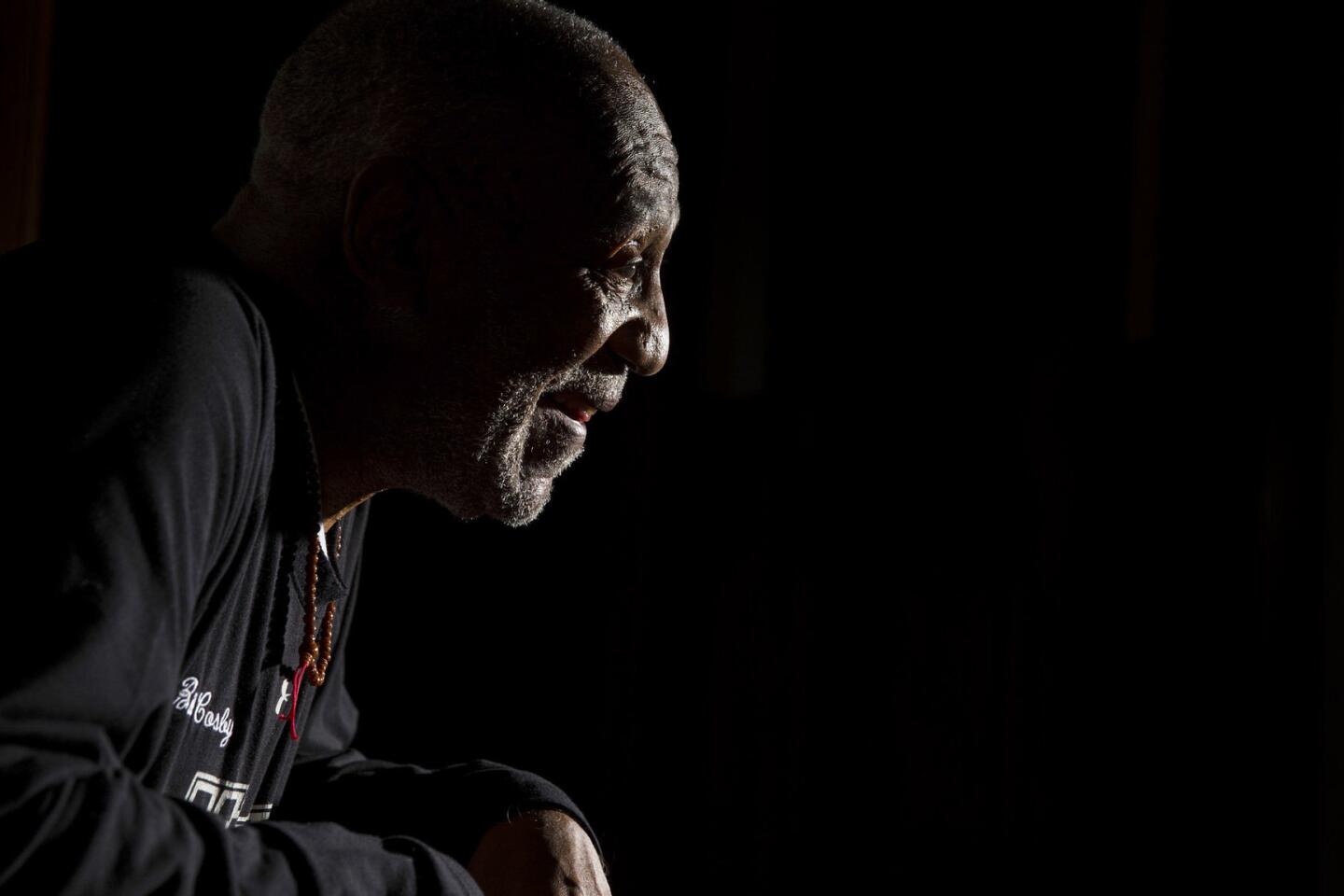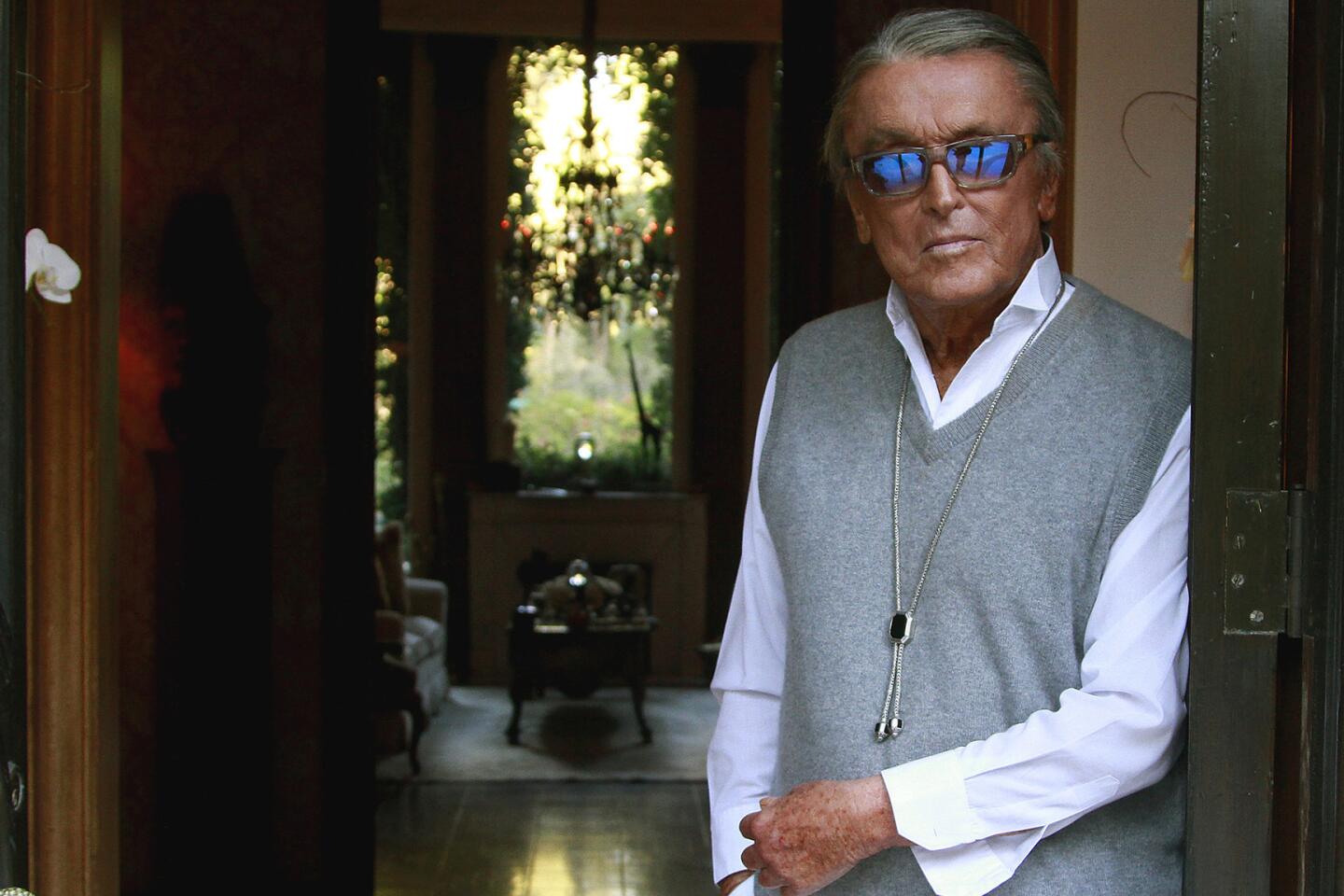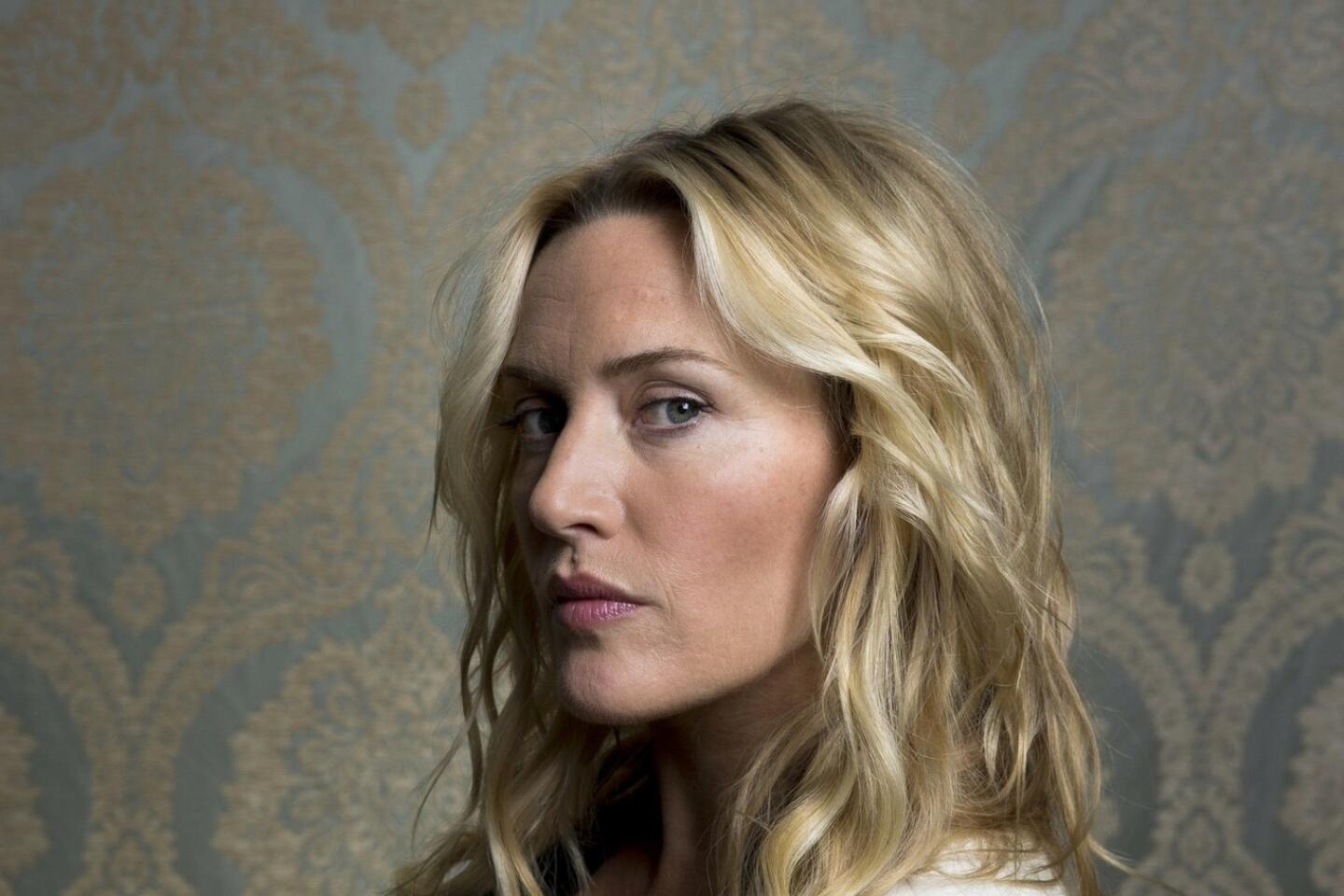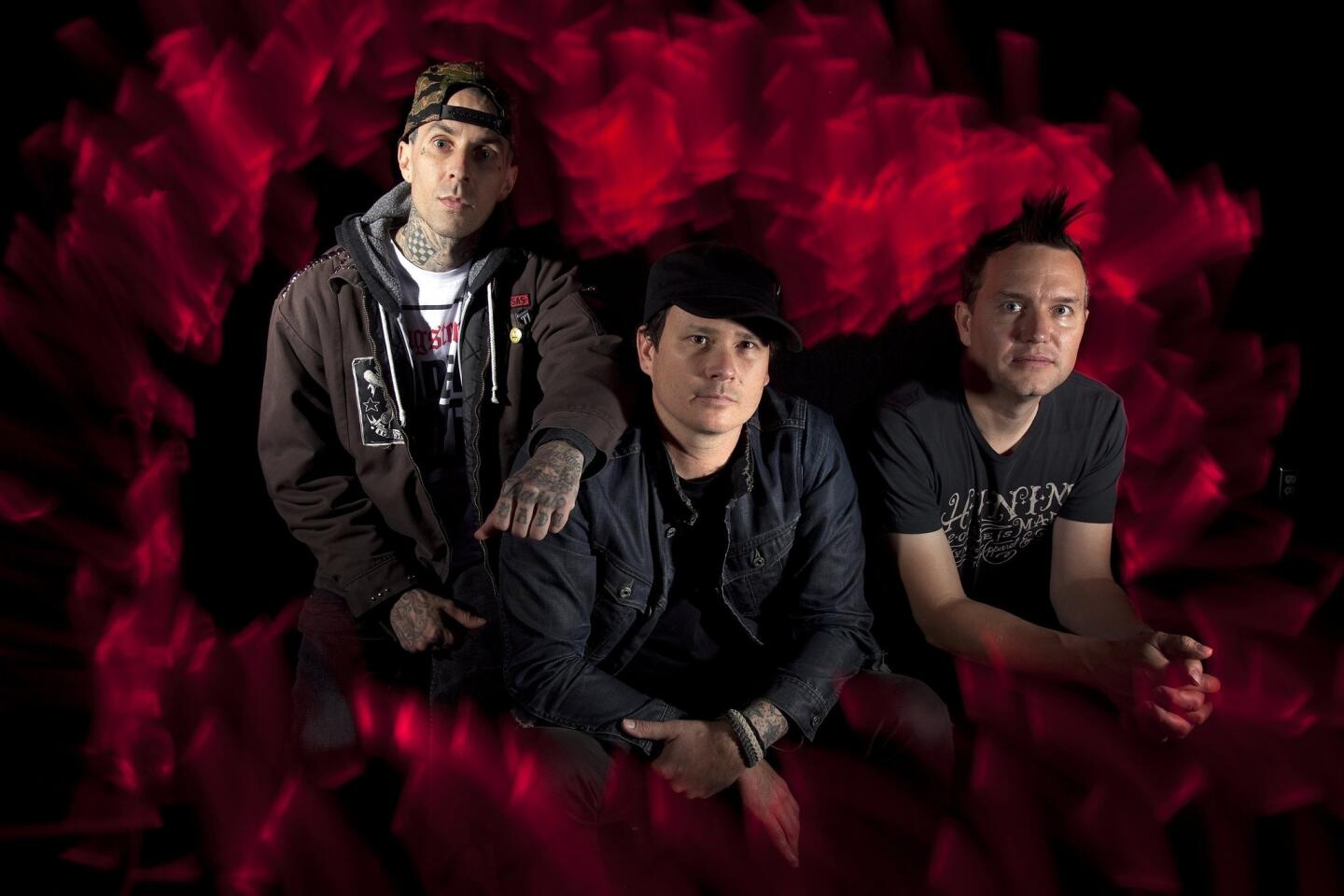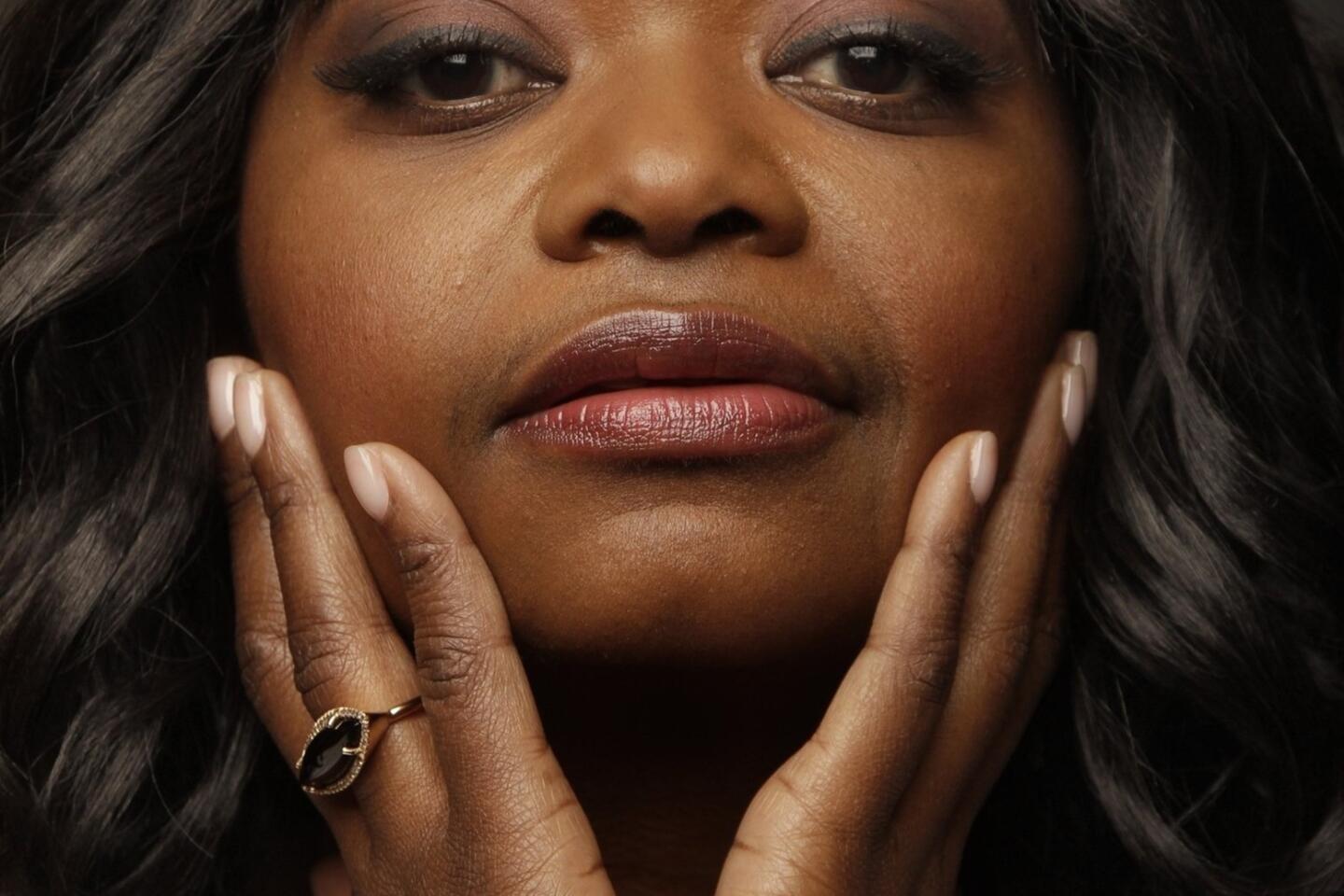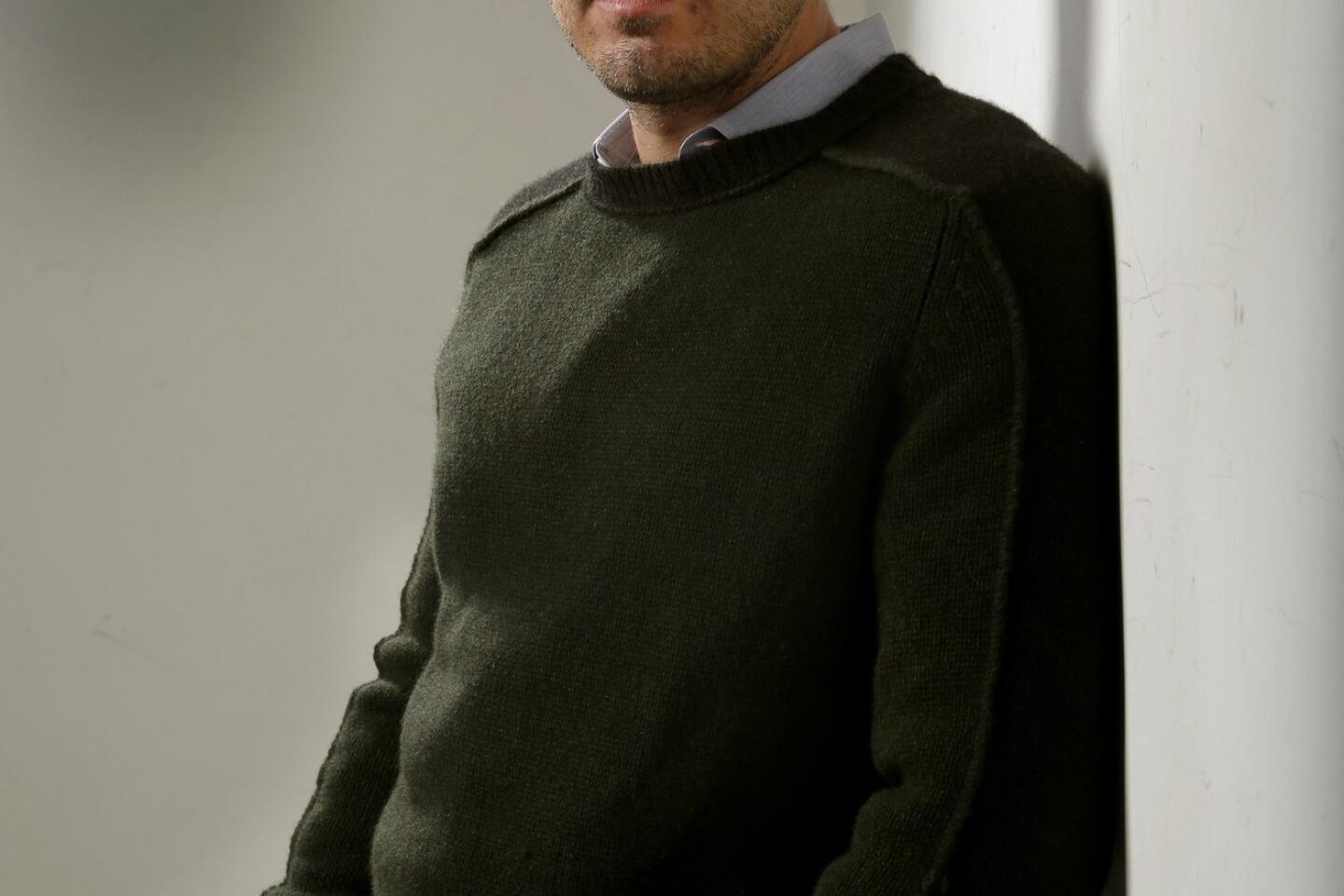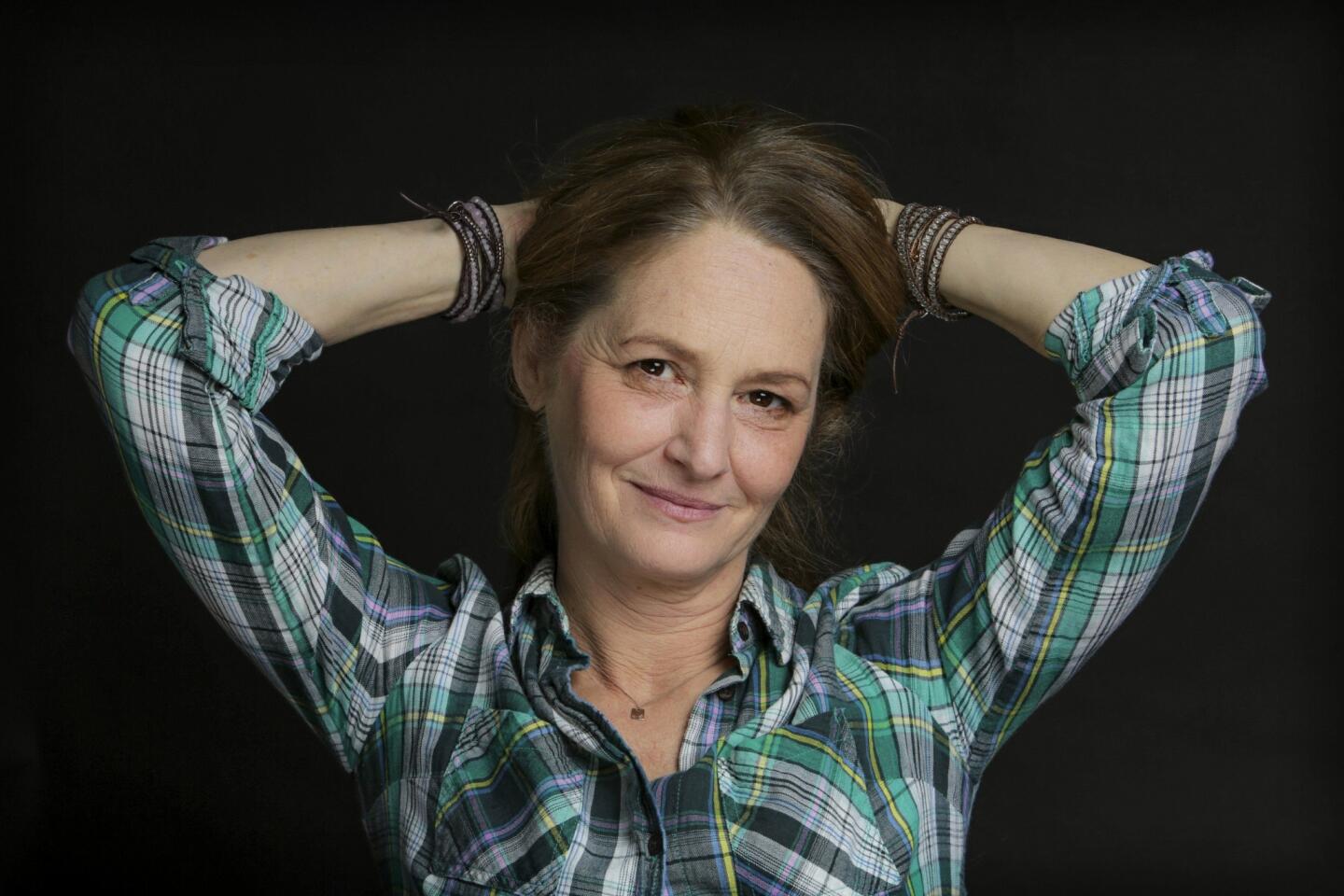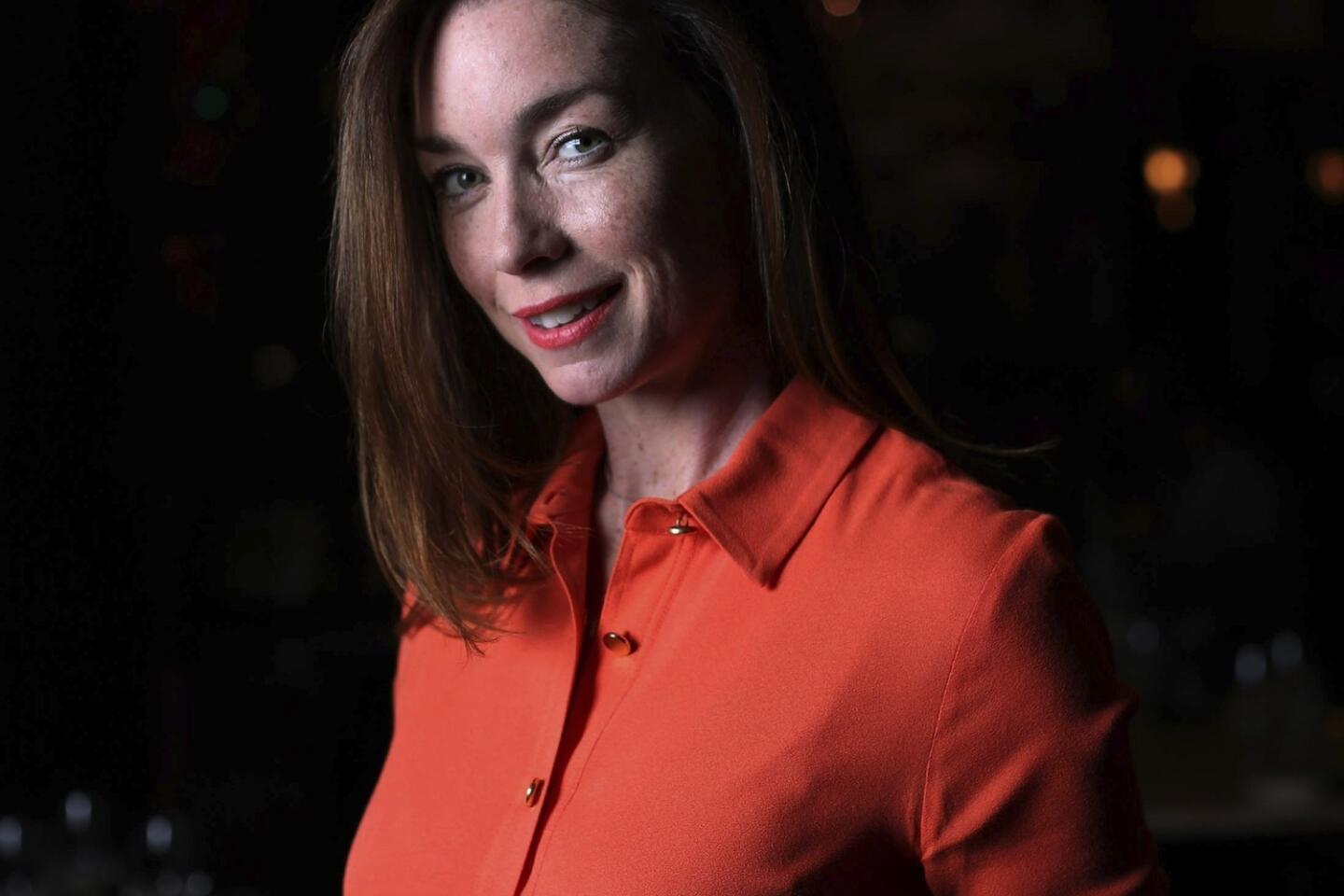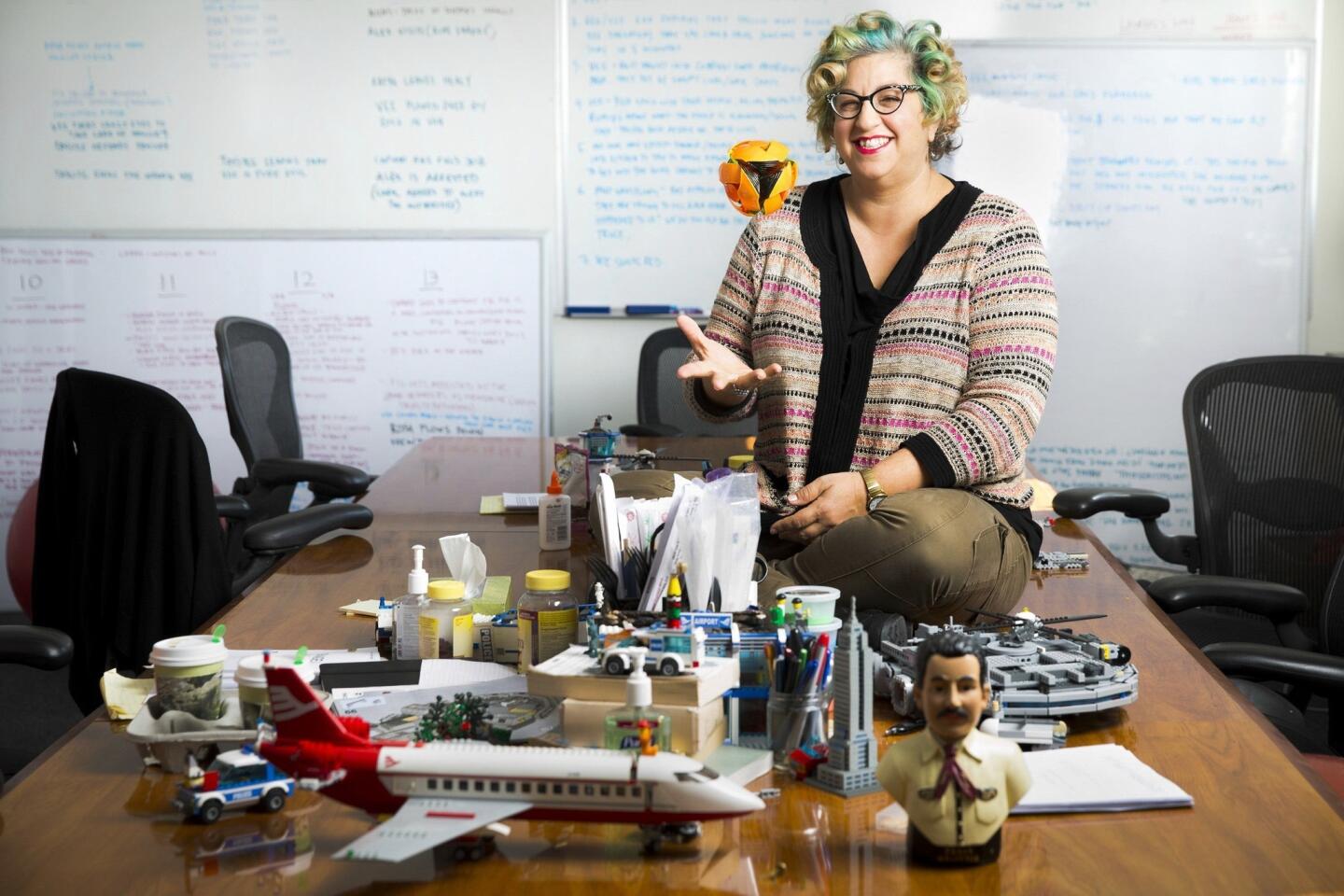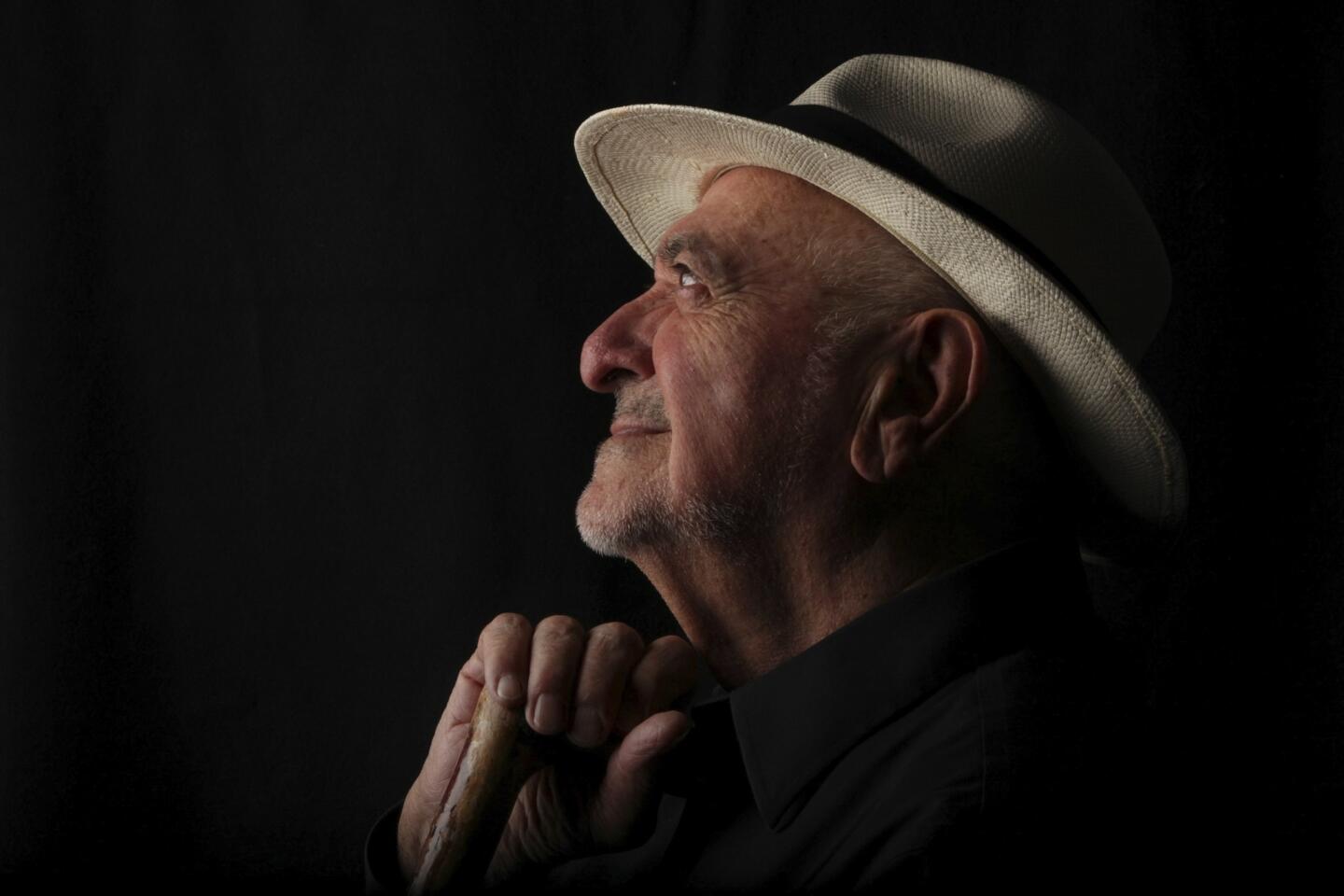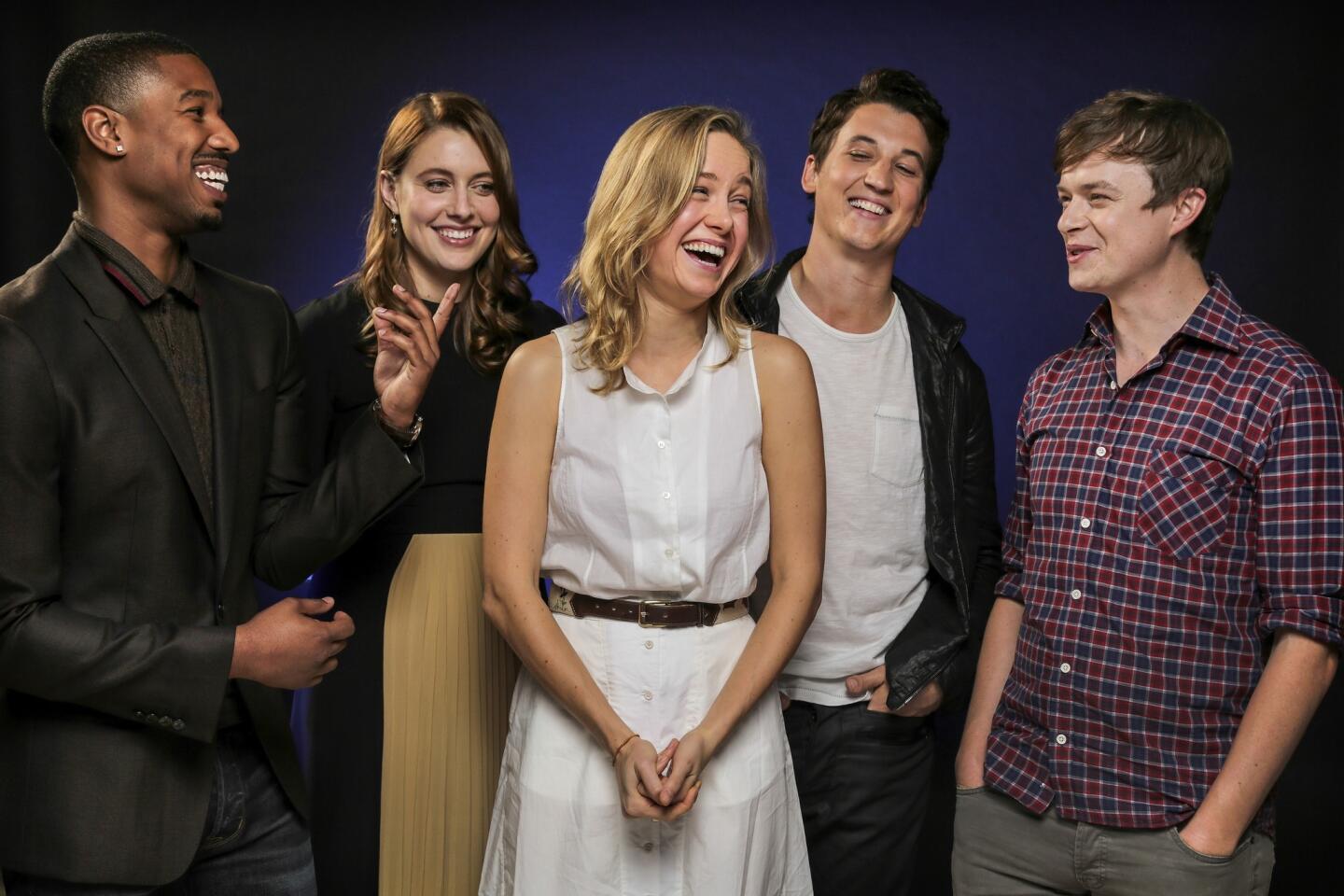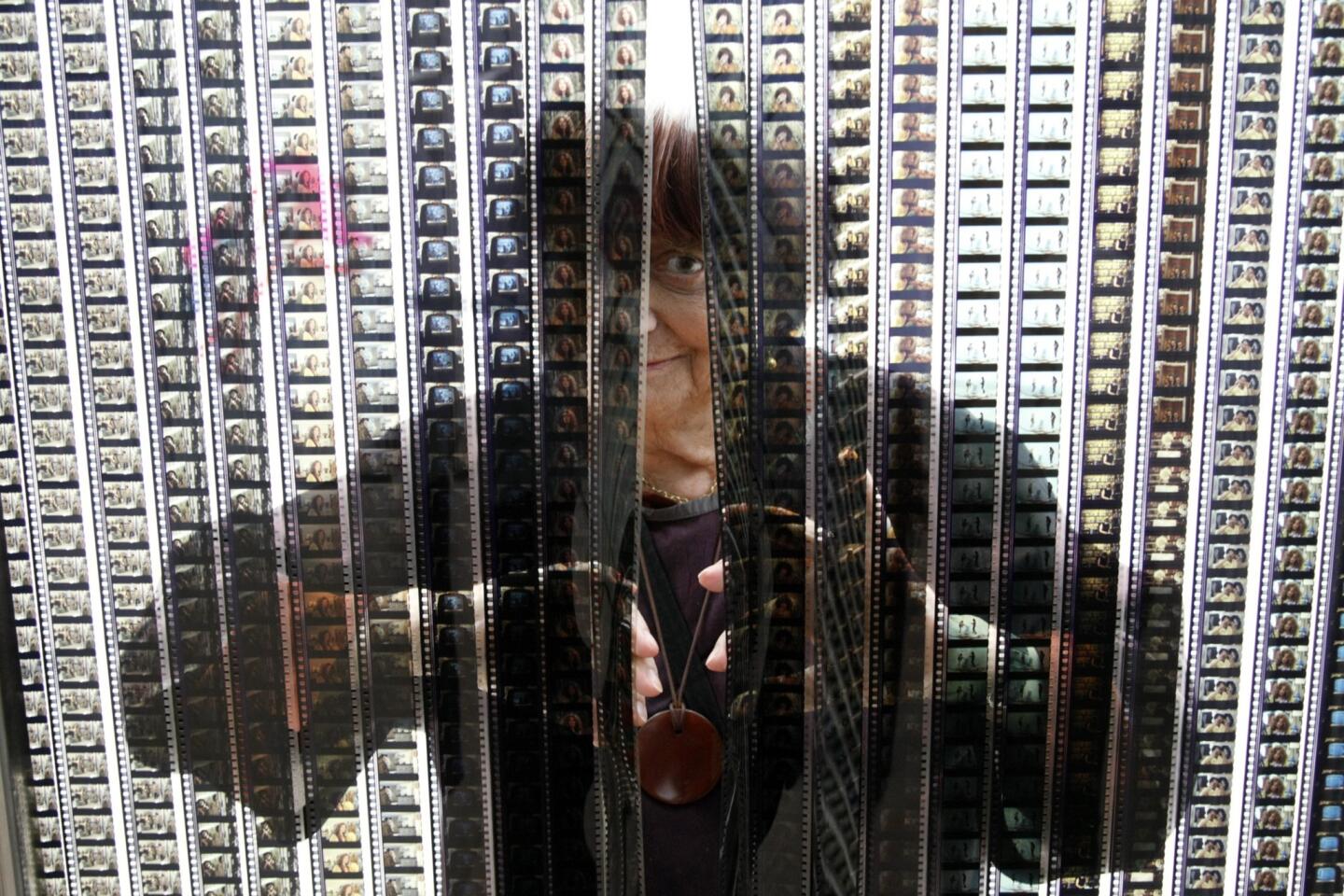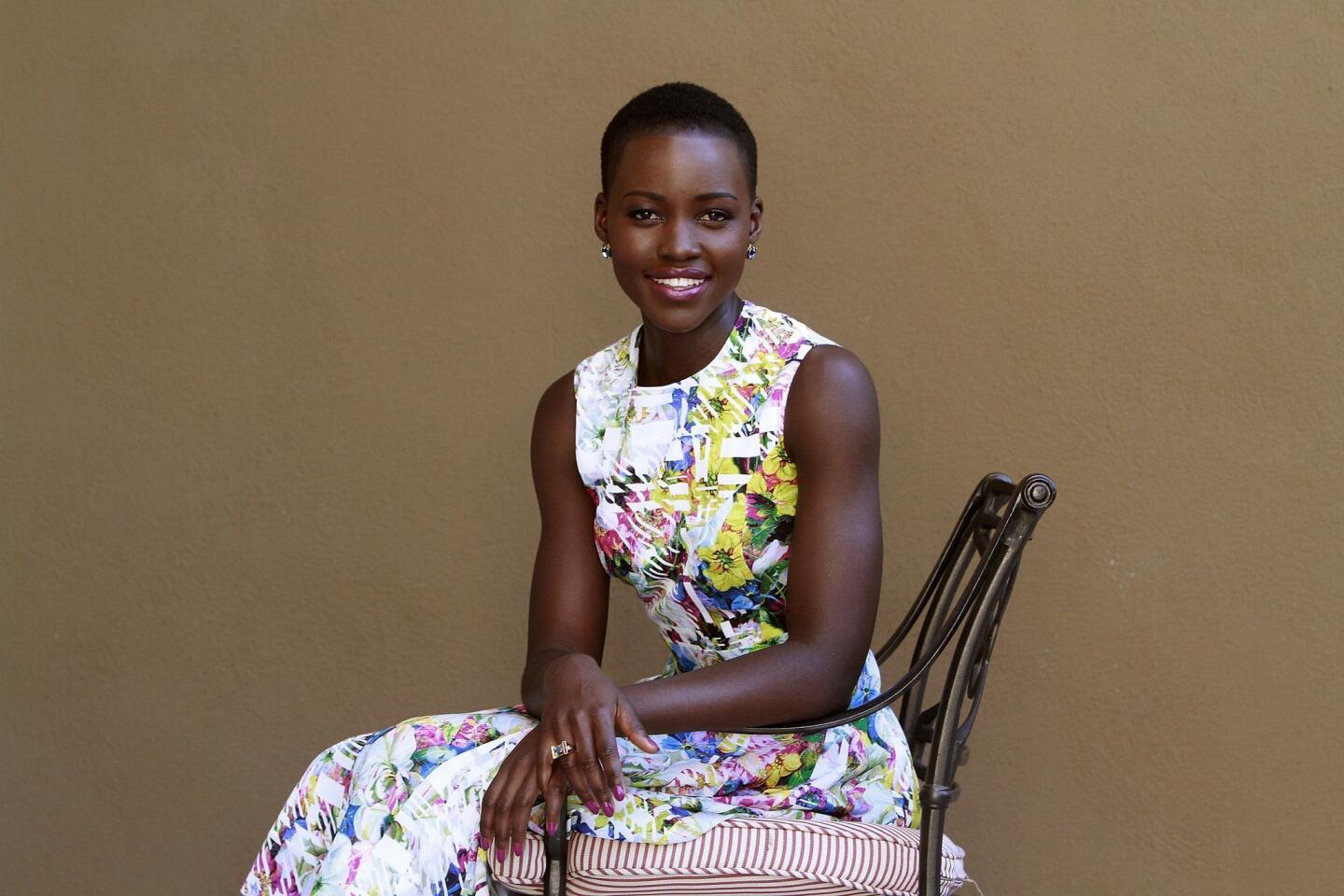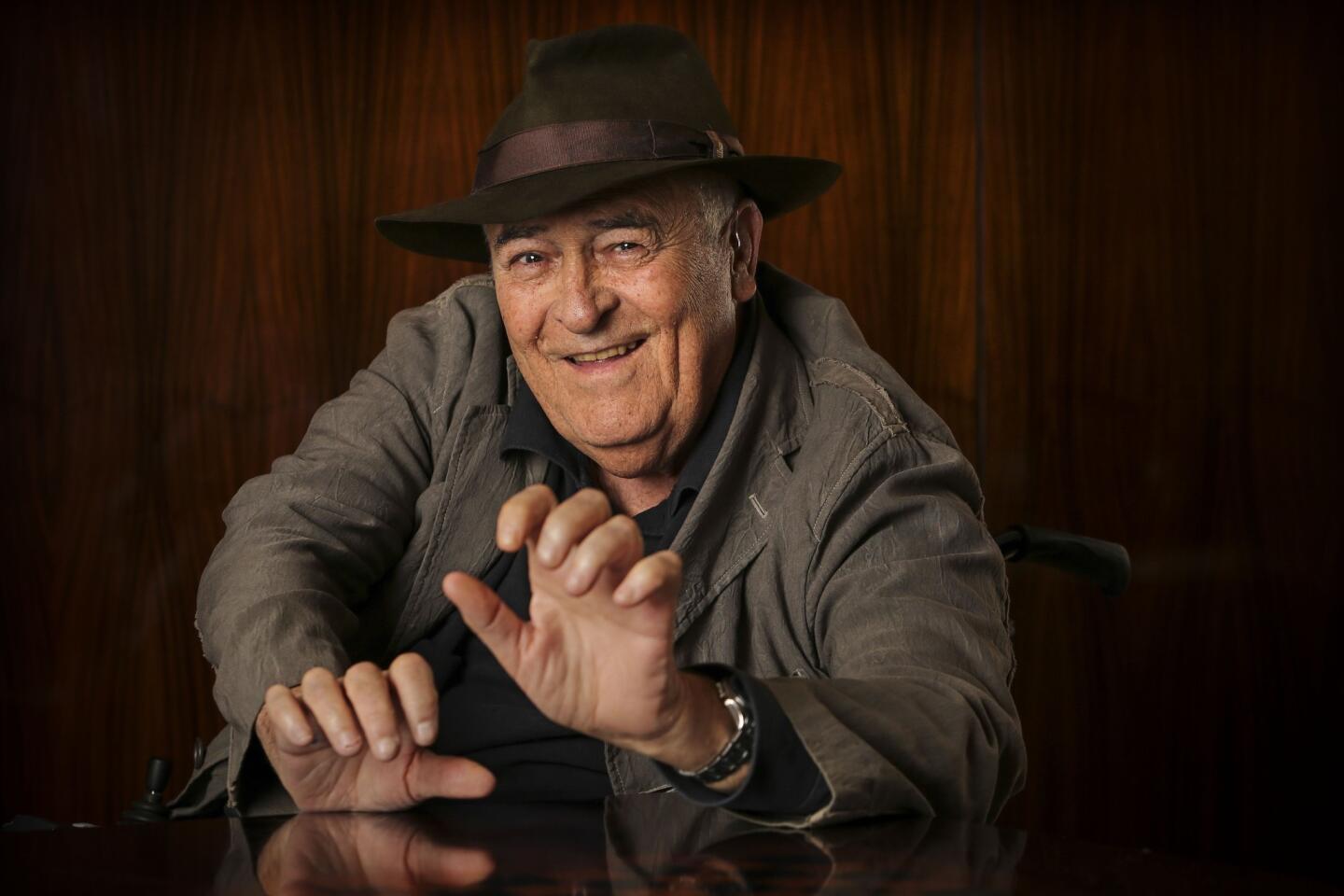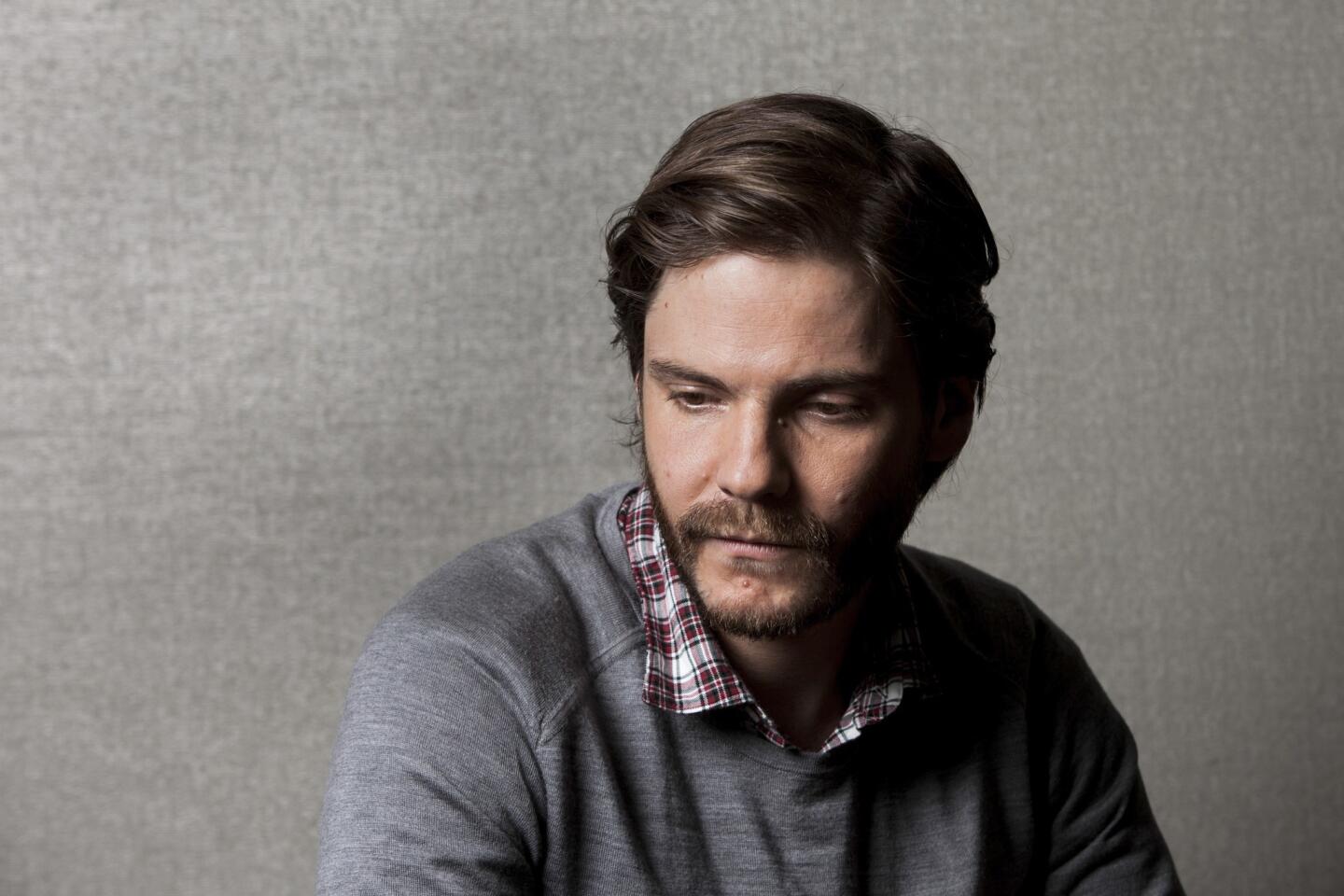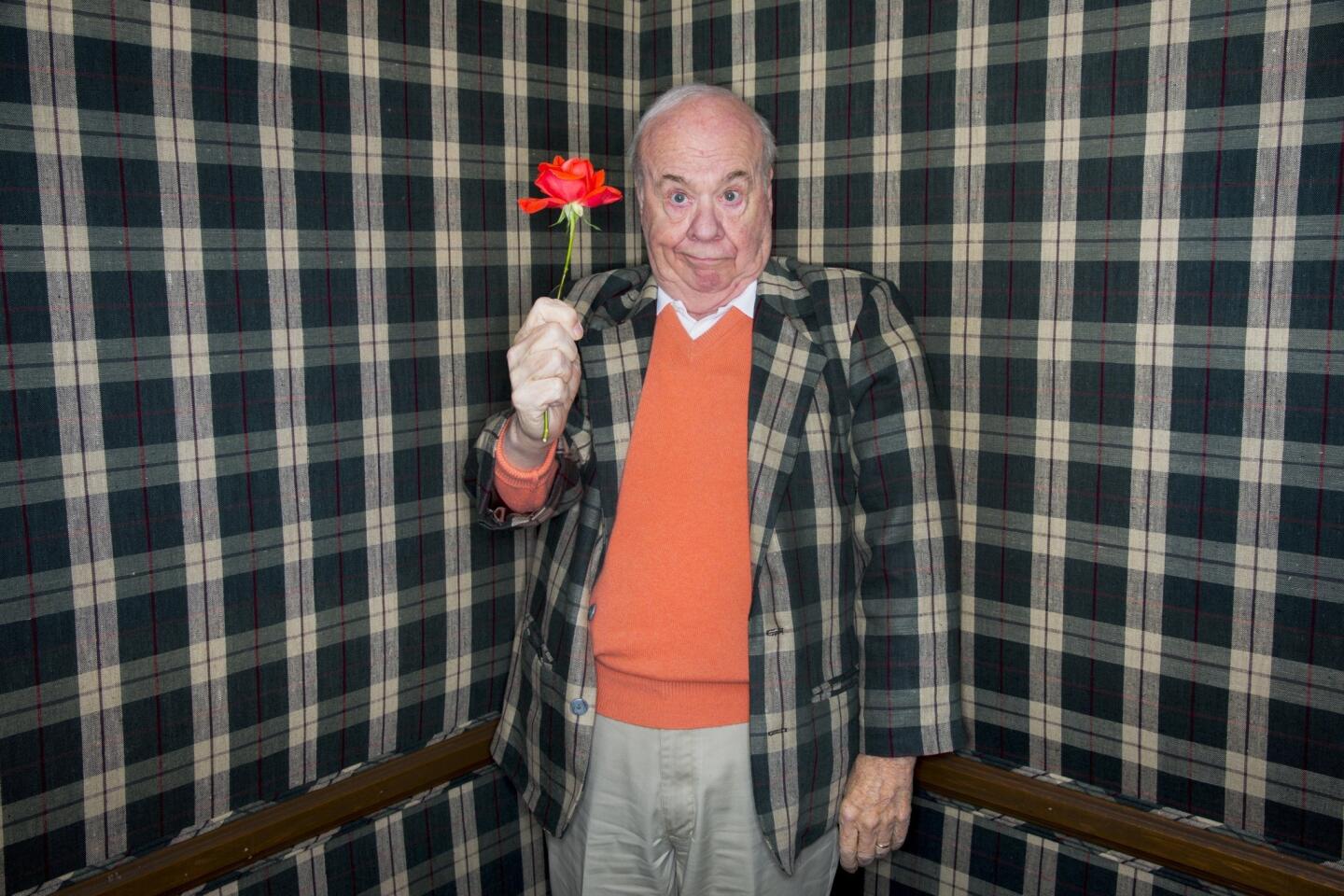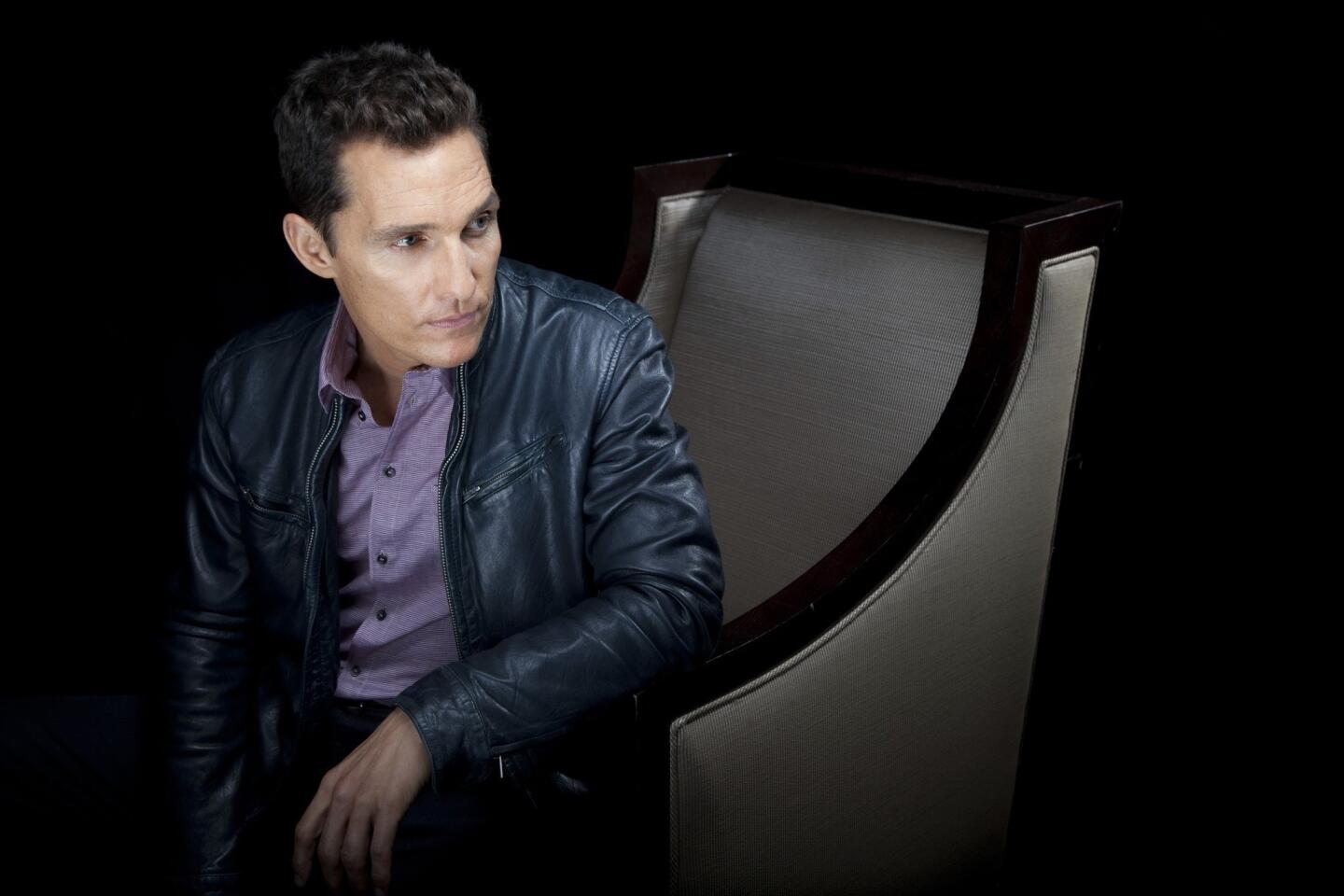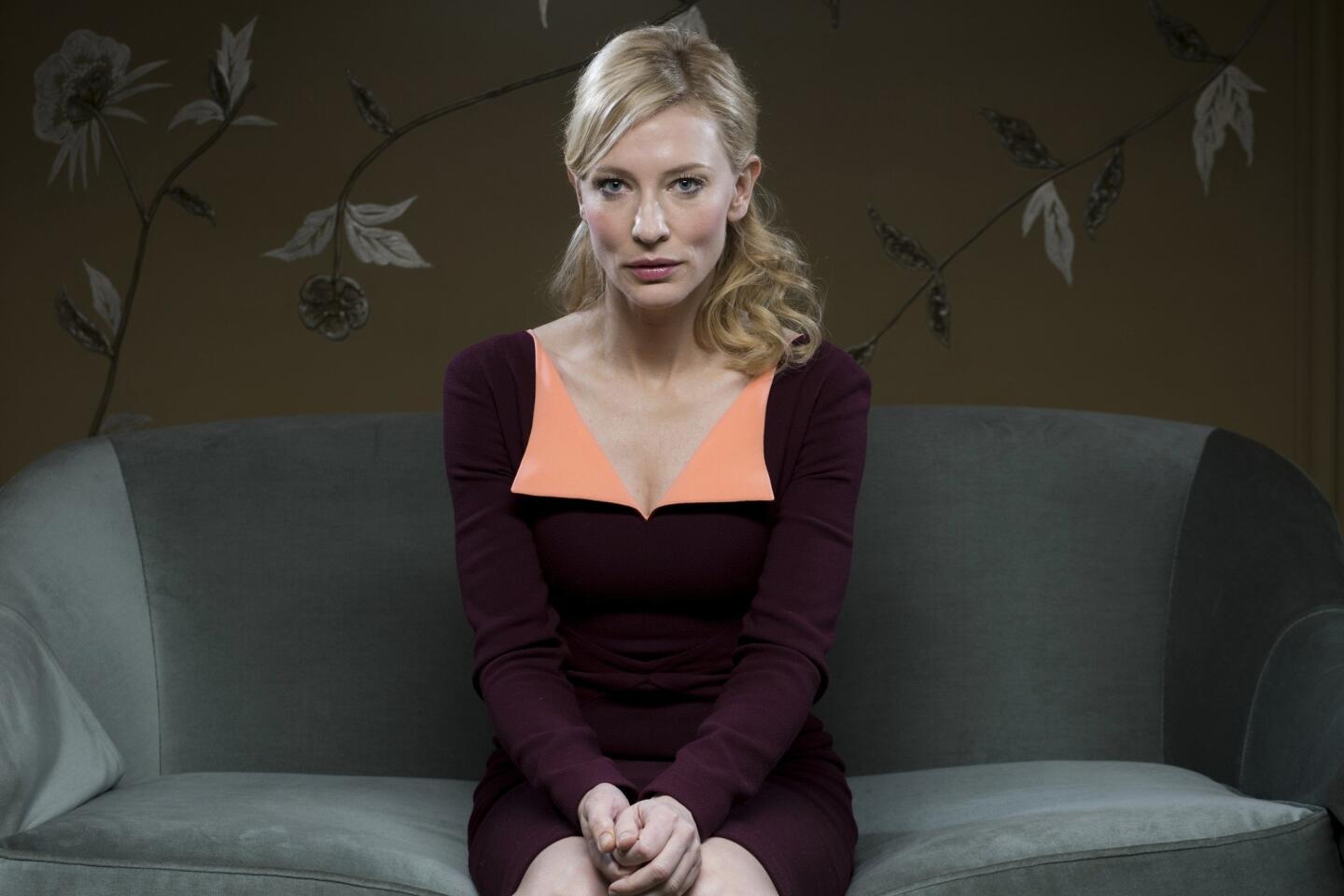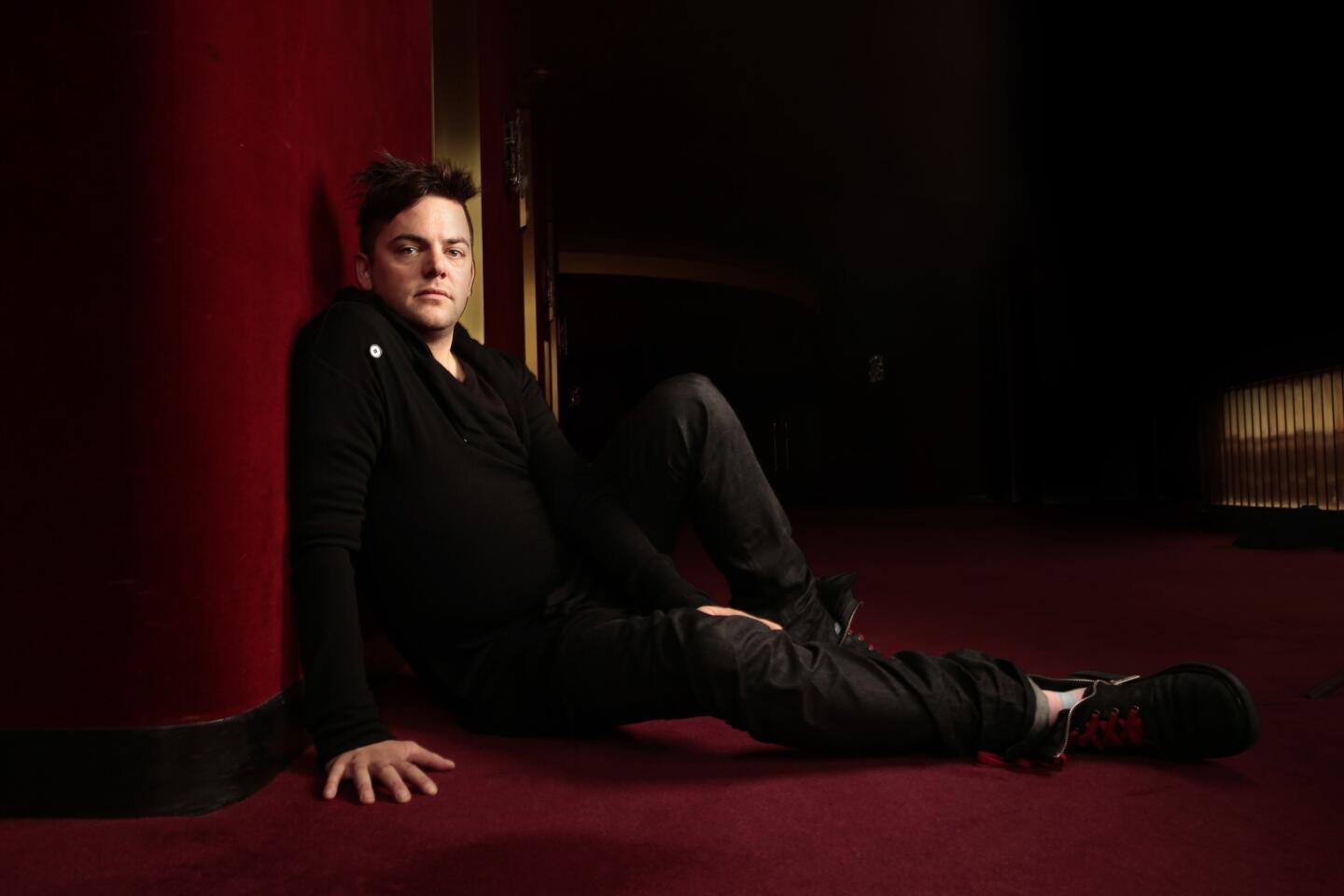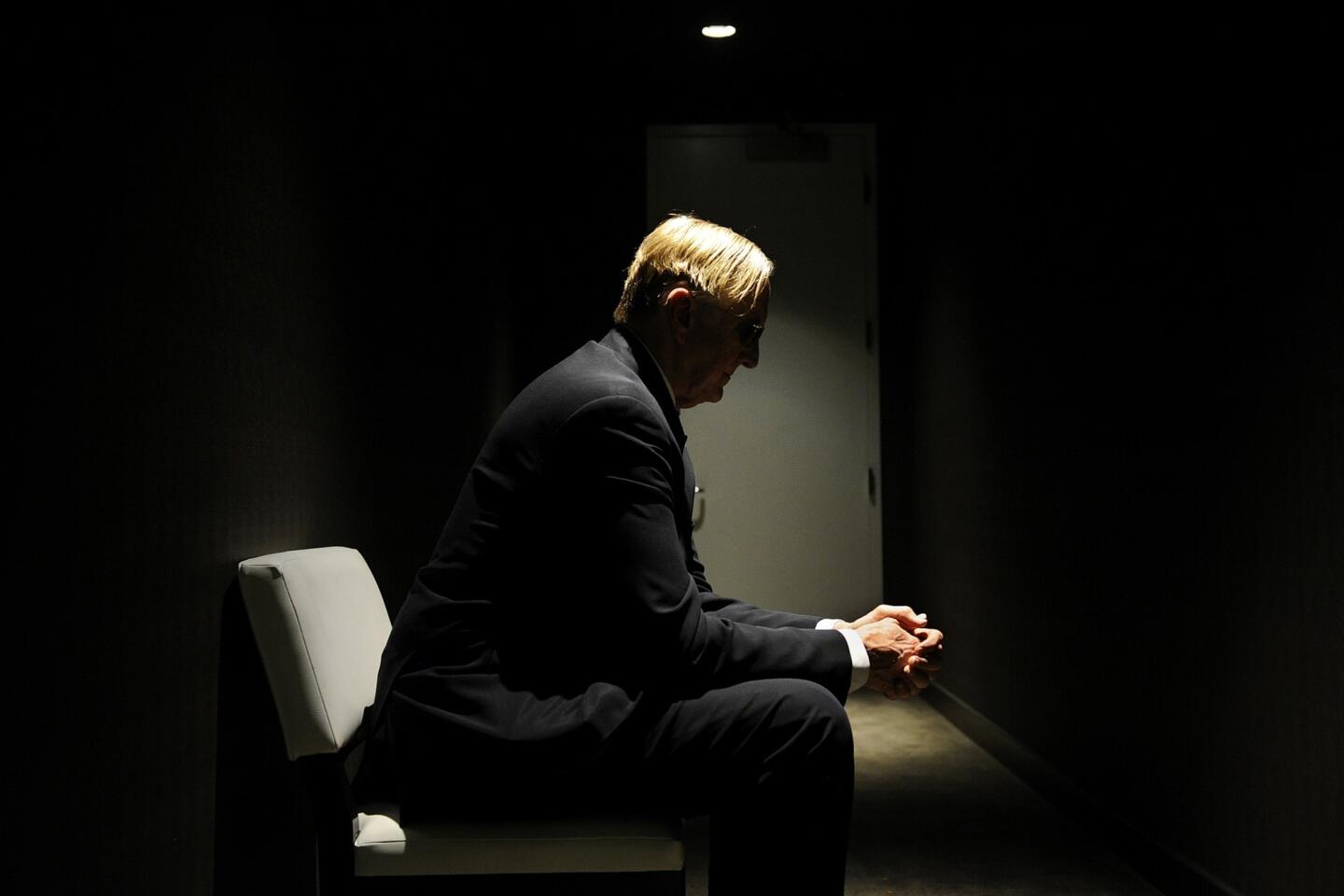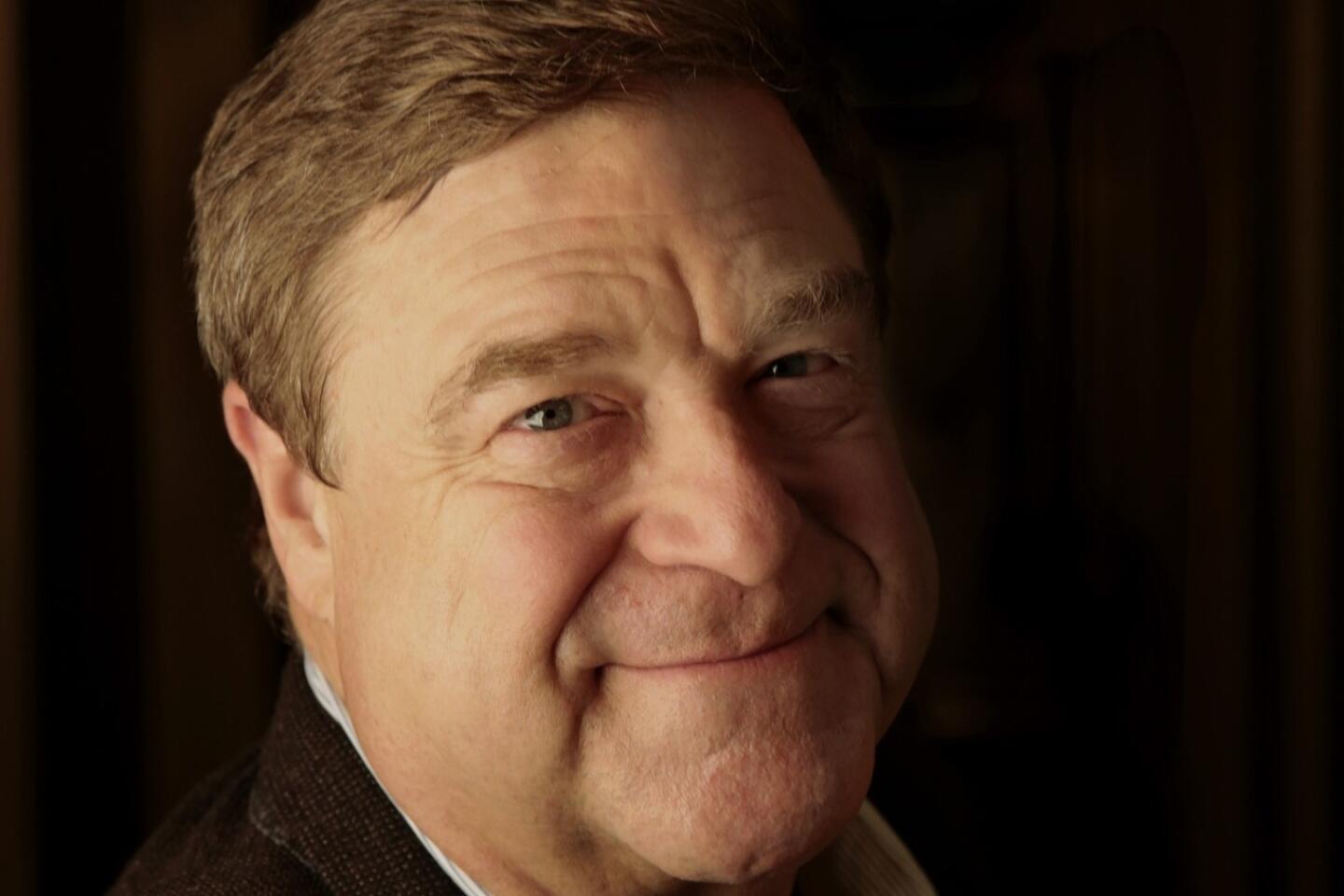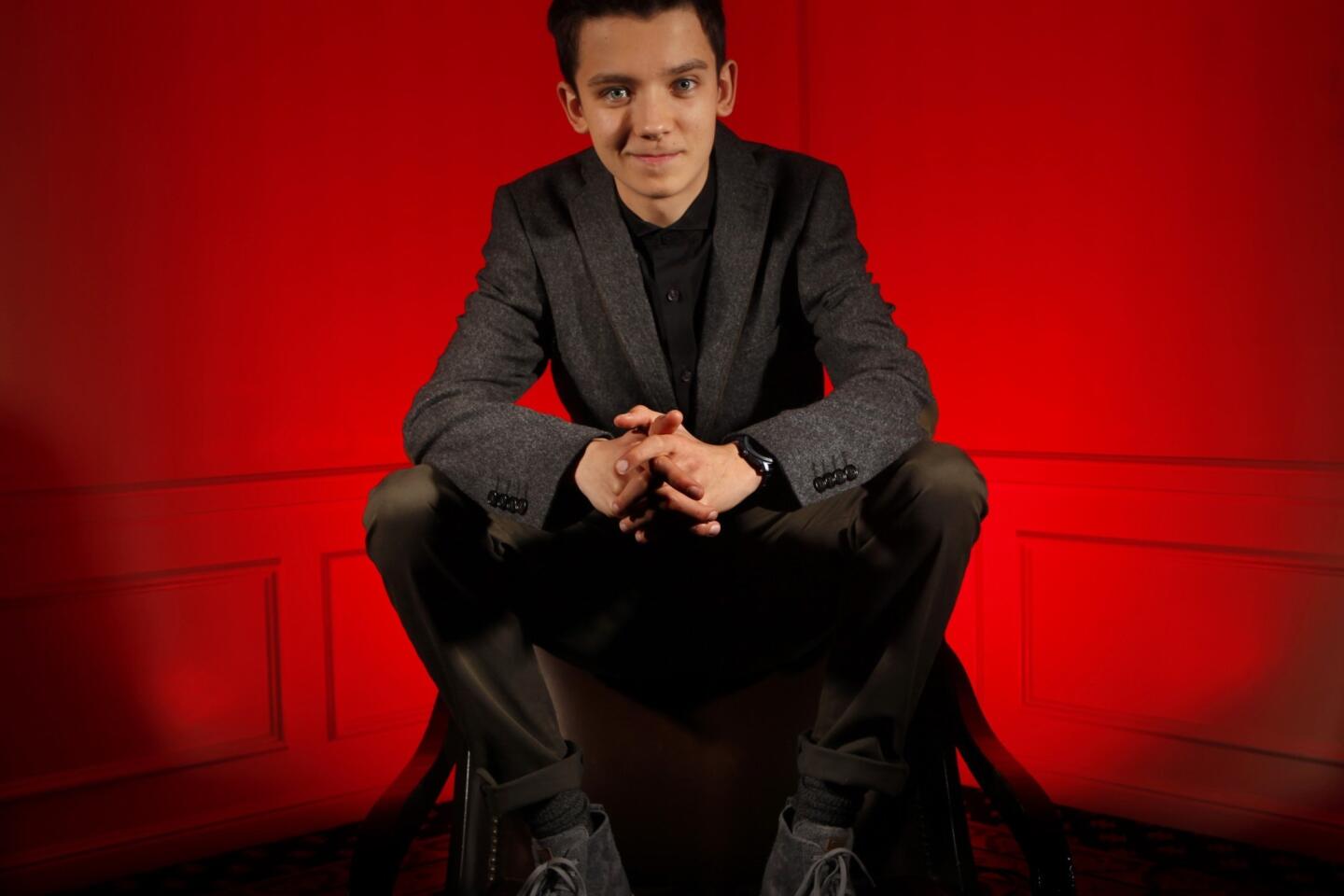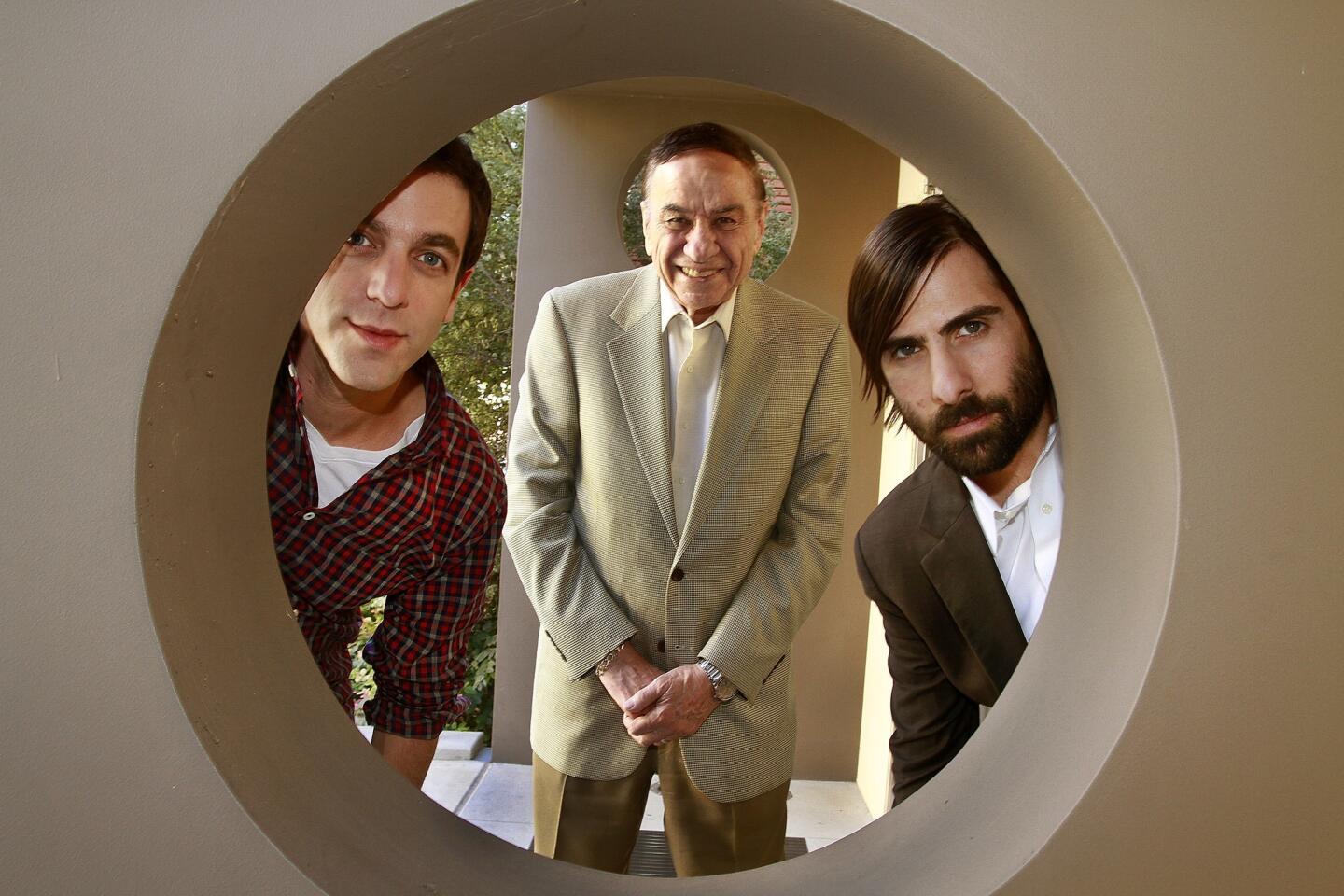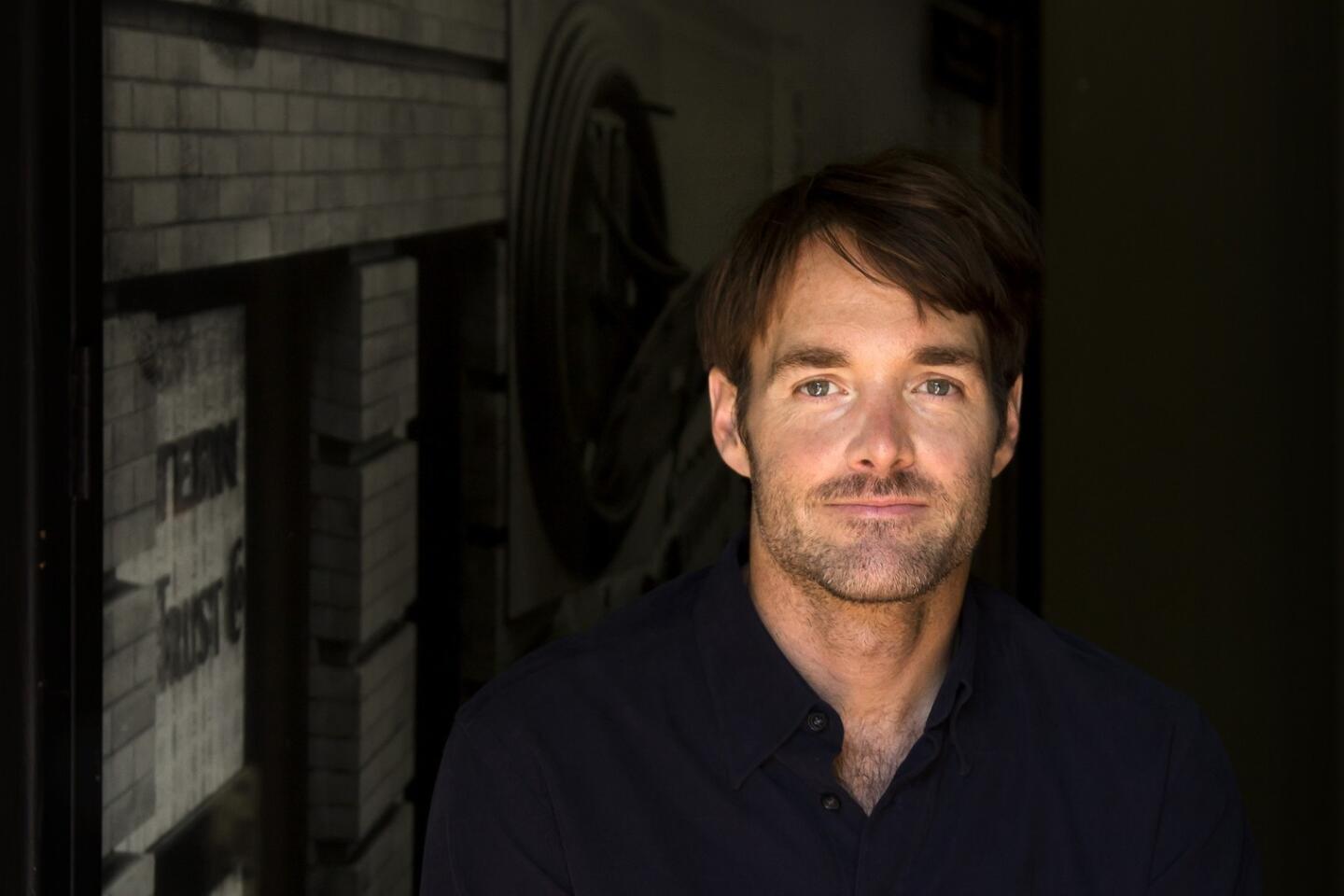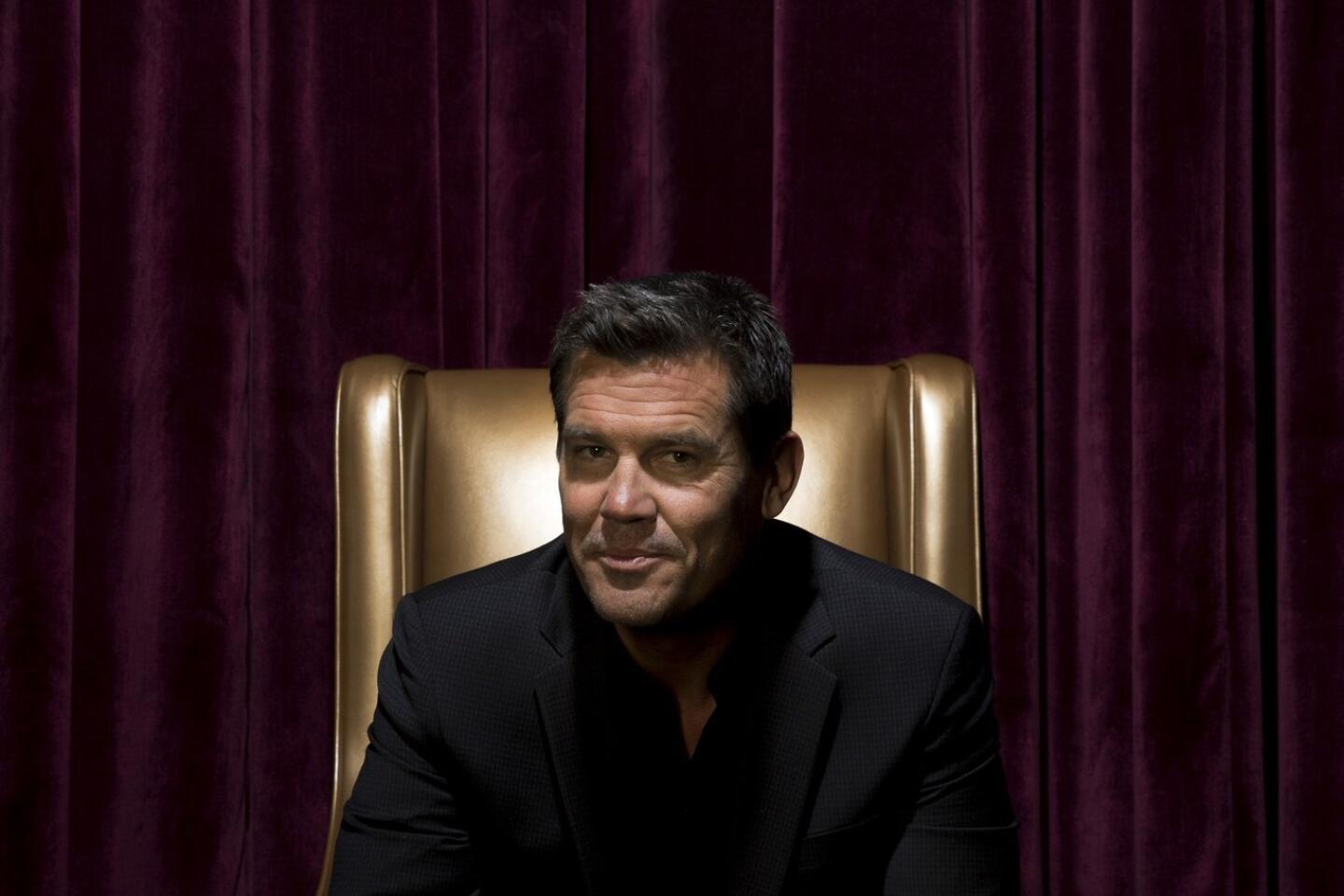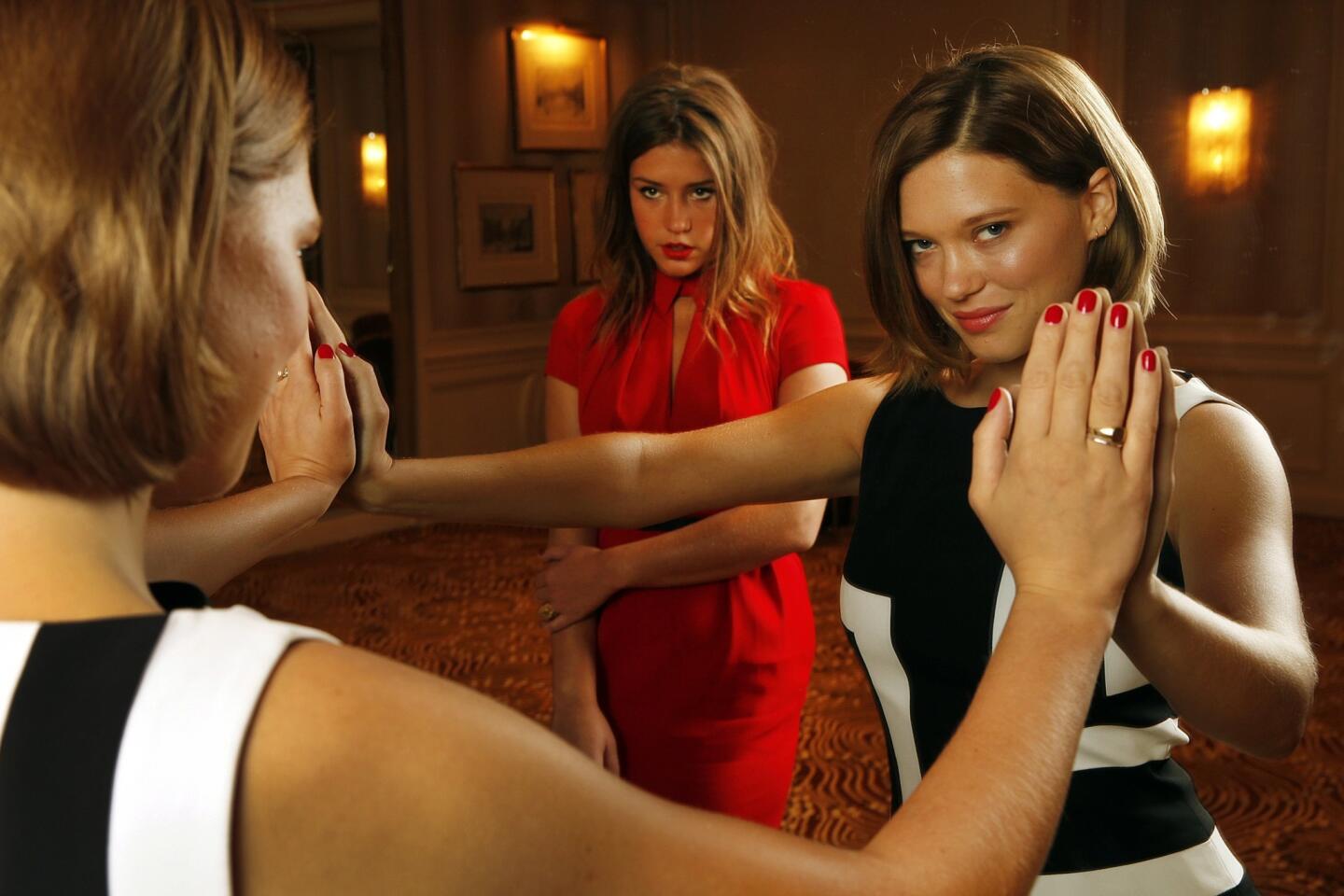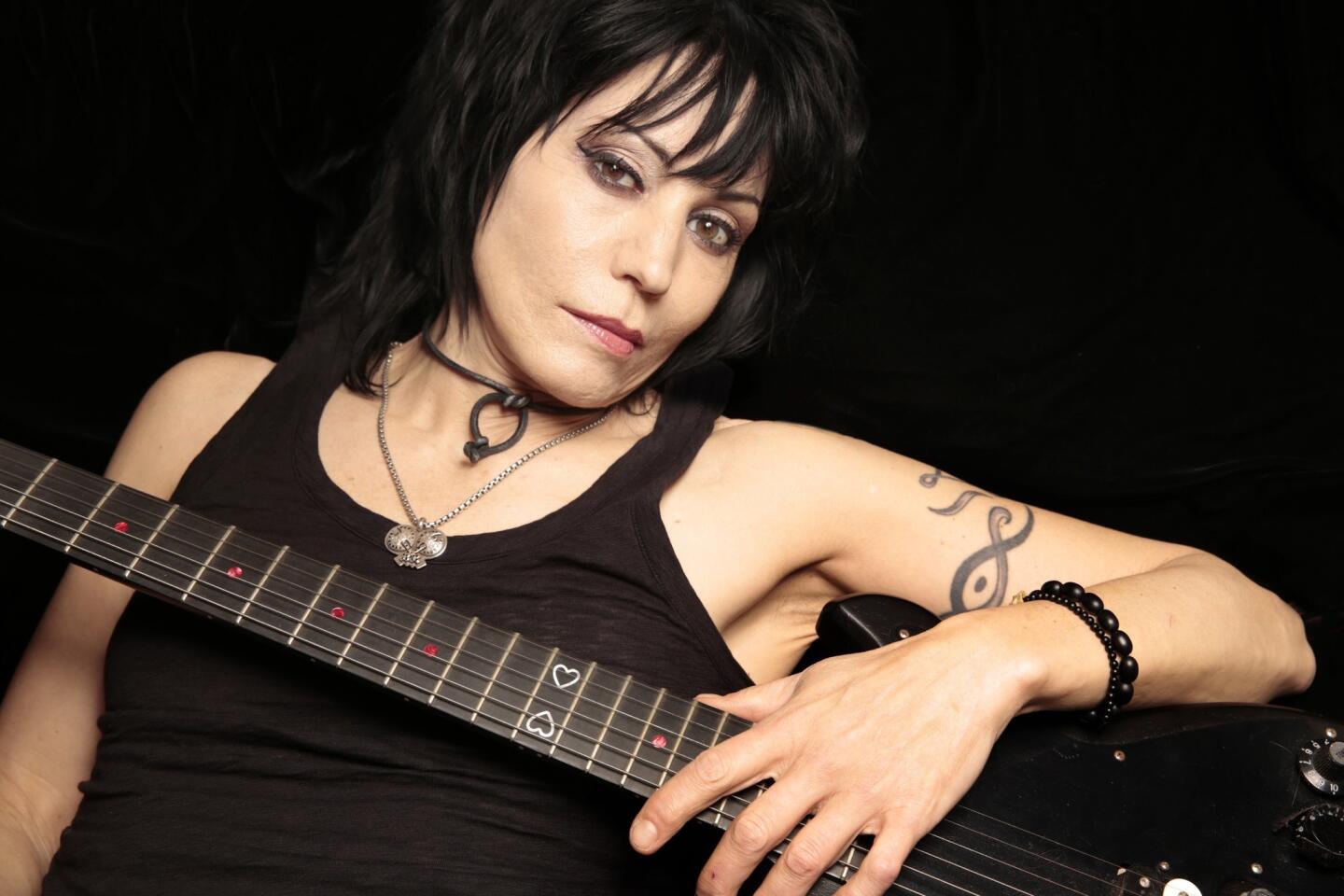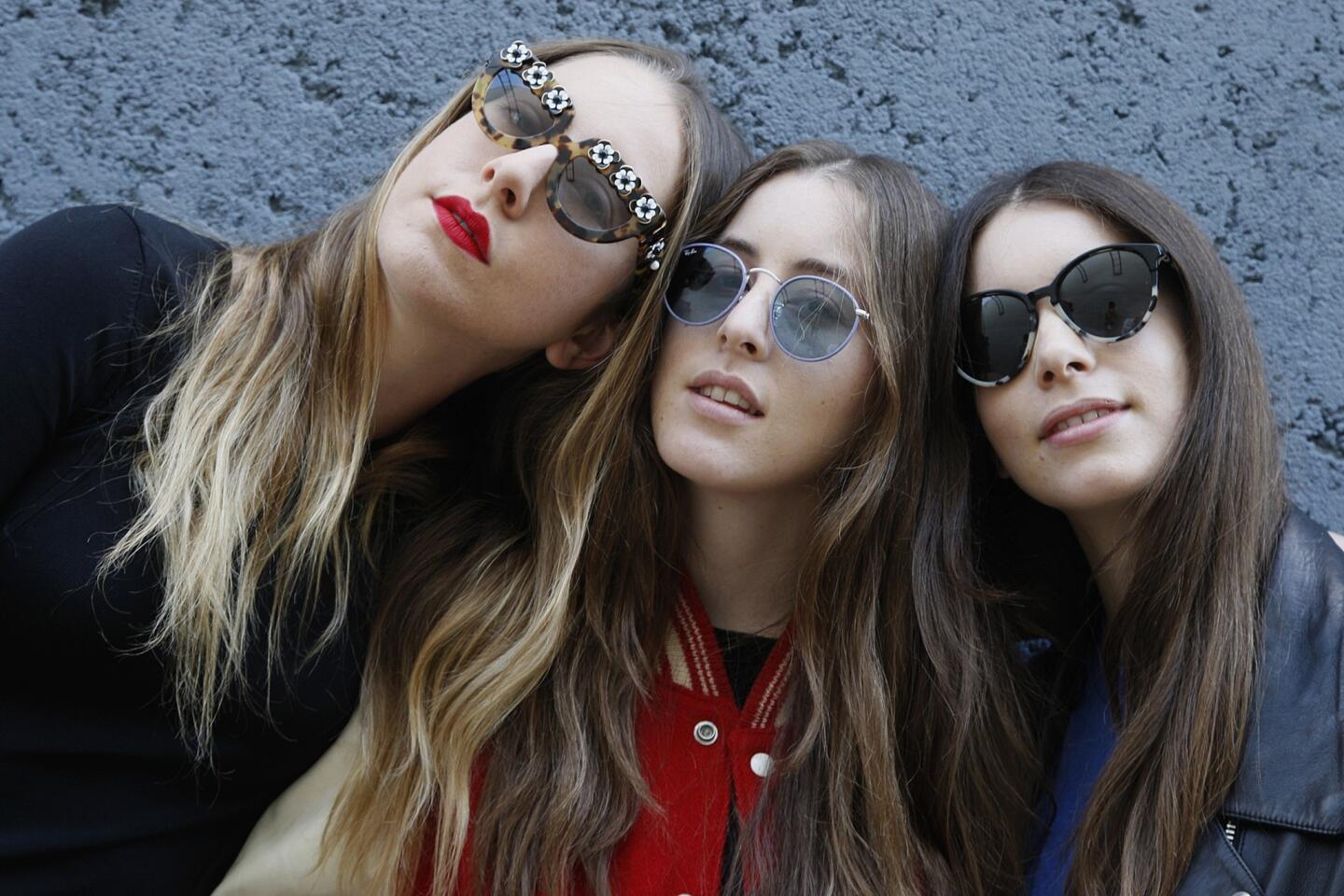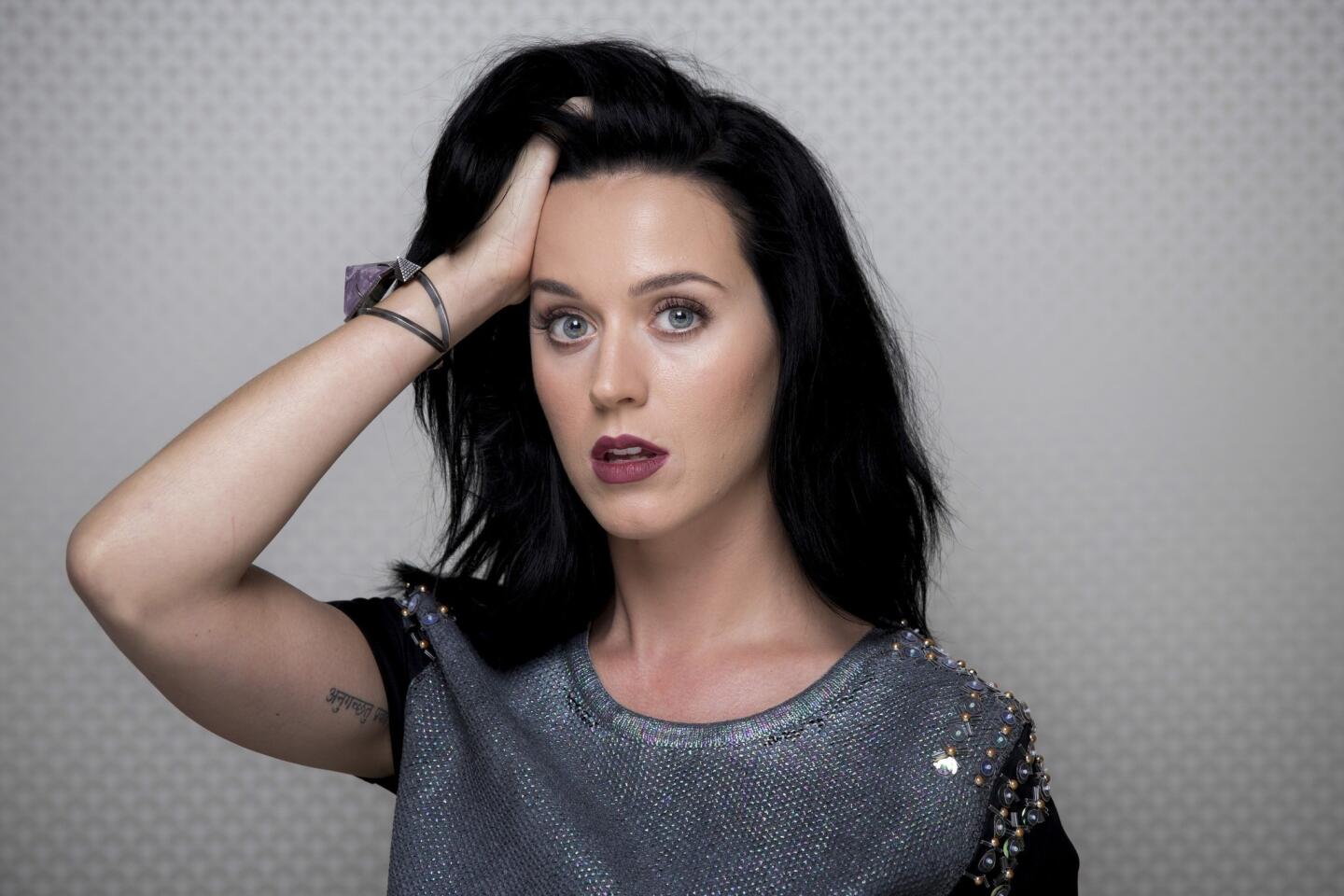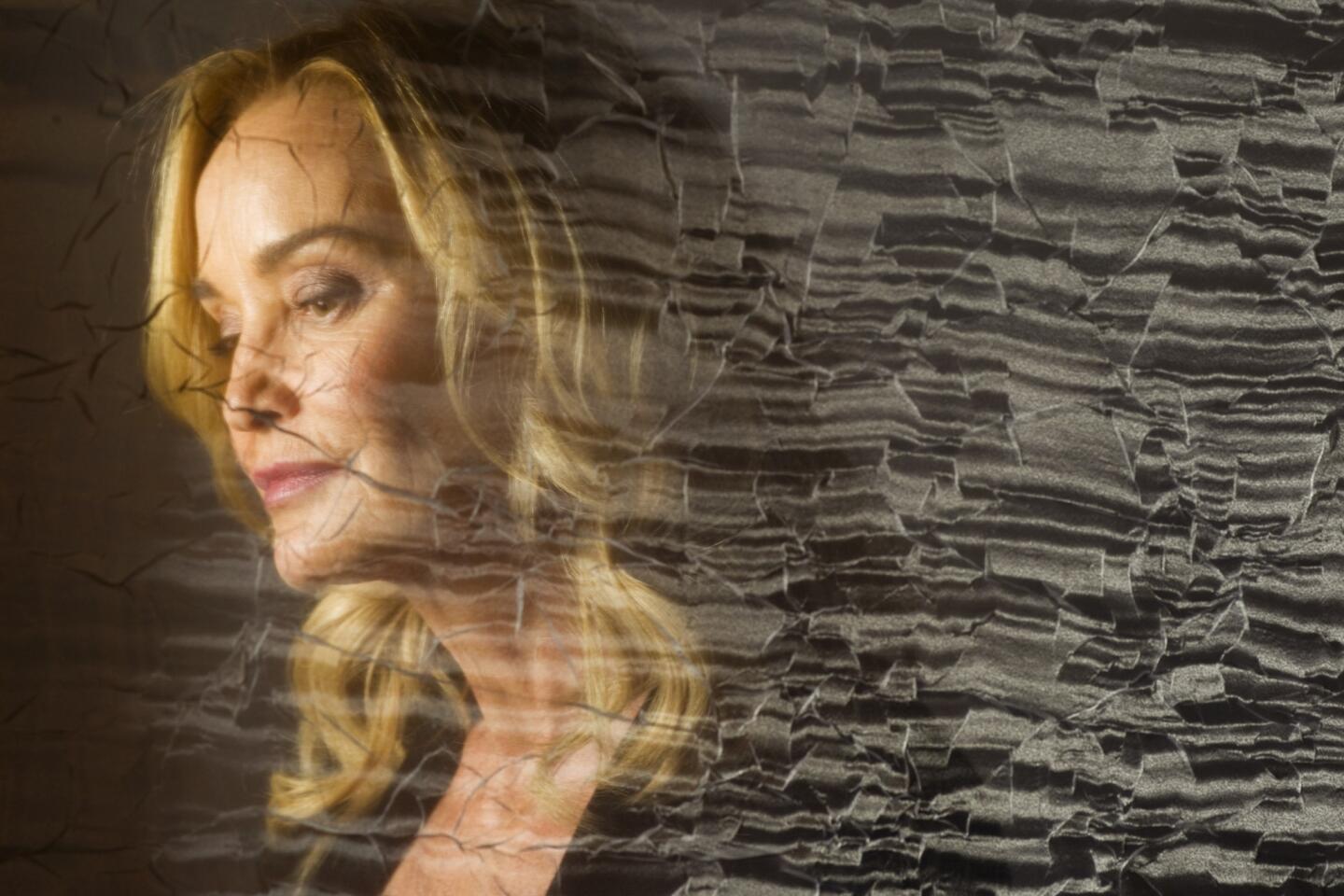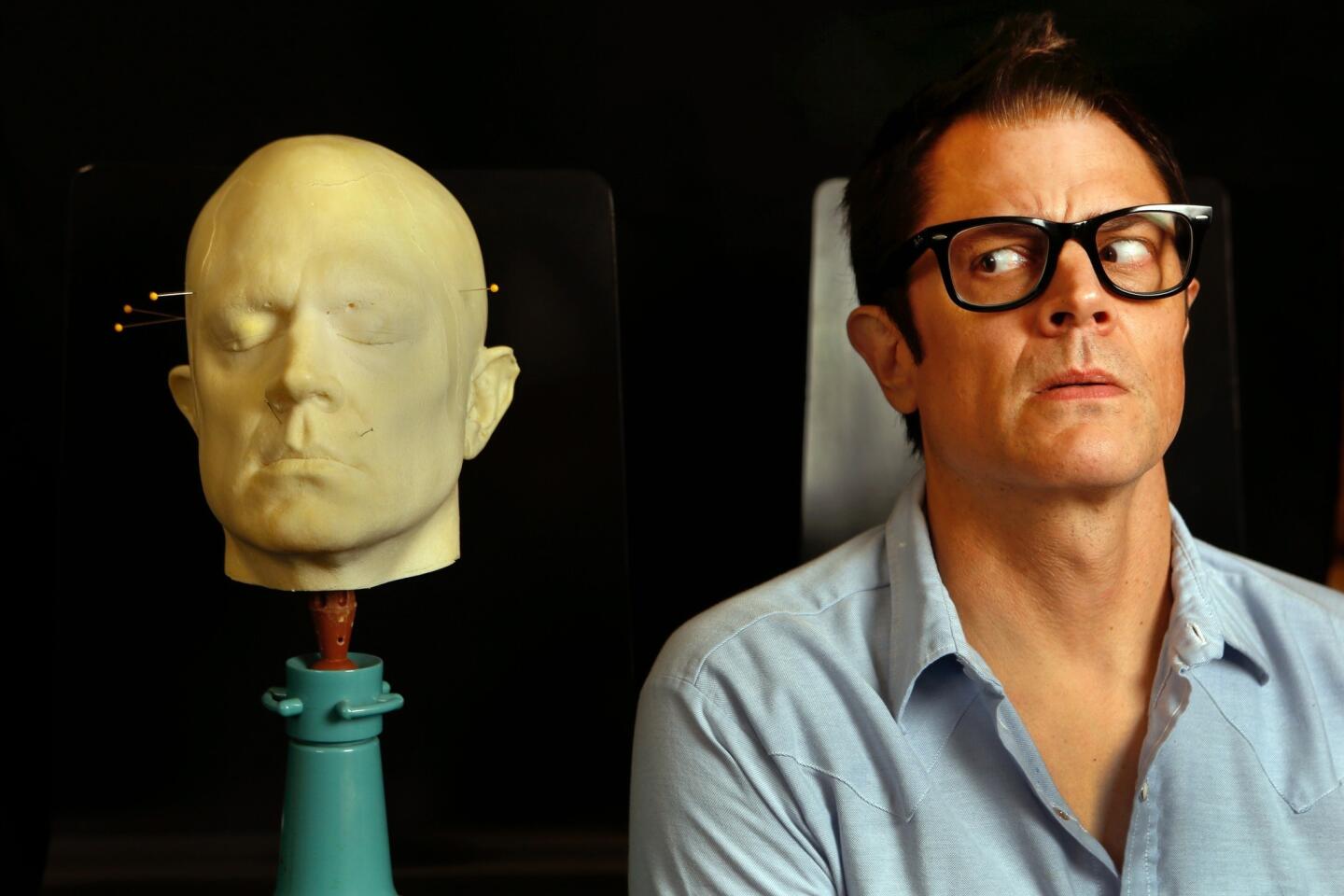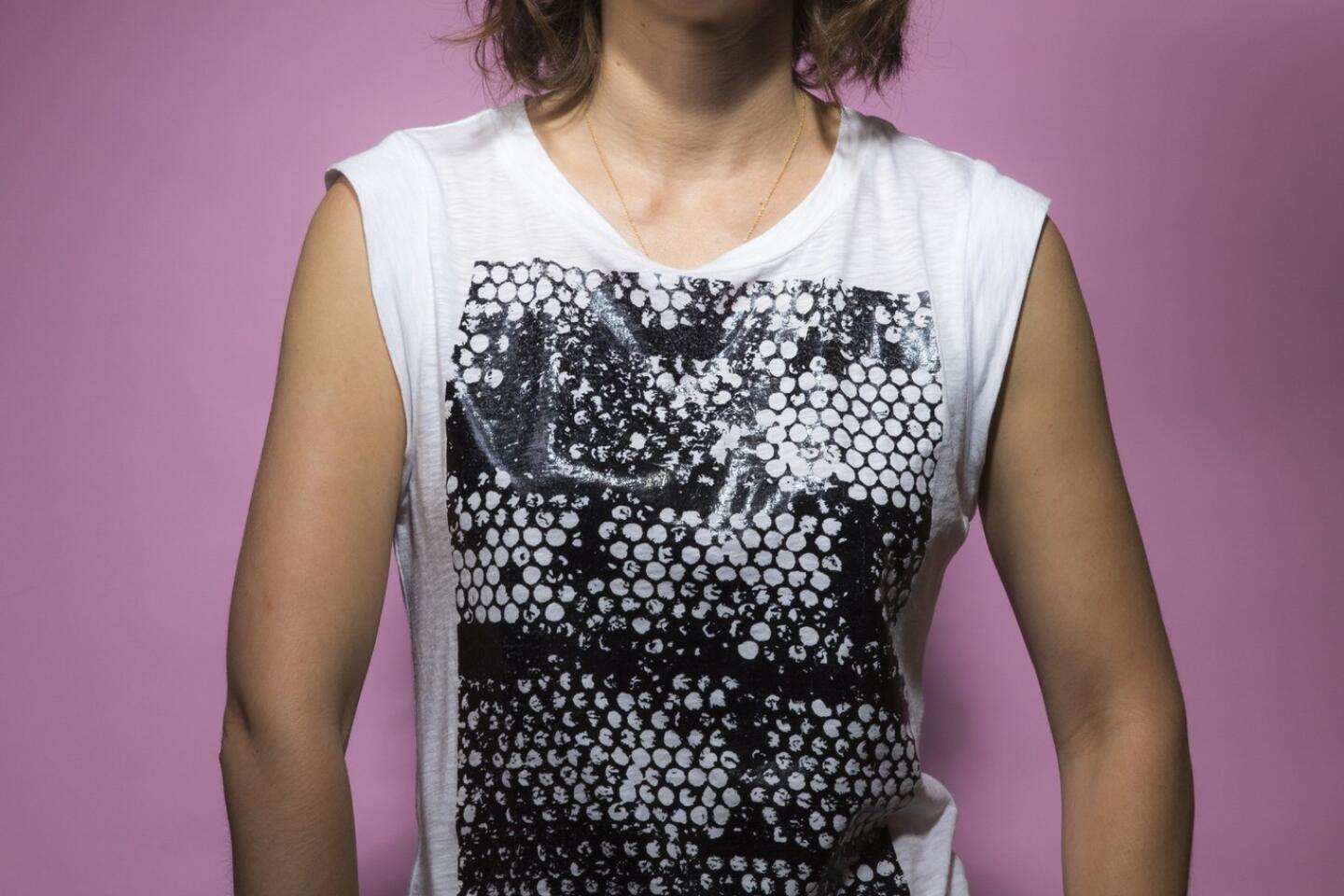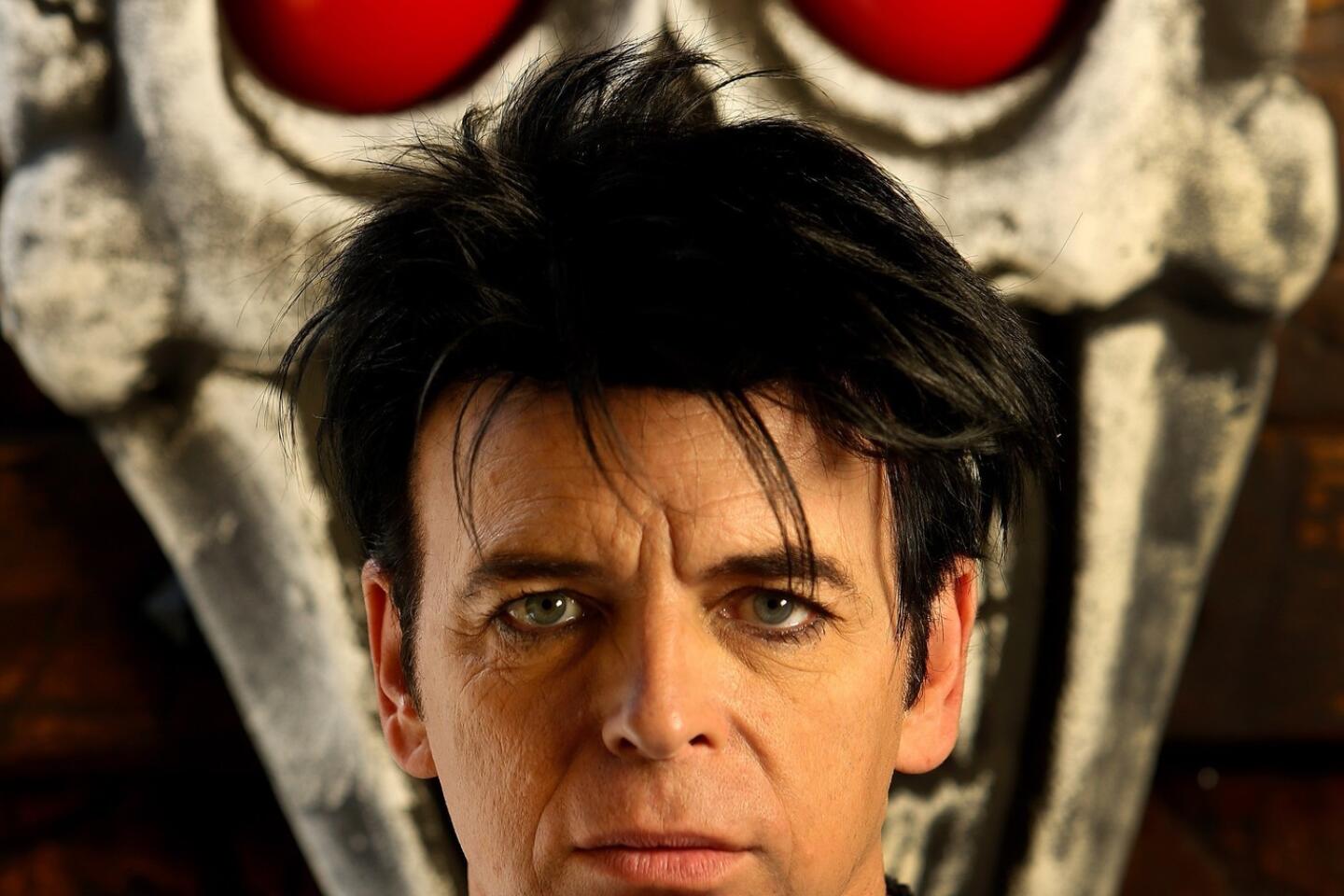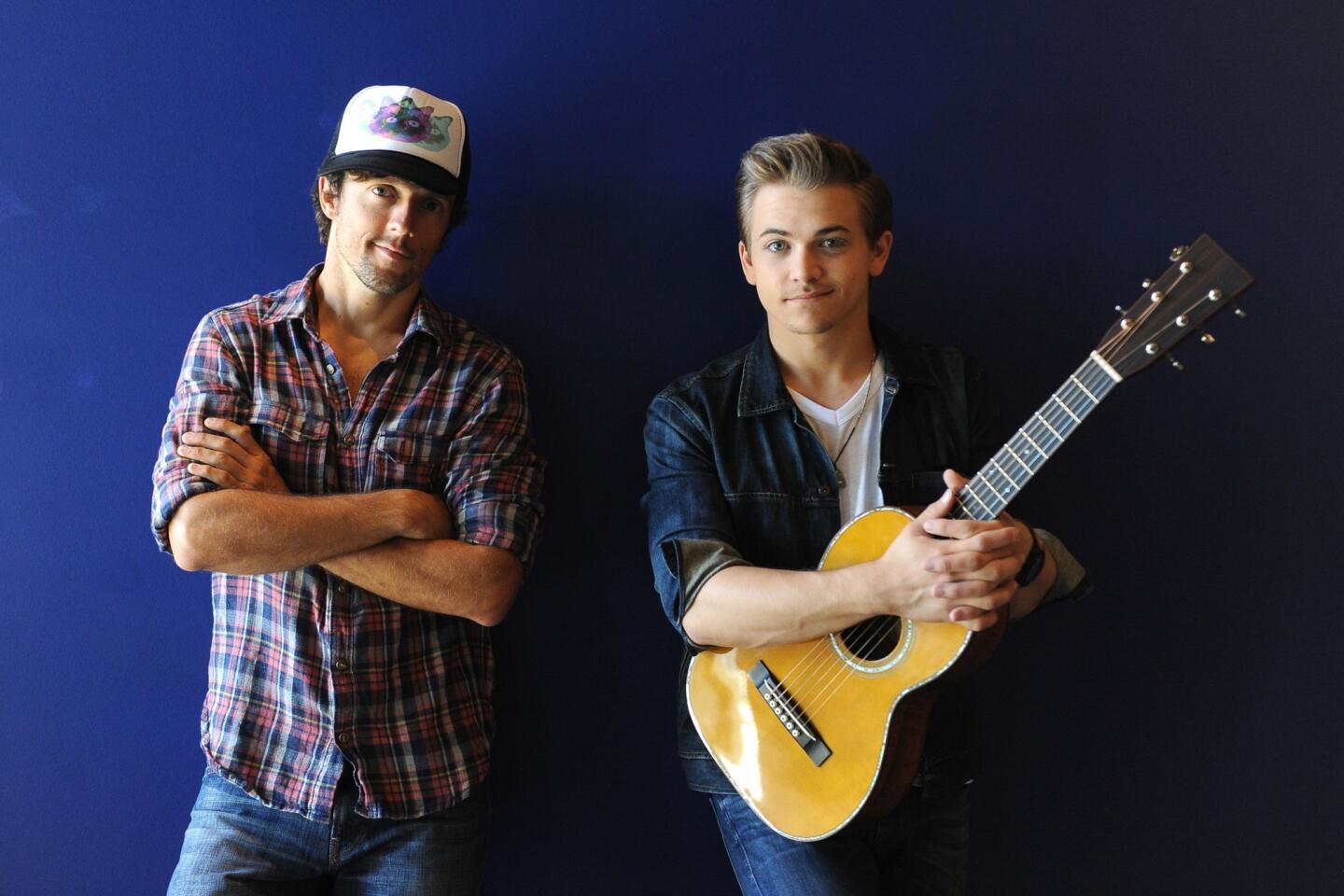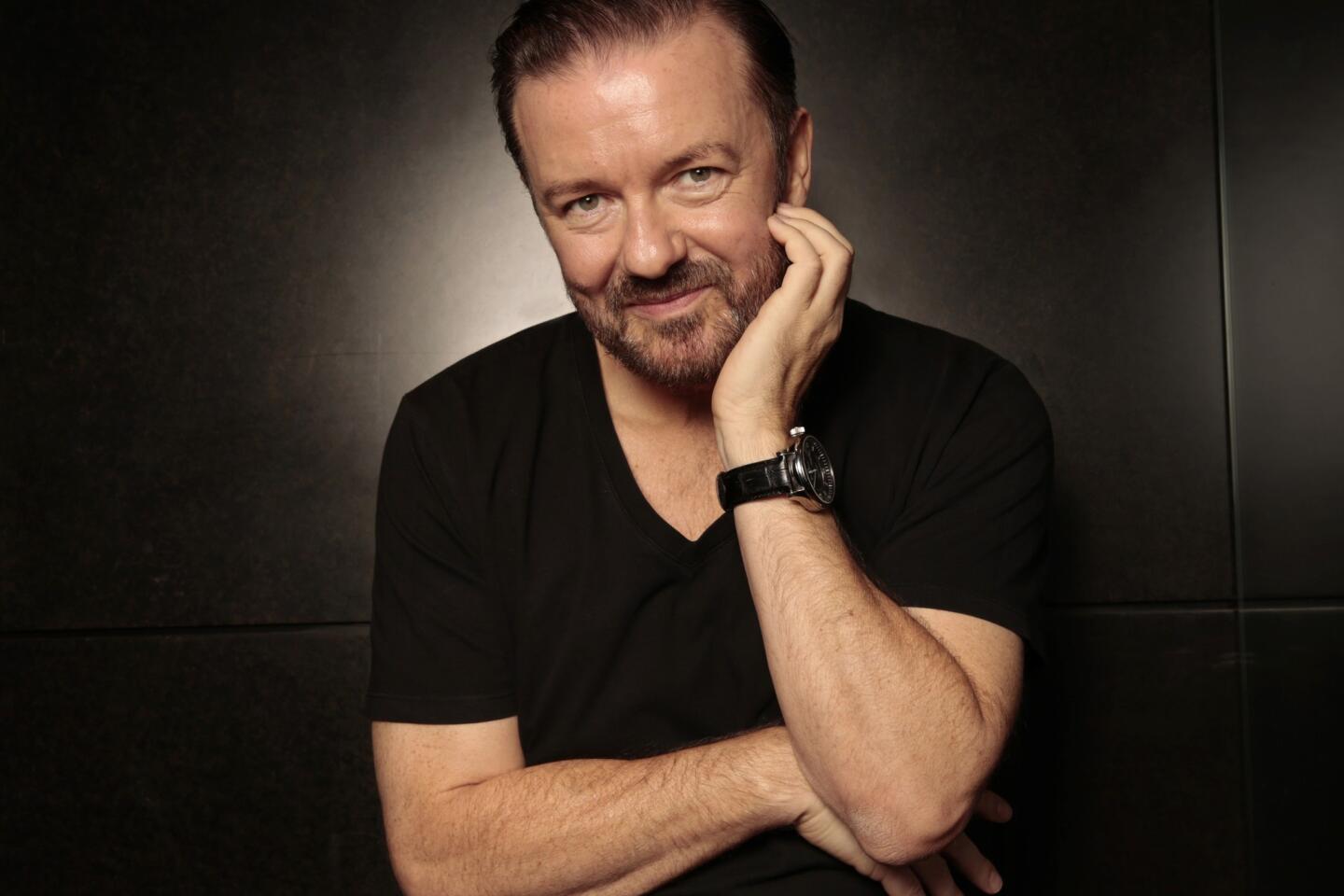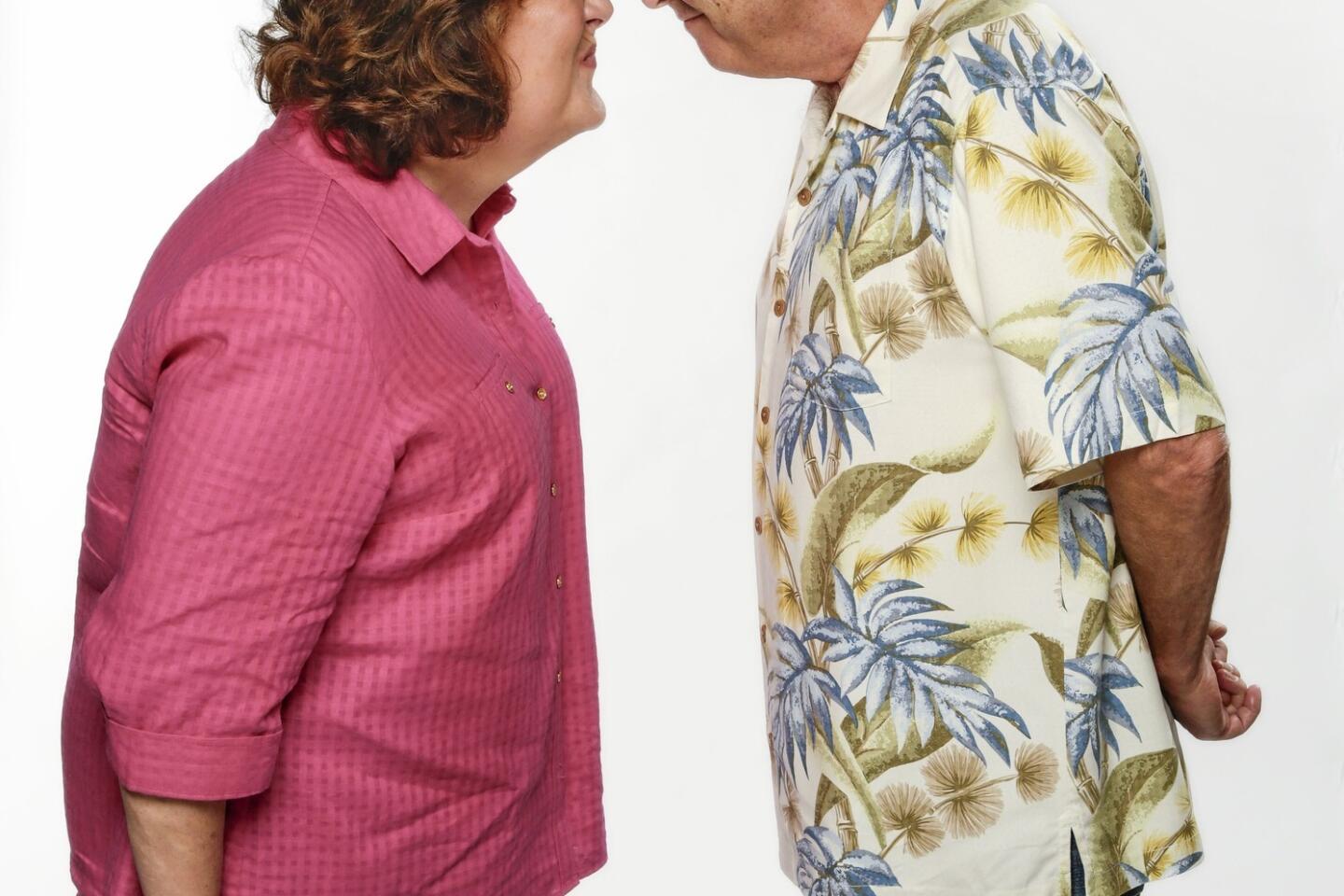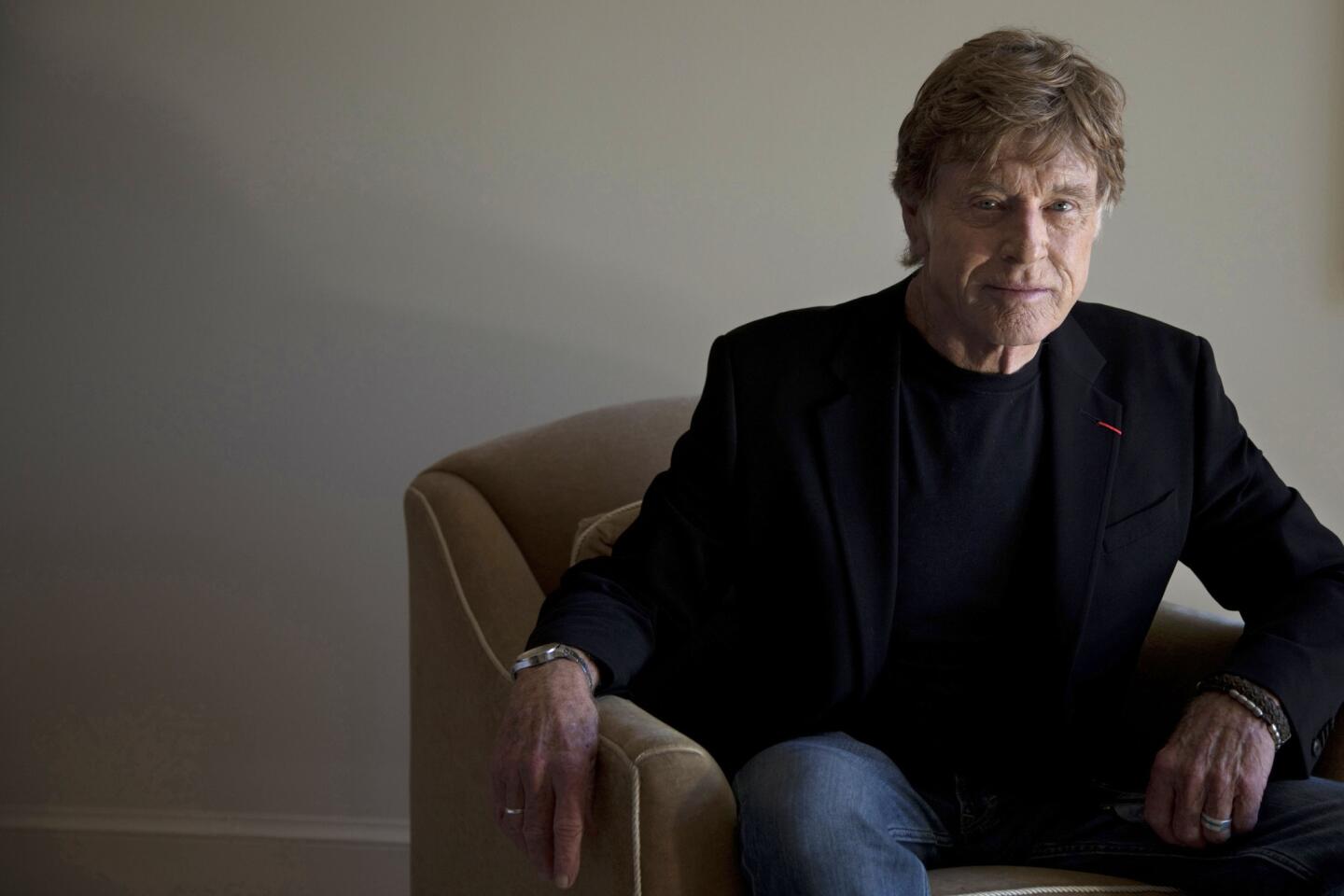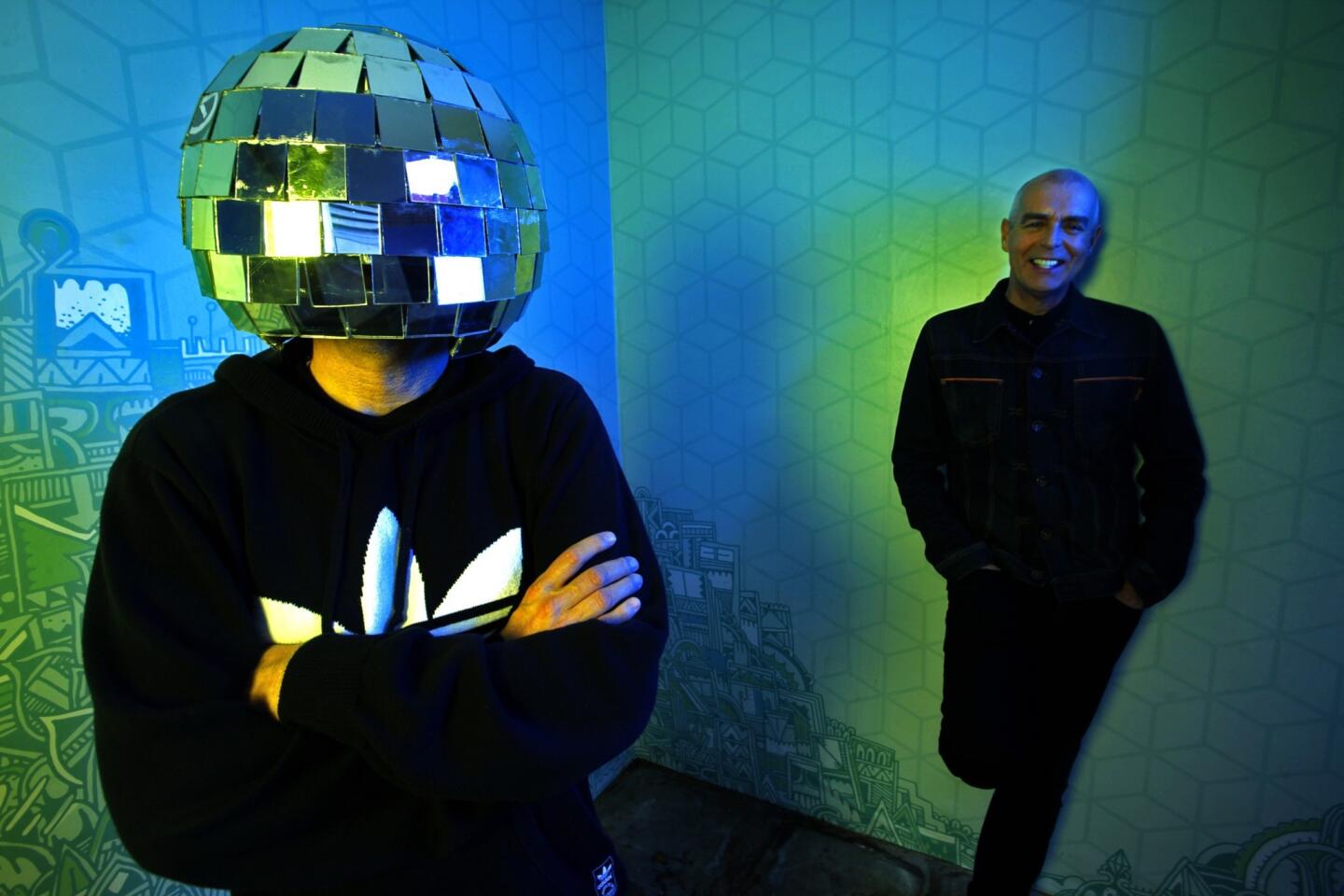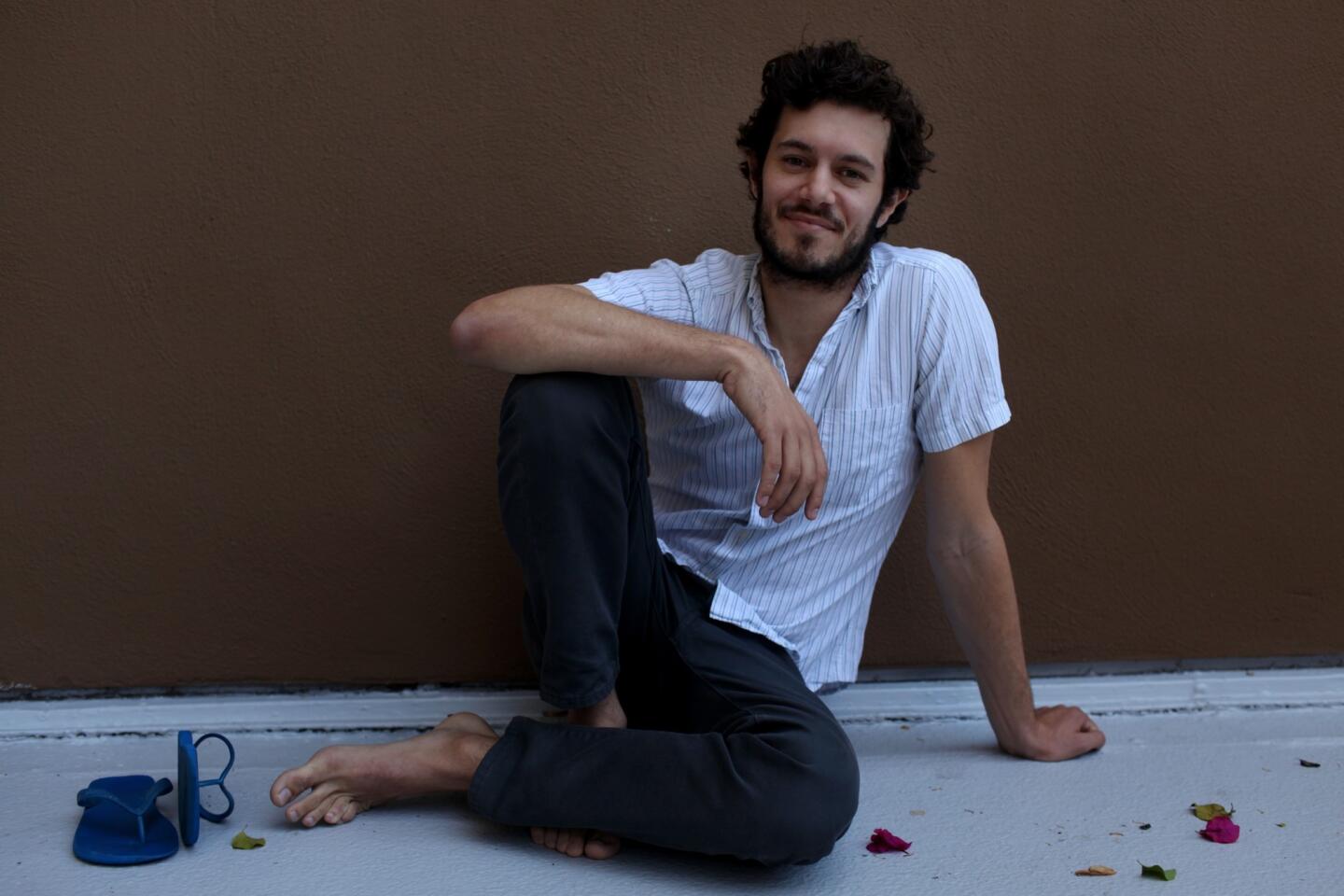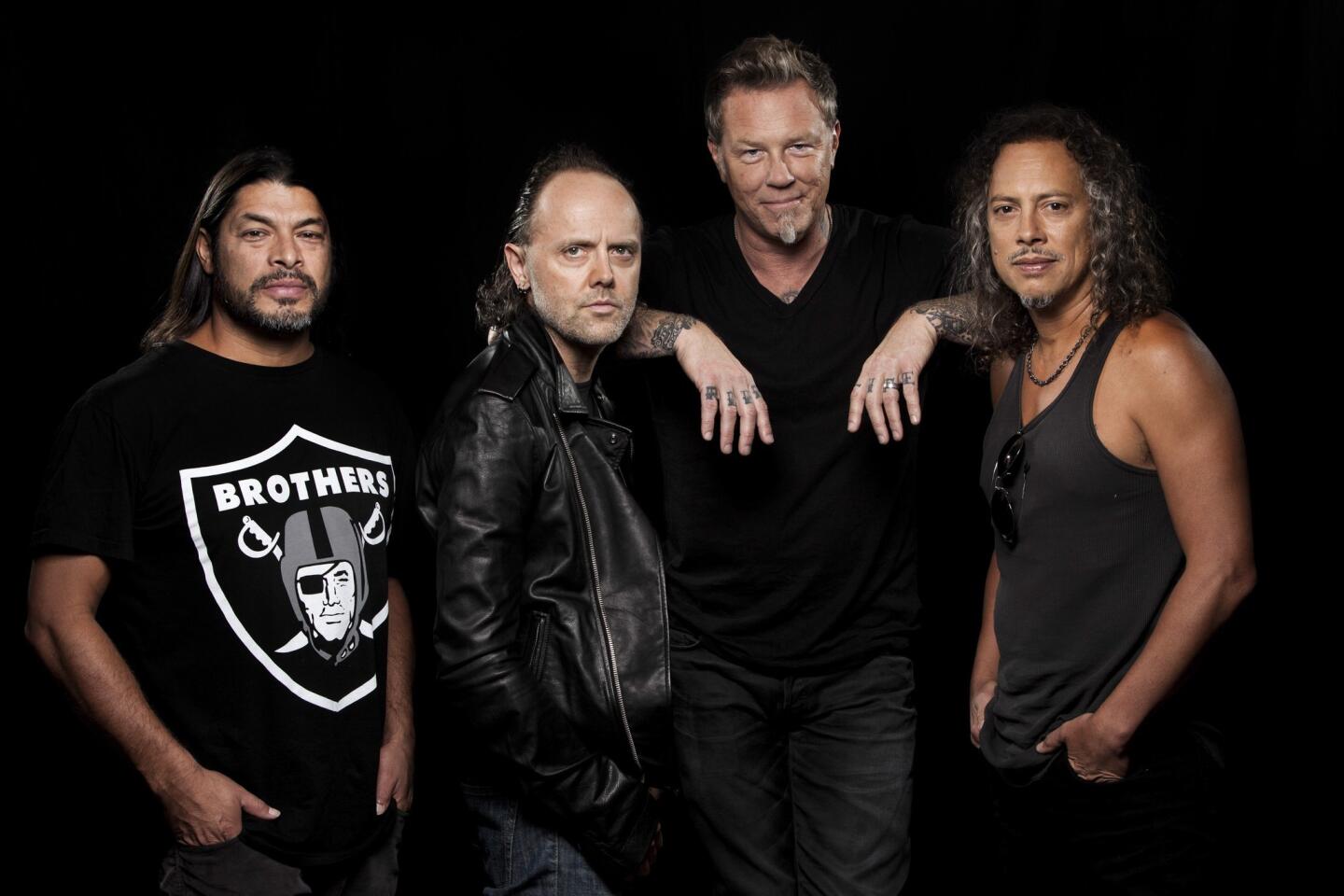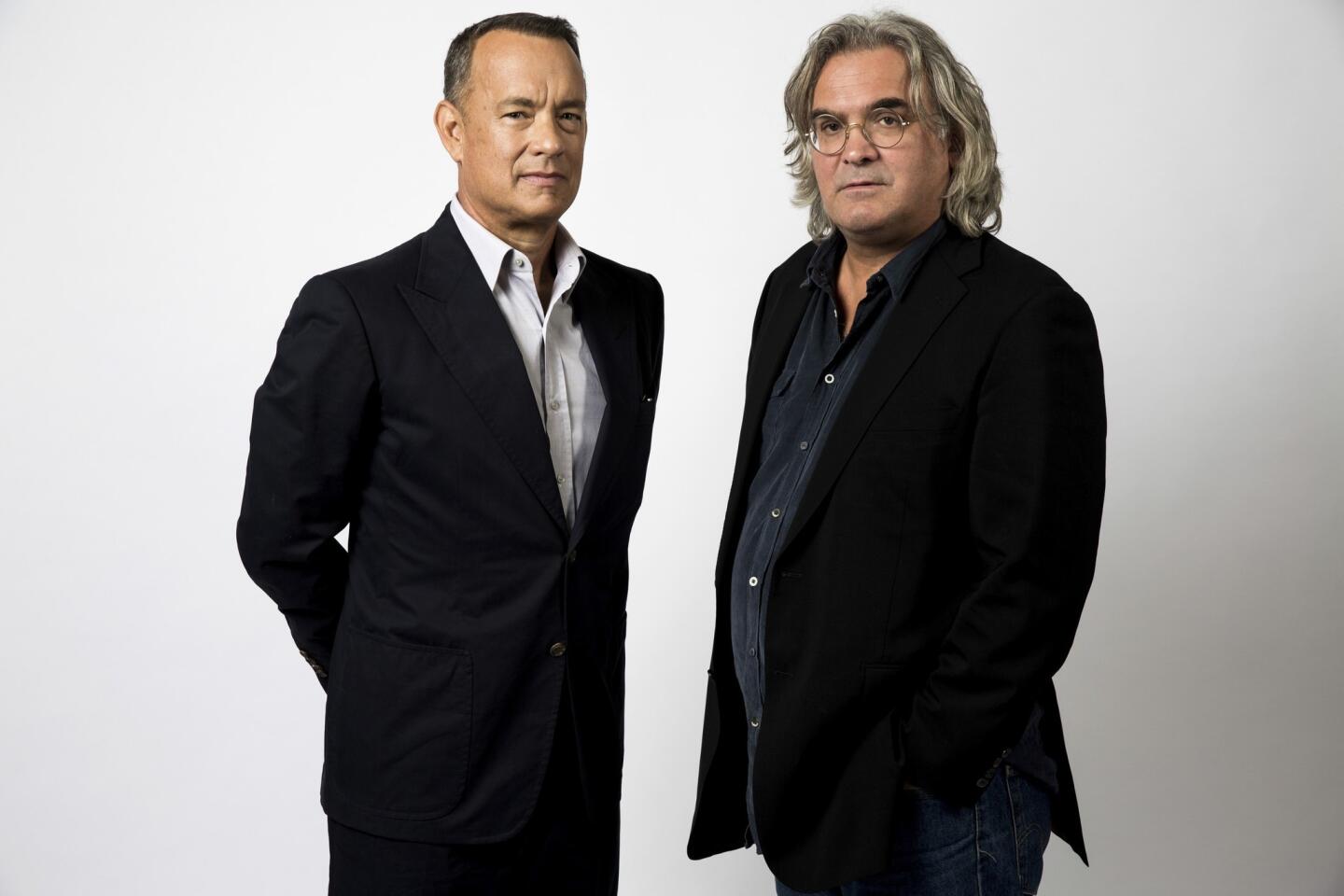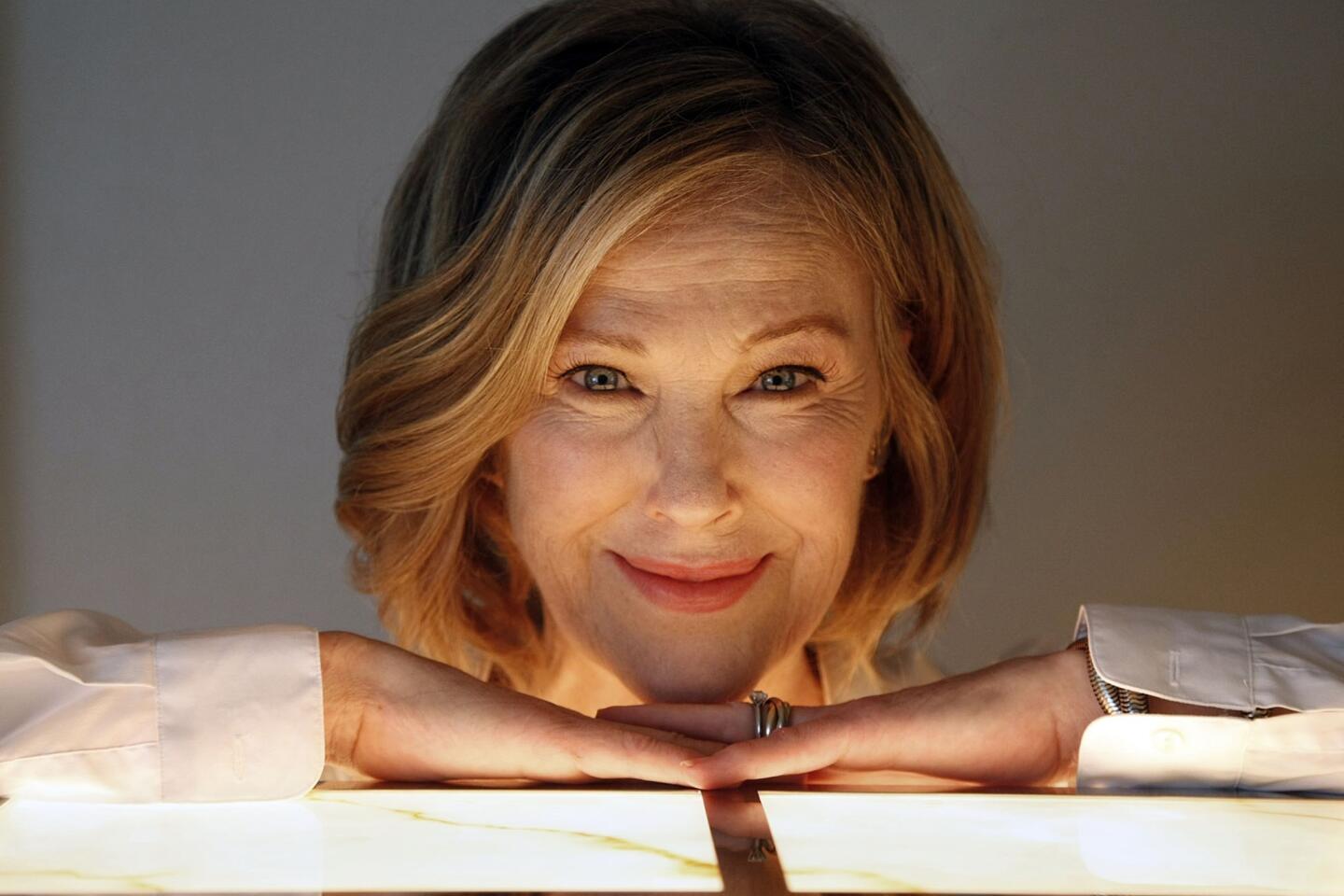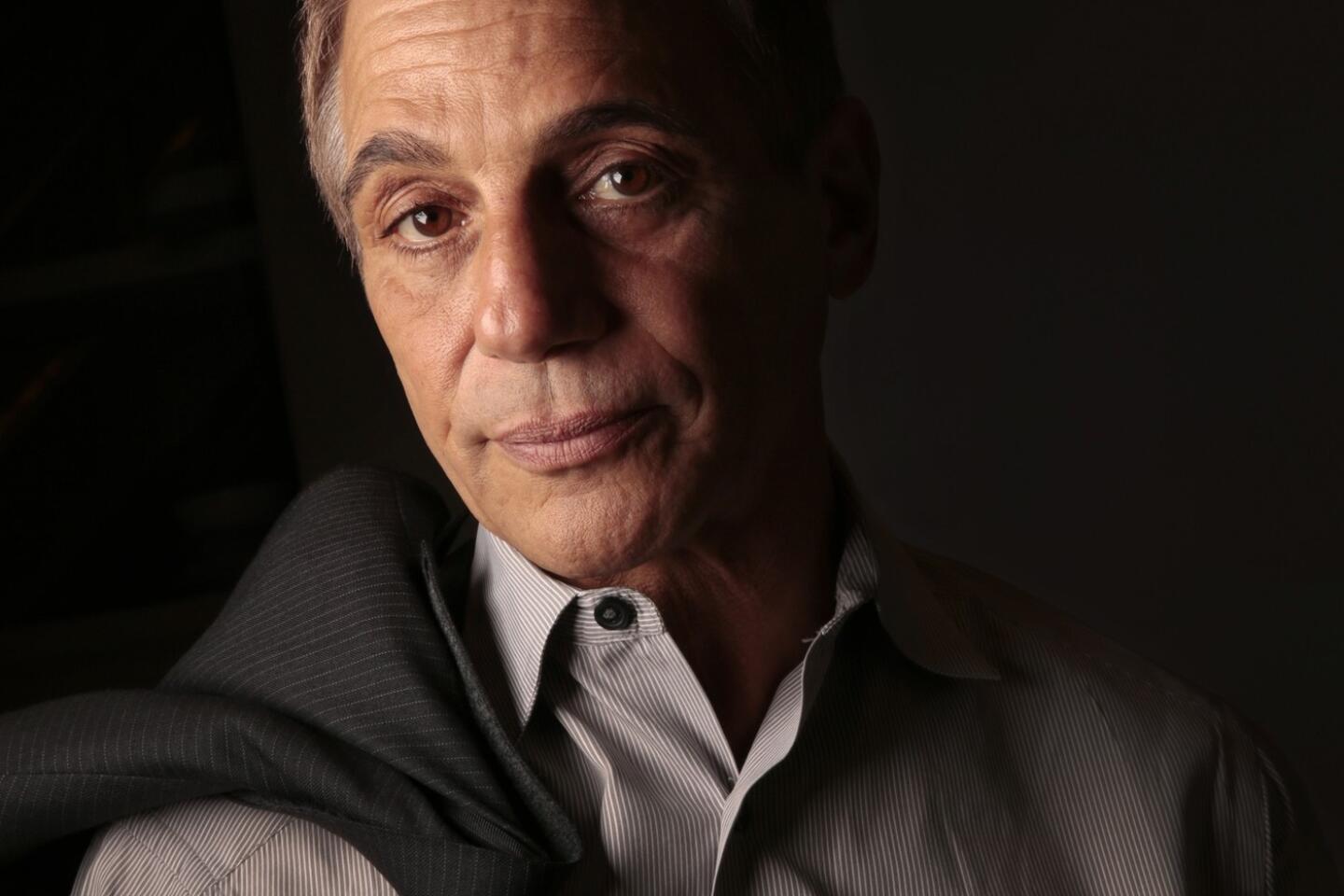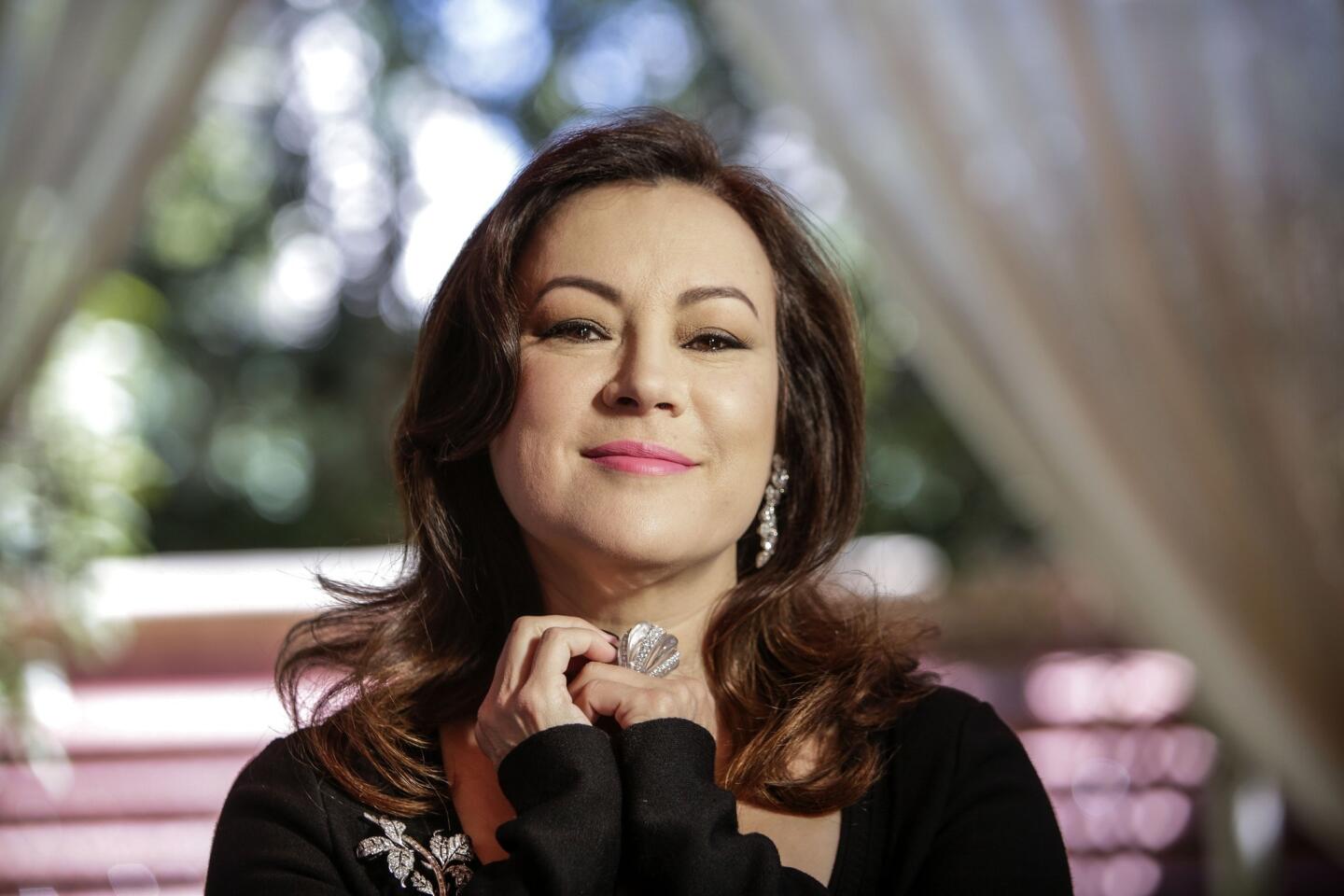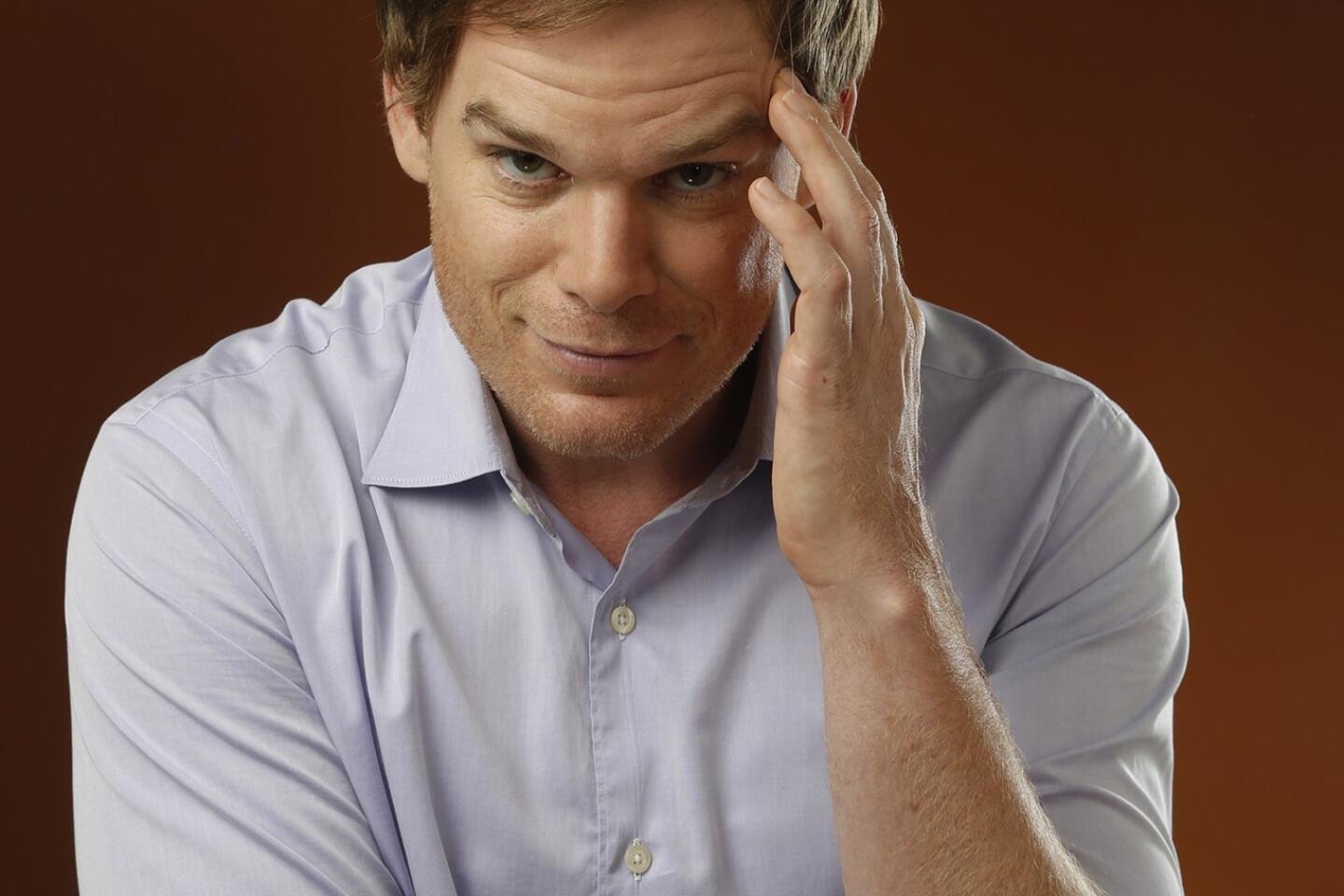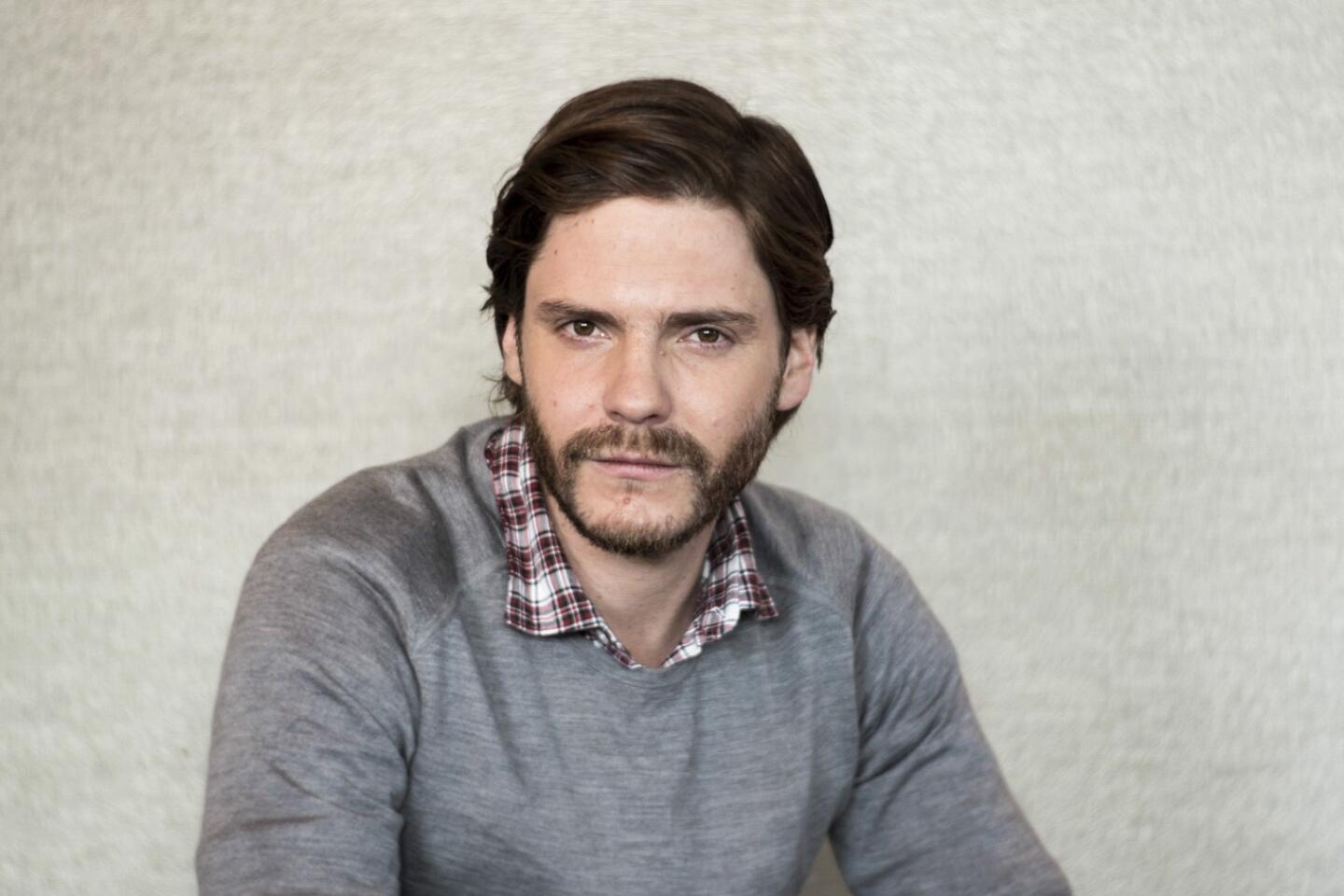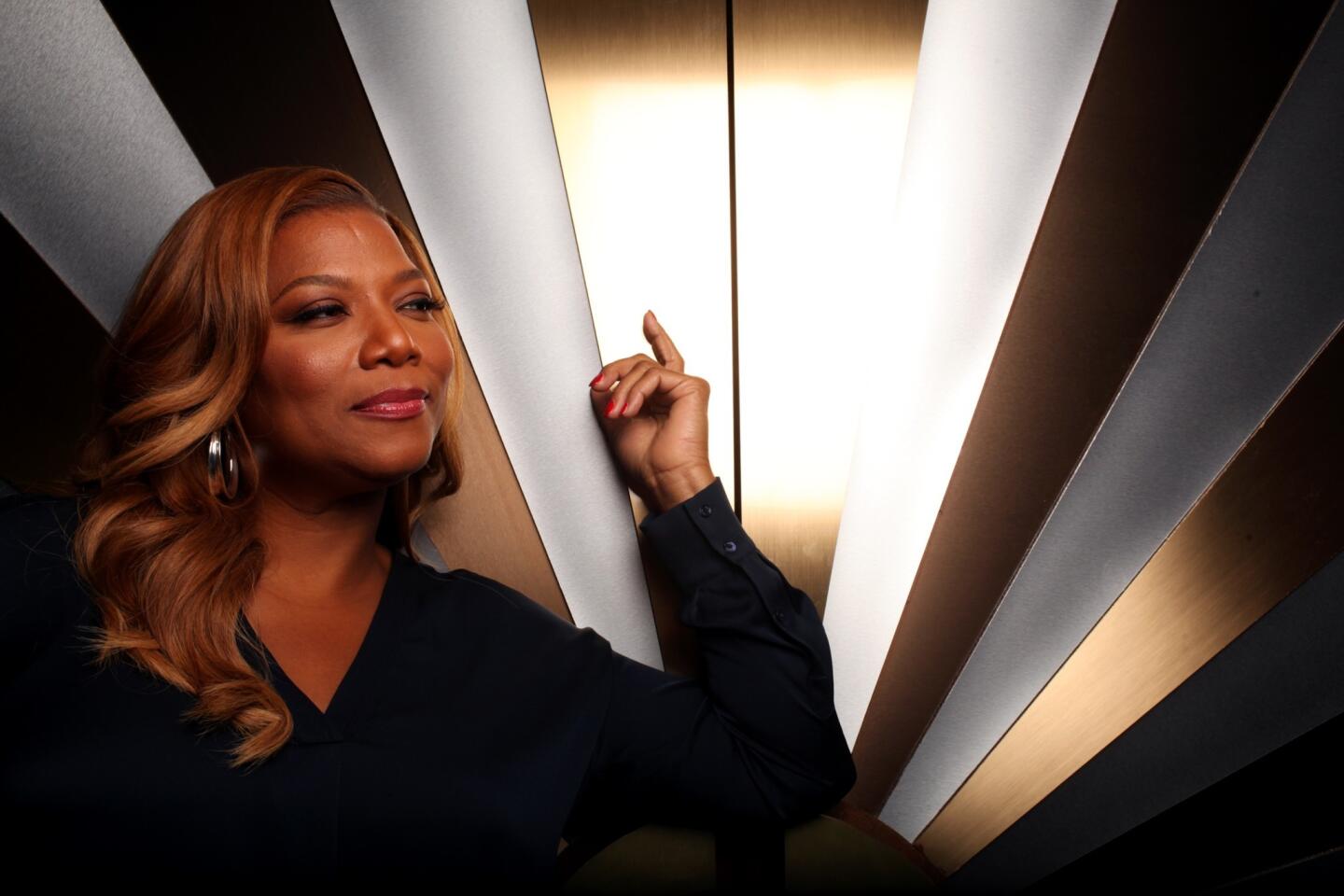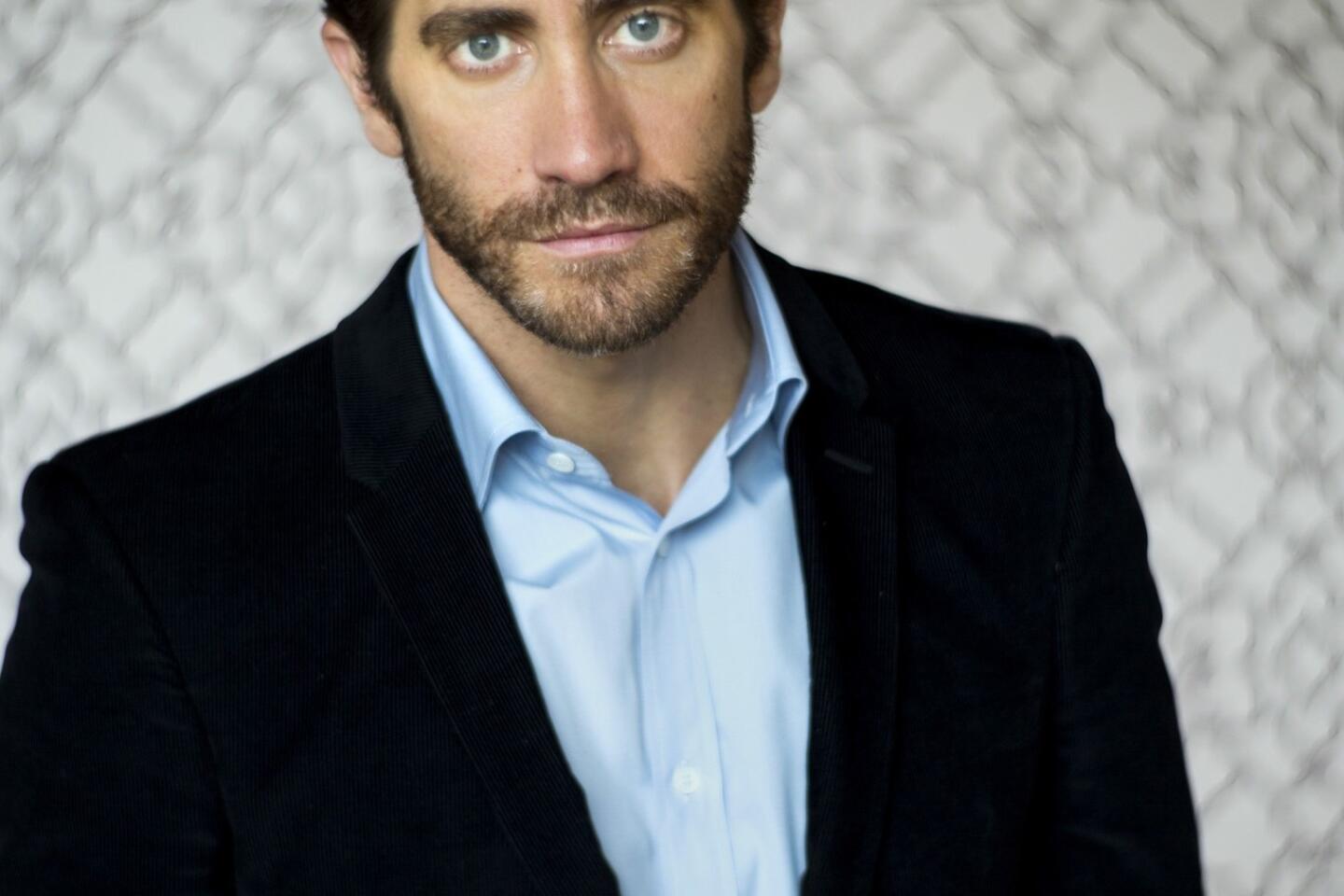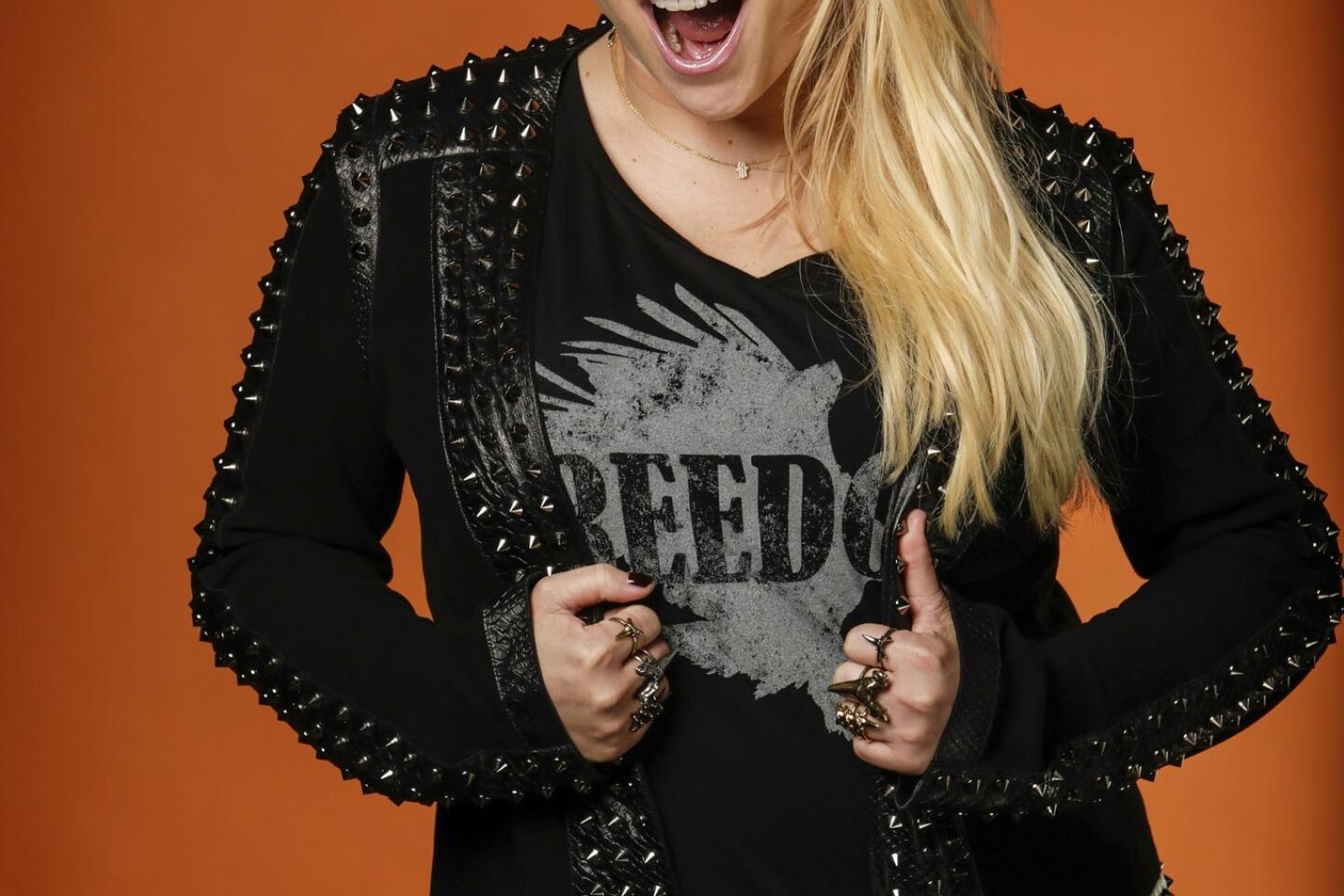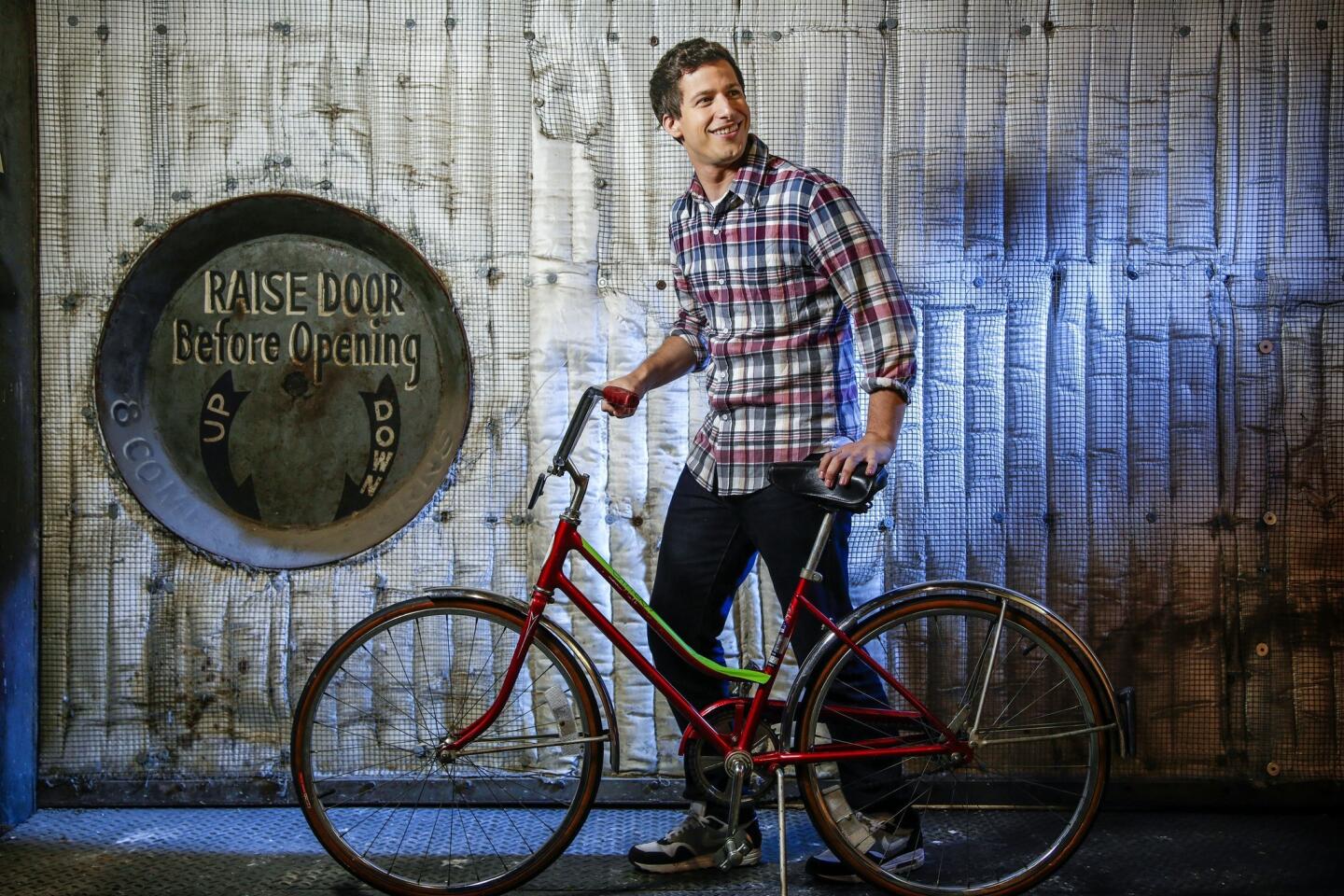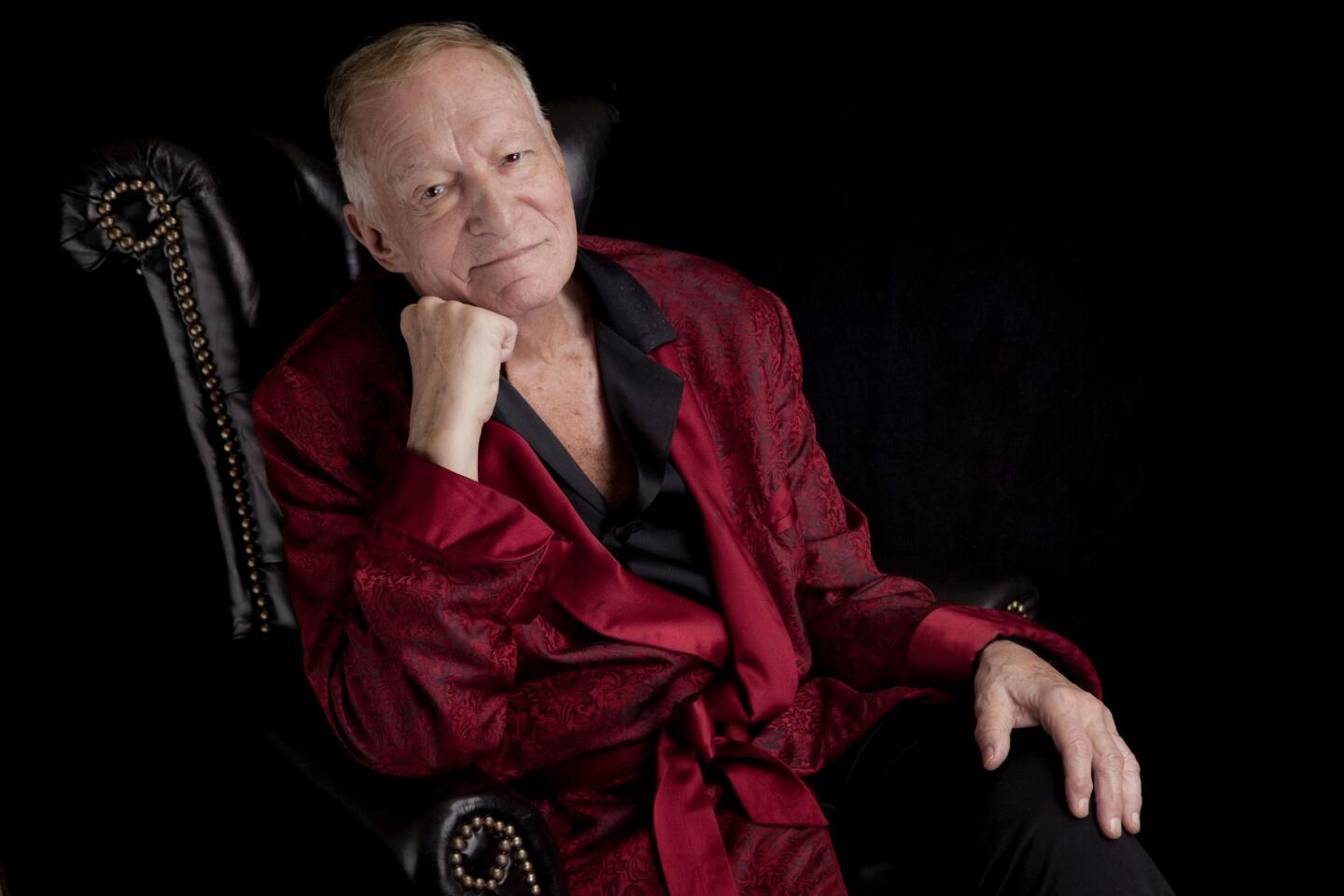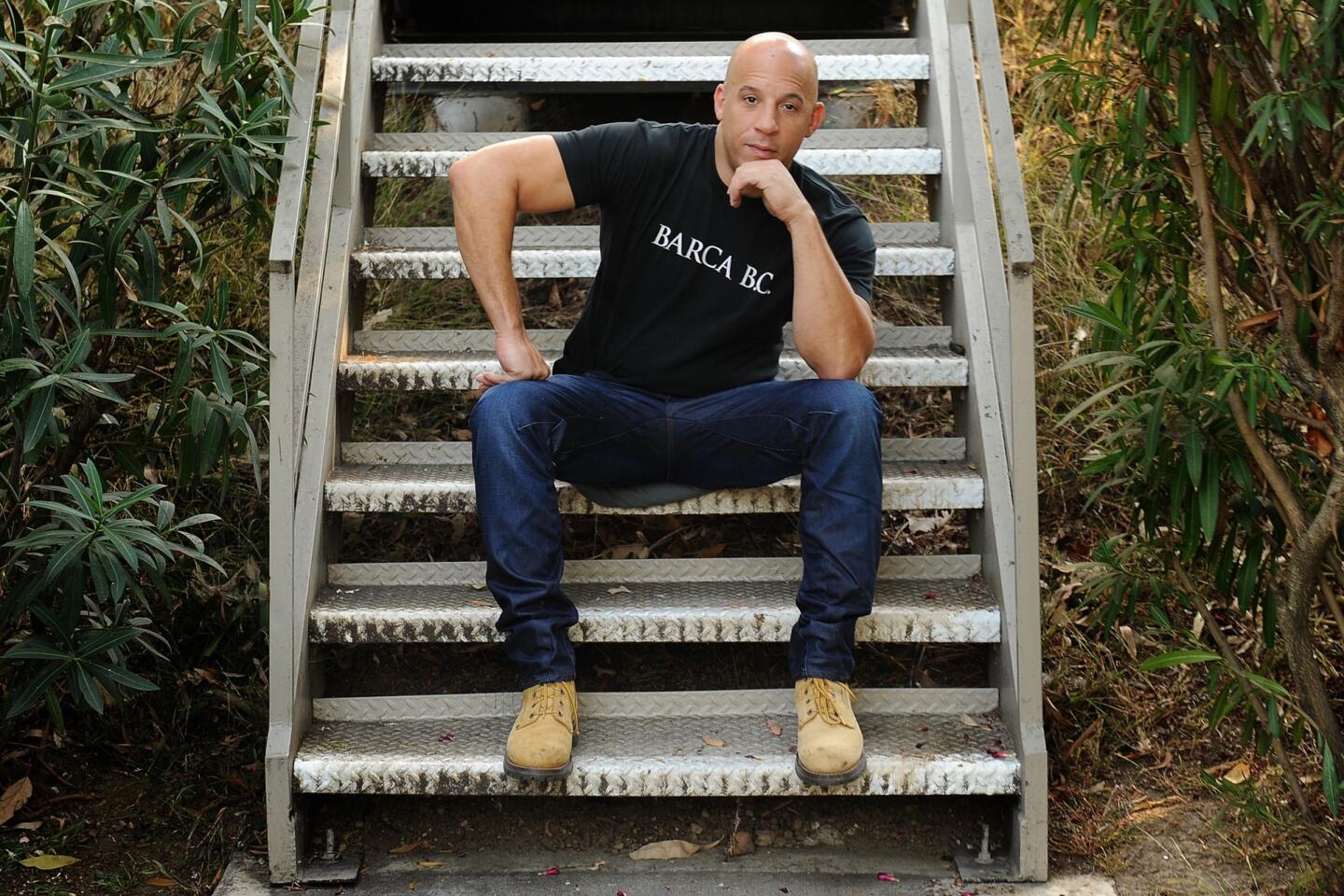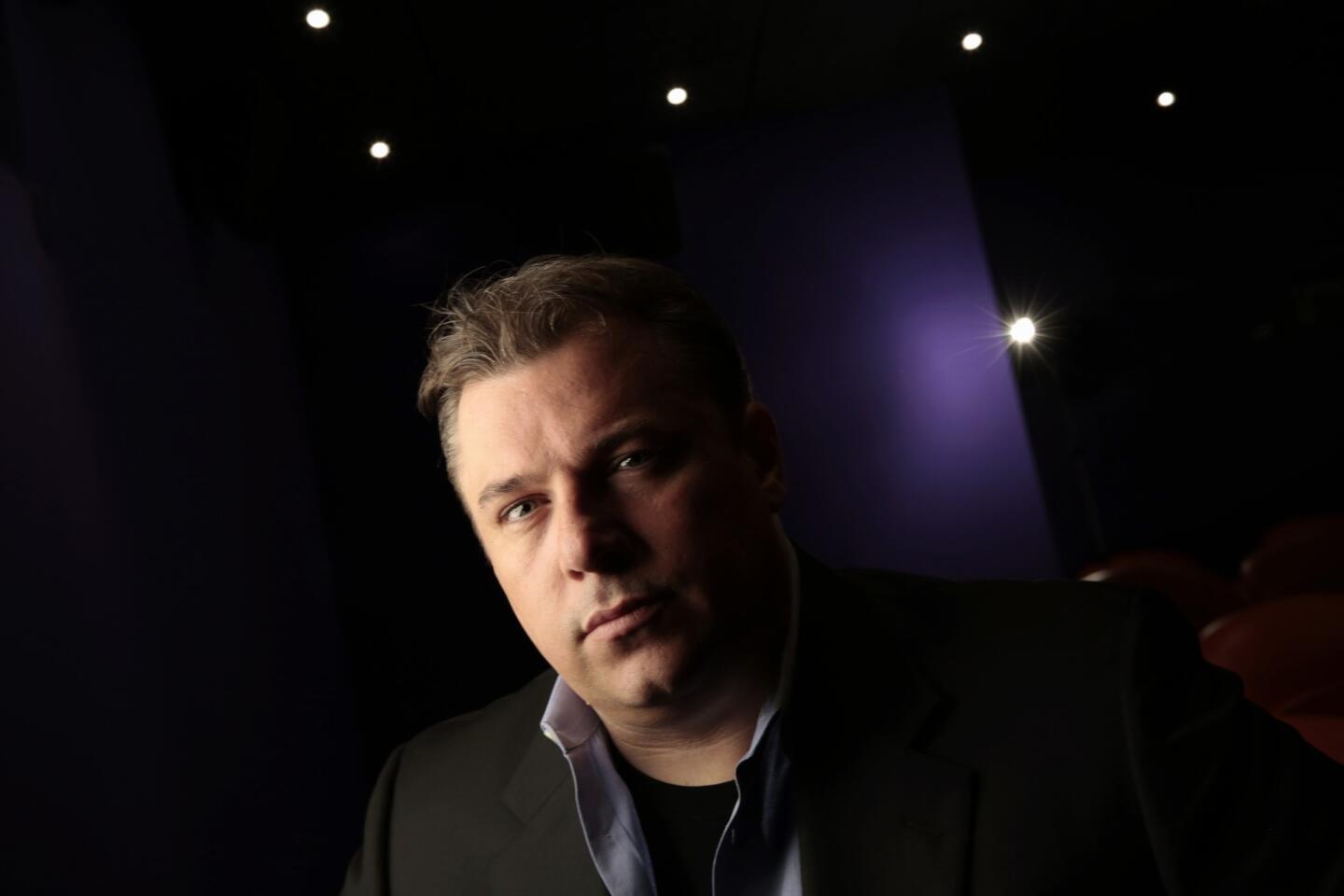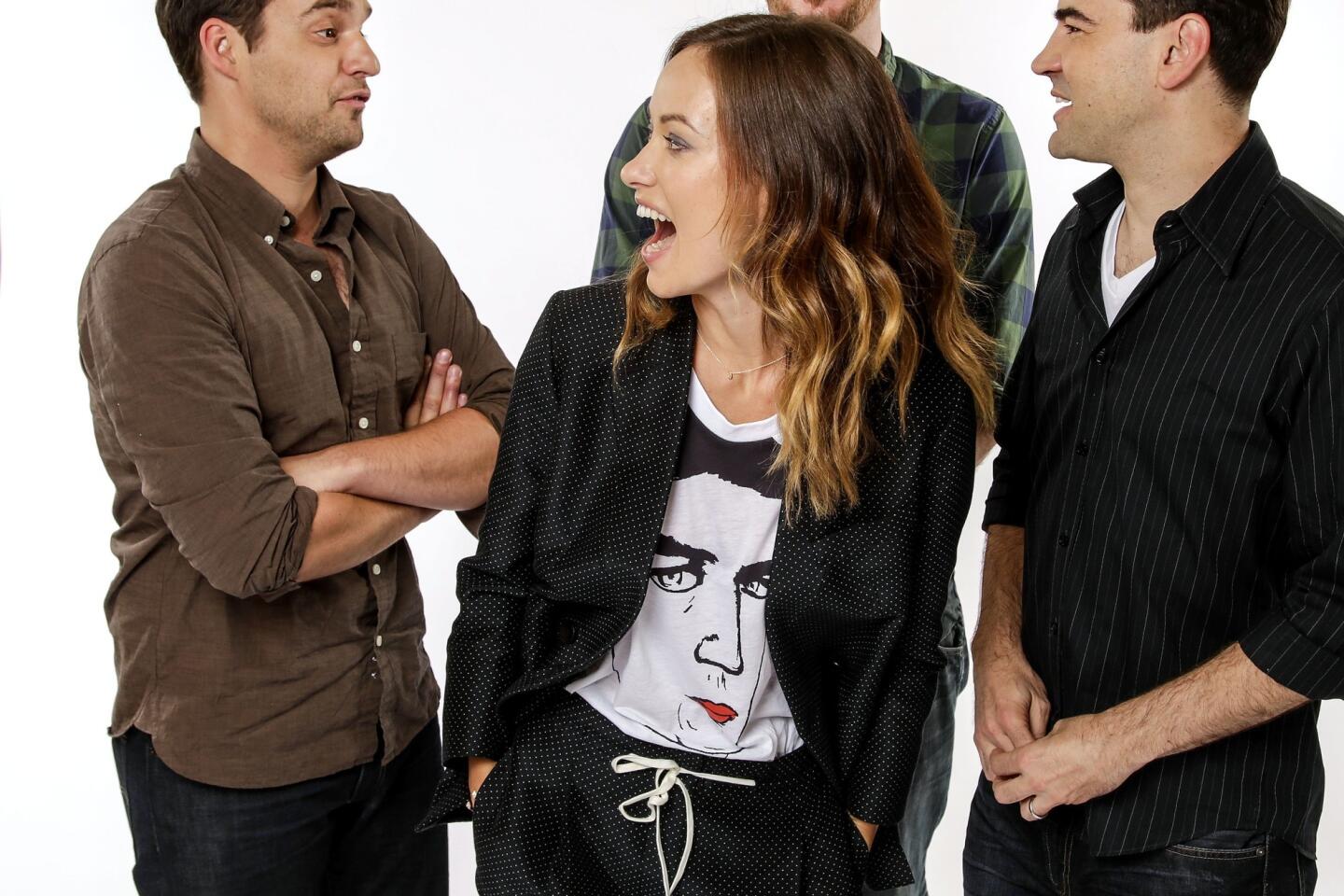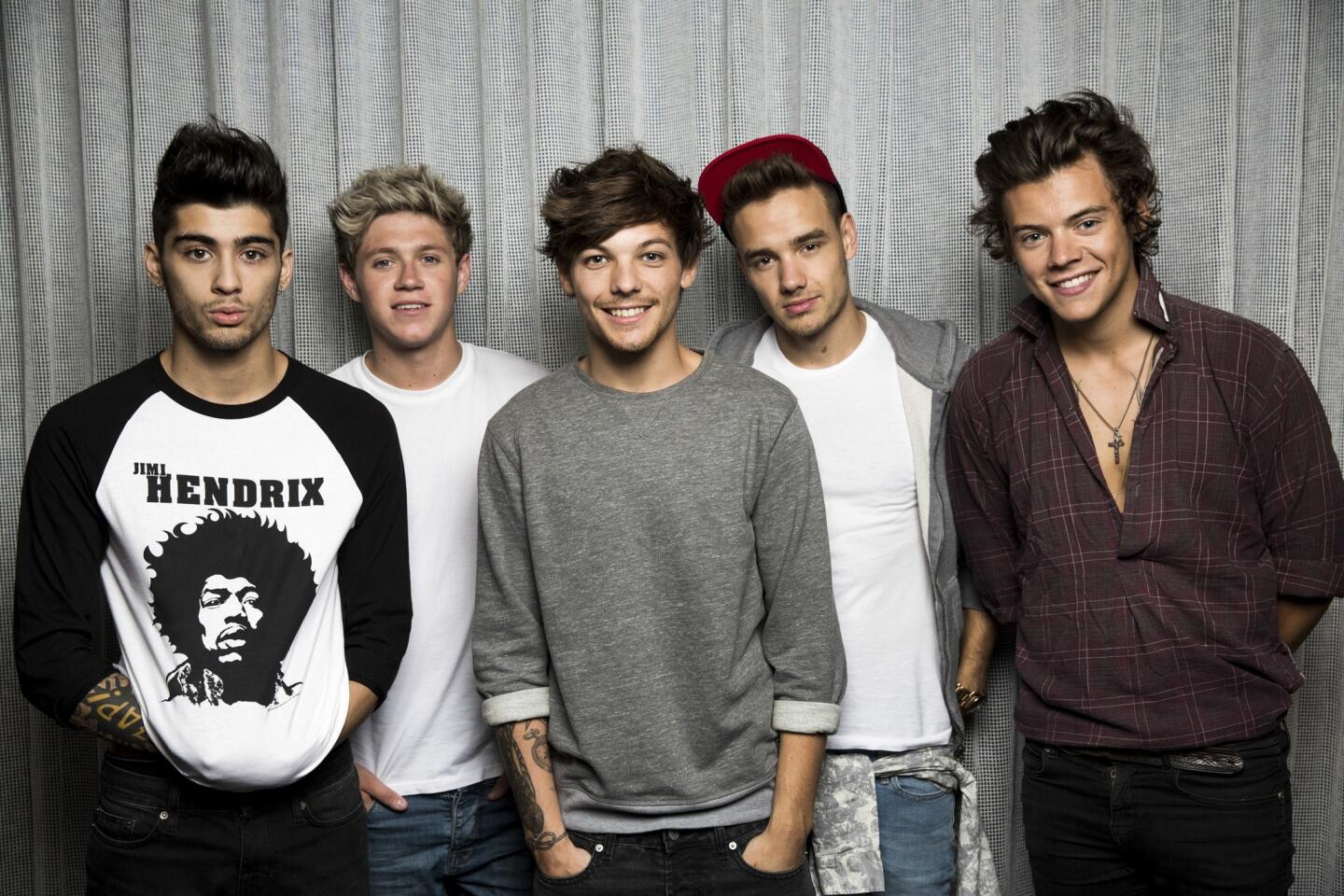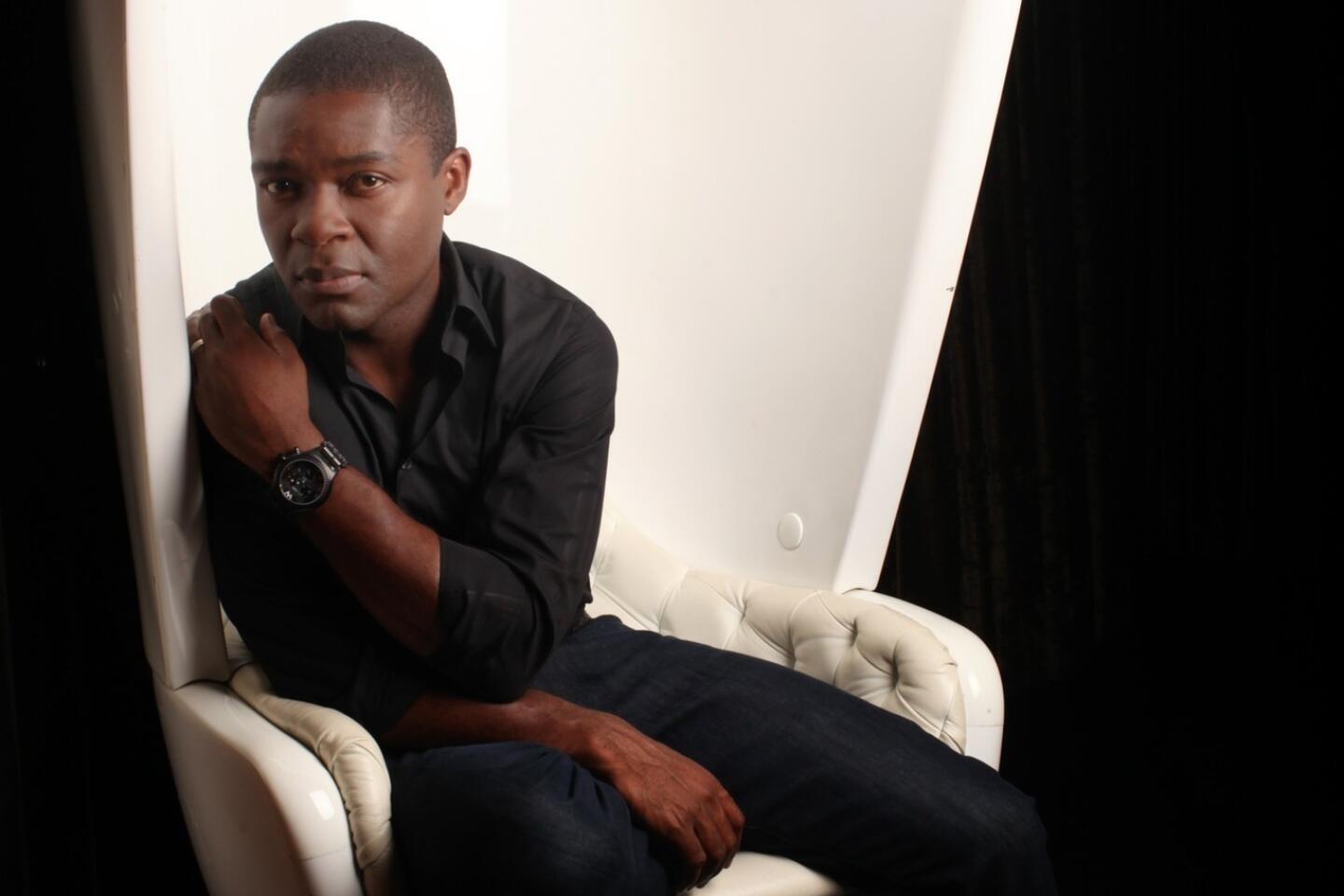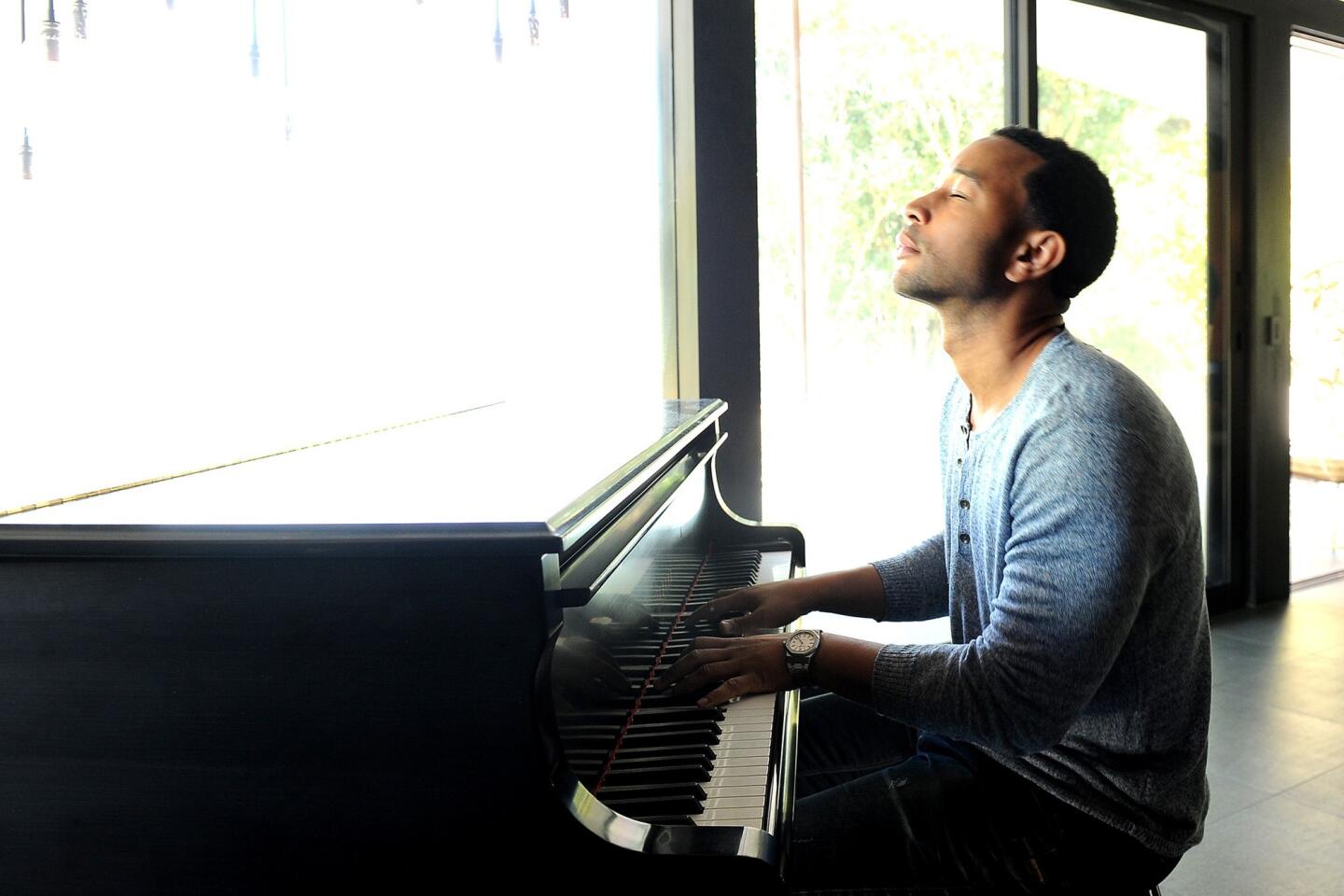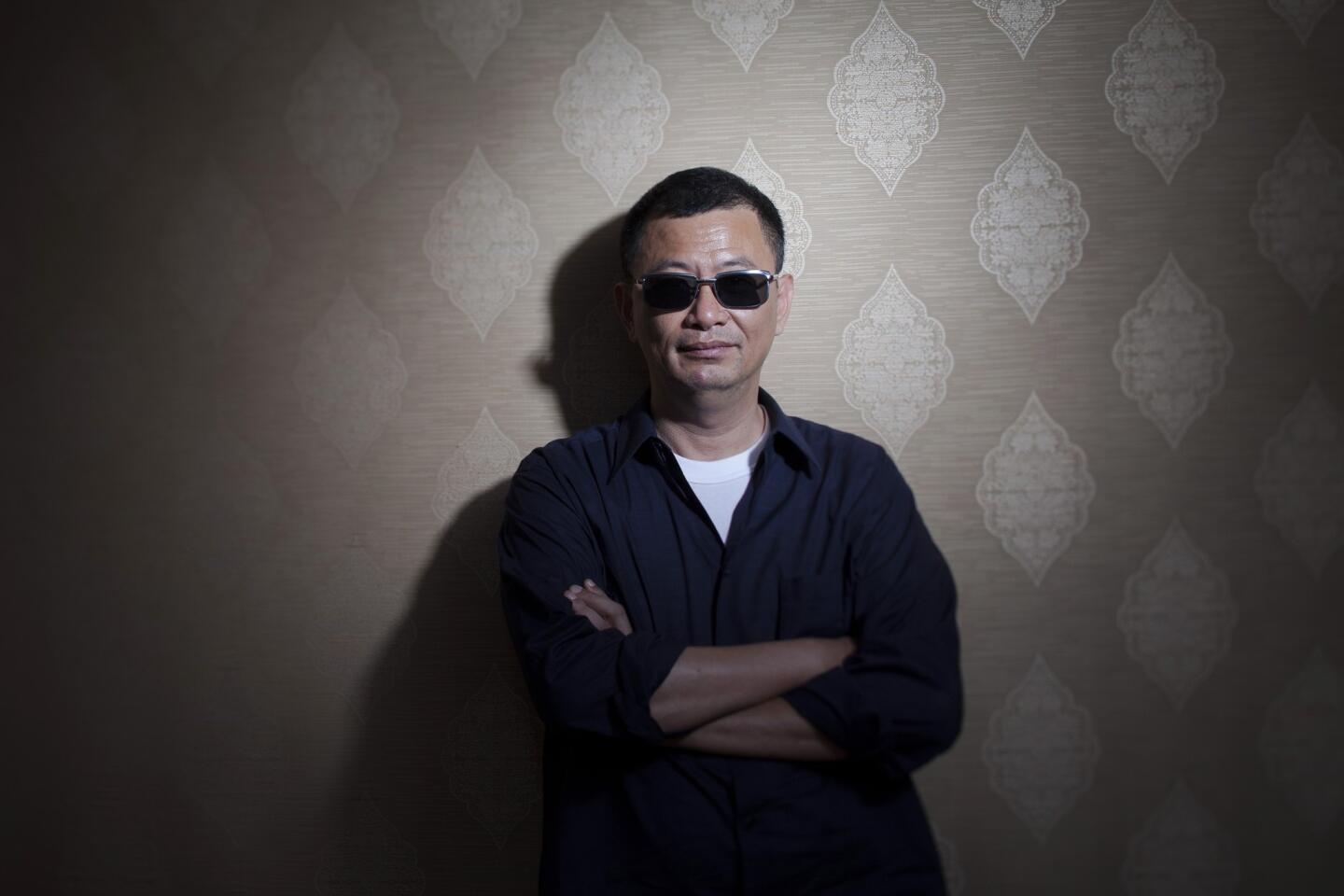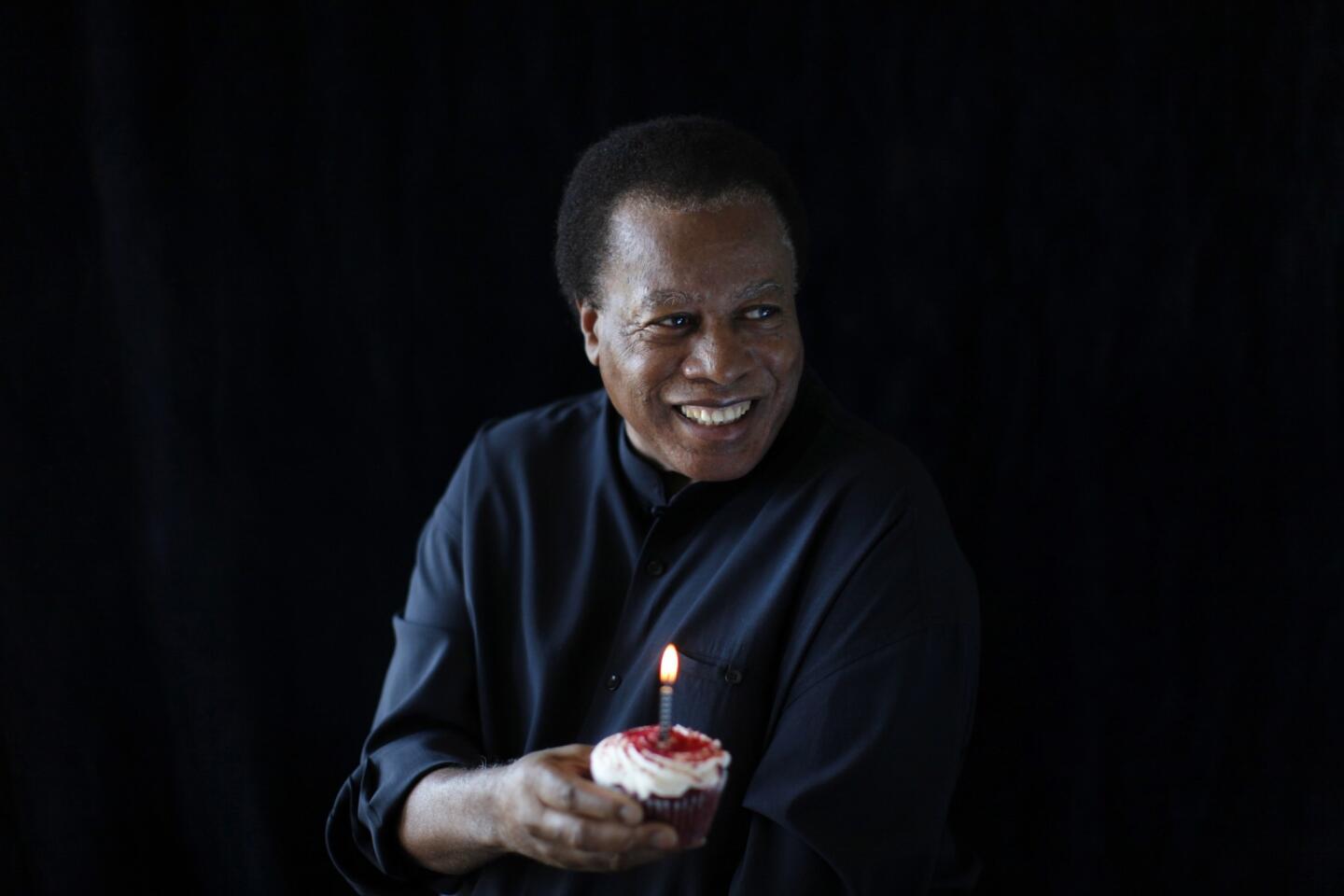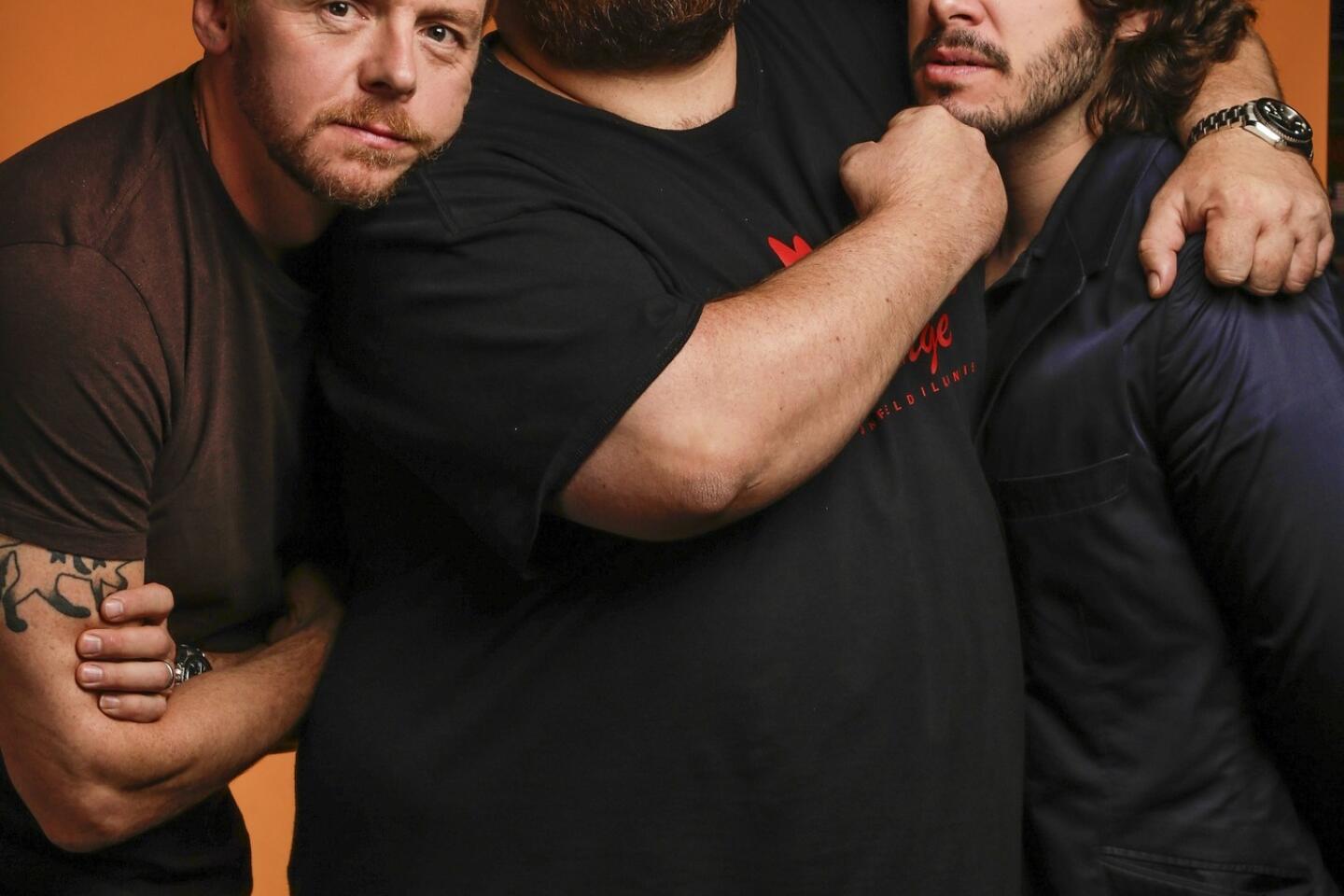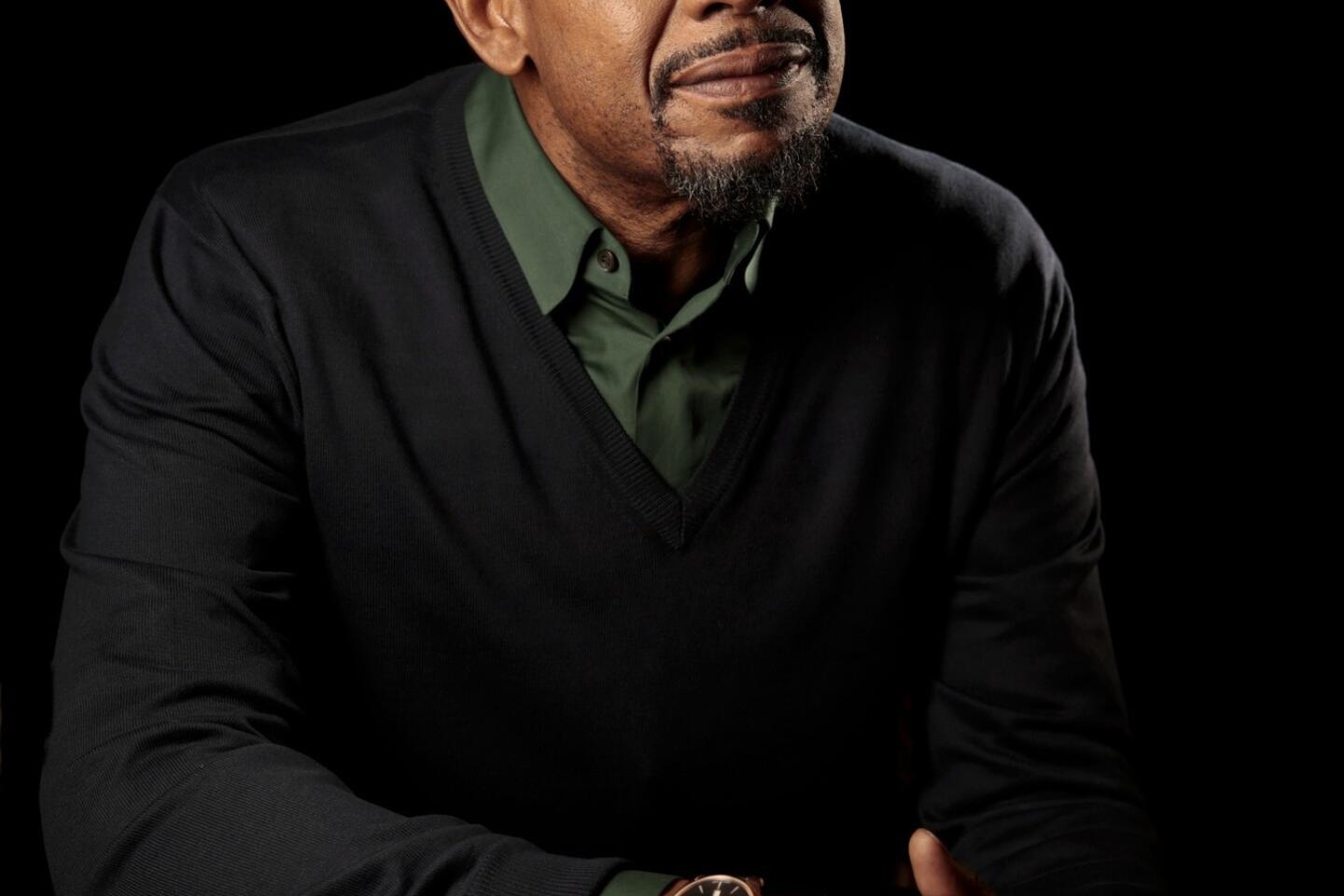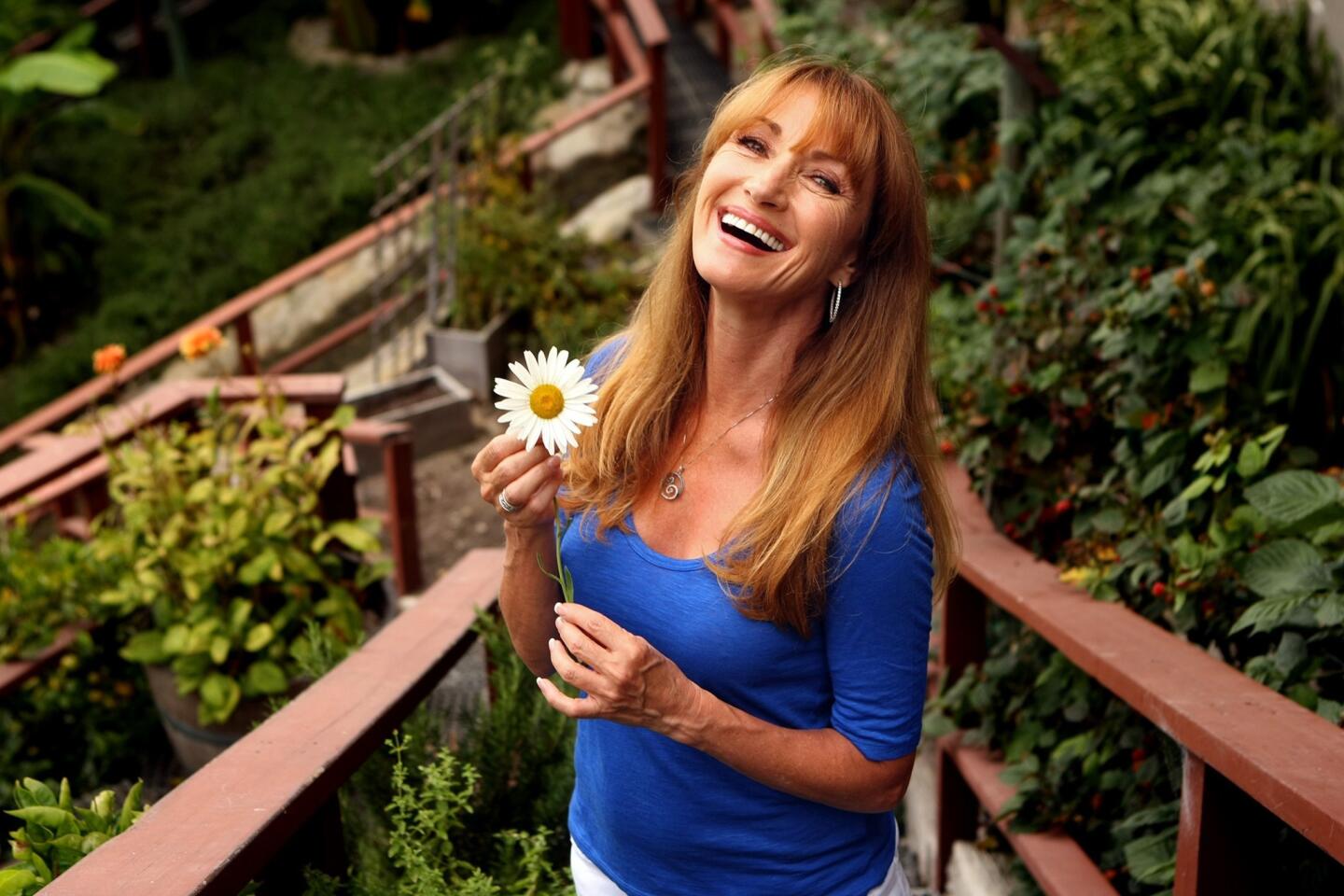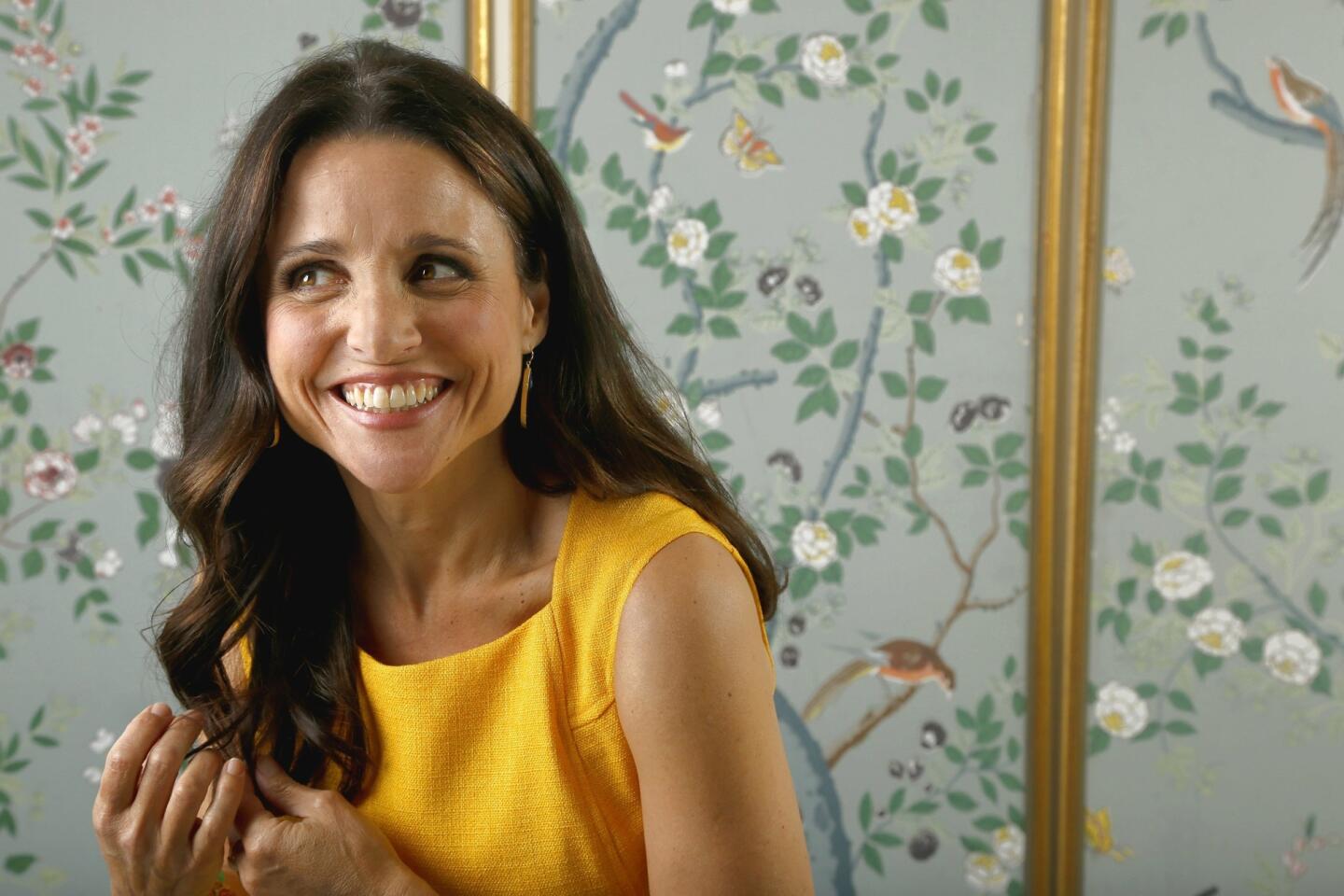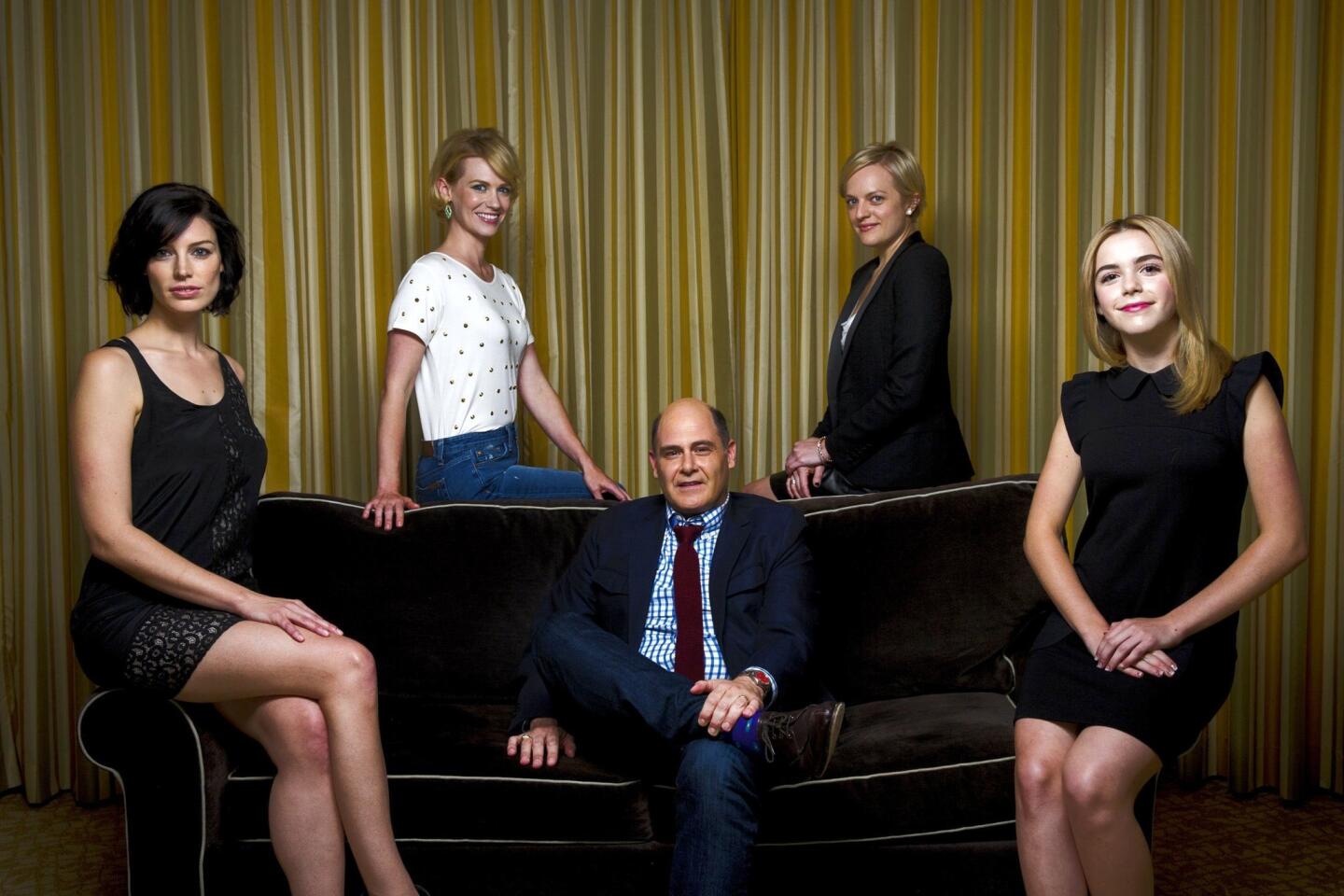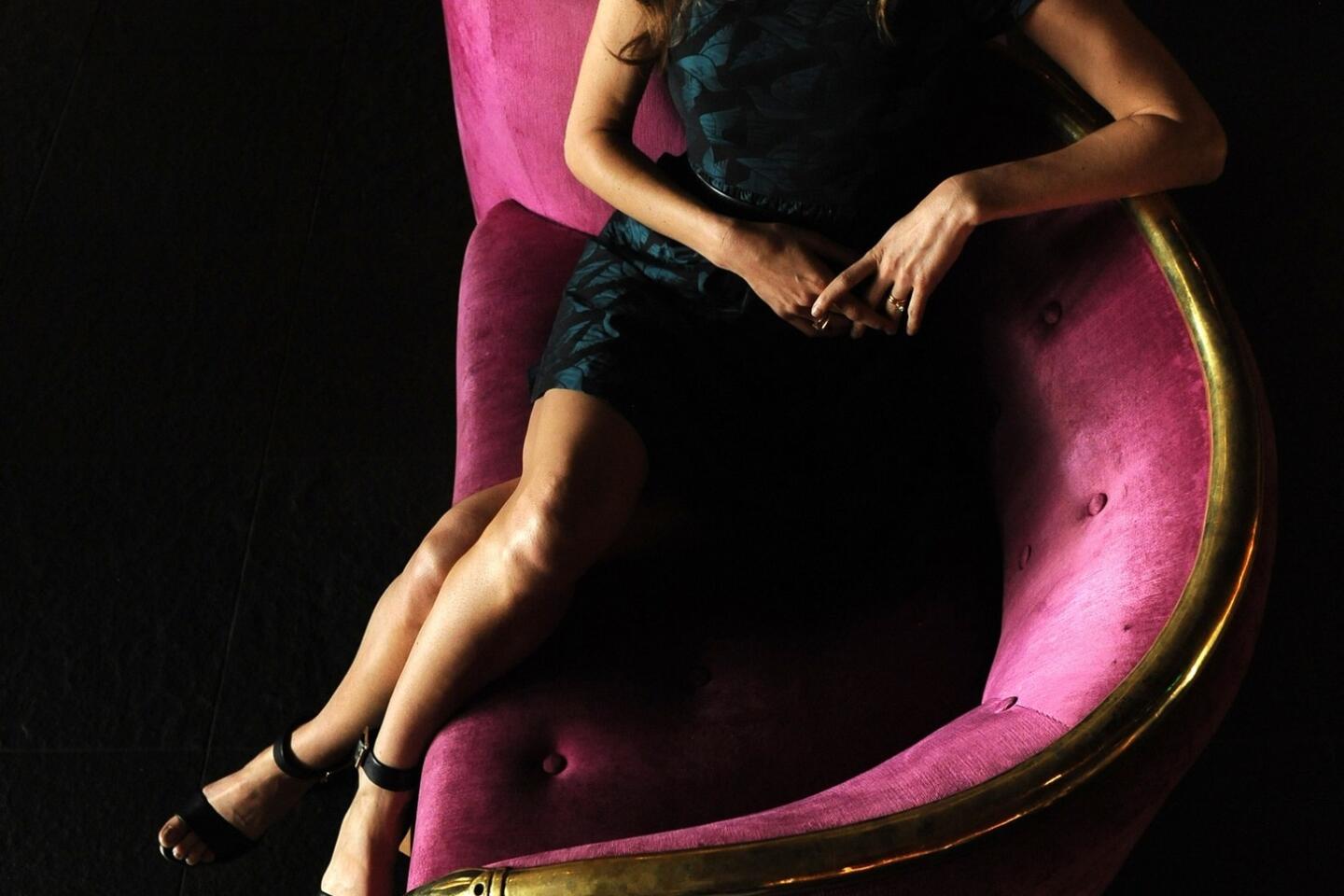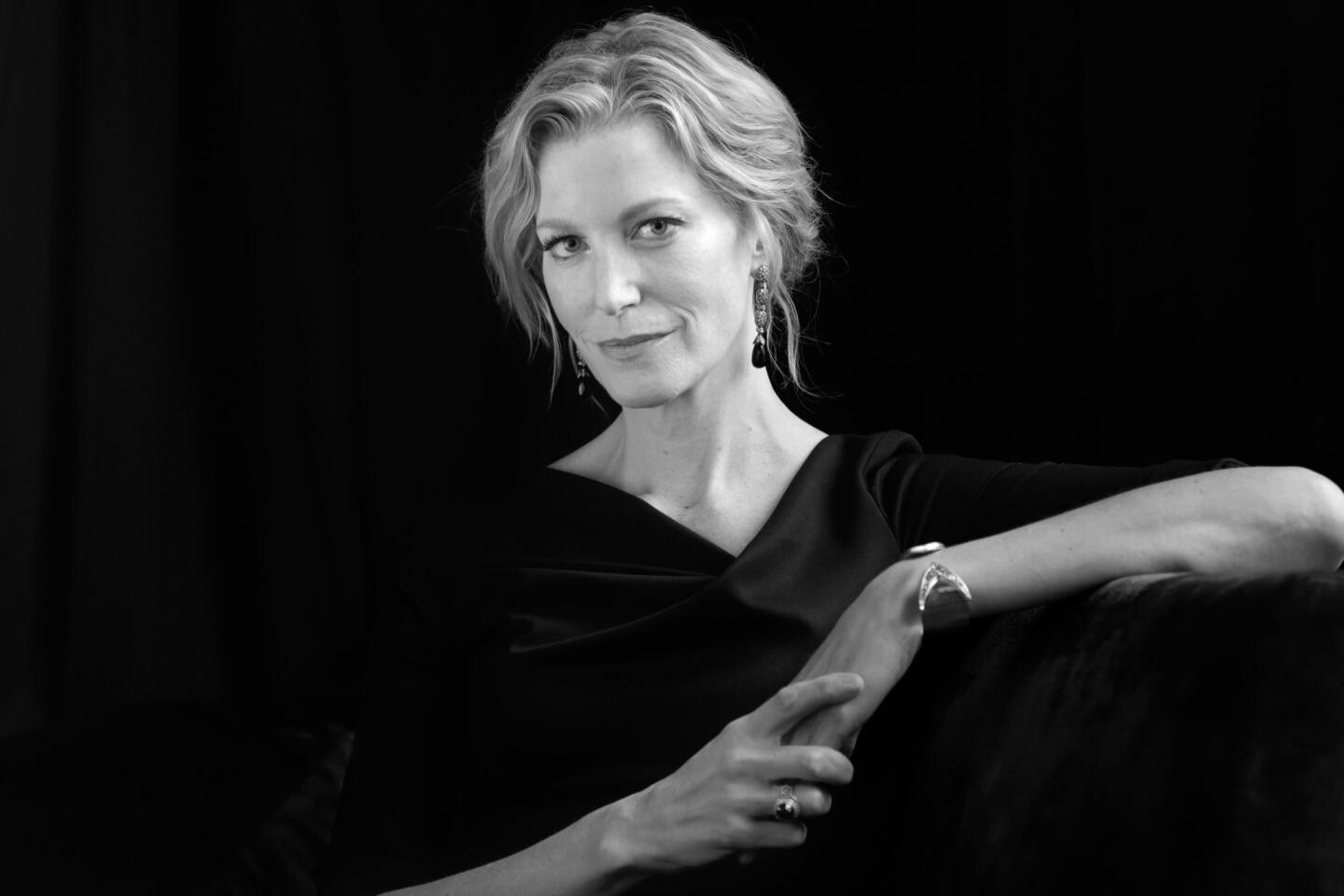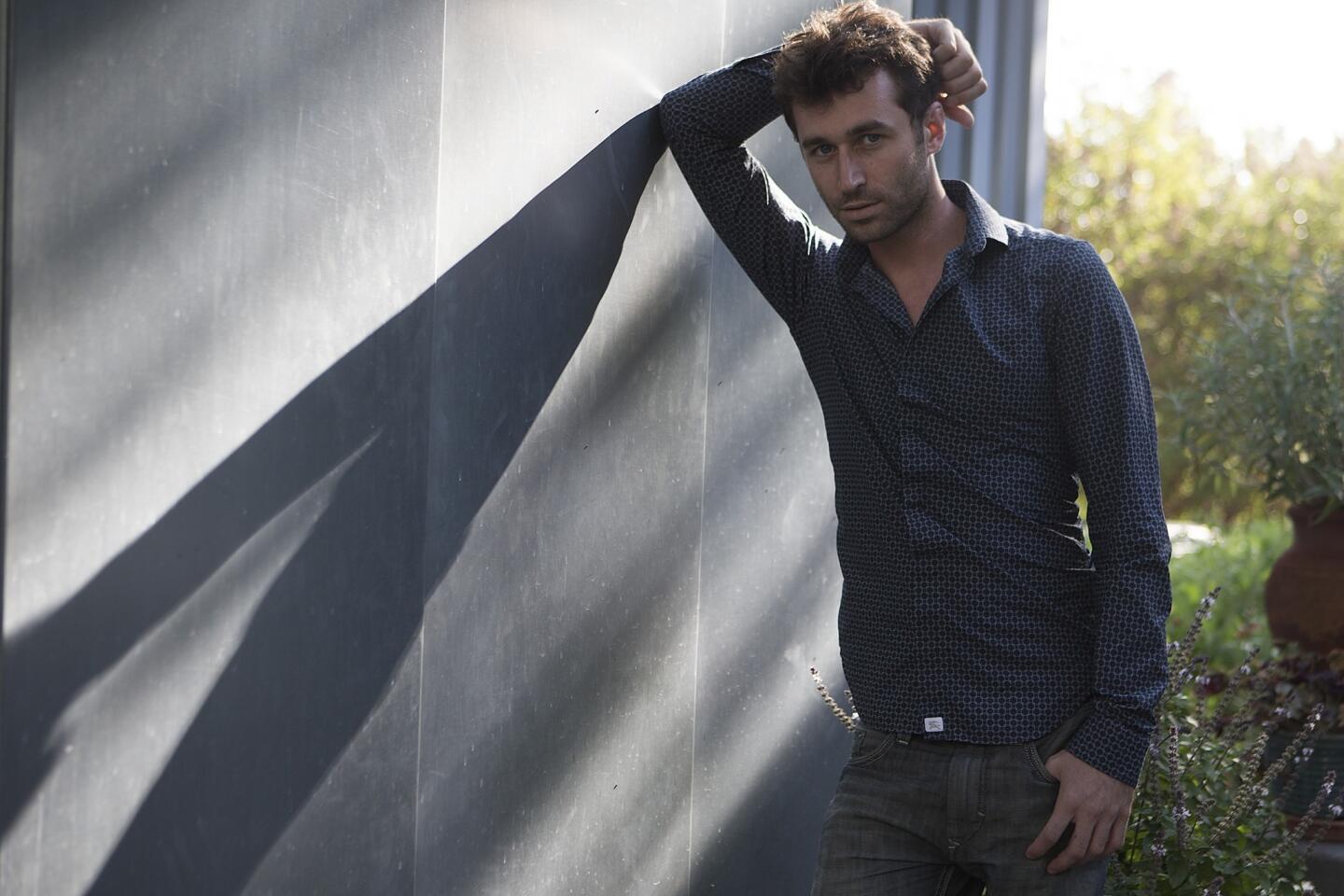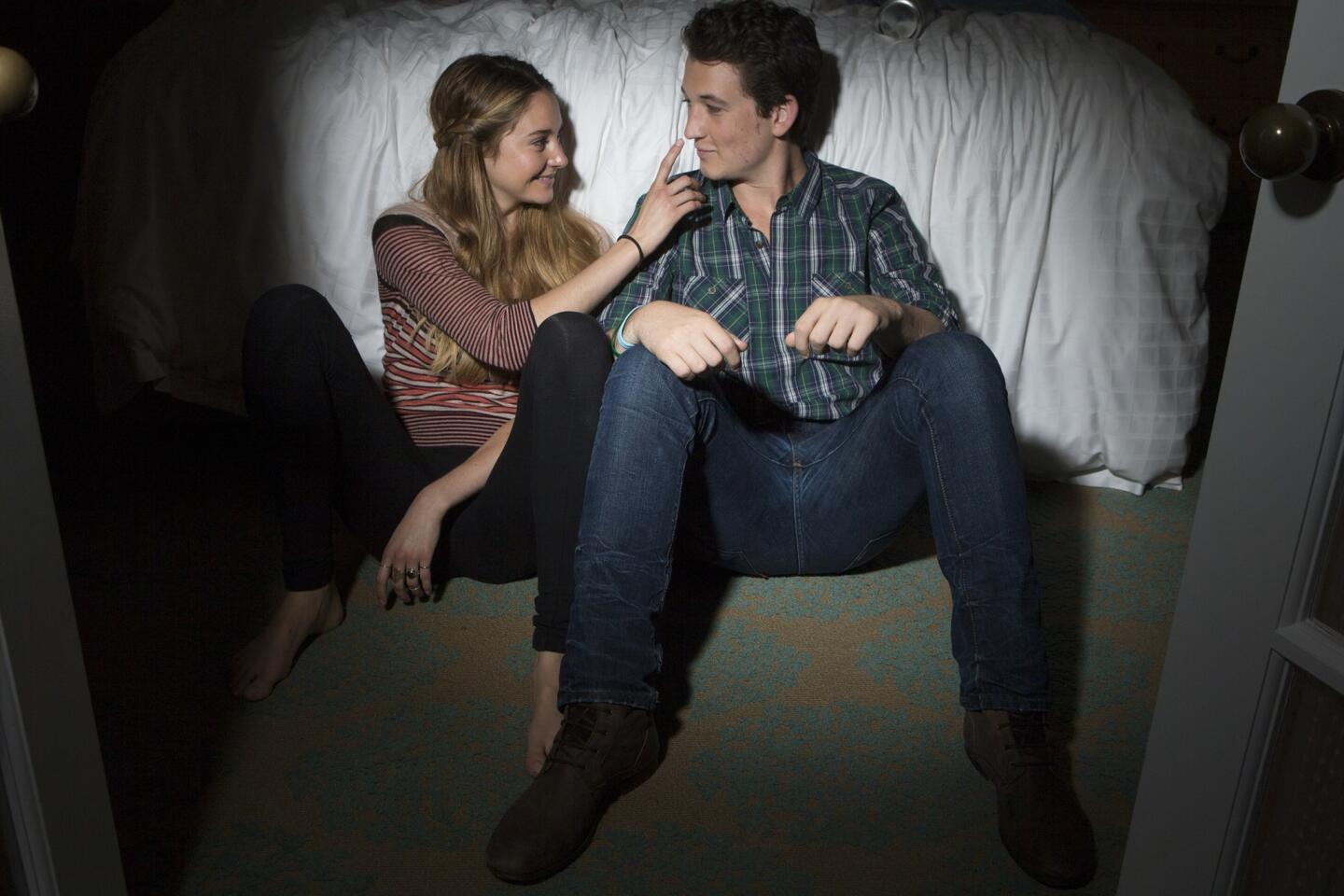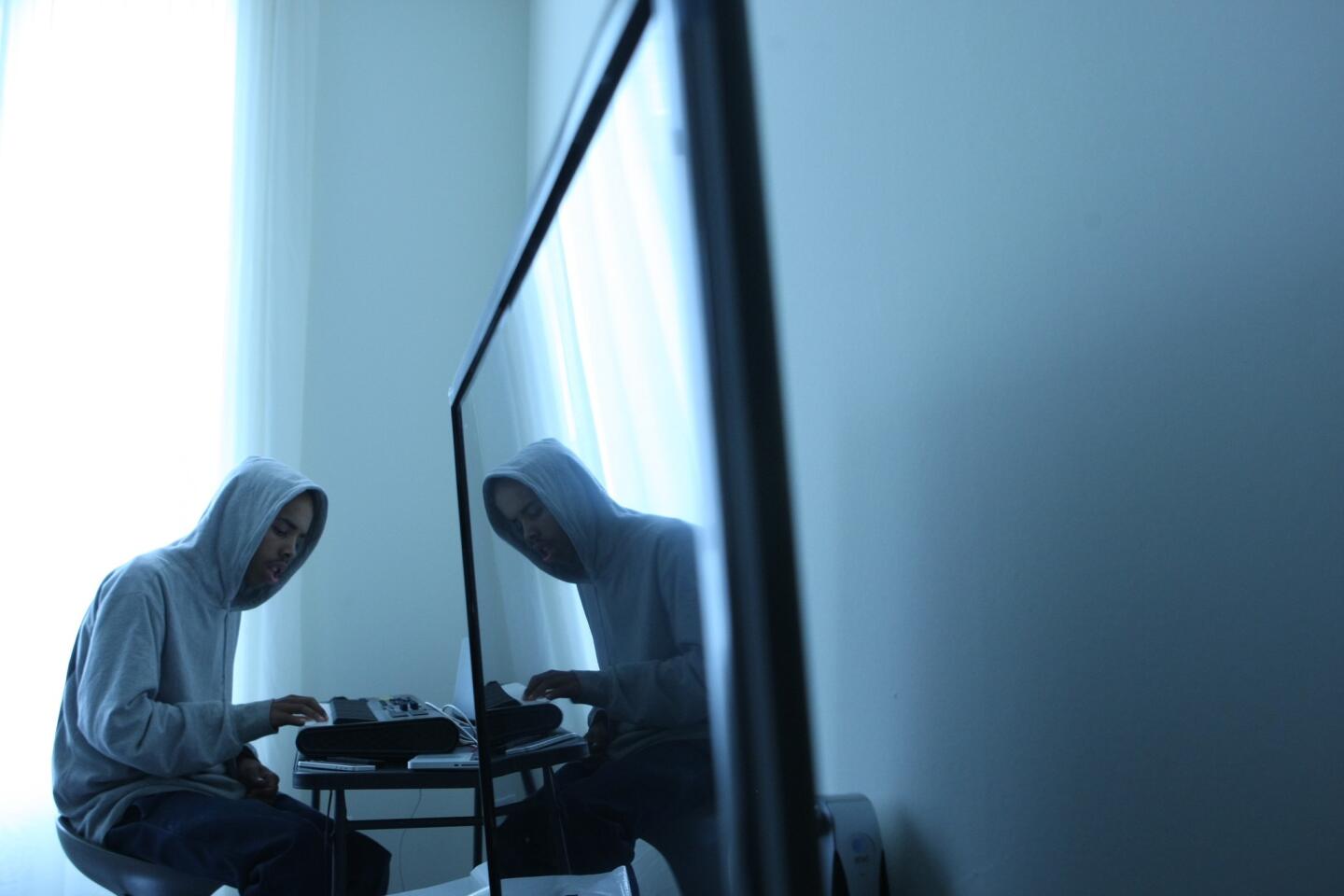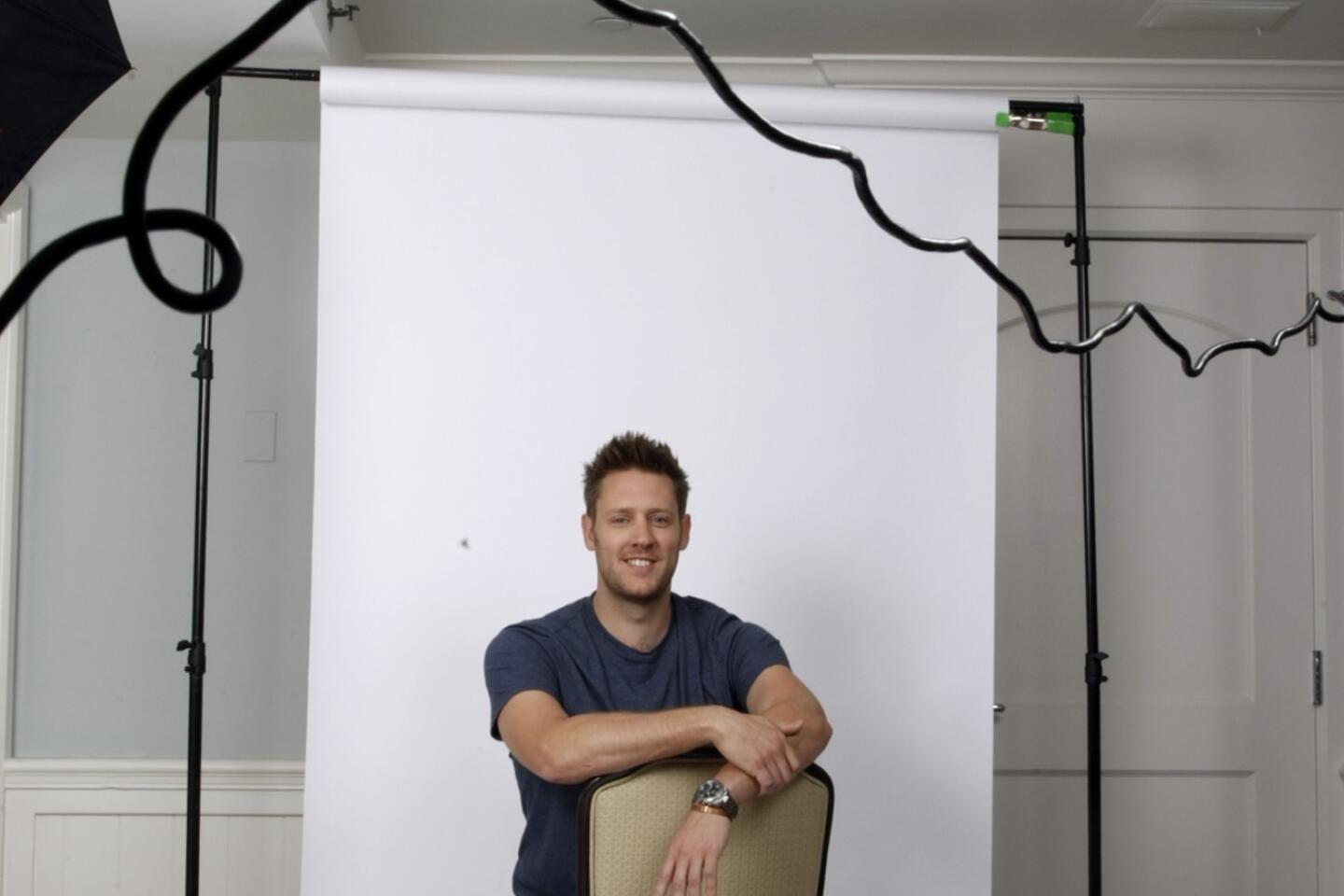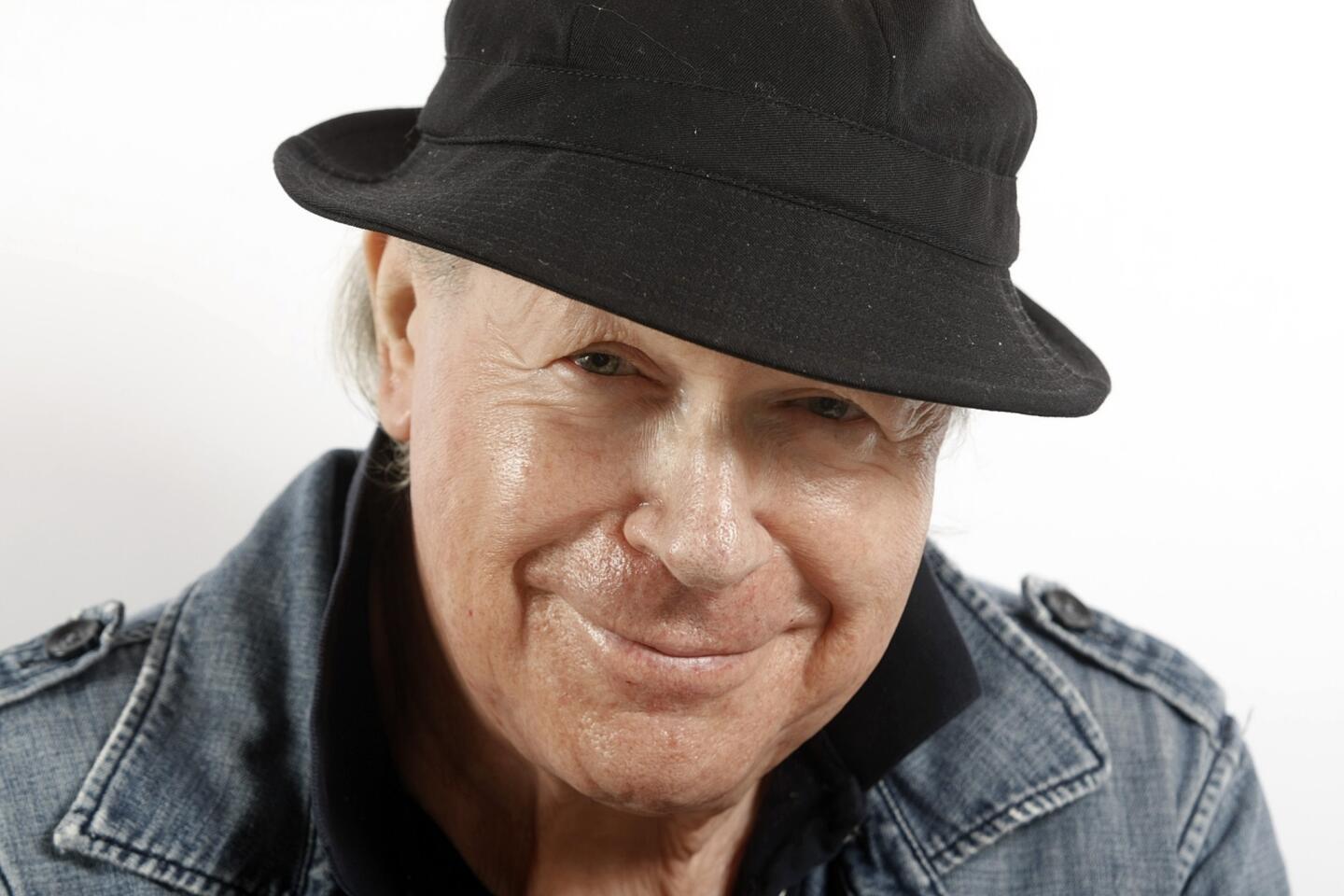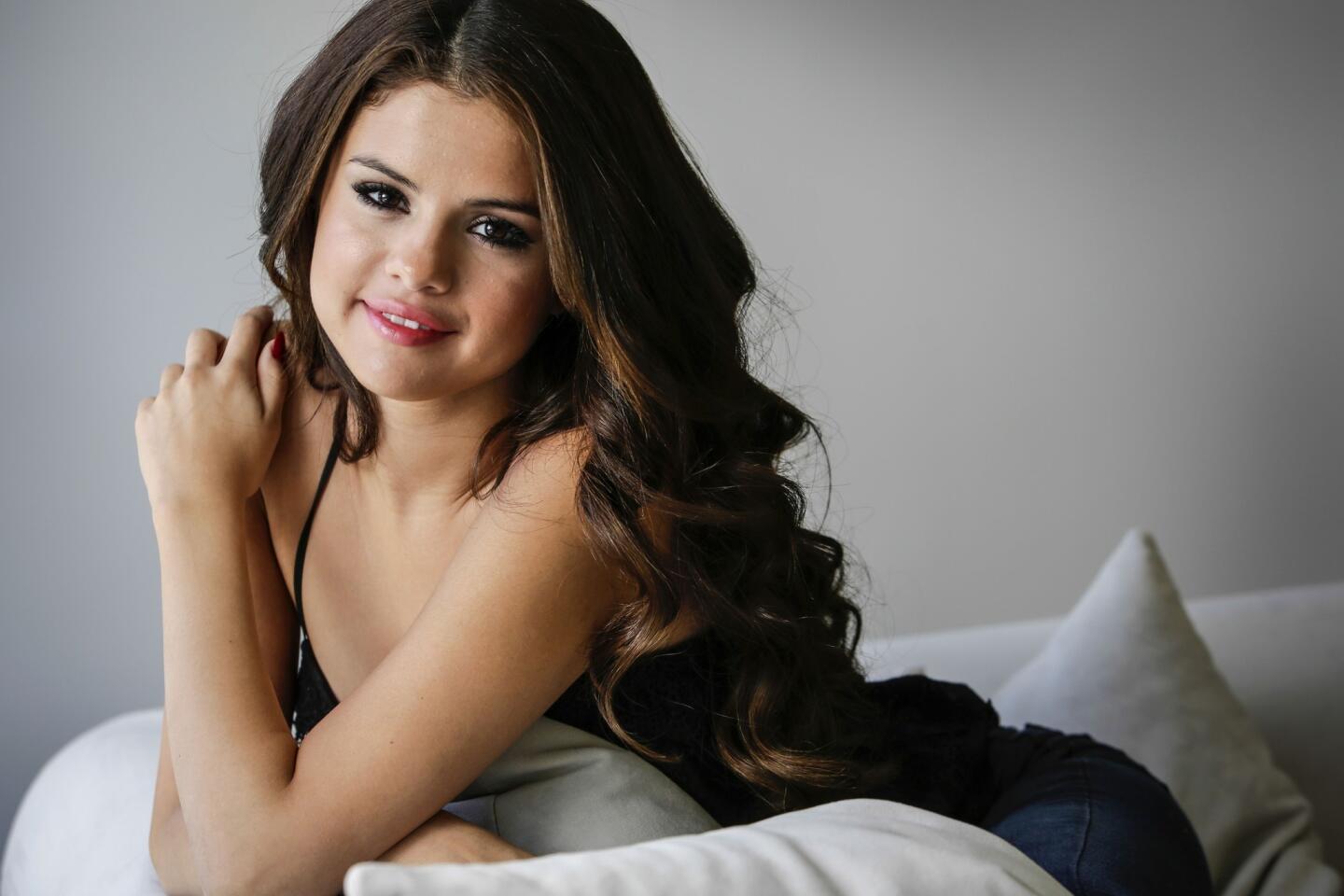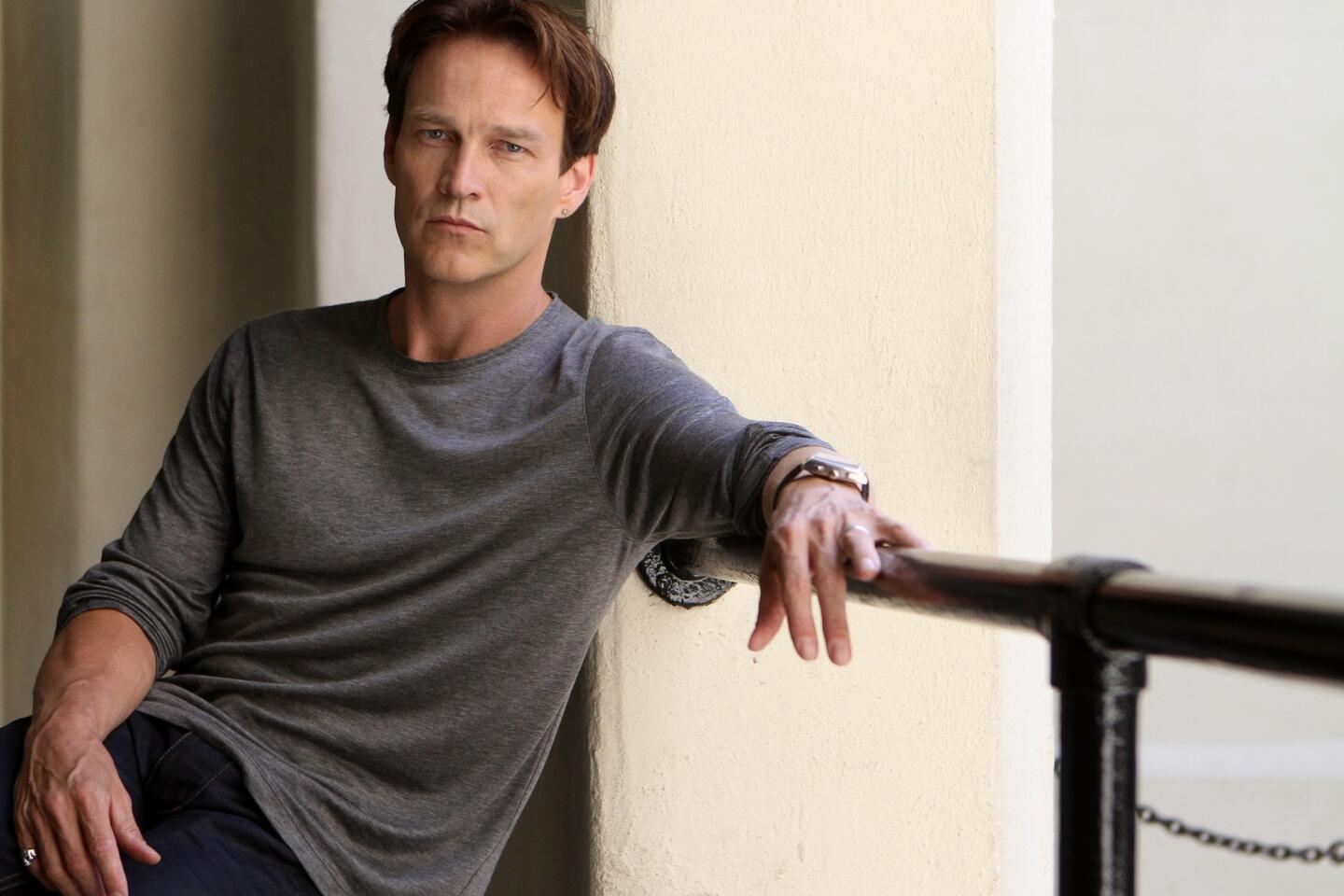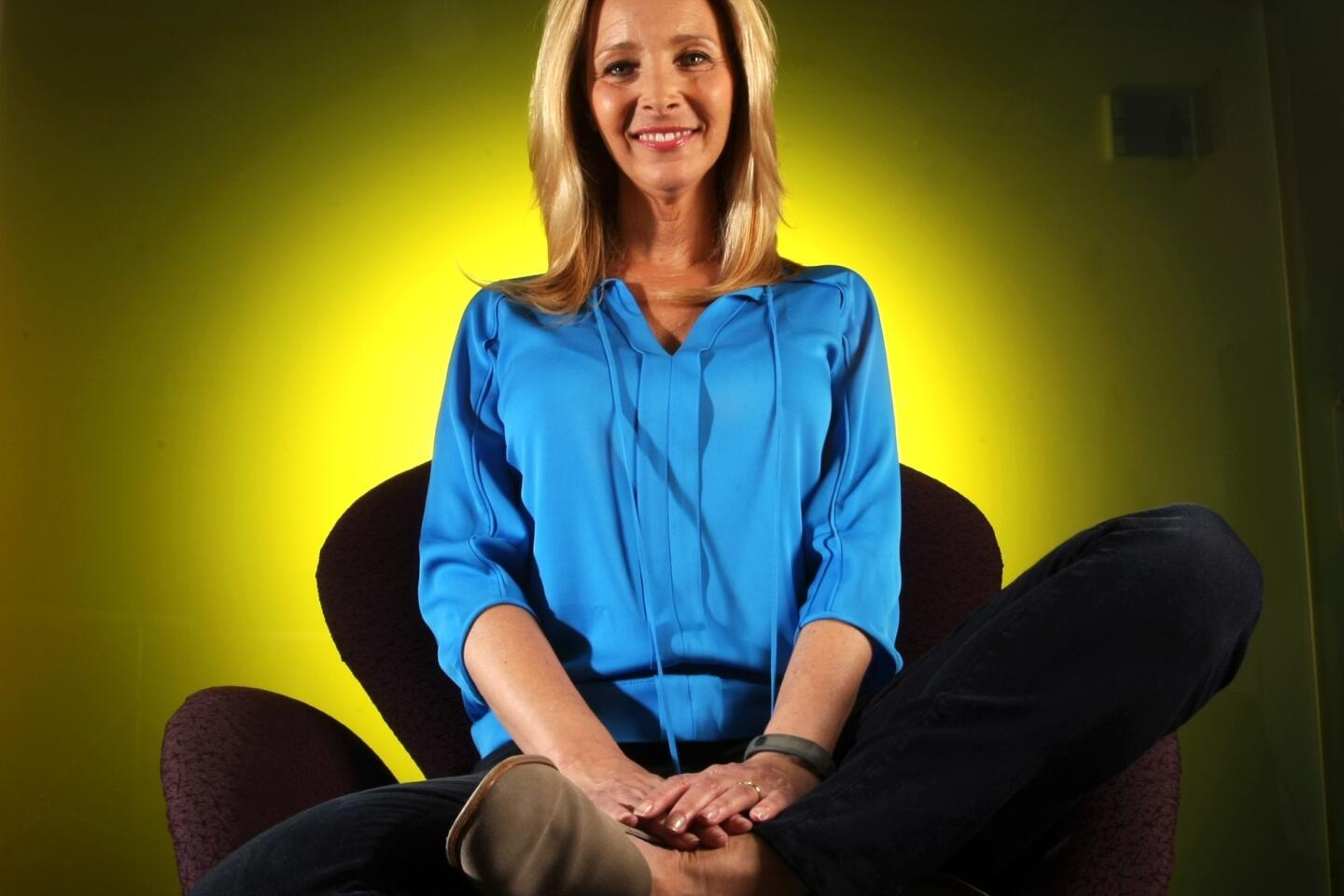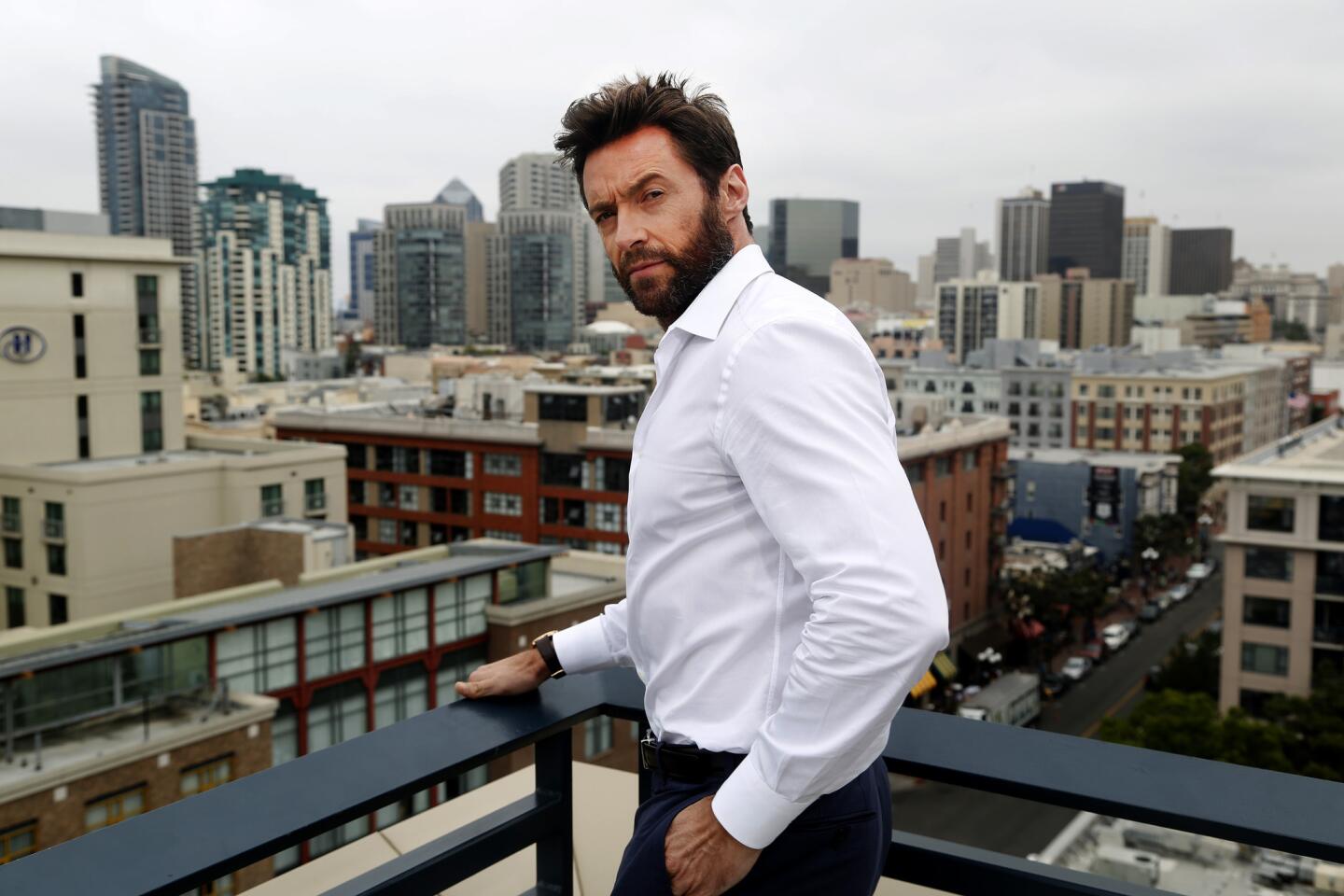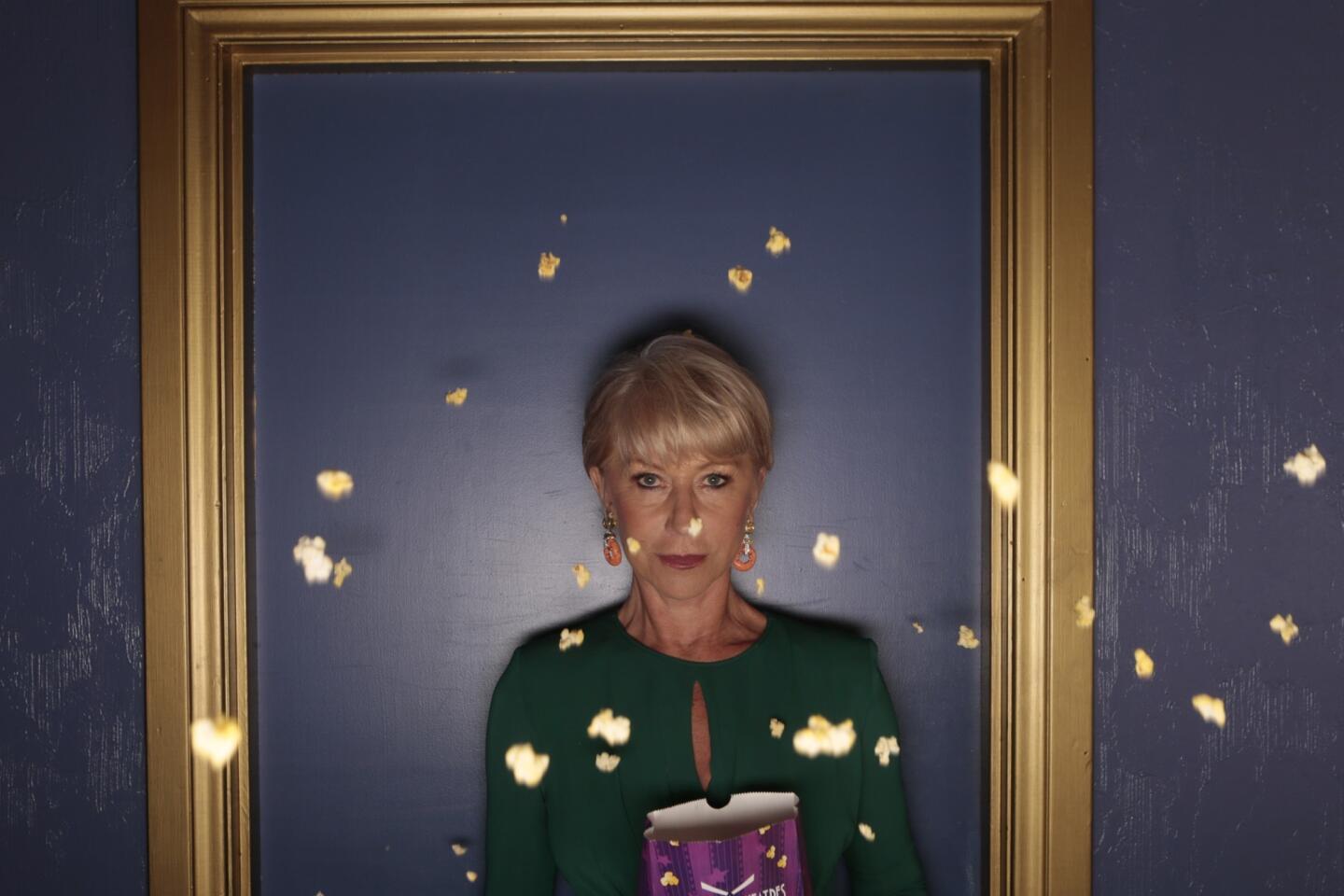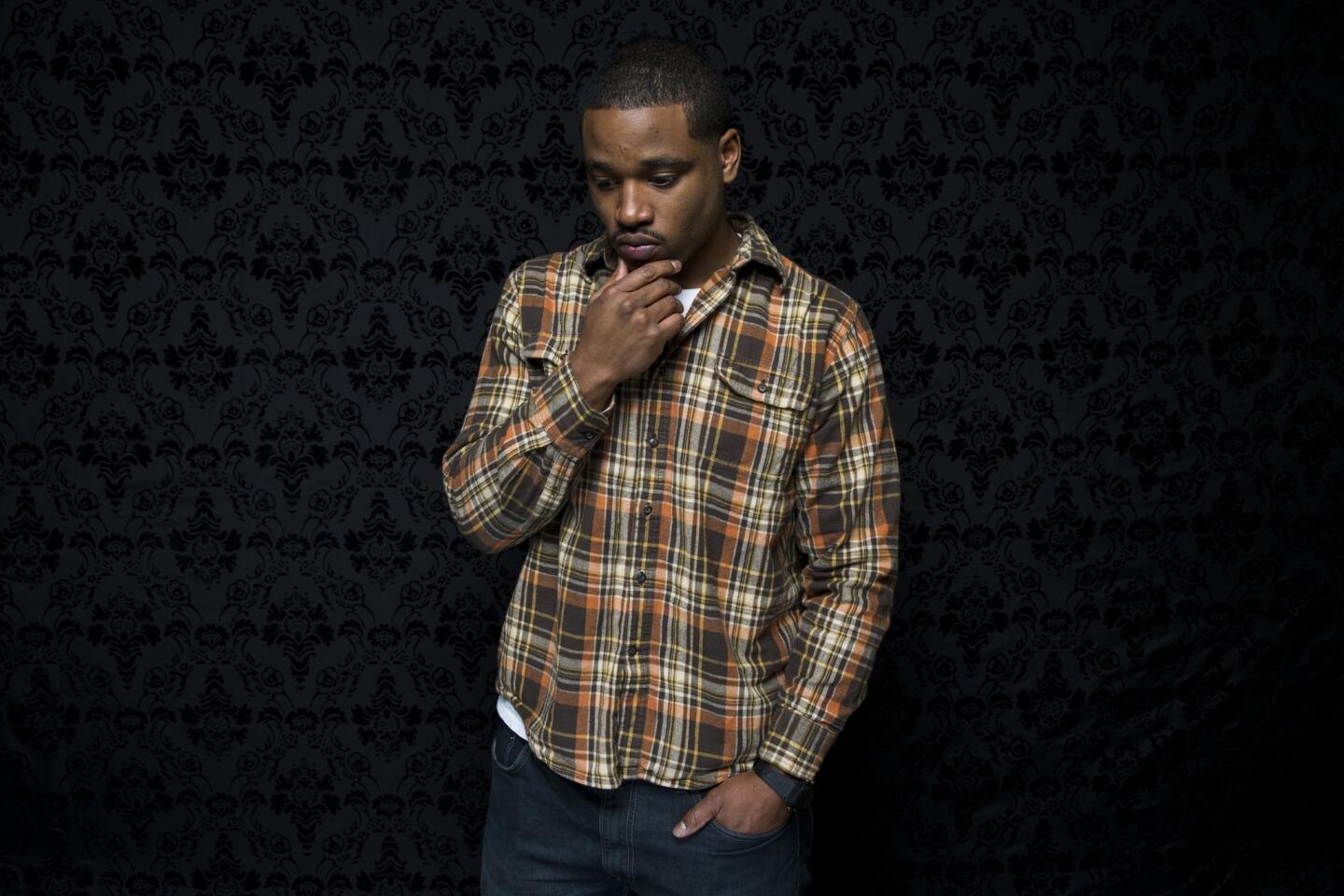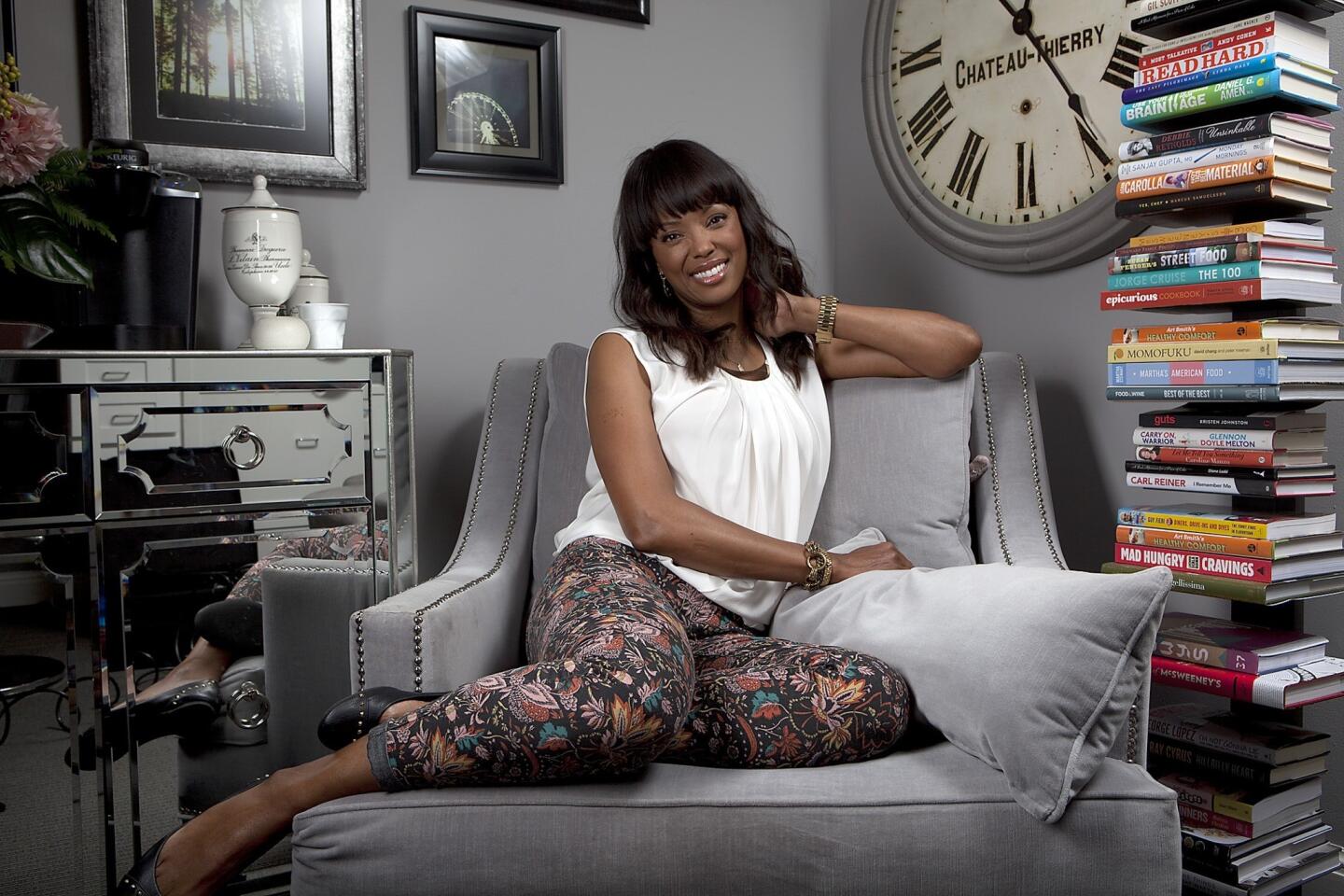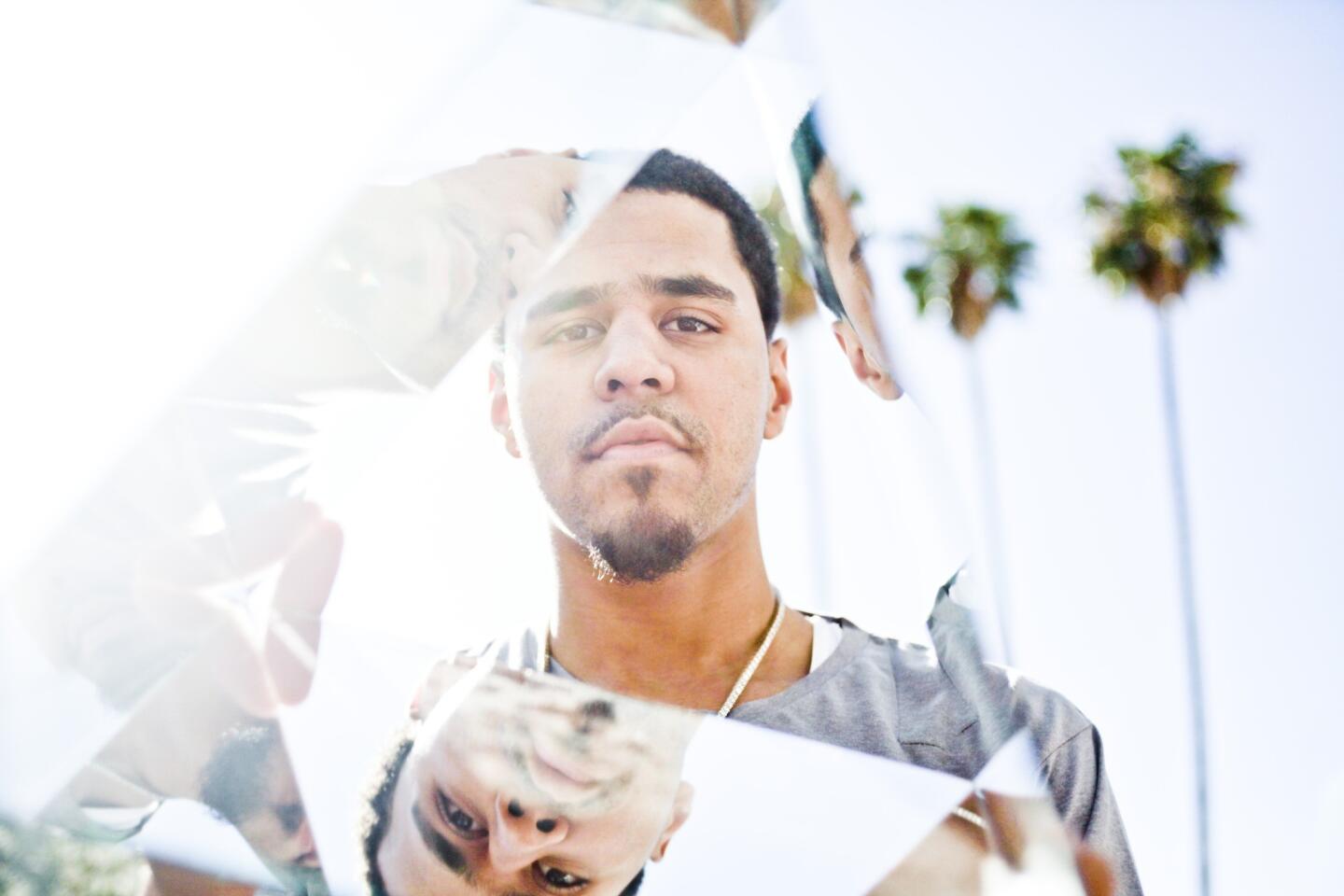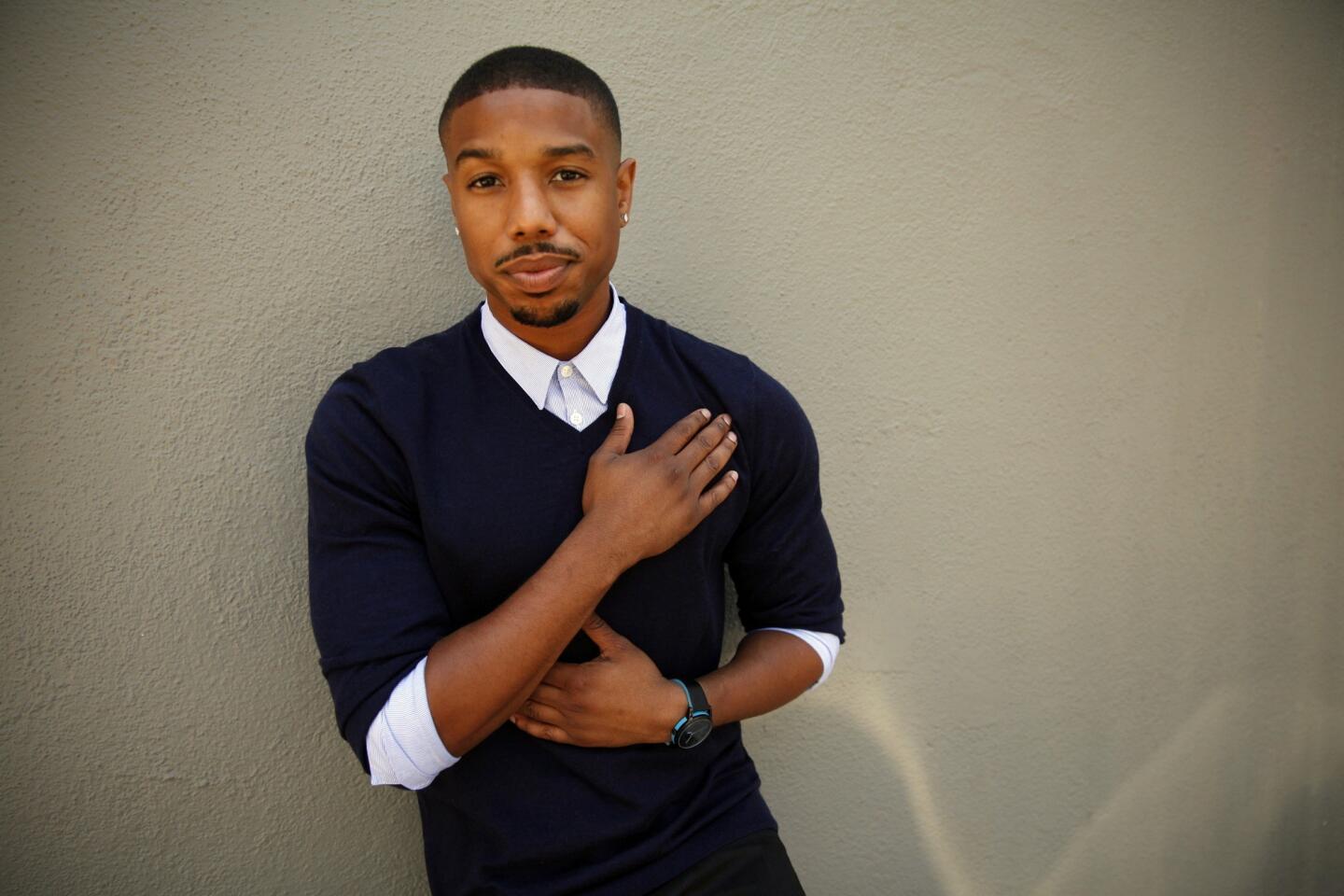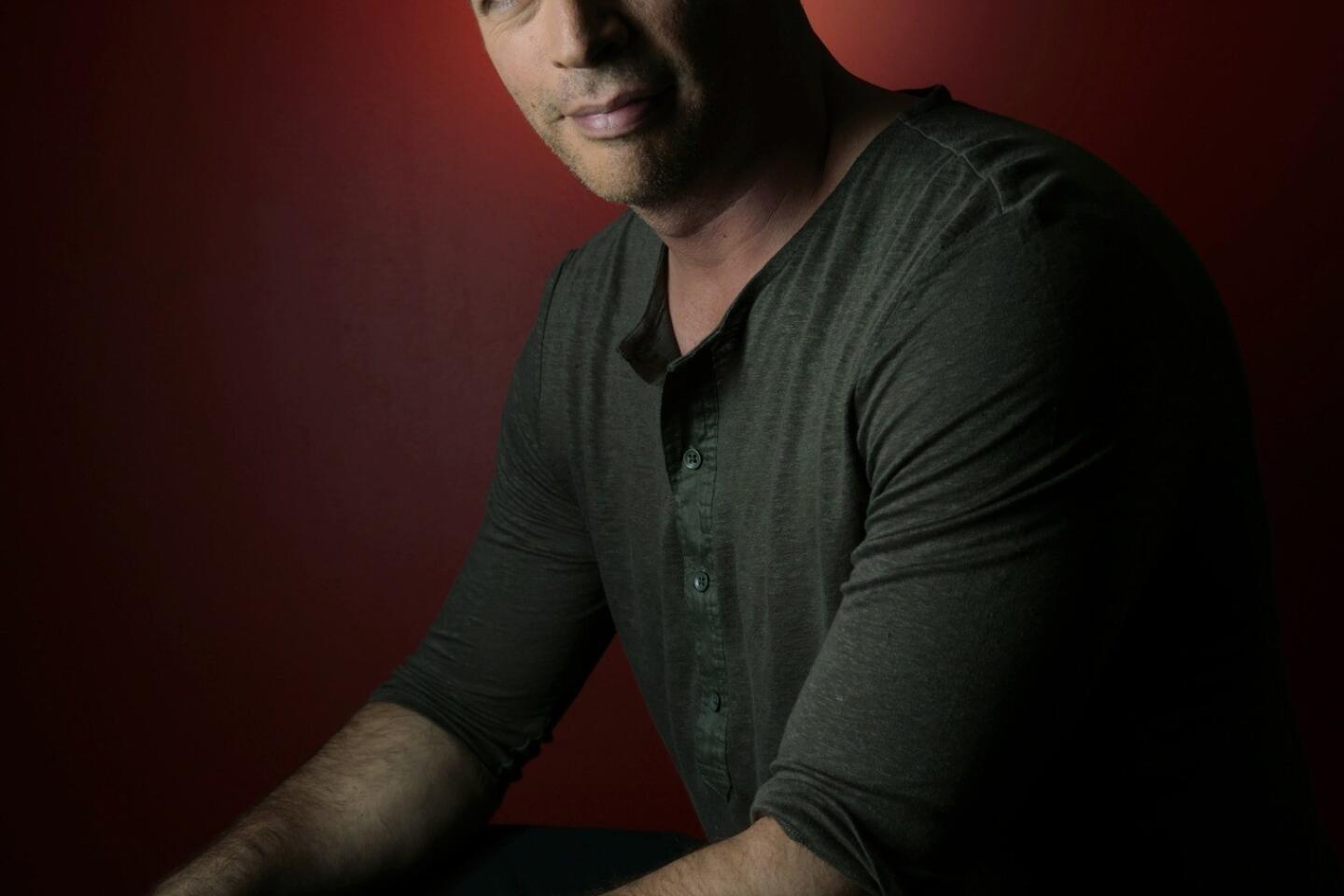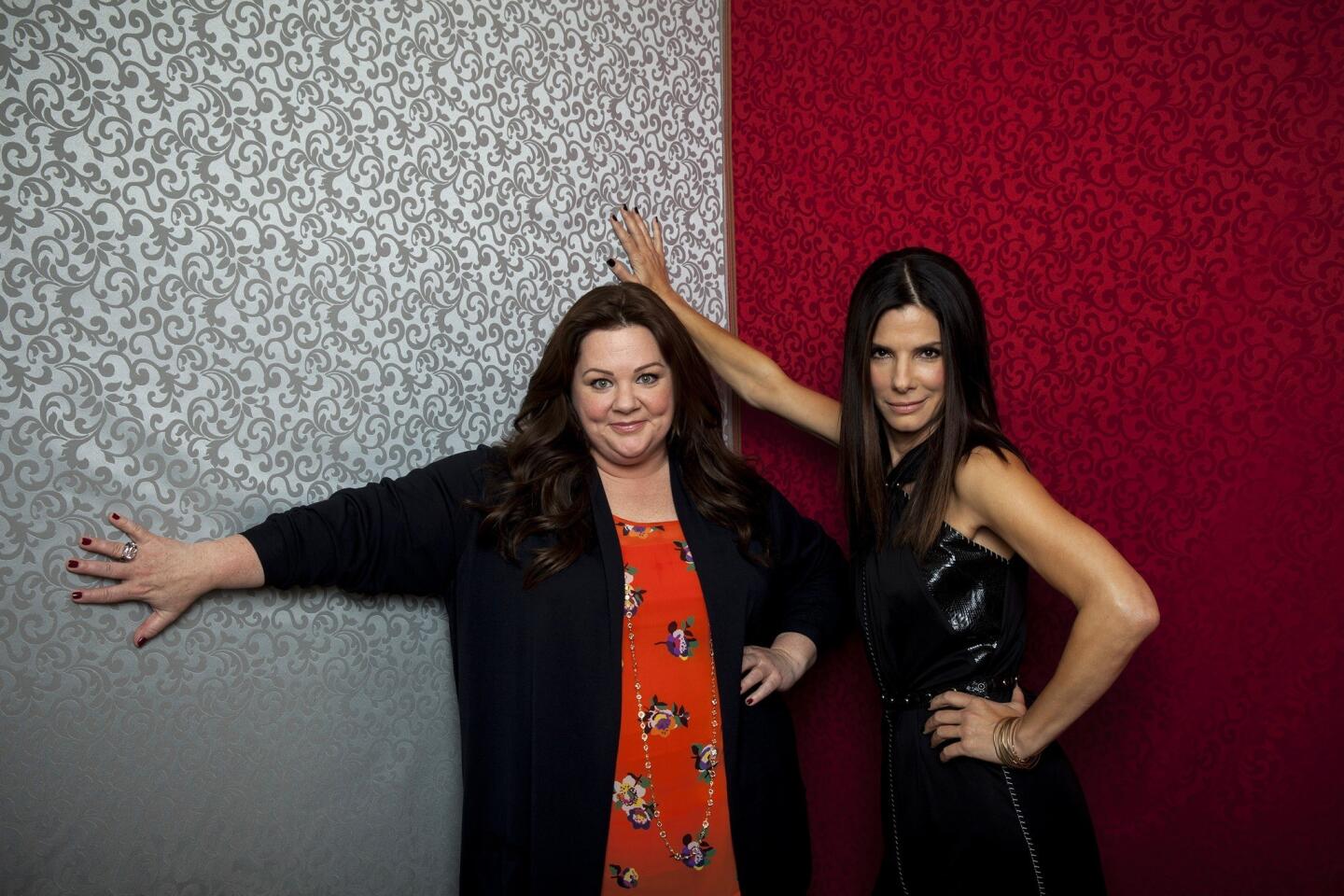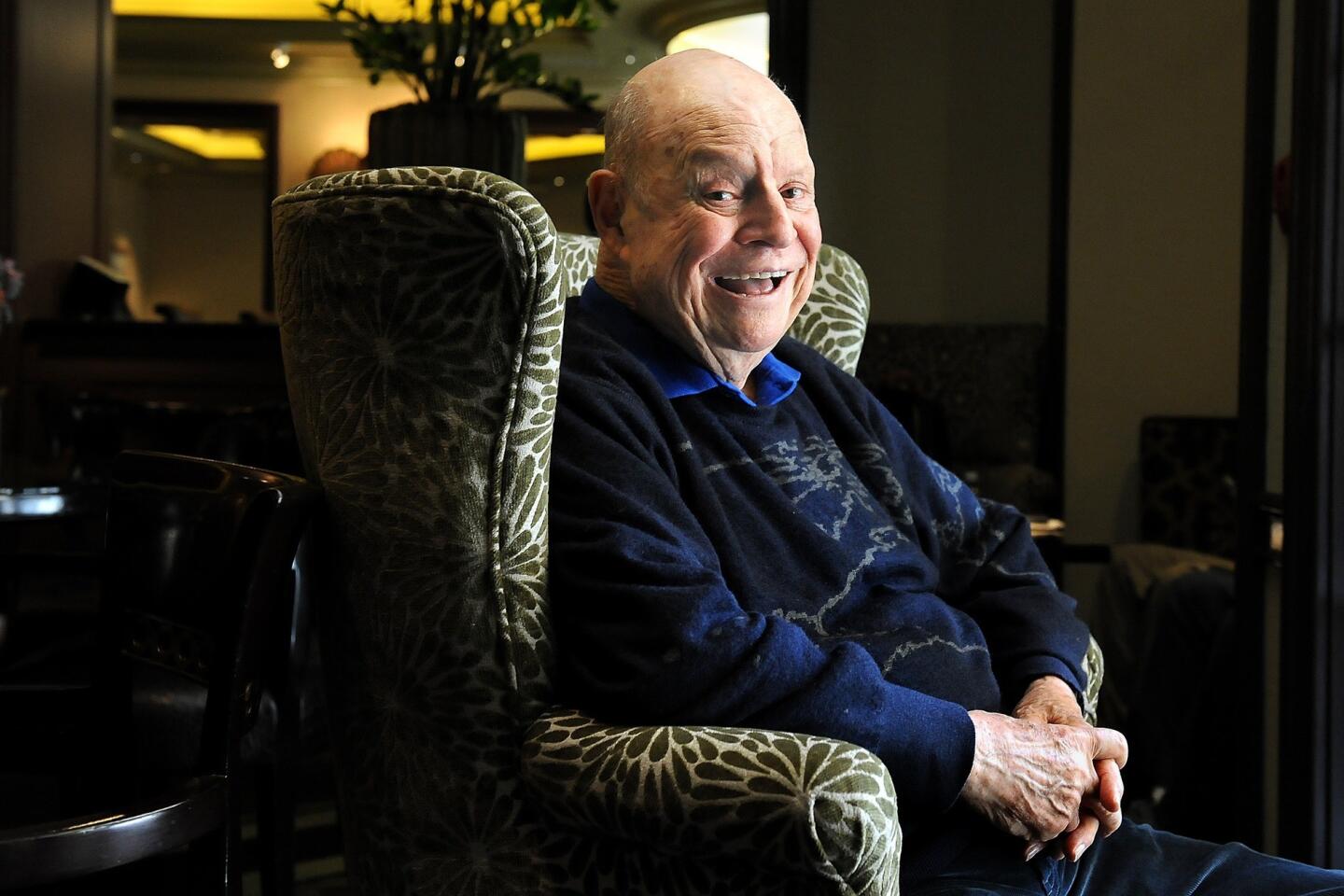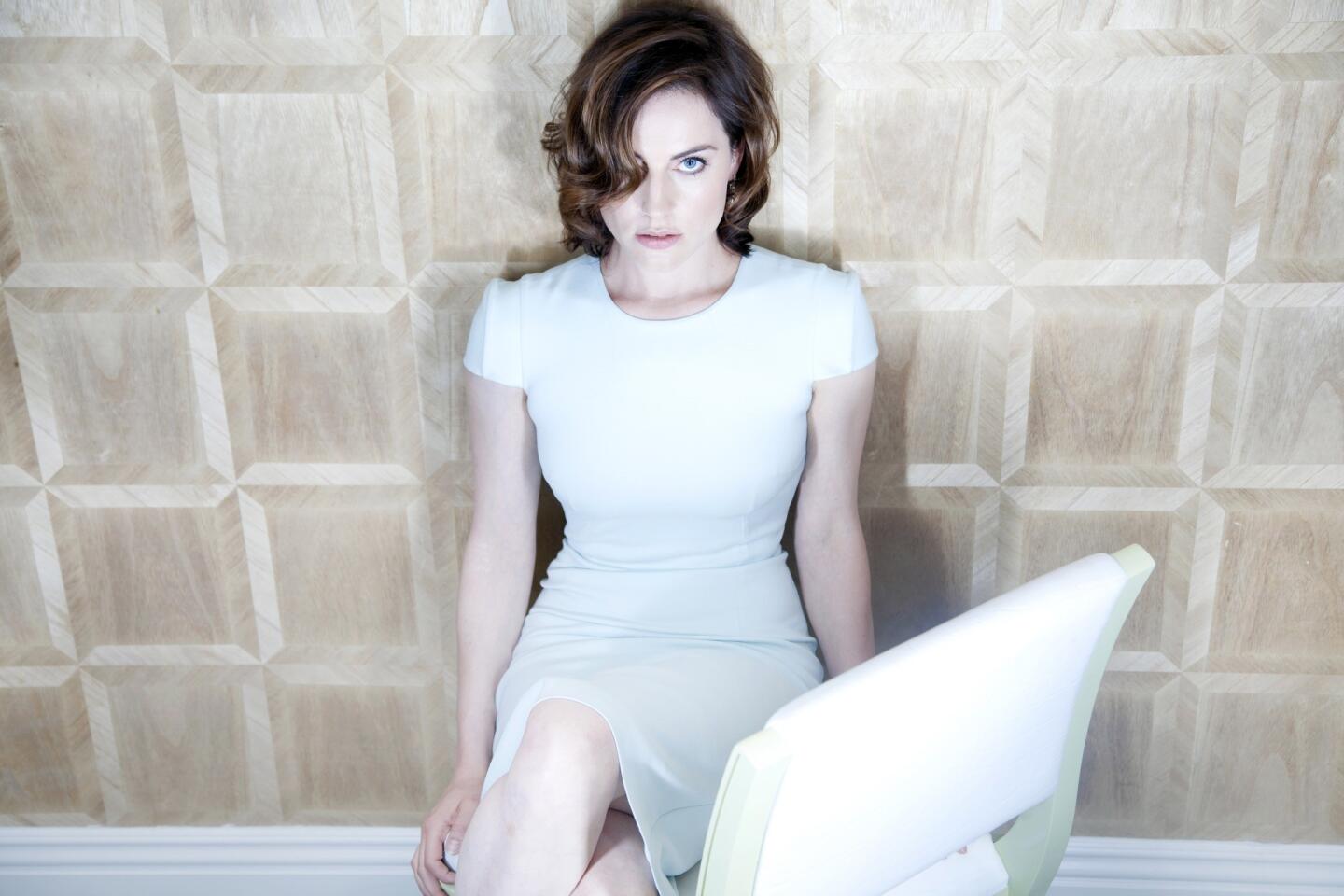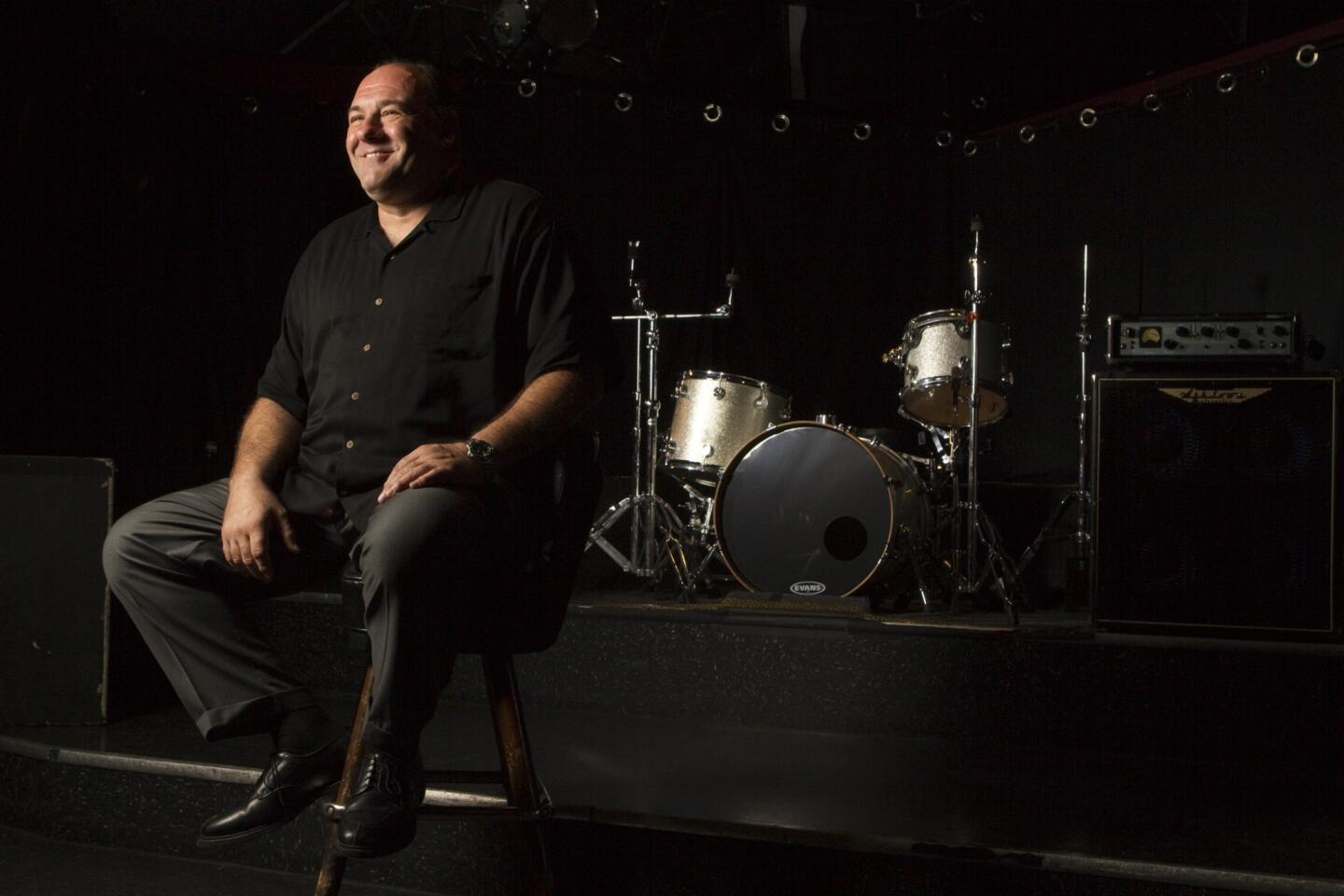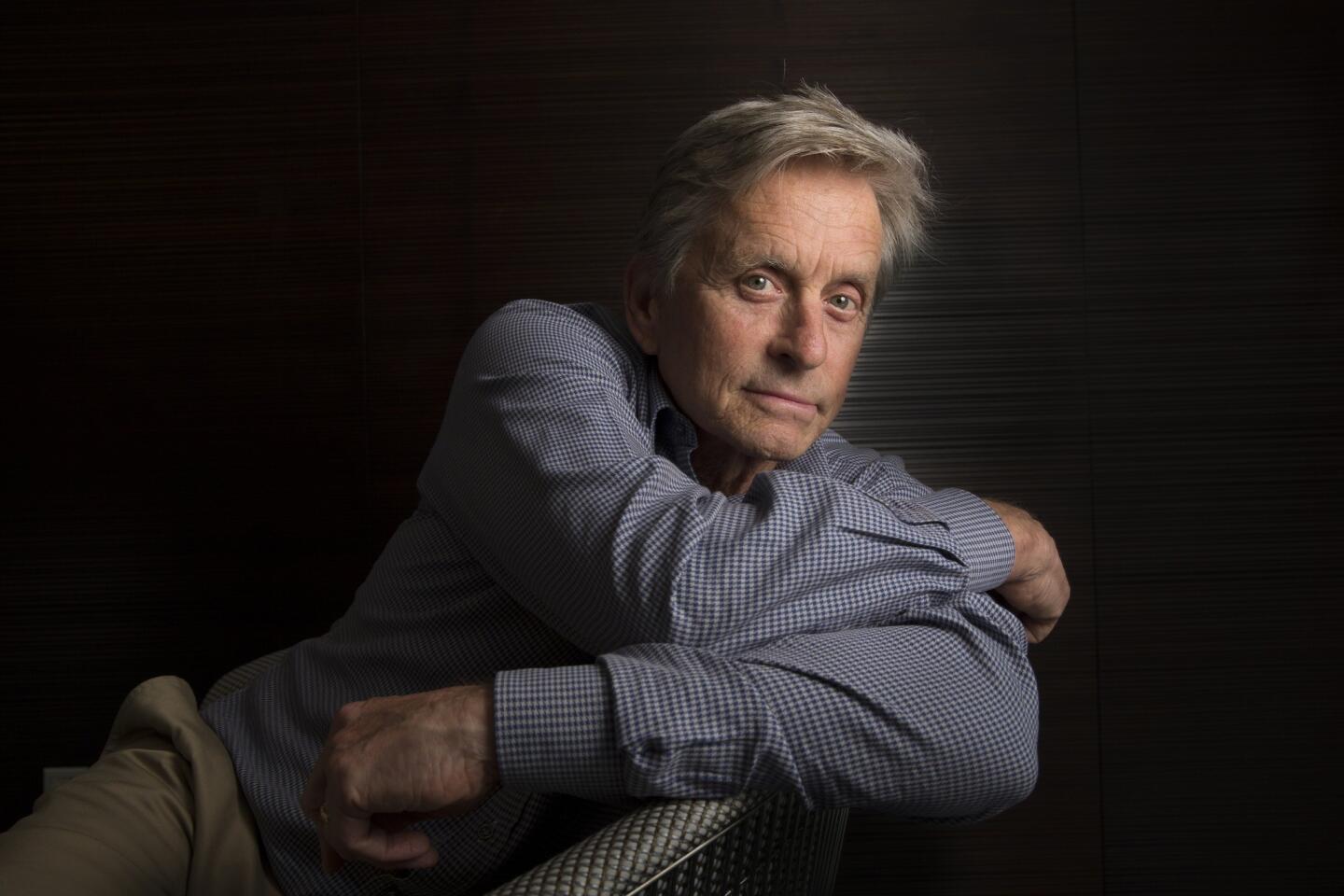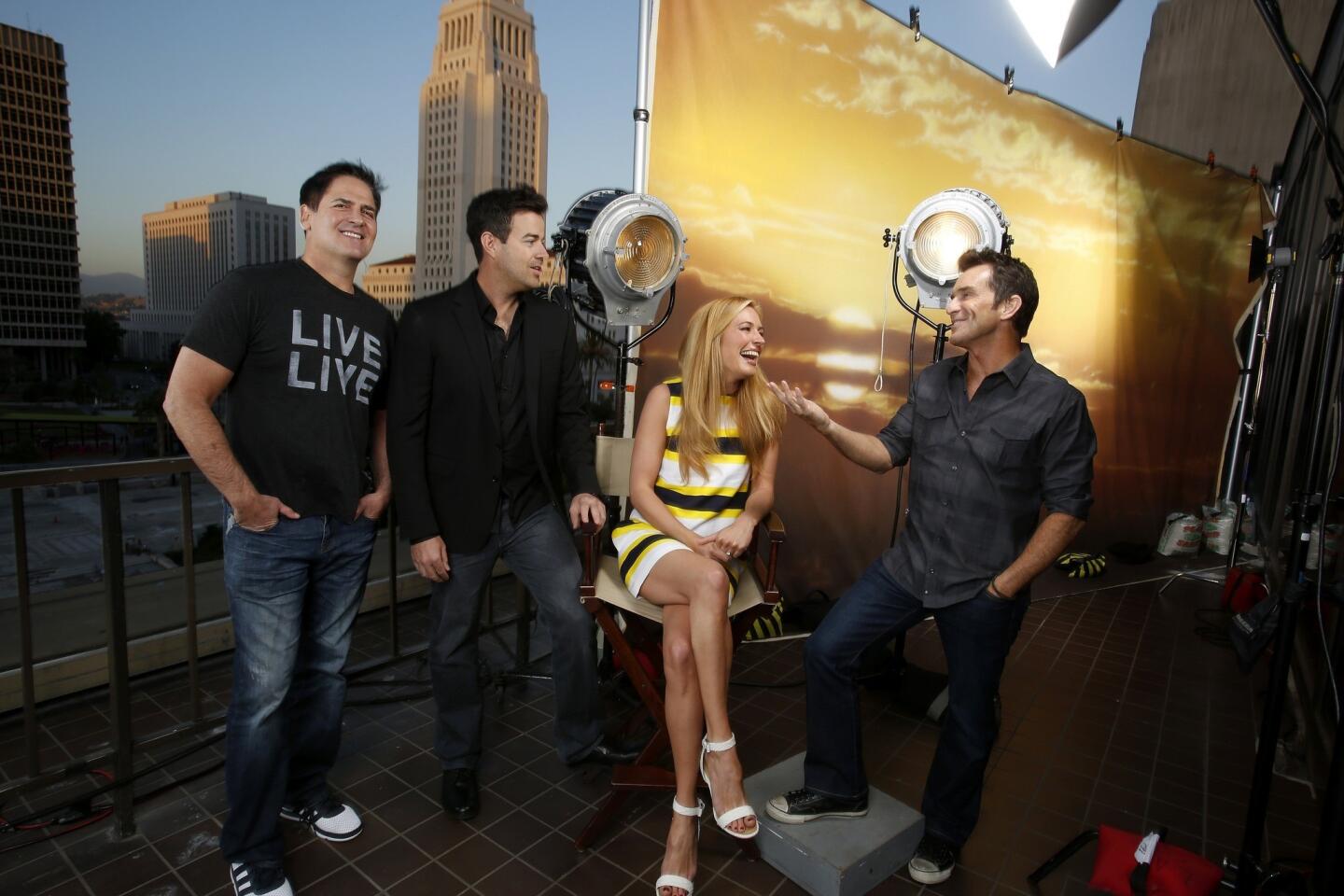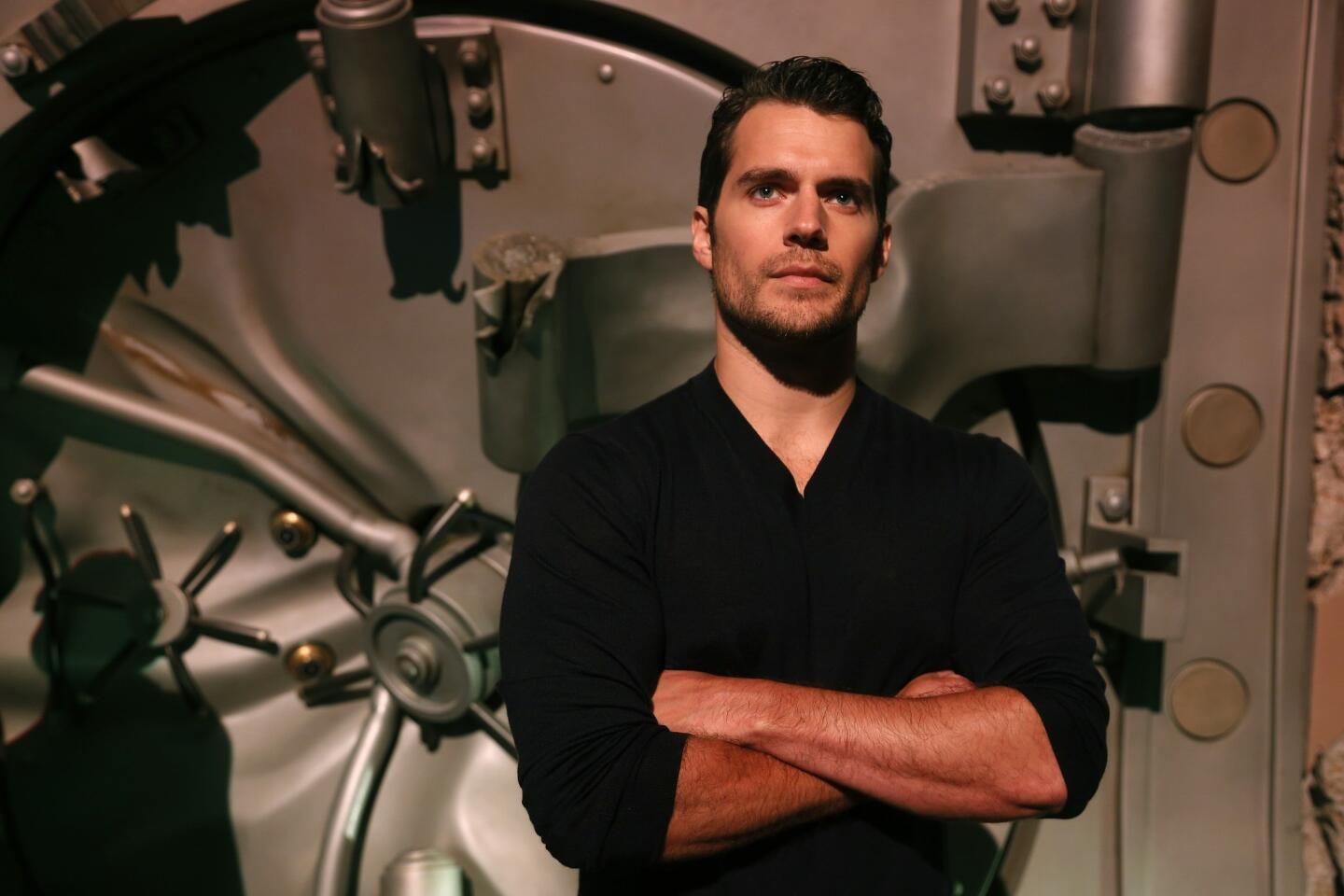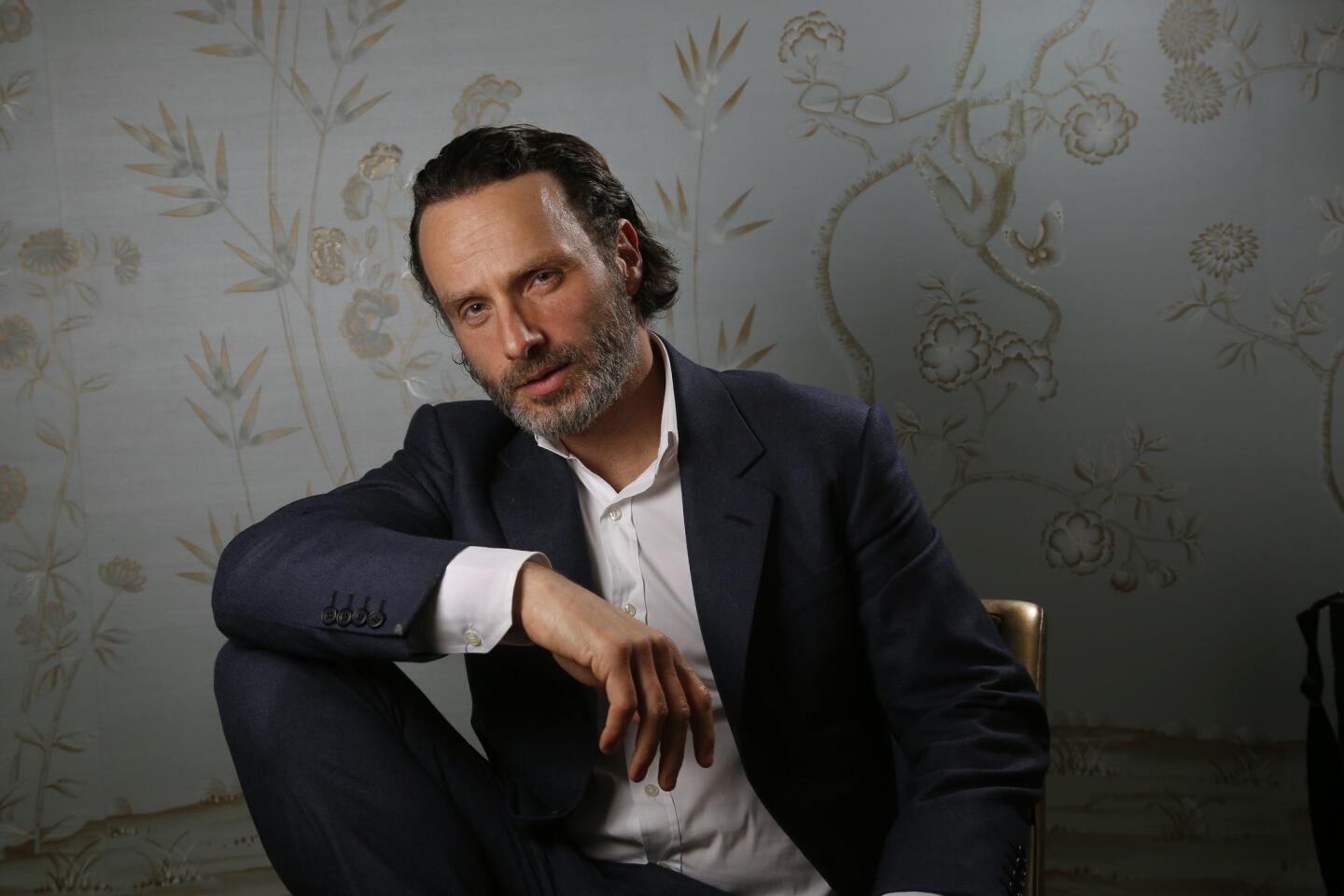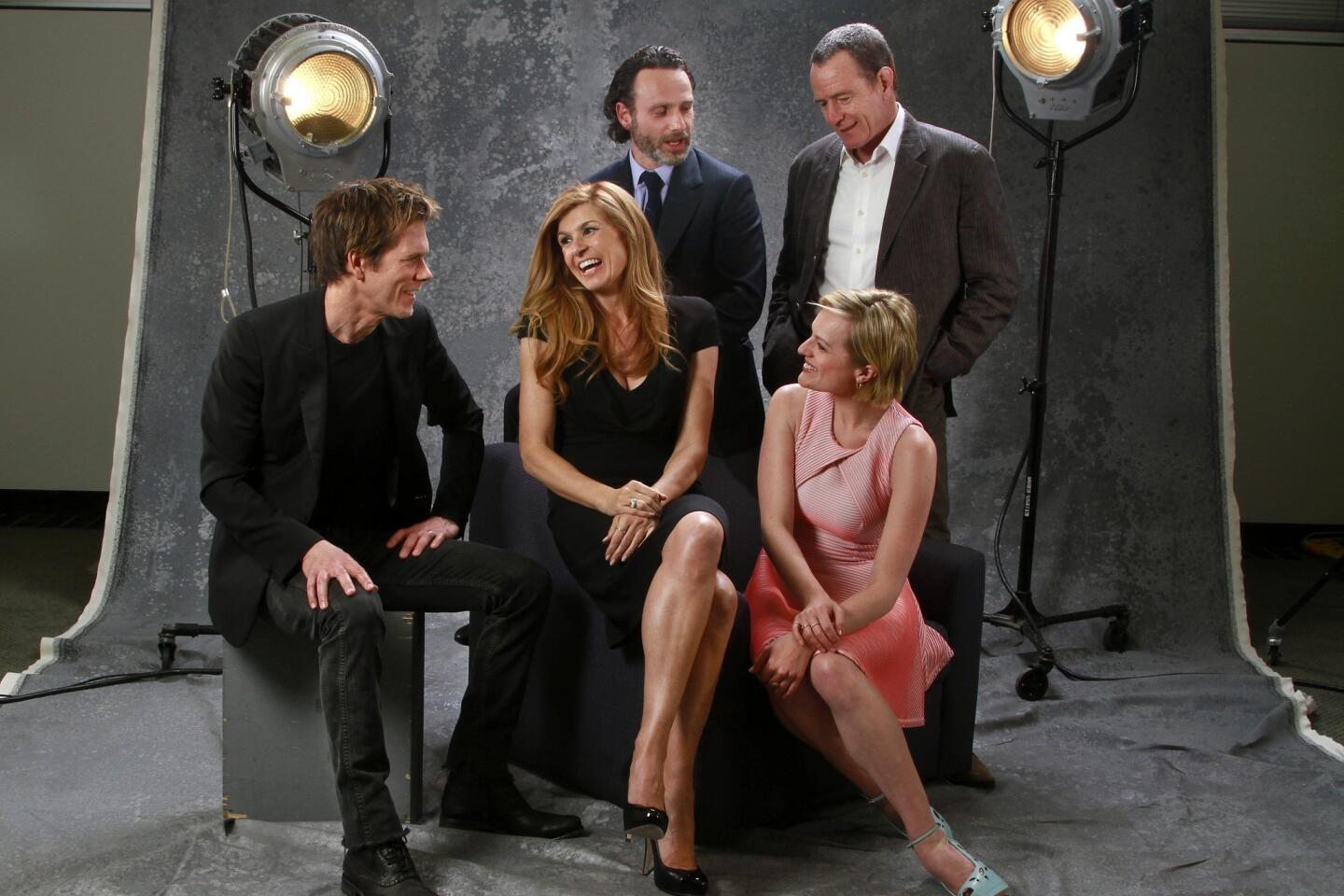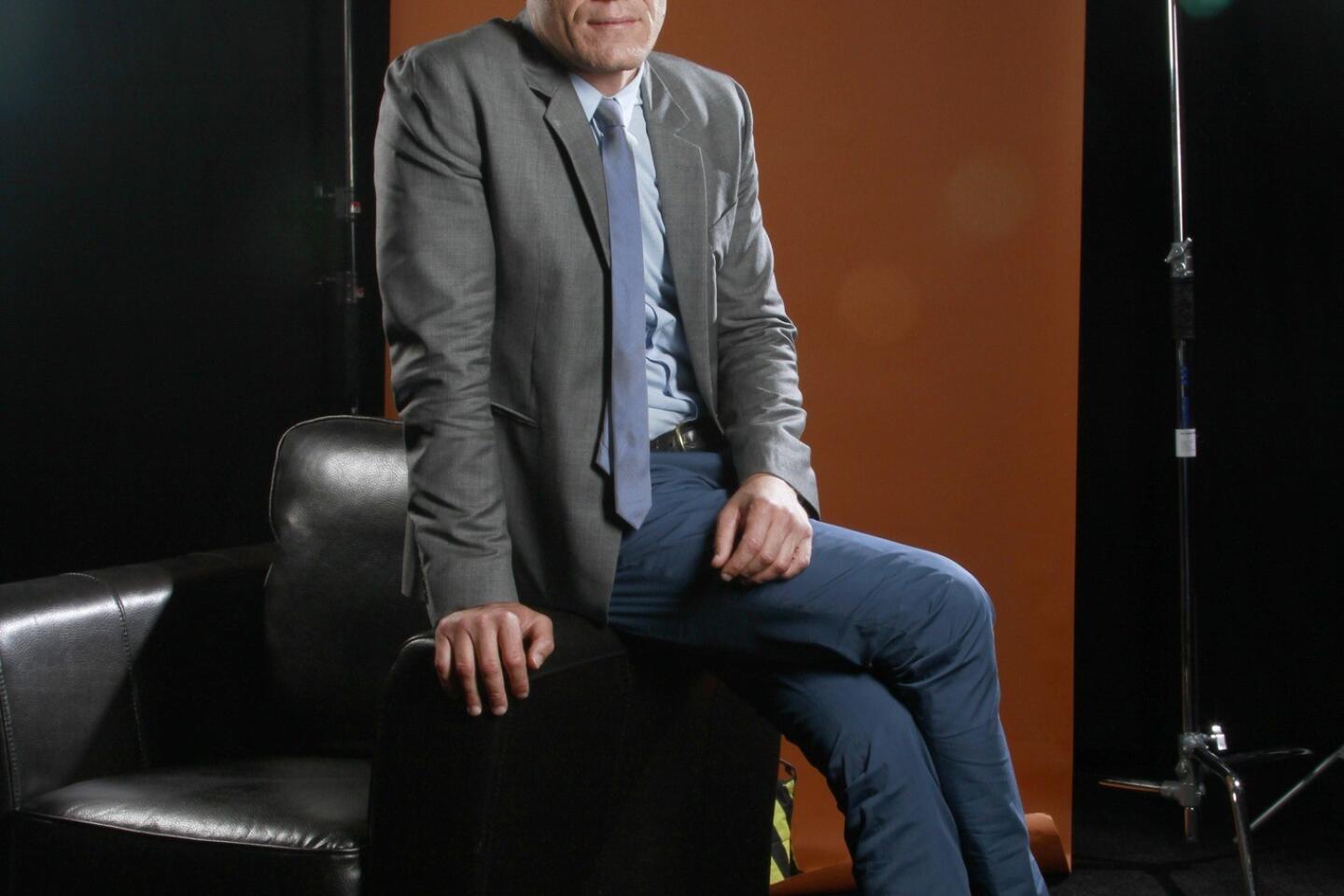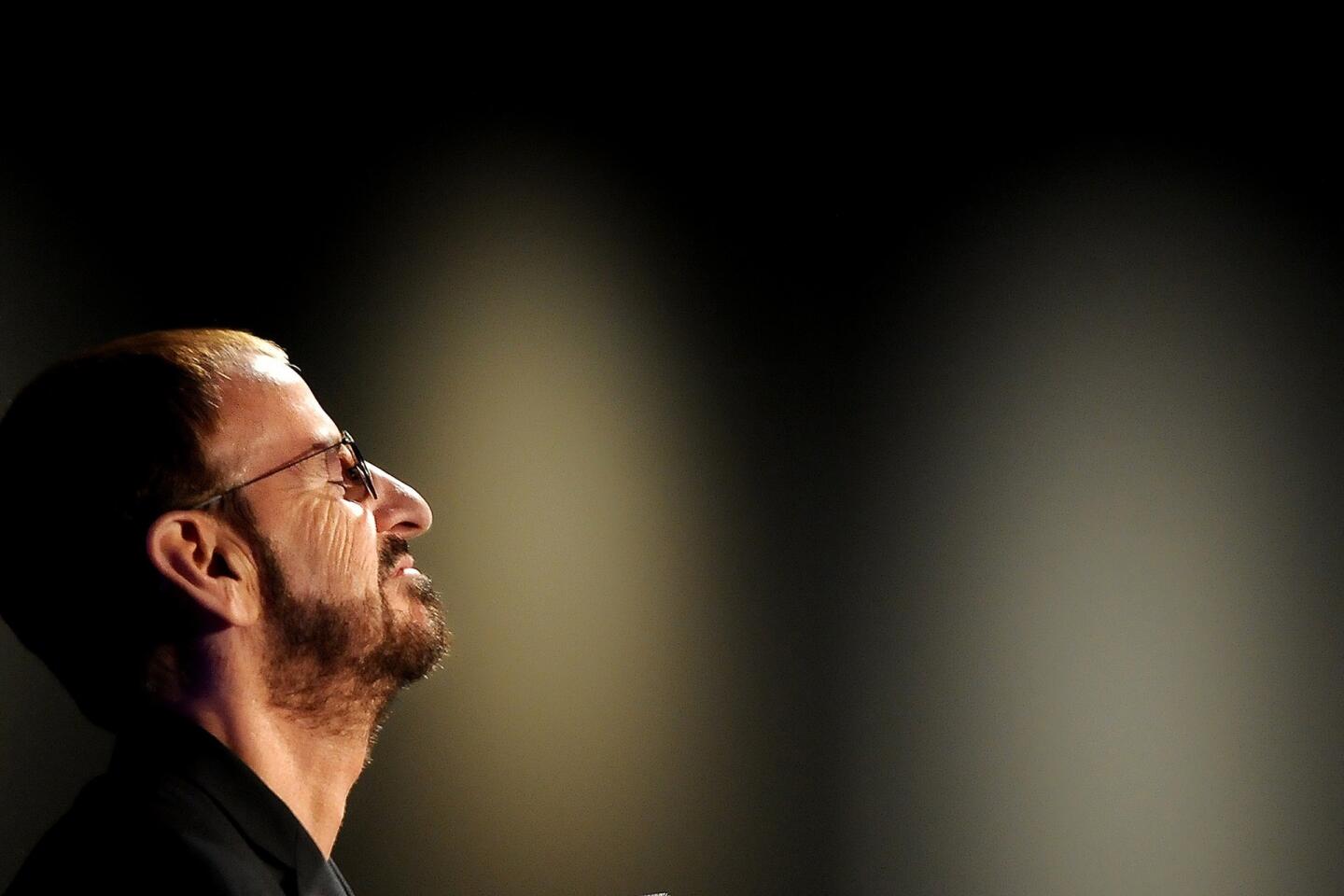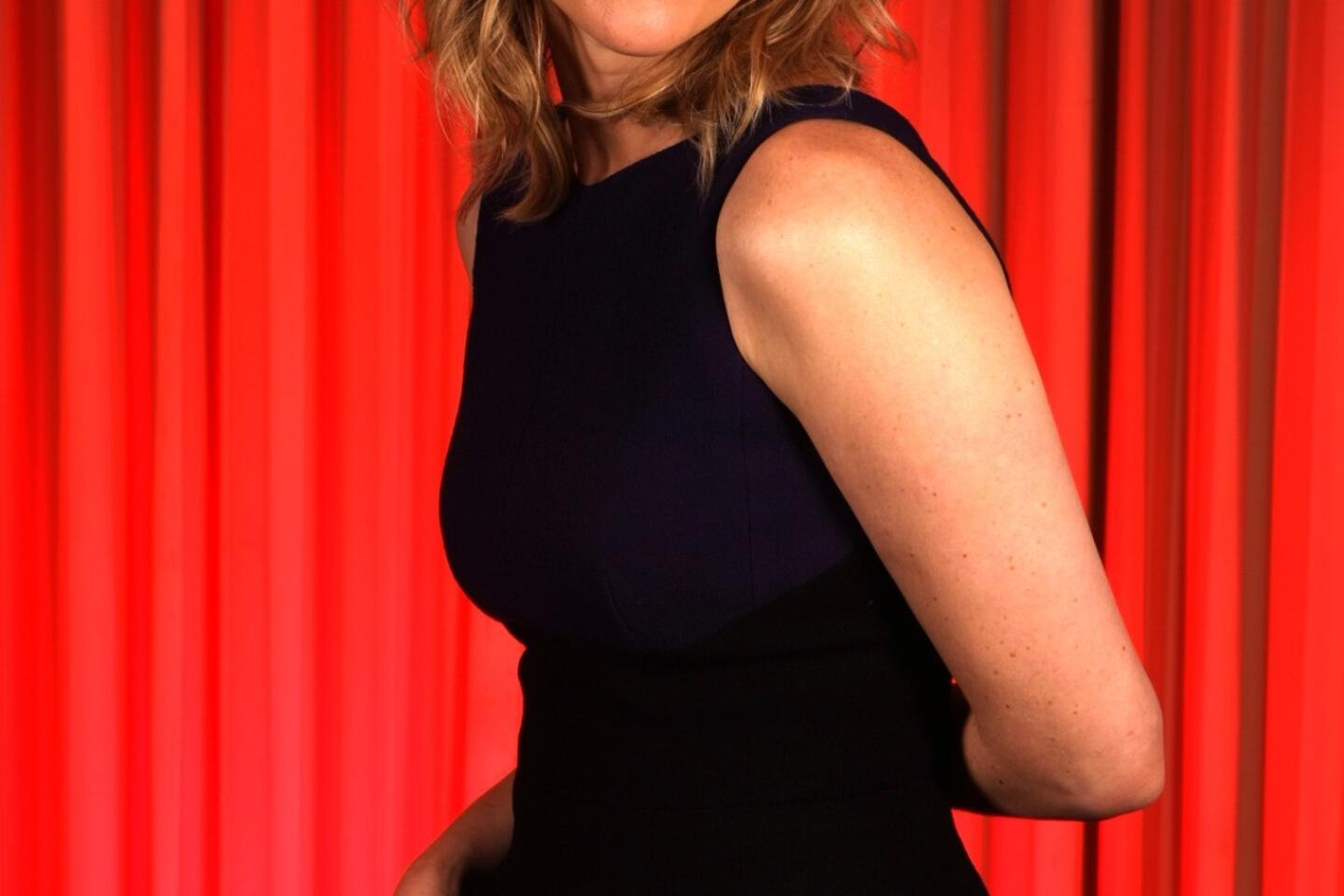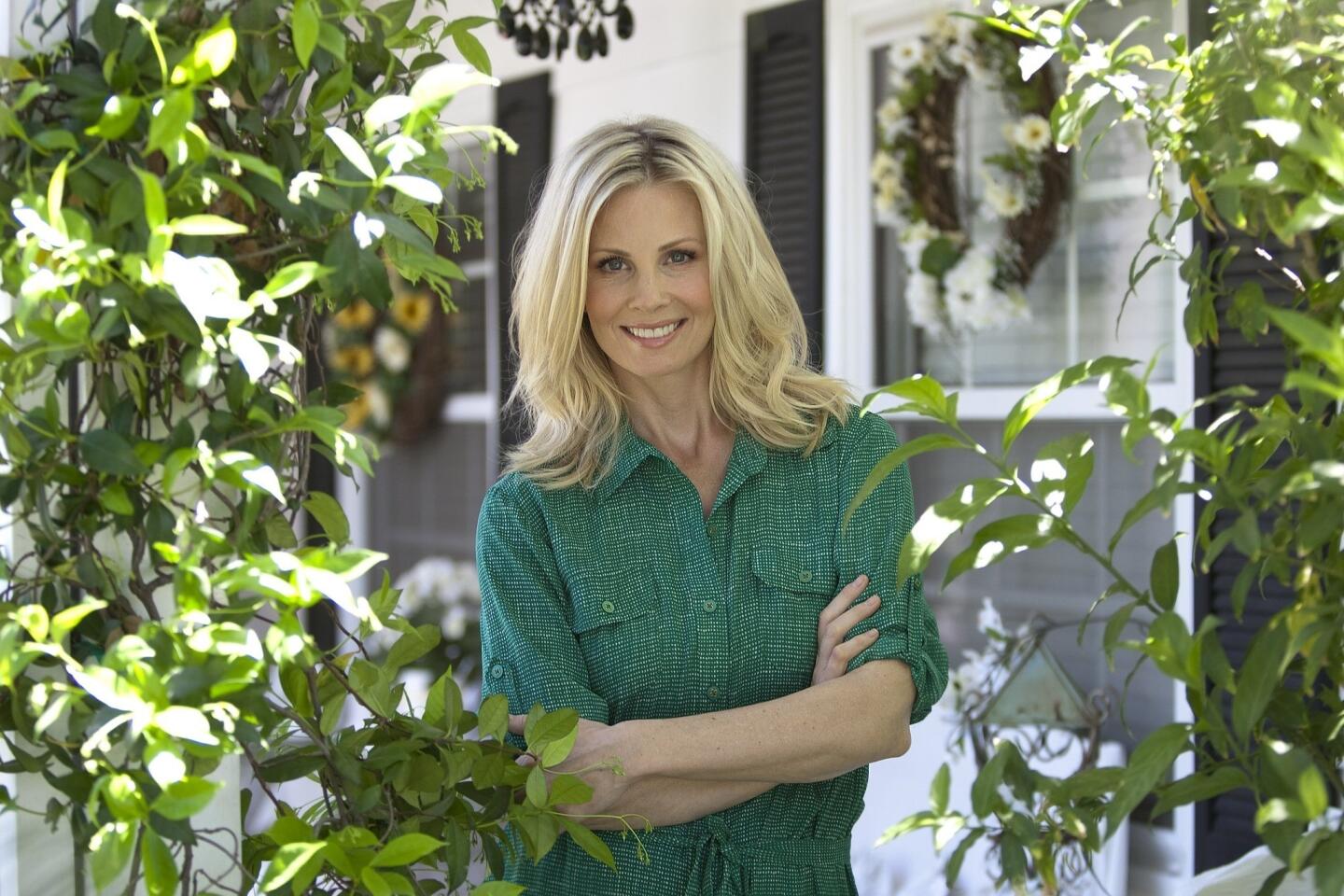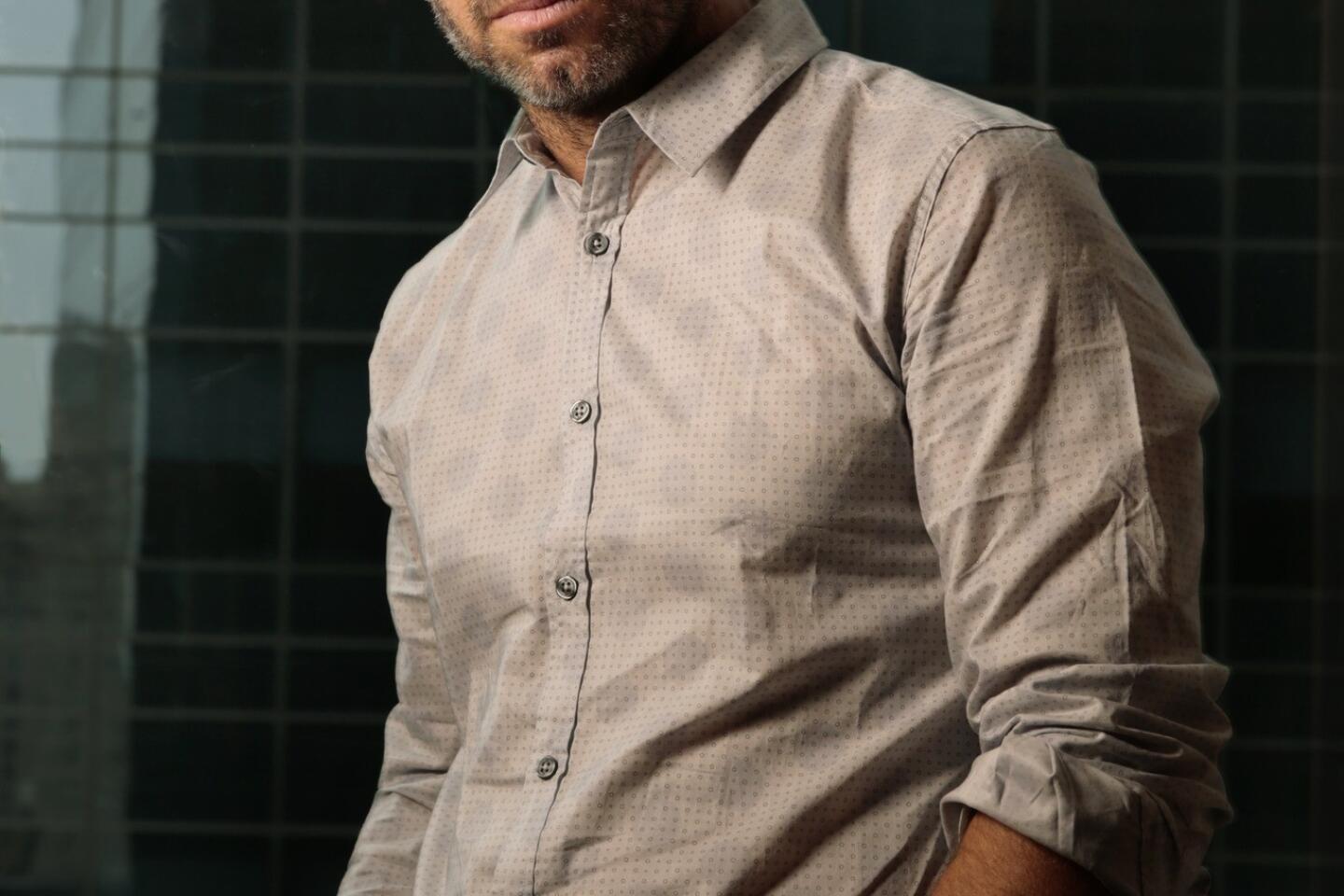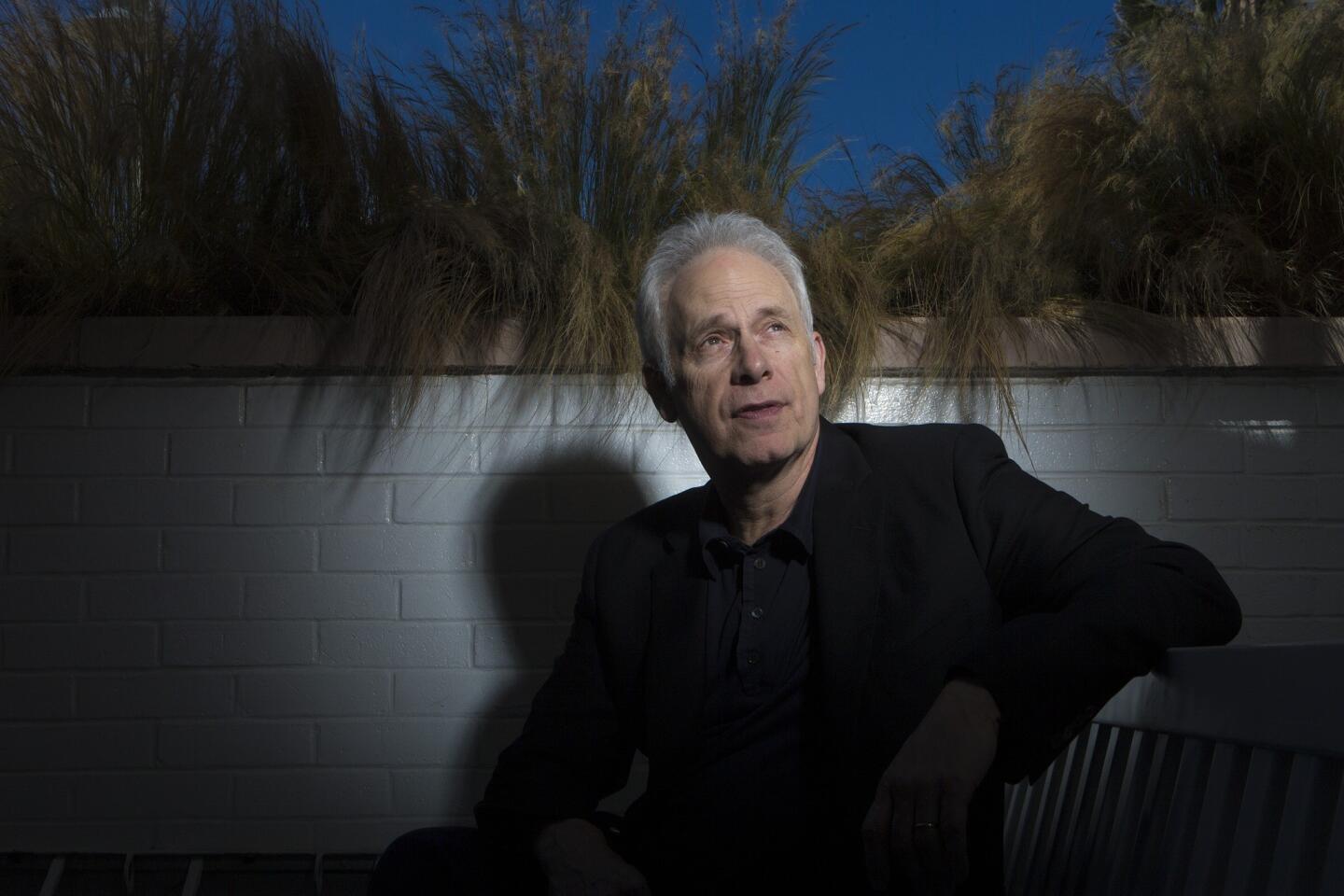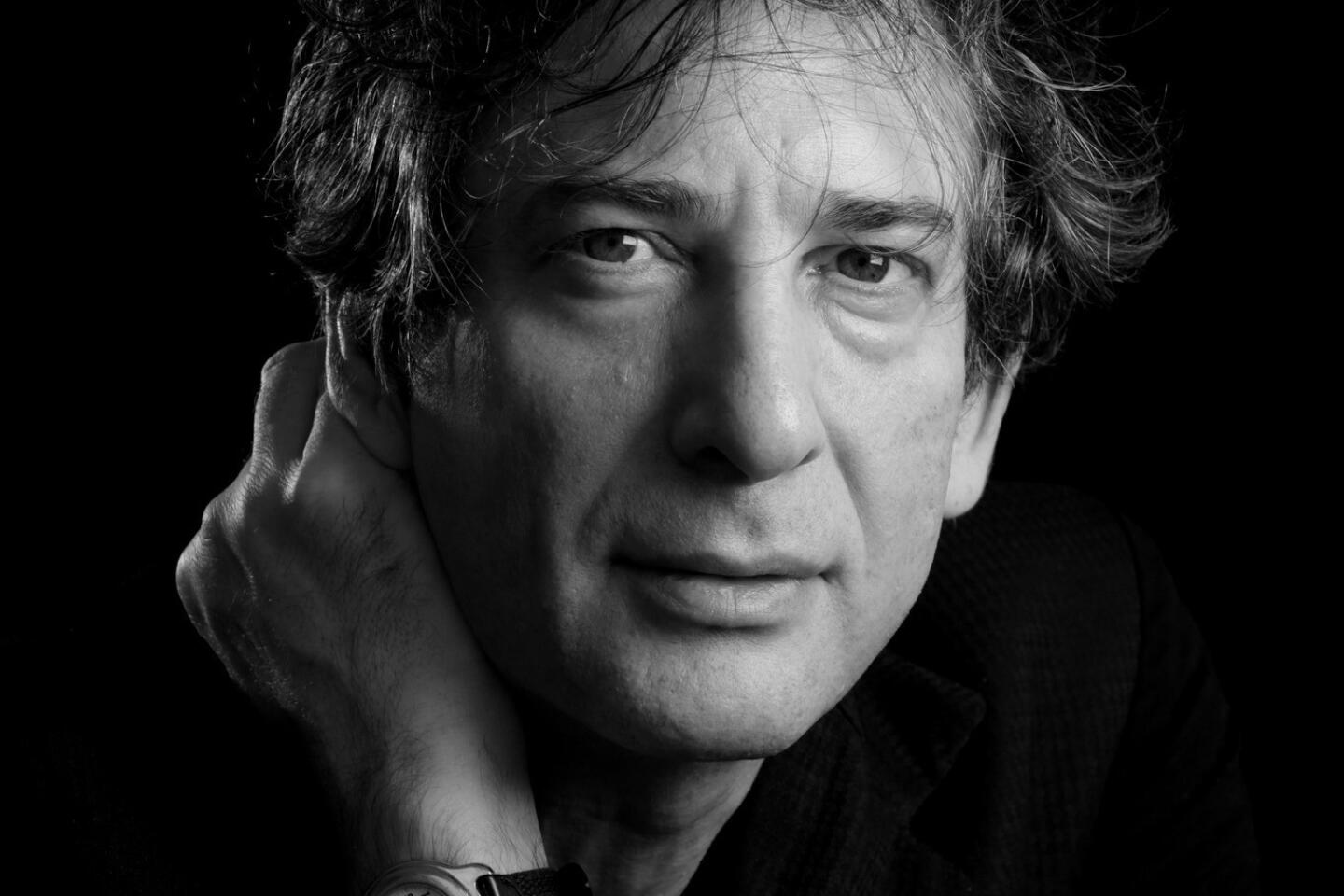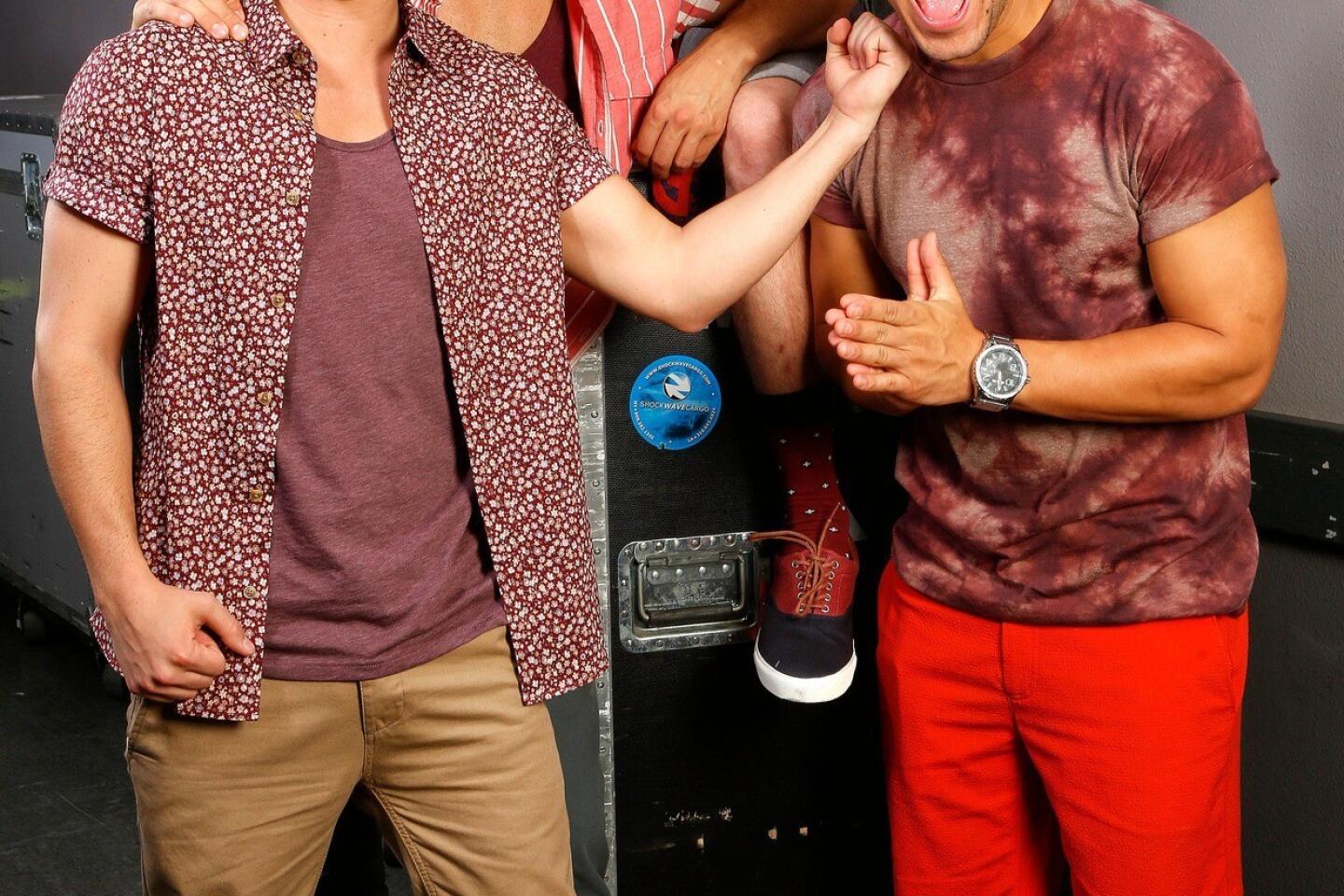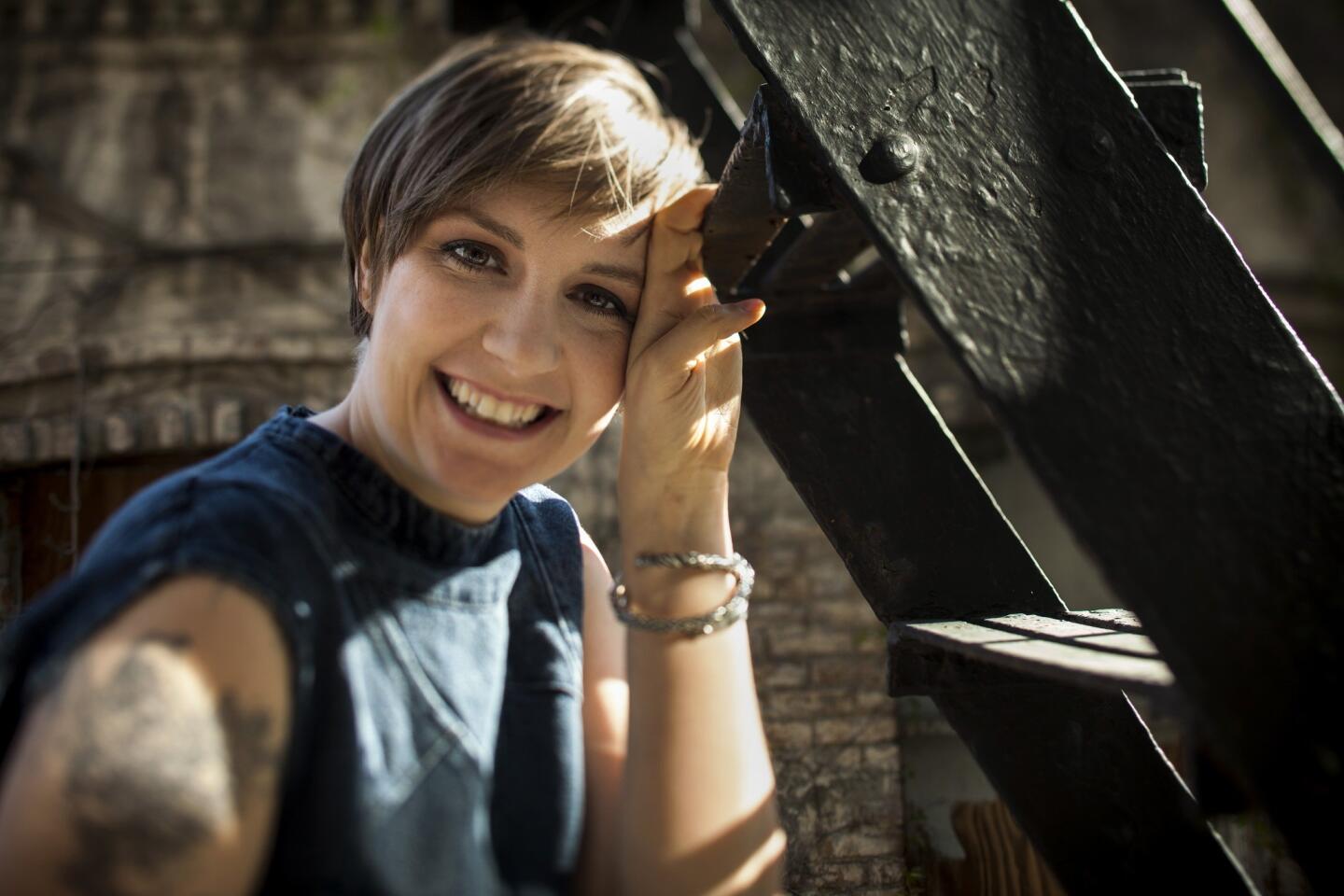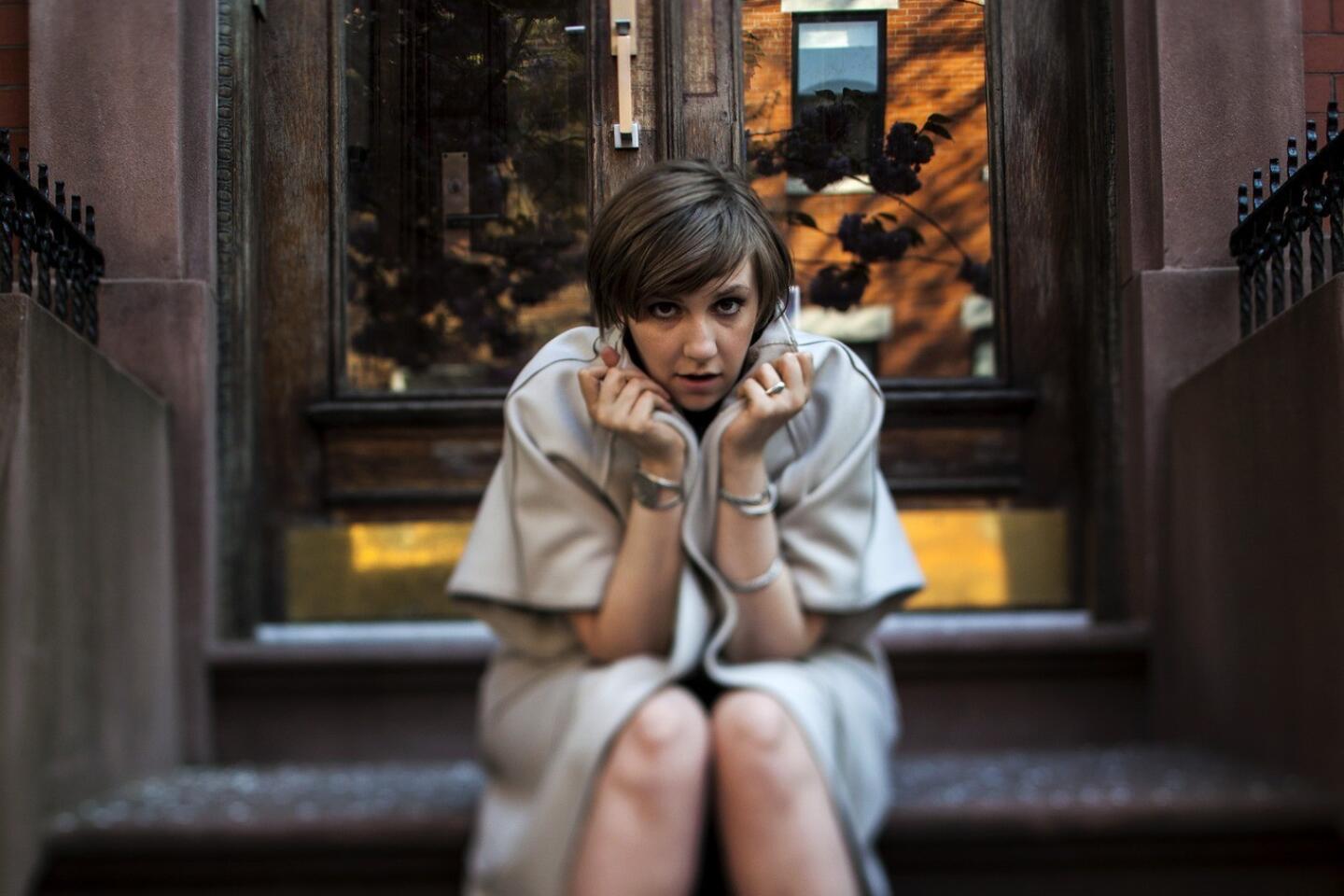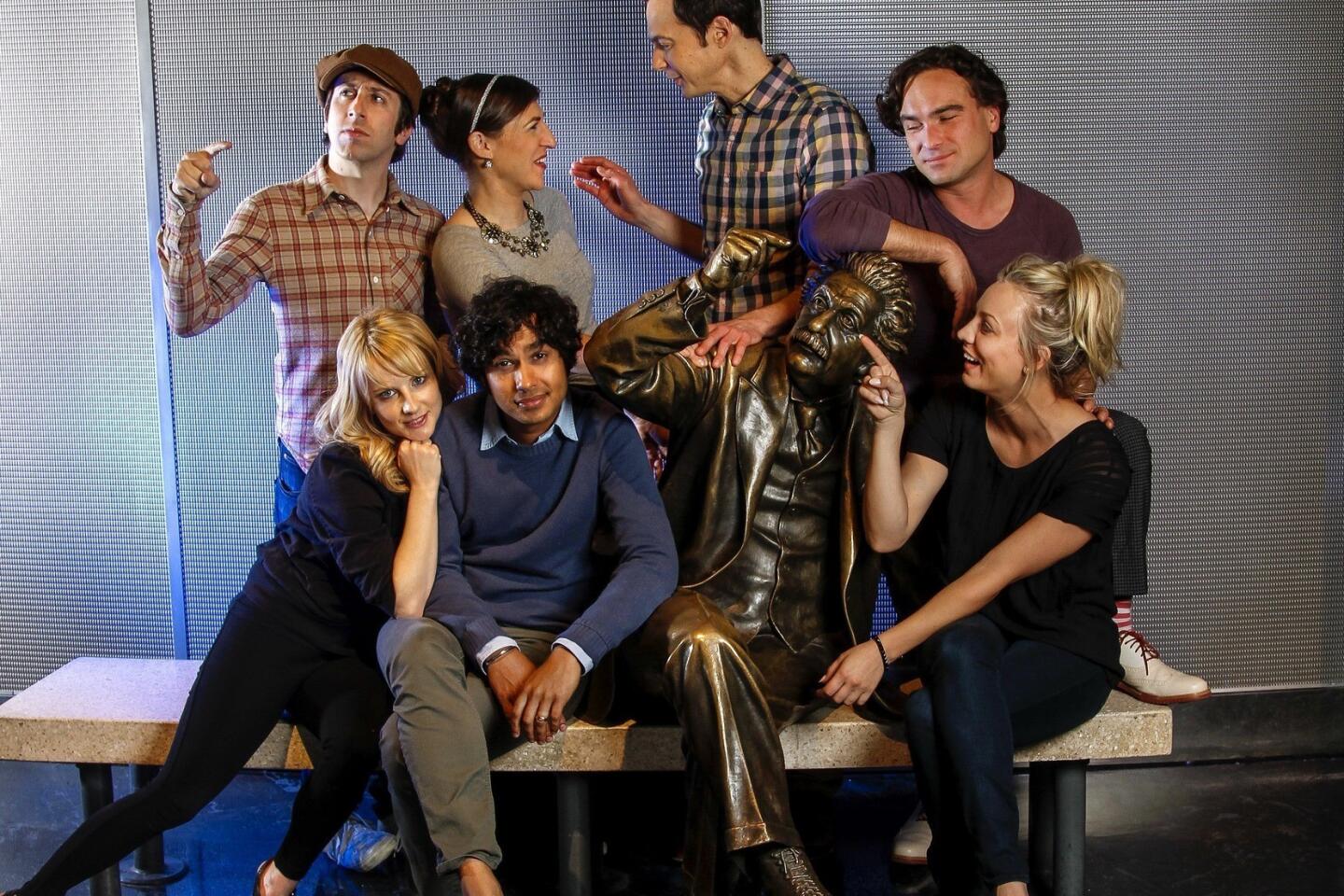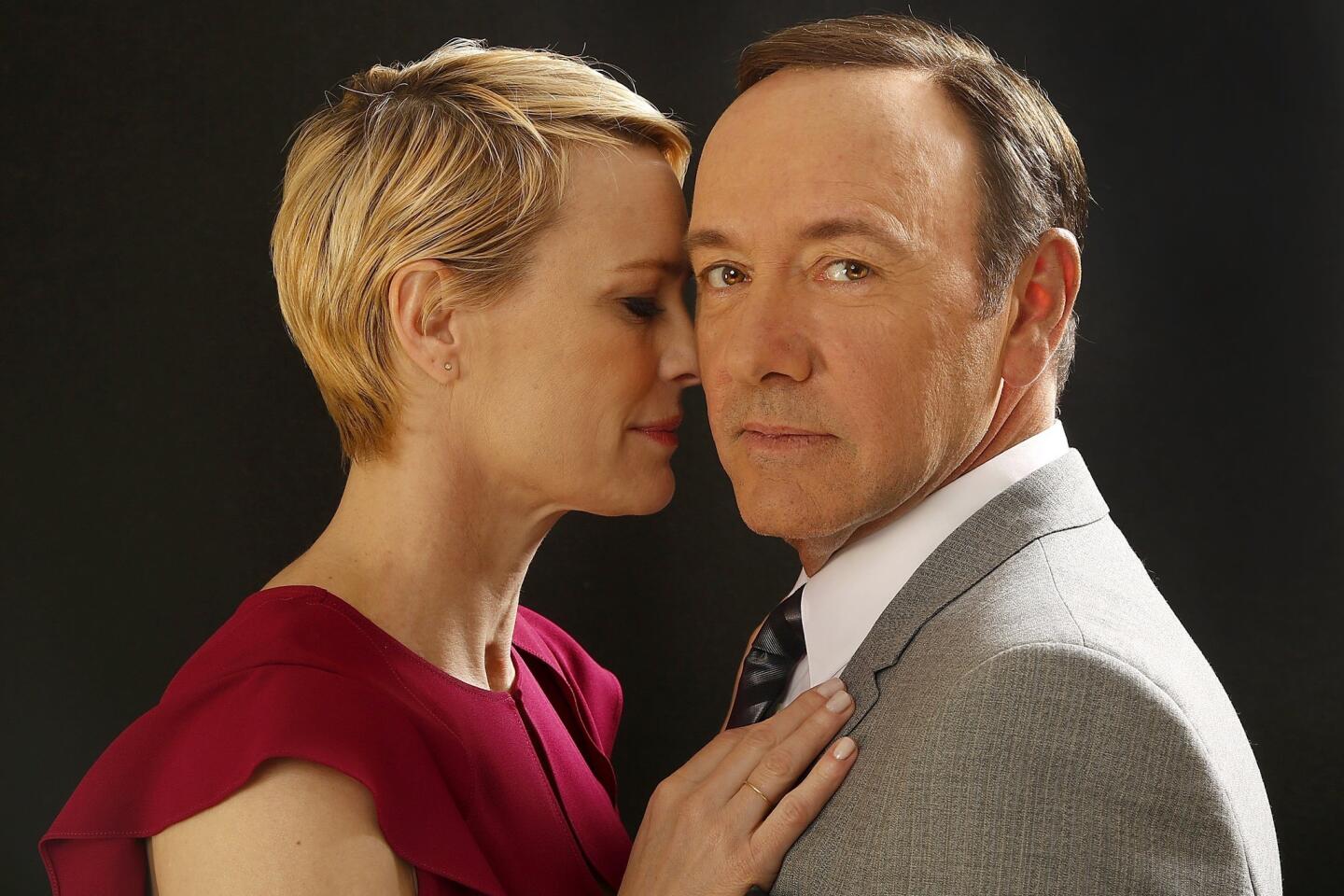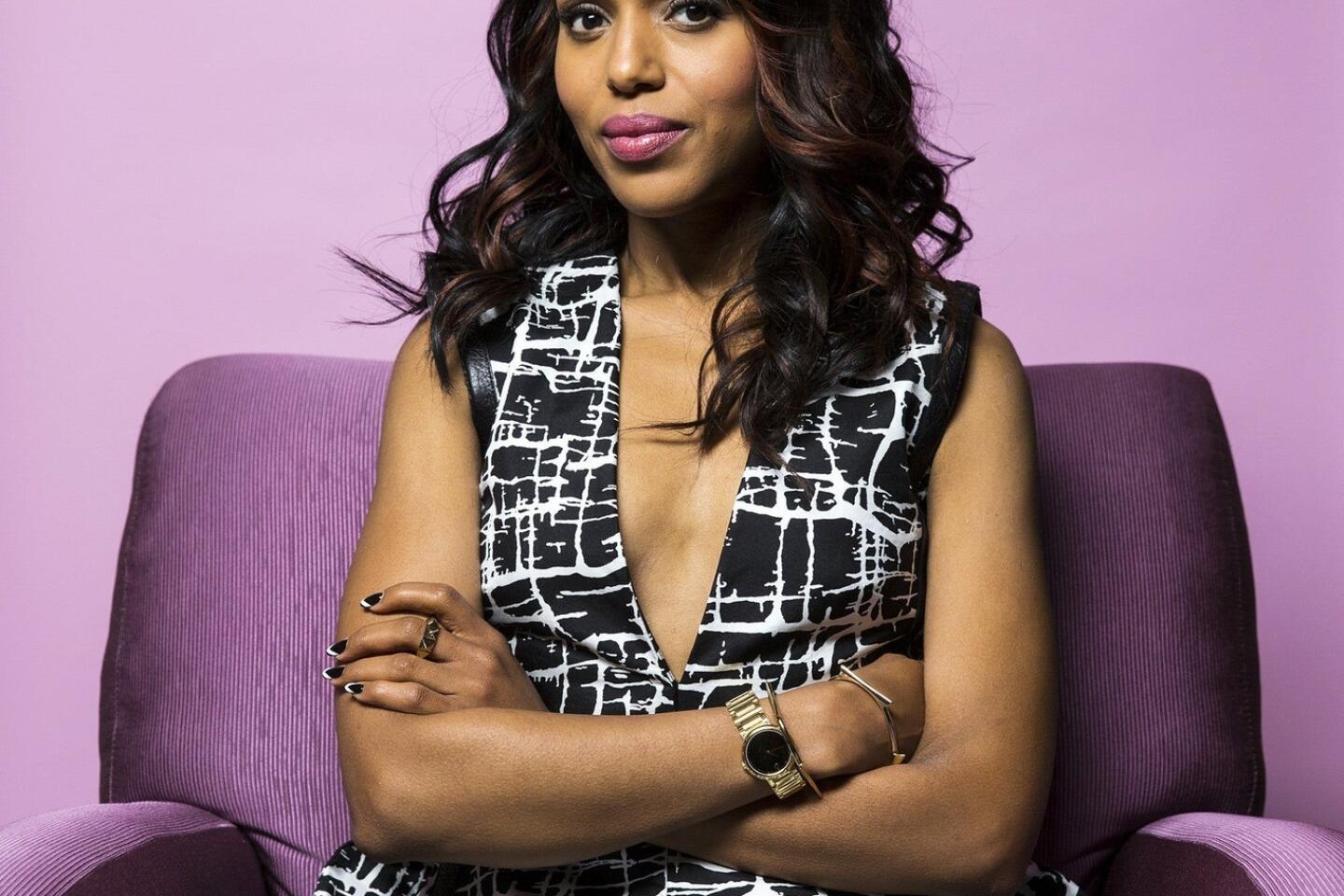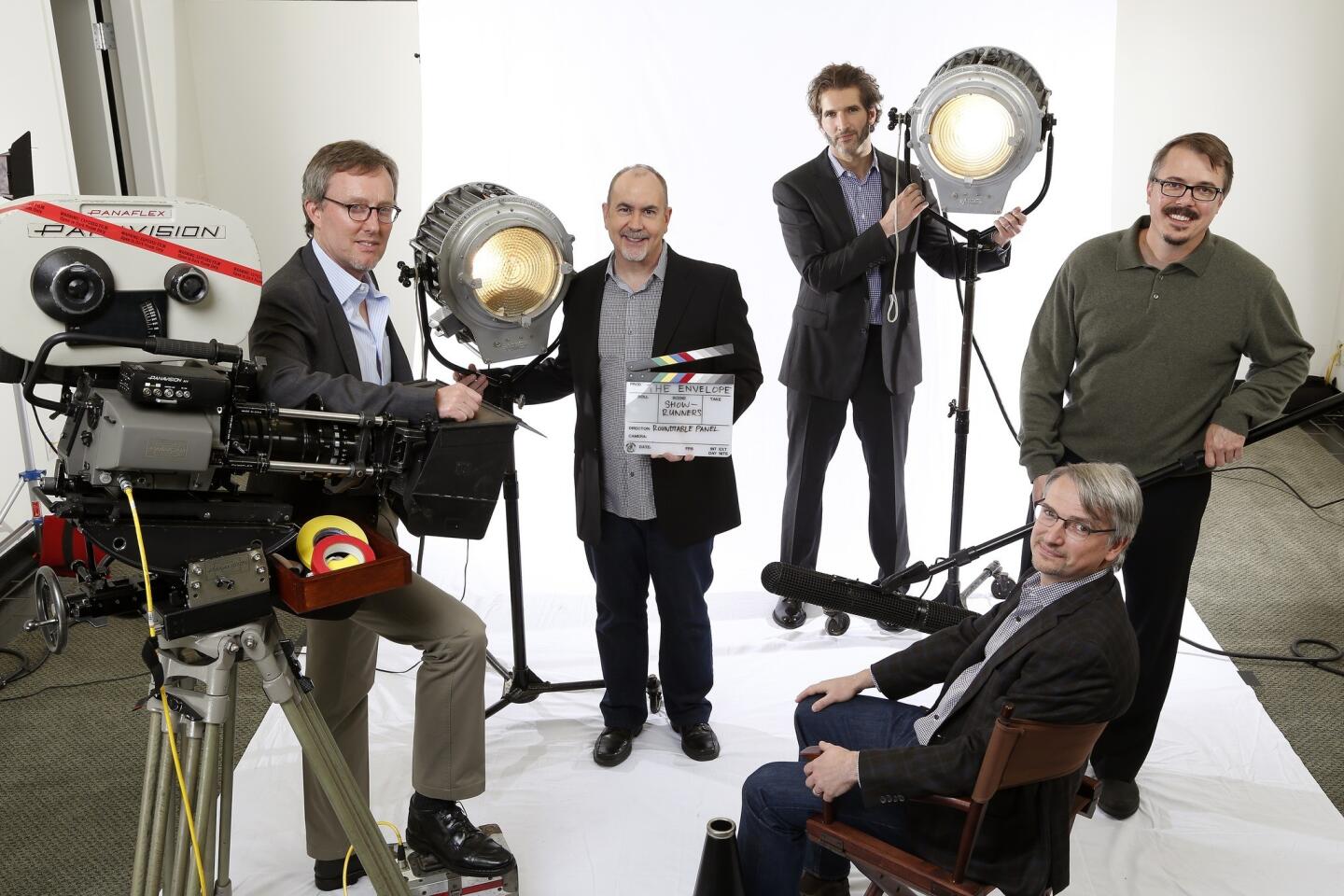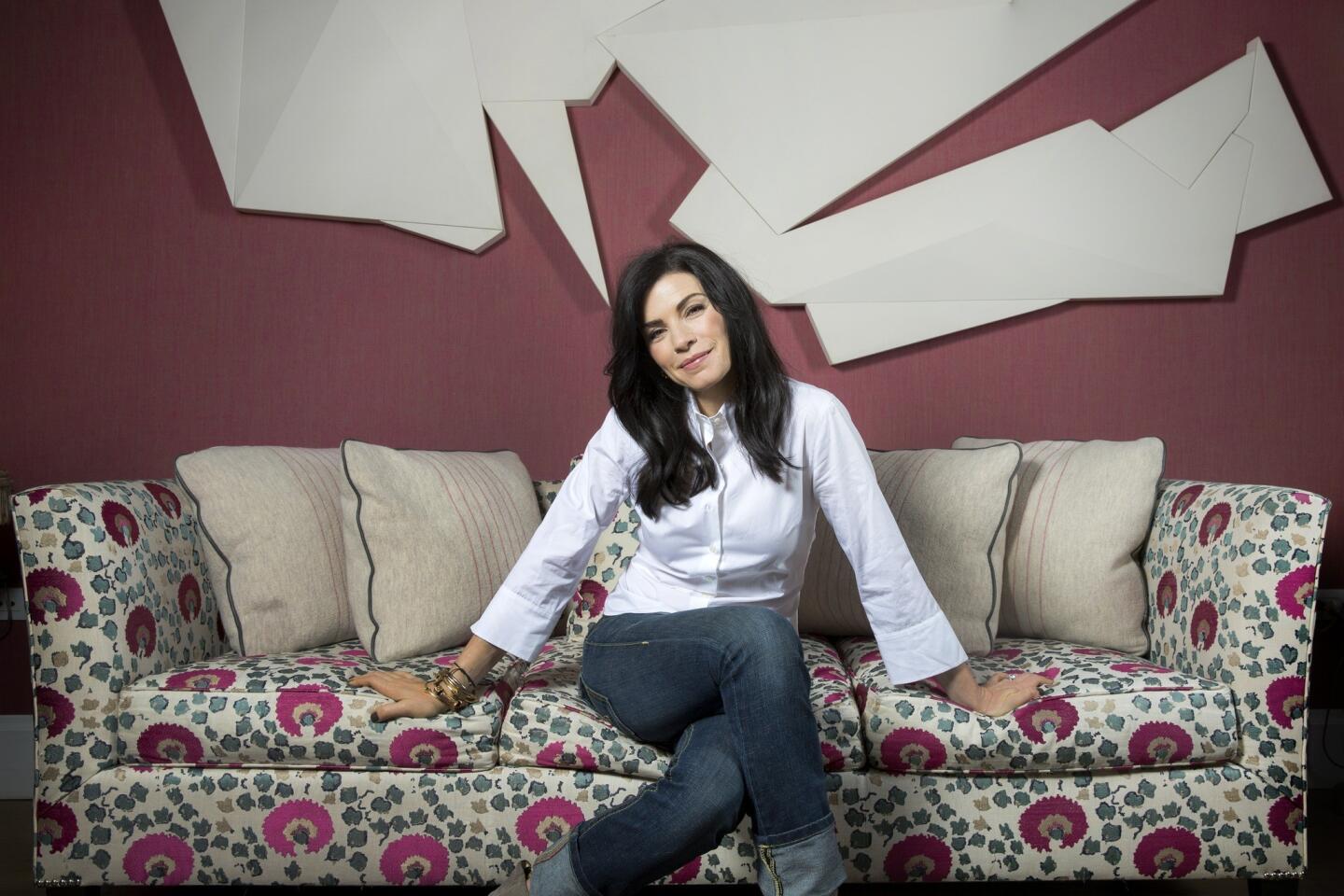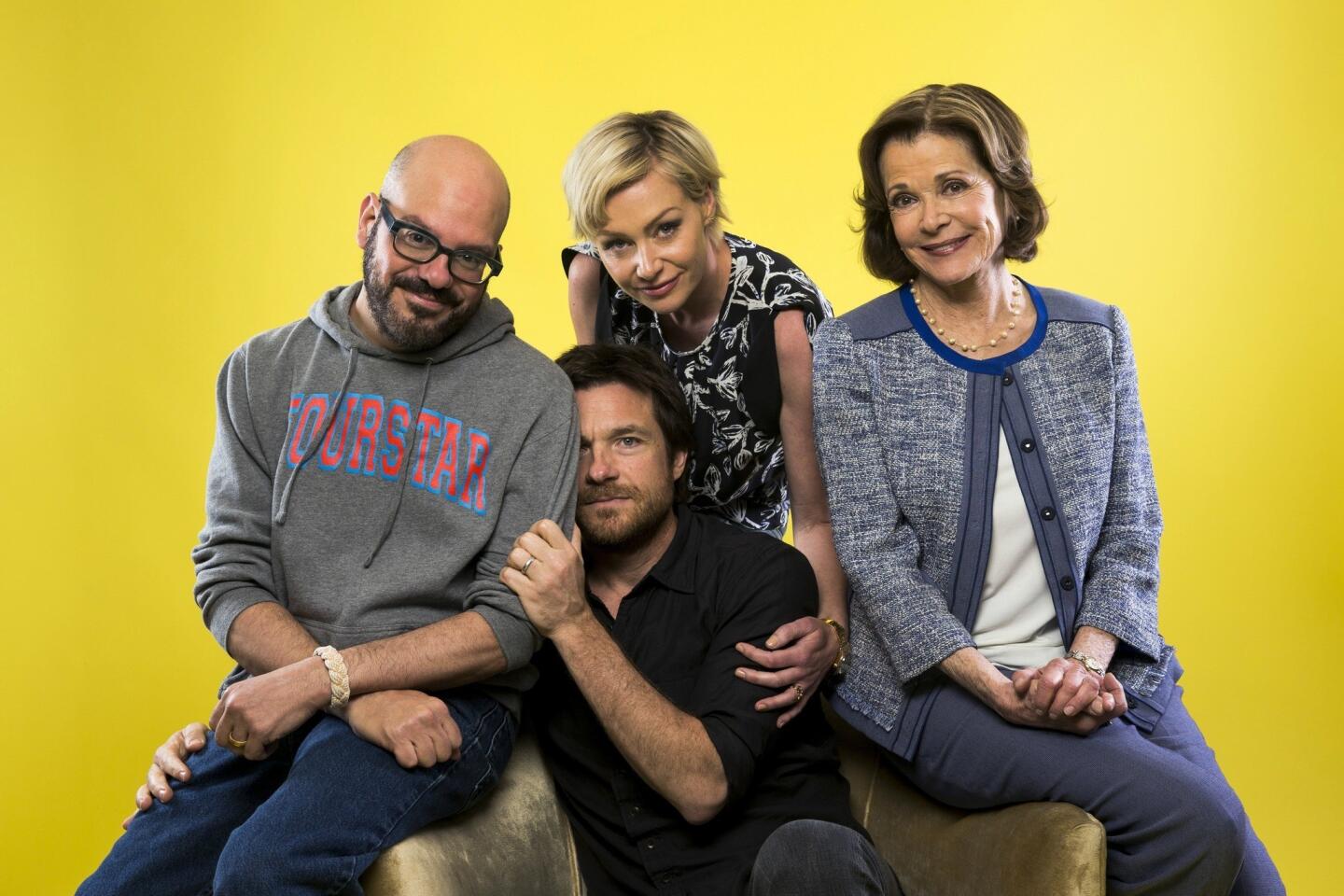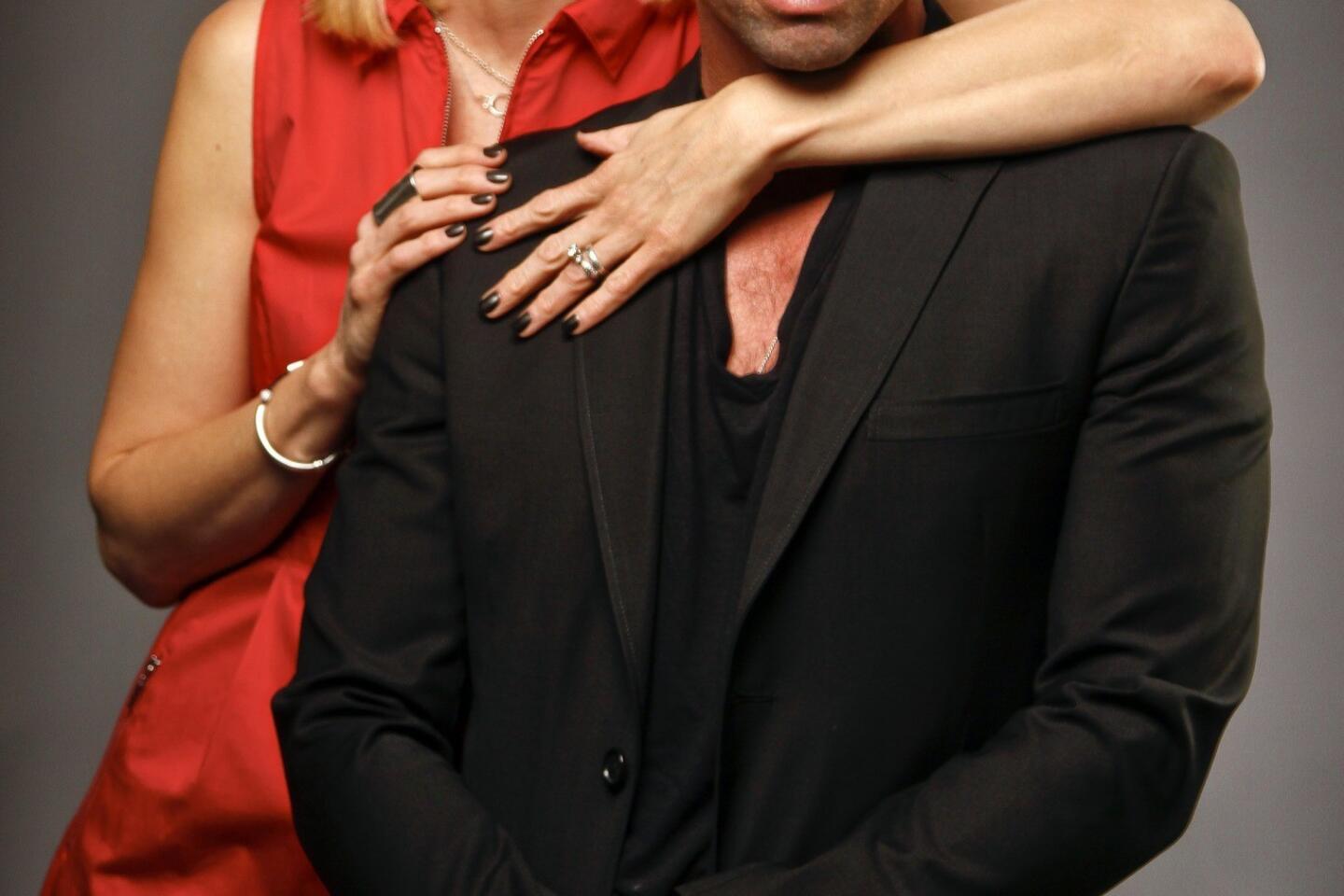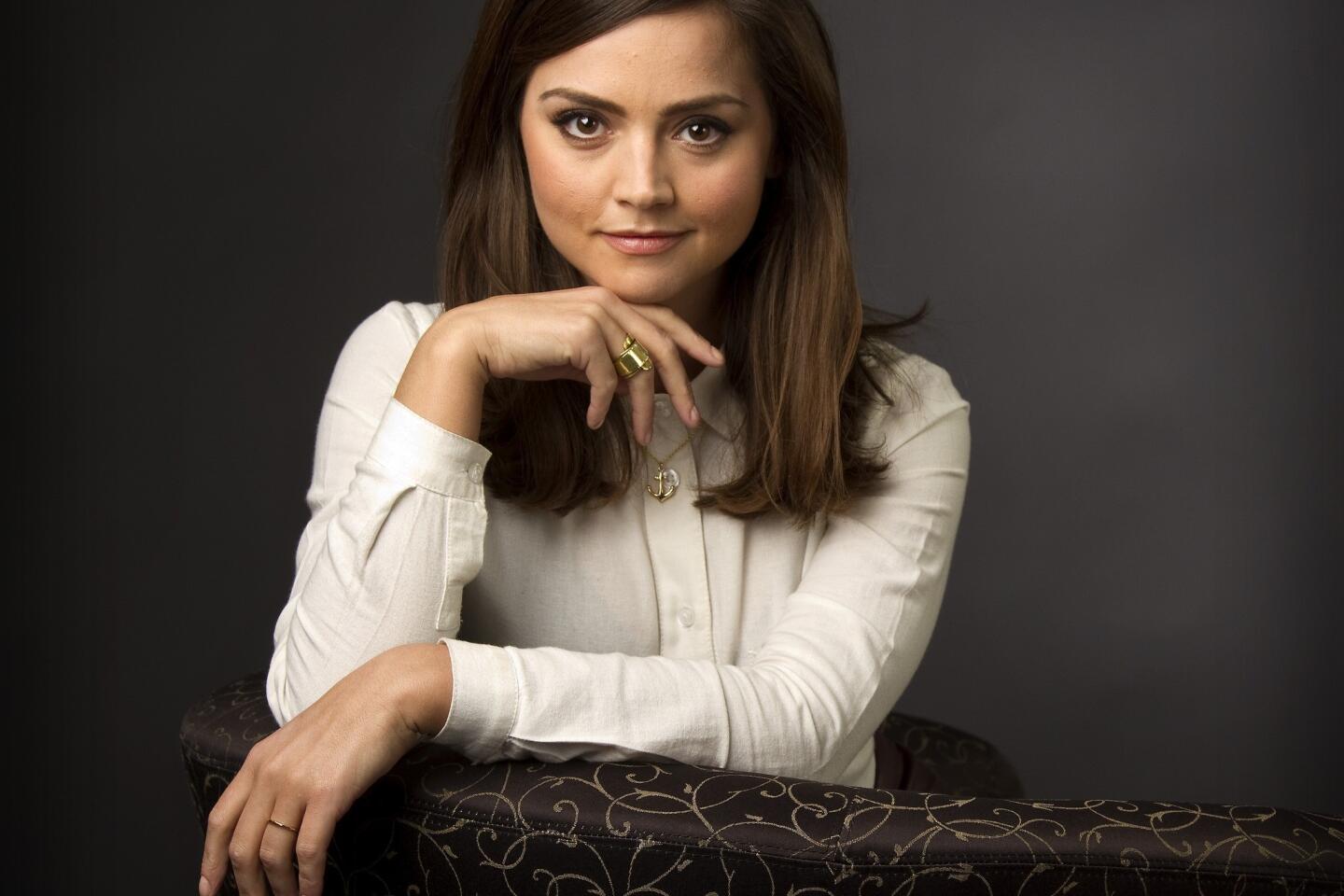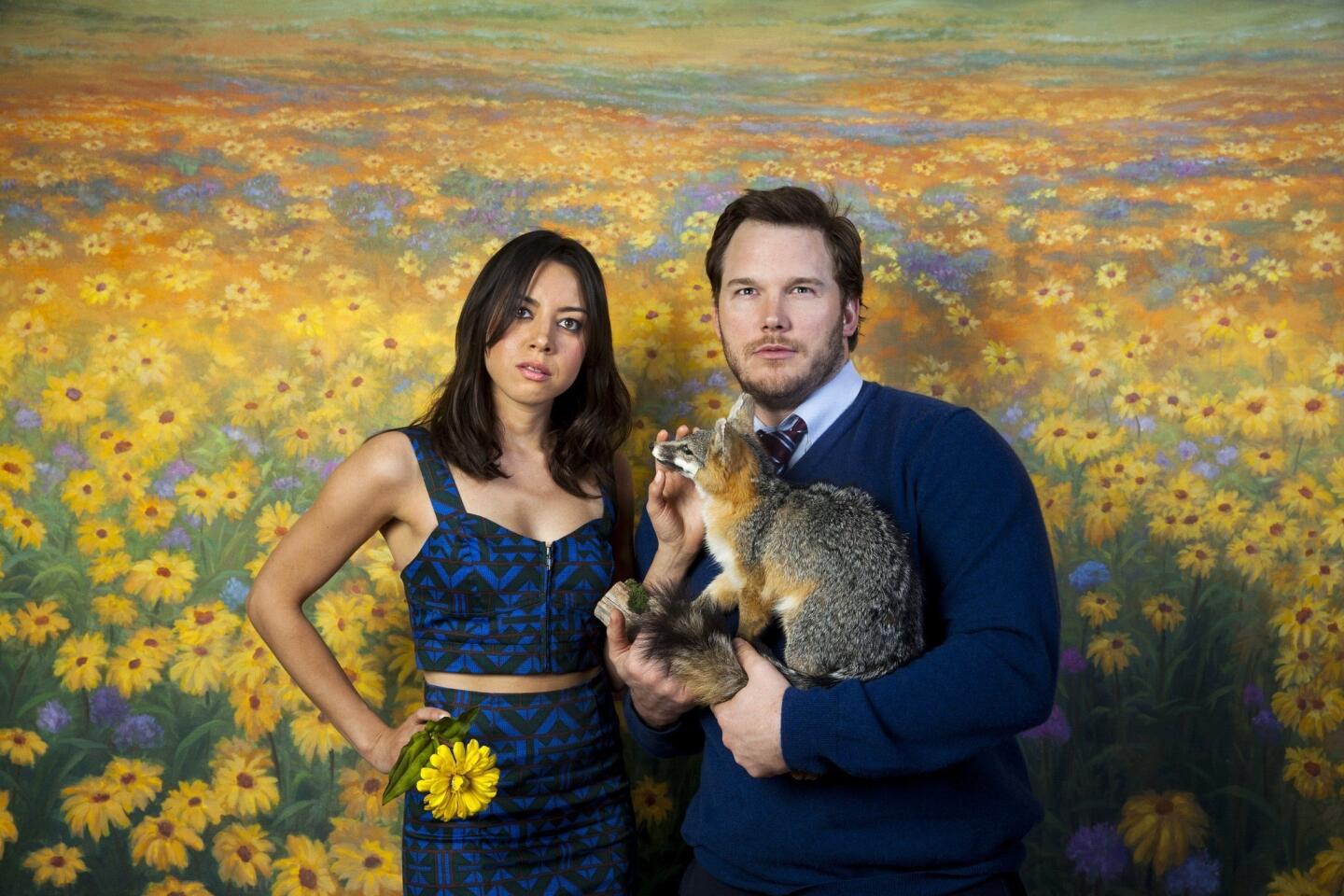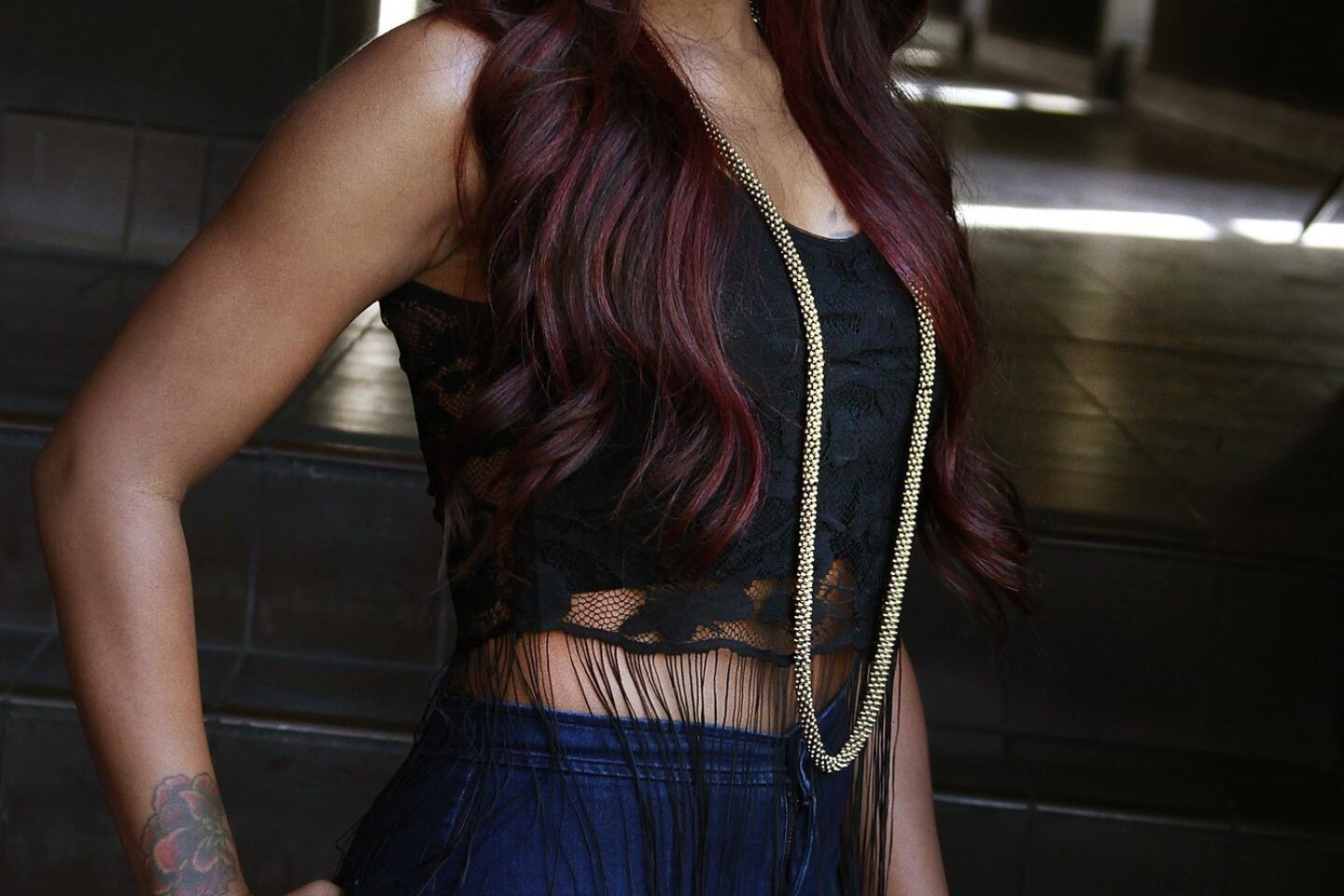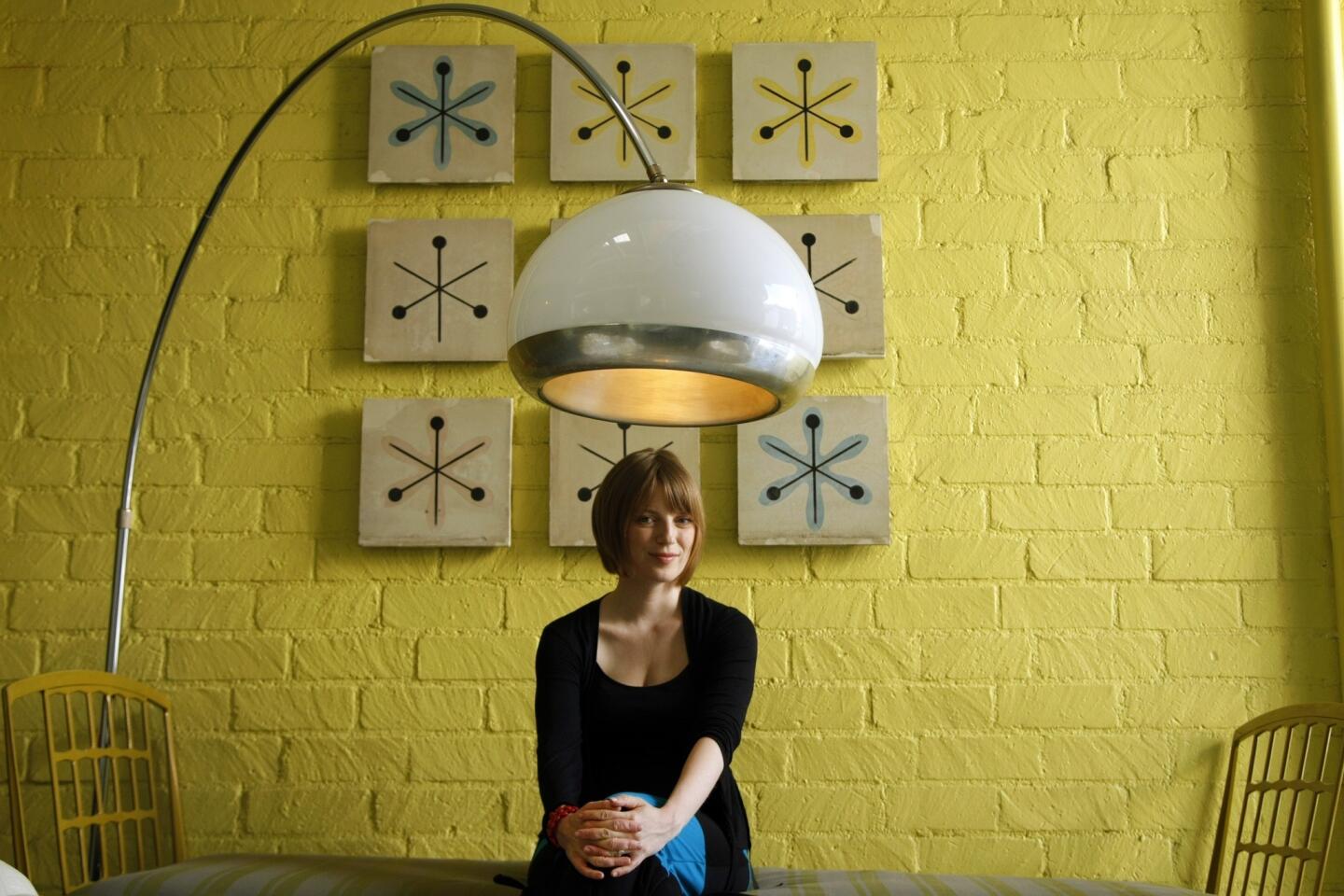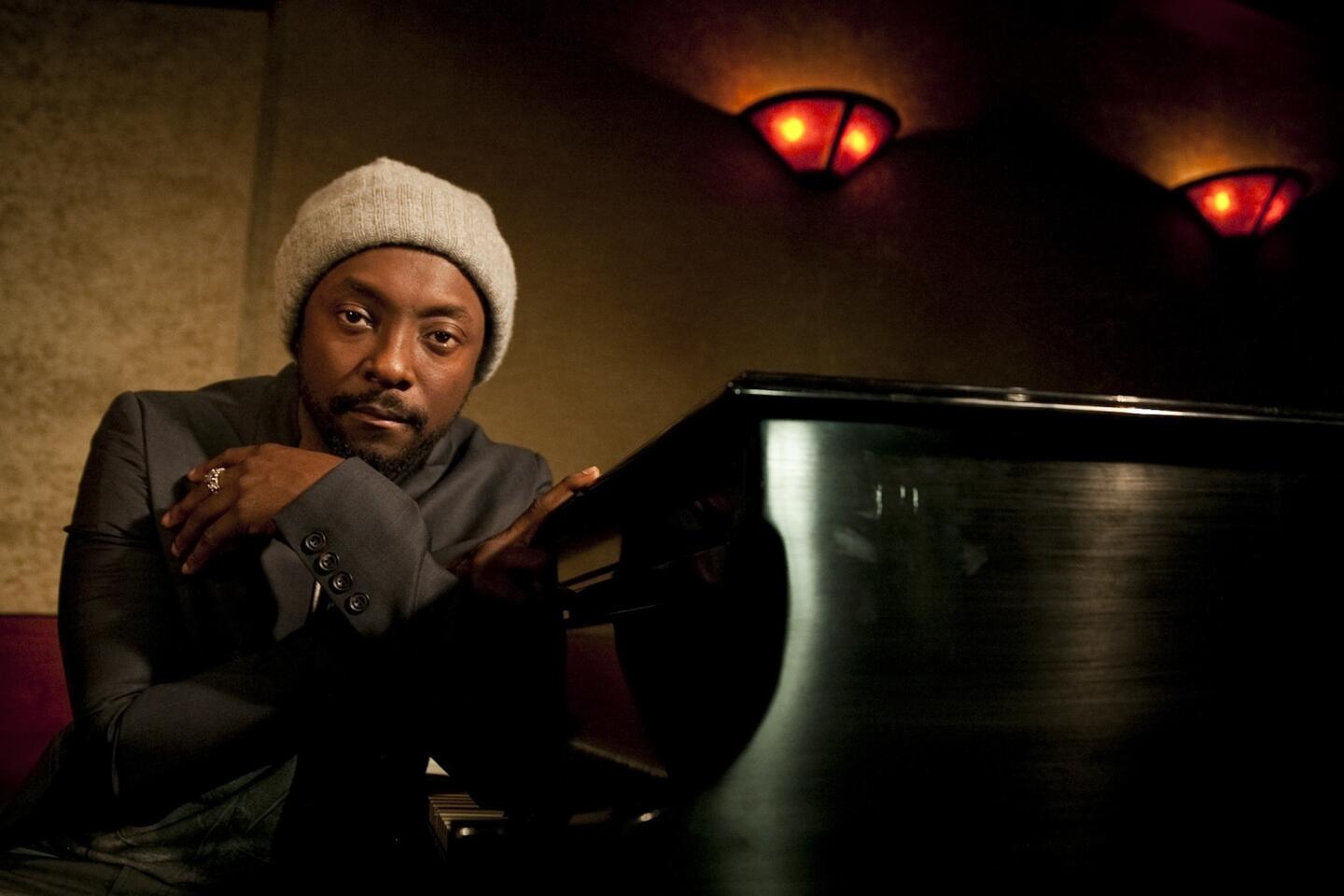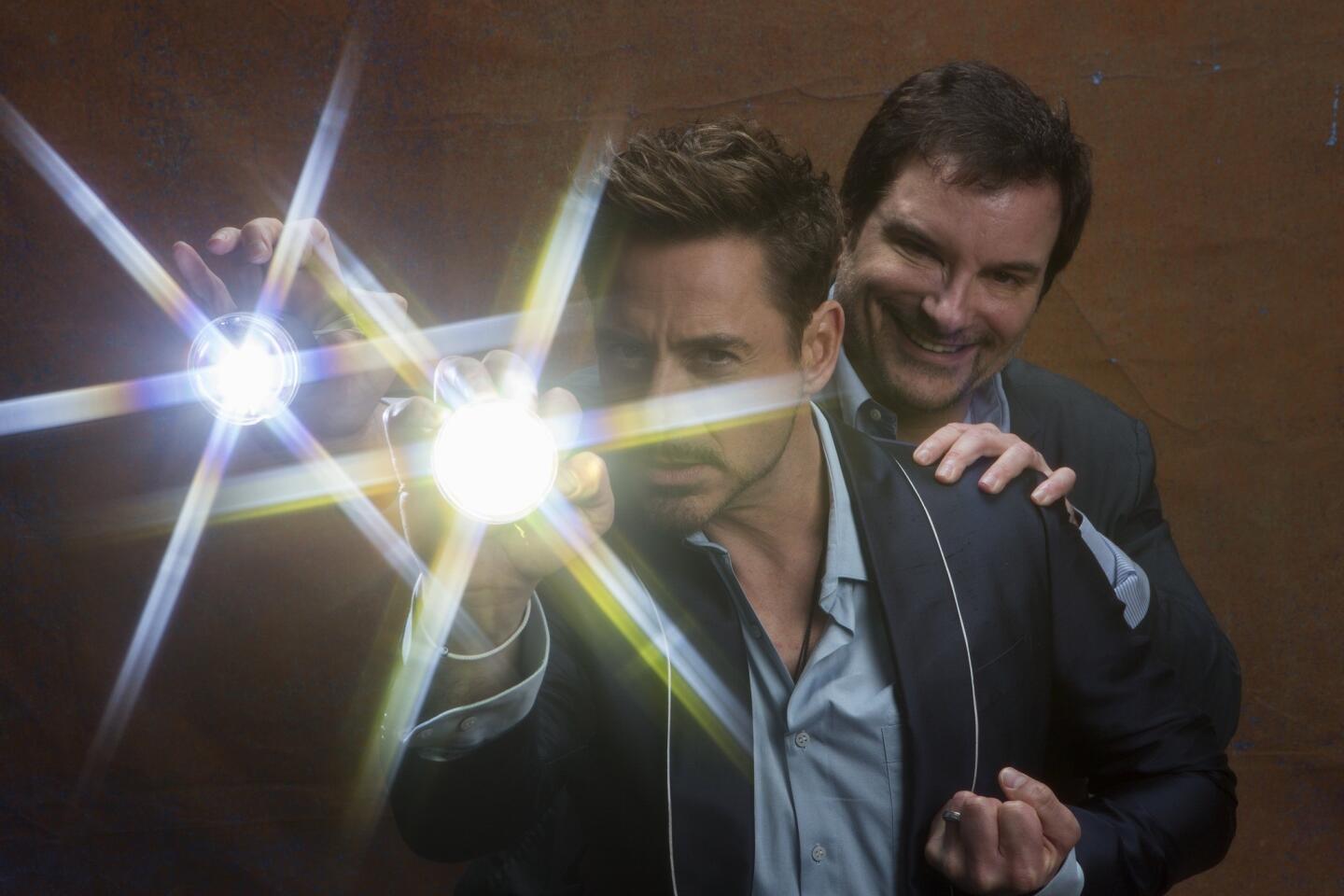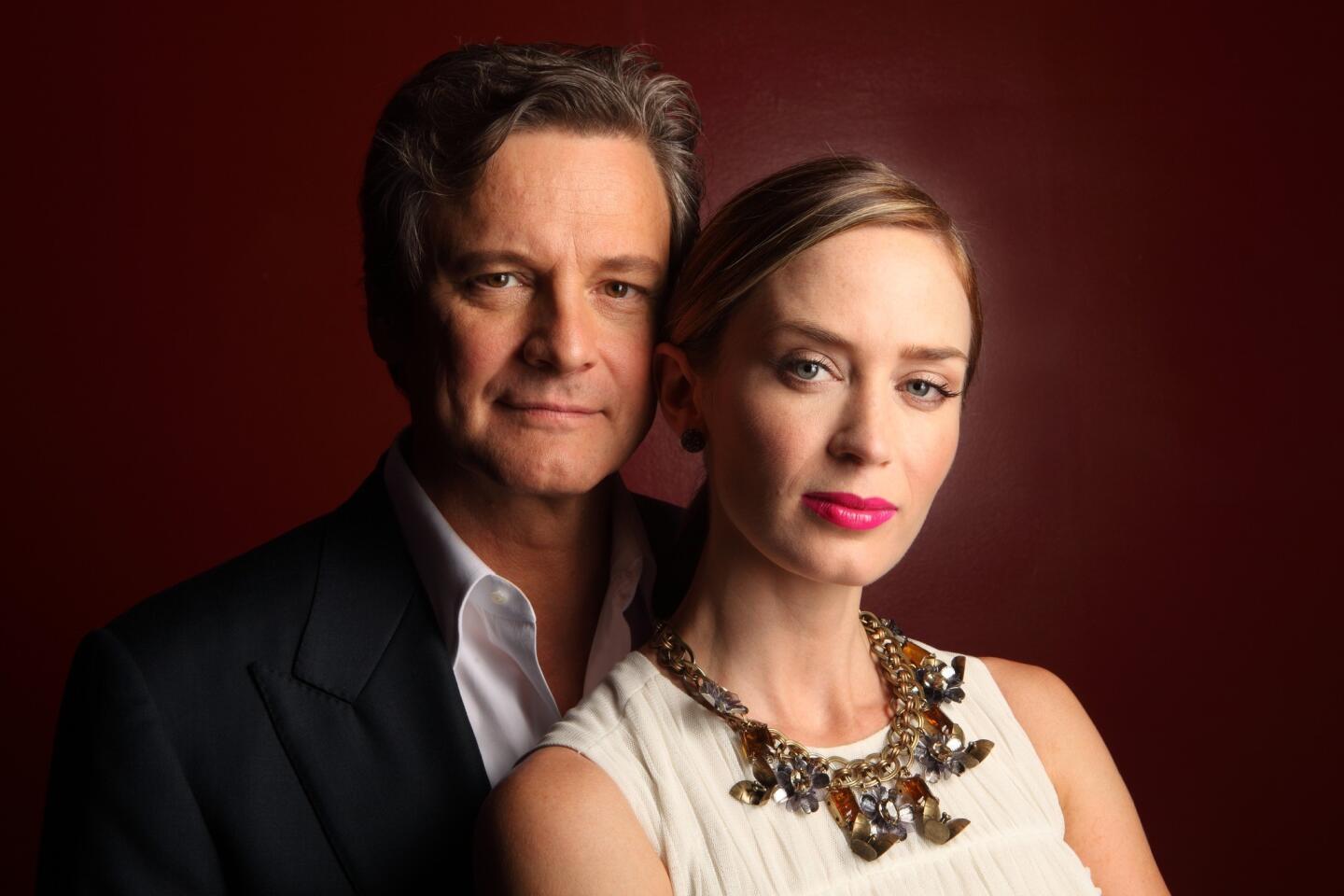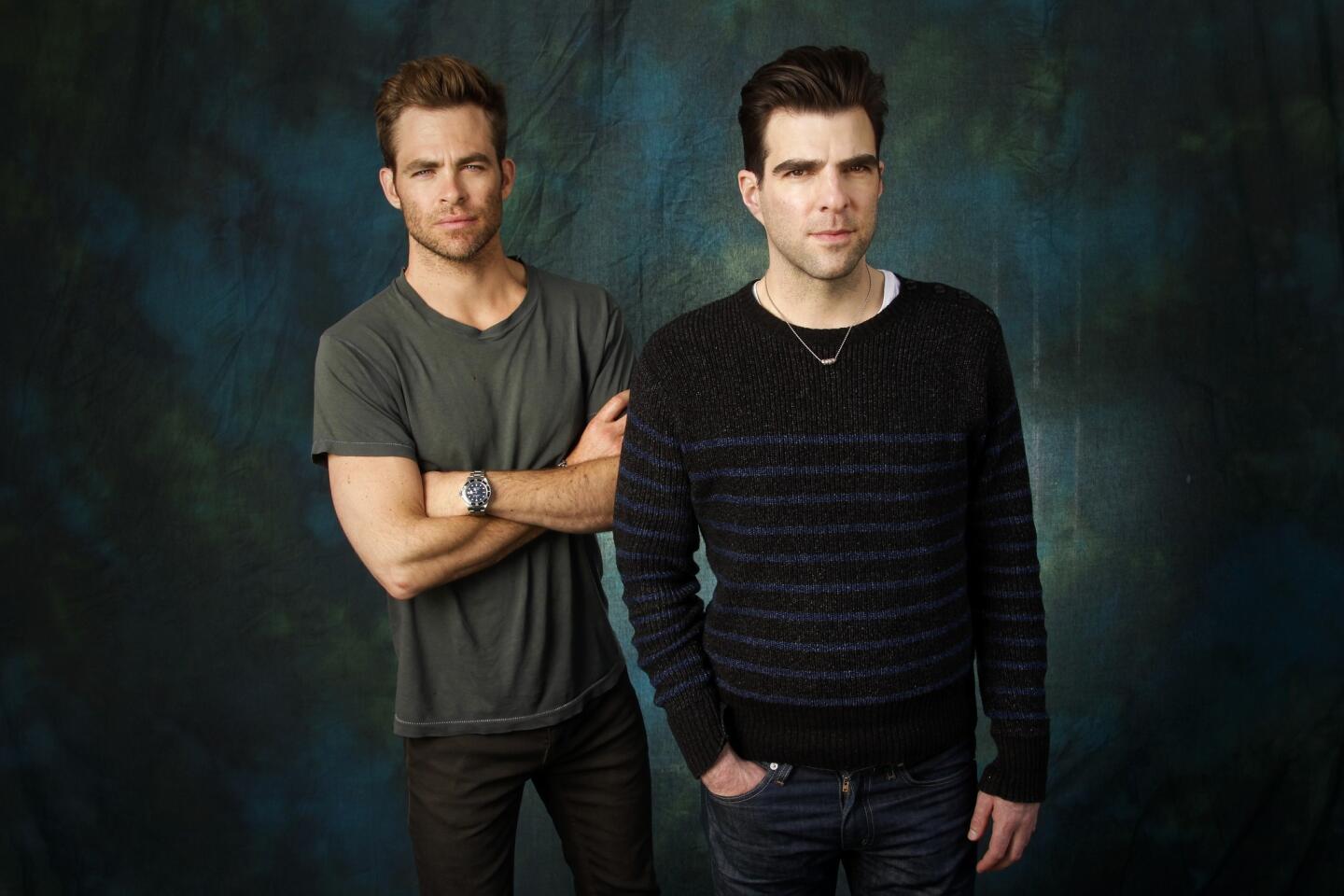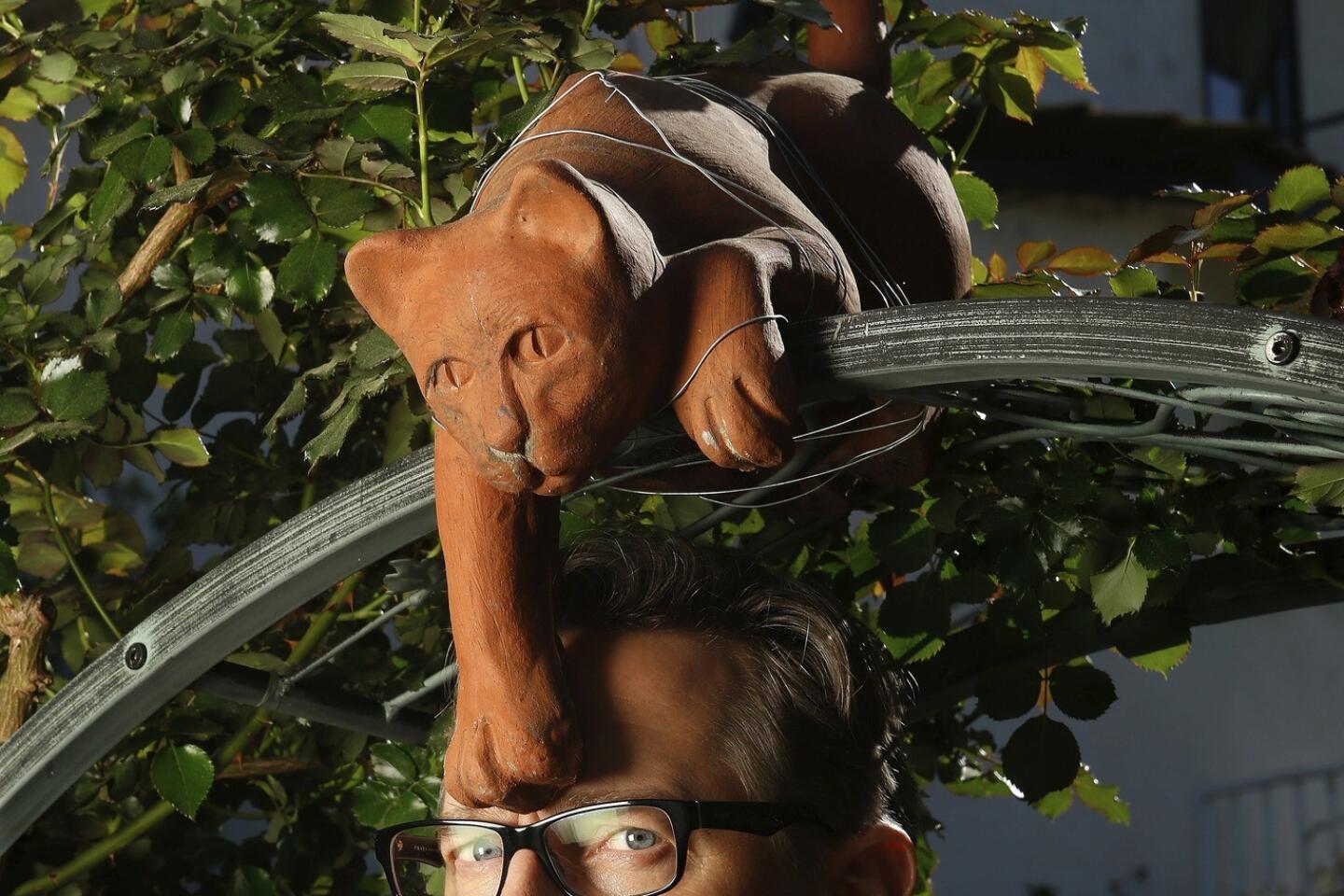‘Weeds’ creator Jenji Kohan lobbies for ‘Orange Is the New Black’
- Share via
There’s something to be said about being a walking billboard.
Jenji Kohan, best known for being the creator of Showtime’s “Weeds,” fully embraces the task. Her nails — hands and toes — are coated in an orange hue. Her short hair is dizzied up with orange streaks.
“I don’t know how this Netflix promotion works,” Kohan joked. “I’m just trying to spread the word anyway I can.”
PHOTOS: Hollywood Backlot moments
The 43-year-old writer-producer is at the helm of Netflix’s latest commission to roll out this year: “Orange Is the New Black.” The 13-episode series, based on Piper Kerman’s memoir, hits the Internet July 11.
The drama stars Taylor Schilling (“The Lucky One”) as engaged Brooklynite Piper Chapman, whose life gets thrown a curveball when she must serve time in a federal women’s prison for a past deed of running drug money. Jason Biggs (“American Pie”) plays her well-to-do, long-suffering fiancé.
We spoke to Kohan this week in Santa Monica during a junket for the show. Here’s what she had to say about getting the post-”Arrested Development” rollout, letting go of traditional episodic habits, and her longing for more sex on TV.
Does it feel like it’s almost time now? We’re getting closer to the launch date.
Oh my God, it’s felt like it’s “almost time” forever. It’s like the end of a pregnancy. It’s like, “Come on already! I want it out of me! I want it out!”
You had time to see Netflix roll out its other series earlier this year (“House of Cards,” “Hemlock Grove,” “Arrested Development”). Have you been analyzing the whole process and nagged Netflix about what you wanted to do differently with “Orange Is the New Black”?
I was a little worried about a summer release. I still don’t know. I mean, it’s dead. It’s a dead zone.
But that’s when people binge-watch the most, no? And when they try out new shows?
Hopefully.
It’s still weird to me. There was some talk initially about not releasing them all at once. There’s part of me that still loves that anticipation and longing. But there is something great about getting what you want, how you want it. How often in life do you get that? So give the people what they want, I guess. The thing is, we spent a year making this thing and then someone watches it in a night and is like “Gimme more!” It’s like, “Ugh!”
Right. And it must make for a precarious situation, promotion-wise. So much goes for the pre-launch, then it gets murky in how you promote it once it lands. You don’t really know who to spotlight or what areas to discuss more fully because people watch at different times.
Definitely. I don’t know how it all works yet. I keep my head down and make the shows. I can’t control everything — as much as I want to. It’s been a lesson in just watching how things fall where they fall.
PHOTOS: Celebrities by The Times
Is this coming from a person long tired of the network process? What sort of sparked your interest in collaborating with Netflix?
It was a dream. They pay full budget. They’re nice. They’re smart. They’re supportive. They’re enthusiastic. They openly say, ‘We’re not quite sure what we’re doing. You seem to know; we trust you.” I pitched the show and they bought 13 in the room. It’s a dream. Beyond that, honestly, it’s the future. I love being first. I love being on a new frontier. It’s how my kids watch TV. There was a moment when I was on “Weeds,” one of my baby writers got a new house and I bought him a TV as a housewarming gift — he didn’t get cable and he didn’t get a dish. He hooked up his computer. I was like, “Whoa! This is it.”
I read the book. I lobbied for the book. I got the book. I was finishing up “Weeds” and it was all happening really fast. I was launching this at the same time. I had two writers rooms. One upstairs, one downstairs. And I was running up and down. It’s like your grandfather dies while you’re giving birth, you know? I couldn’t really process the loss, which is good, because it was very emotional and I was all of a sudden, right into this. I believe in this and I love it. And I’m not good when I’m not working, so it was good. Although, I’d like to test that because I could use some time off.
How did you come across the book and why did you think it would work in a TV format?One of my best friends sent it to me. She knew Piper socially. She read it and thought I would love it. And I did. I immediately thought it was a TV show. It gives you the perfect setup. You can say, ‘Oh, I want to tell stories about Latina women and black women in prison” — it’s a hard sell. But here you have this pretty white girl walking you in and she’s your gateway, so then you can tell all your stories because people are in. You have this entree of a girl who is a fish out of water and you start looking around. I immediately knew I wanted it. I asked Lionsgate to get the rights. Piper was meeting with a bunch of people. She came in and I knew I had to sell myself, but I was so curious about the stories that I spent the entire time peppering her with questions. In a way, I think it worked to my benefit. My enthusiasm for it was hard to ignore. I’m really grateful she entrusted me with it. It’s scary. I don’t want to [screw] it up, I don’t want to exploit her — it’s hers, but it’s also mine.
ON LOCATION: Where the cameras roll
You spent so many seasons crafting an antihero on “Weeds” — was it refreshing to take on someone like Piper? How challenging was it?
It was challenging a little because it’s based on a real person. Very quickly Piper Chapman became a very different person from Piper Kerman — their stories are very different. The book is a launching pad. I’m learning about her too as it goes. I don’t set out to write an antihero. I get interested in the predicament and as the show progresses, I learn more about them.
Is the way you tell the story affected because you know people may be watching more than one at a time? Or do old habits die hard?
It didn’t so much this first season. If there’s a second, I’d like like to step back and maybe look at that a little more closely. I was just so invested in trying to craft these episodes and maintain the arc in this season that I wasn’t paying quite enough attention to the possibilities of binge-watching and shooting out of order or planting seeds. It’s something I’d like to look into more about how endings relate to beginnings of new episodes. I still think episodically — I haven’t quite figured out how to take advantage of the medium yet.
PHOTOS: Cable versus broadcast ratings
There was this piece recently on the New Yorker’s website talking about theme music in a binge-watching era, and how it can become a nuisance that you fast-forward through. You’re someone who loves theme music and you commissioned Regina Spekter to write a pretty lengthy opener for this show.
I’m a crazy fan of Regina’s. I think she is a genius. I was listening to her albums while I was writing, and she had done some stuff for “Weeds.” I think it sets the tone for every episode. Are people going to skip eventually? Probably. But I don’t. I sing it all day.
Flashbacks are a major component to the show. Was that a tough dance to master?
It was important to me. When you’re writing these things, it’s your life. I didn’t want to spend my entire life in prison. I just thought I would crawl home on my knees every night. Part of it was built in, just to give us some blue skies, to give us life from the outside because I didn’t think I would survive the writing process without it. But what turned out to be even better is part of what the show became is these masks we wear and how we adapt to our environments. And you get such a fuller picture of these people when you can see them in another context. They become a much rounder human being. It gave me more to work with. It was important that this was an ensemble and not just a star vehicle. Yes, Taylor is the main character, but she’s more a gateway into all these stories.
And, hey, it’s a producer’s dream, because if you get tired of someone or someone’s misbehaving, they go to shoot, they get out, they get furloughed — it happens. It maintains some peace on set. It’s very nice.
BUZZMETER: Emmy 2013 pundit’s picks
Yikes! Don’t mess with Jenji! Speaking of which, did you feel a little jilted that you had to come out after “Arrested Development,” considering all the hoopla that came with it?
You know, all ships rise. Netflix chose their order. We finished when we finished. They made their choices. I can’t get bogged down in it. I like “Arrested Development.” I like being first, but I’m not. I’m fourth. But I’m still in the first wave.
Do you expect this show to predominantly appeal to women, considering its a female-heavy ensemble?
I think there’s something for everyone. It doesn’t hurt that there are [breasts] or that some of the women are very attractive. Prison is a weird fetish for a lot of people — particularly, women’s prison. You can get a whole demo just with that. I don’t target an audience when I write.
Is there a lot more freedom with what you can get away with? I know you come from Showtime, which allowed for some pretty daring stuff. But I quickly realized this was not a show I could watch on my work computer.
It wasn’t more freedom than I had at Showtime, to be honest. Sometimes you’re limited by the actors. Some things we ask them to do makes them very vulnerable, so we have to pull back a little bit. I want more [sex]. I want more sex because I think sex is so many things. I don’t think there’s enough of it on TV, frankly. I want more sex. I want a lot more sex, so I’m pushing. But it’s a dance. Actors are fragile. I don’t feel I need to be PC or follow any sort of guidelines.
You go to great lengths to say this show is not like HBO’s “Oz.” And I think that’s becomes quite clear early on, especially with the use of humor.
Women’s prison is not “Oz.” I was talking to a warden about this. He said men’s prison, it’s every man for himself; in women’s prison, it’s much more communal. As far as humor, that’s how people cope — even in the darkest situations. I find that when there’s an hour-long drama and I haven’t laughed at all, it’s a lie. There’s nowhere in life that humor doesn’t work its way in. It’s natural. I want it to be naturalistic. I like to juxtapose humor against drama. I think it reflects reality.
ALSO:
‘Orange Is the New Black’ debuts in July
‘Arrested Development’: Too much of a good thing?
Netflix’s Sarandos scoffs at stock drop on ‘Arrested’ reviews
More to Read
The complete guide to home viewing
Get Screen Gab for everything about the TV shows and streaming movies everyone’s talking about.
You may occasionally receive promotional content from the Los Angeles Times.
